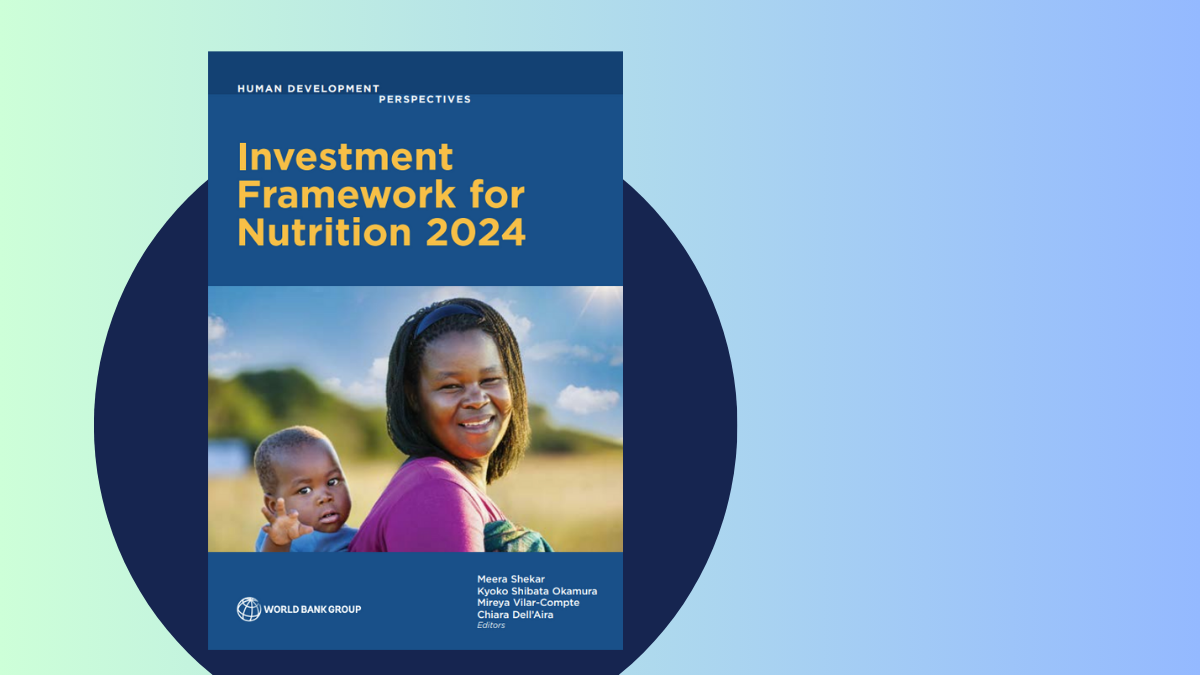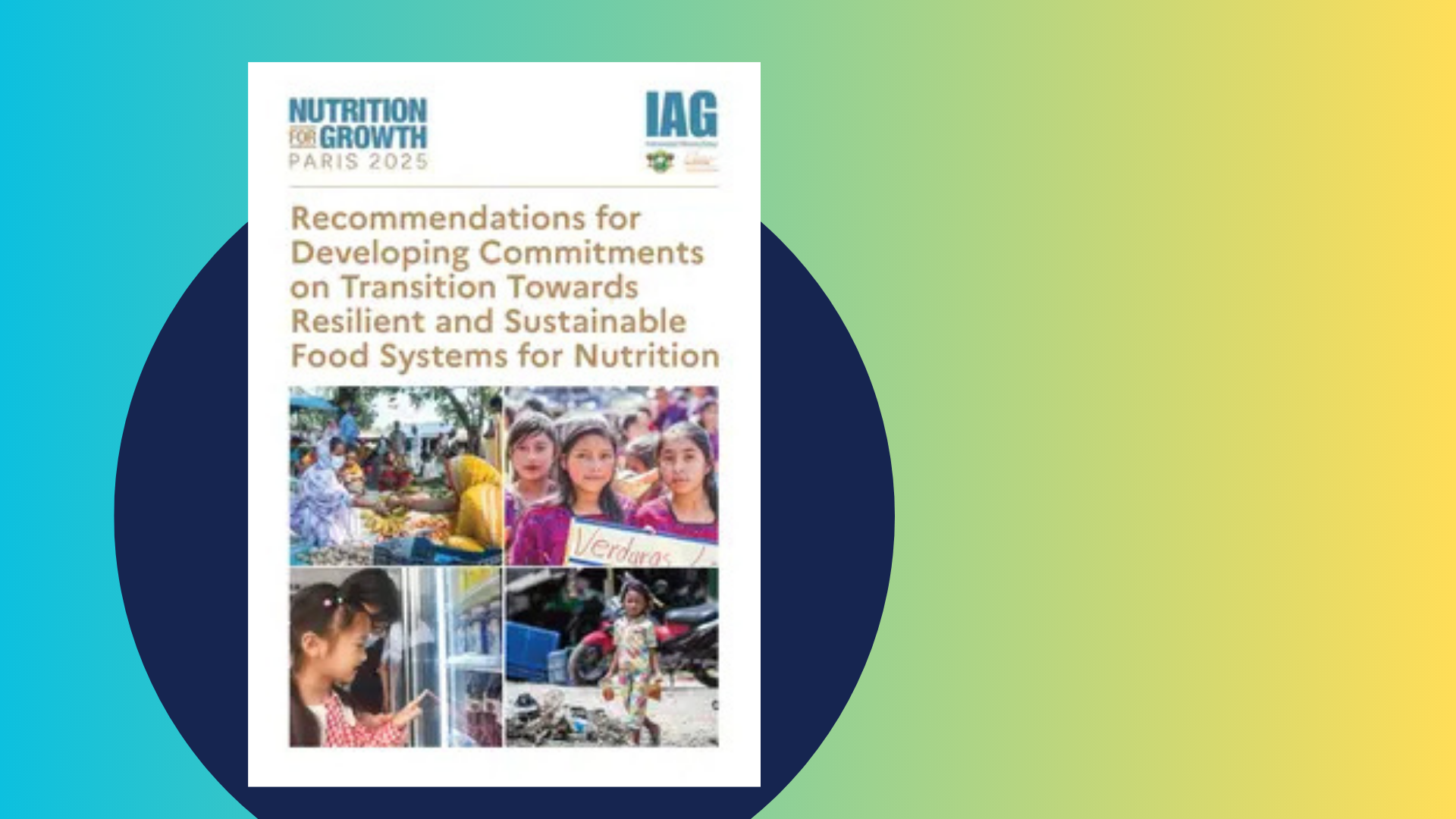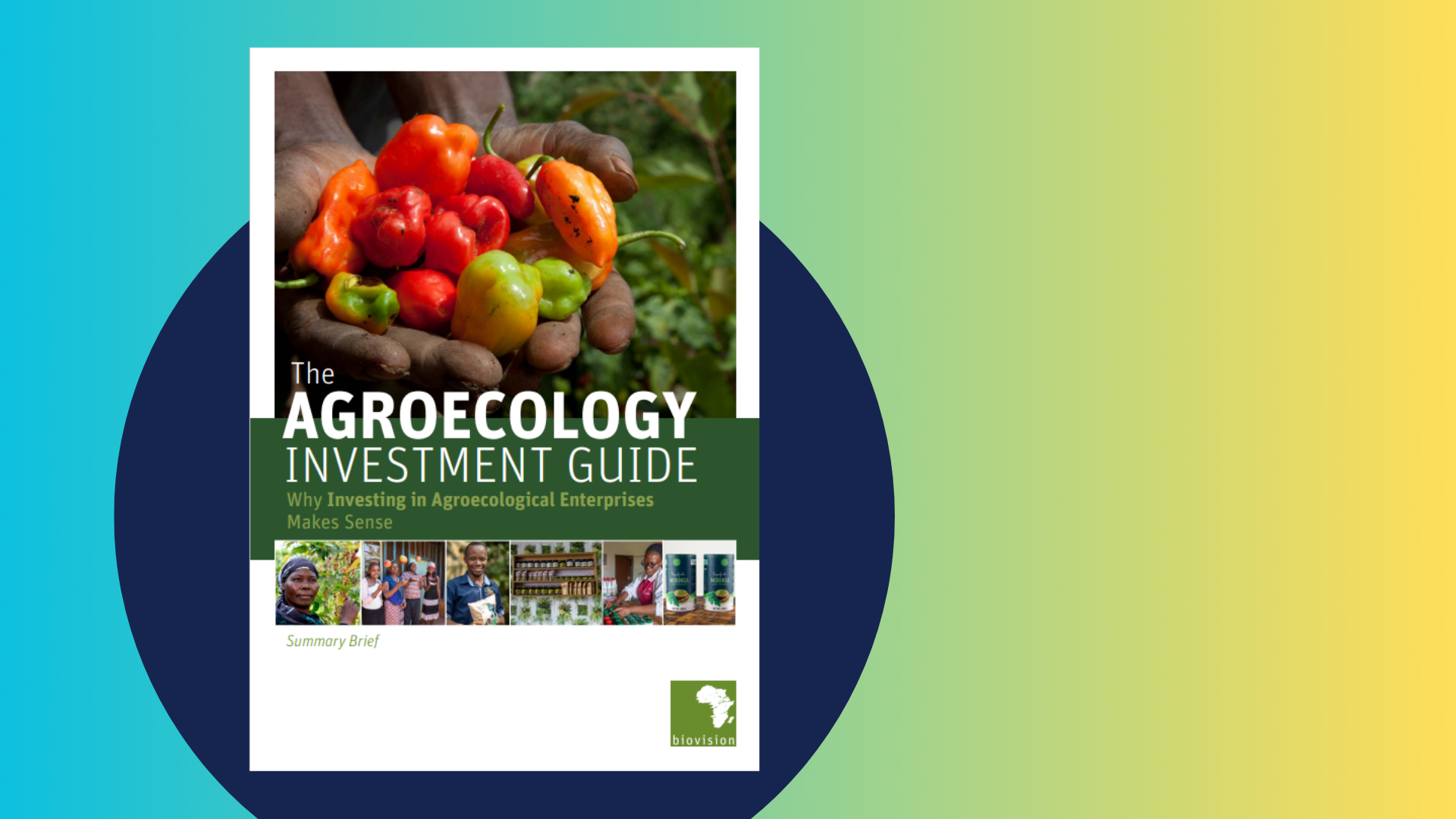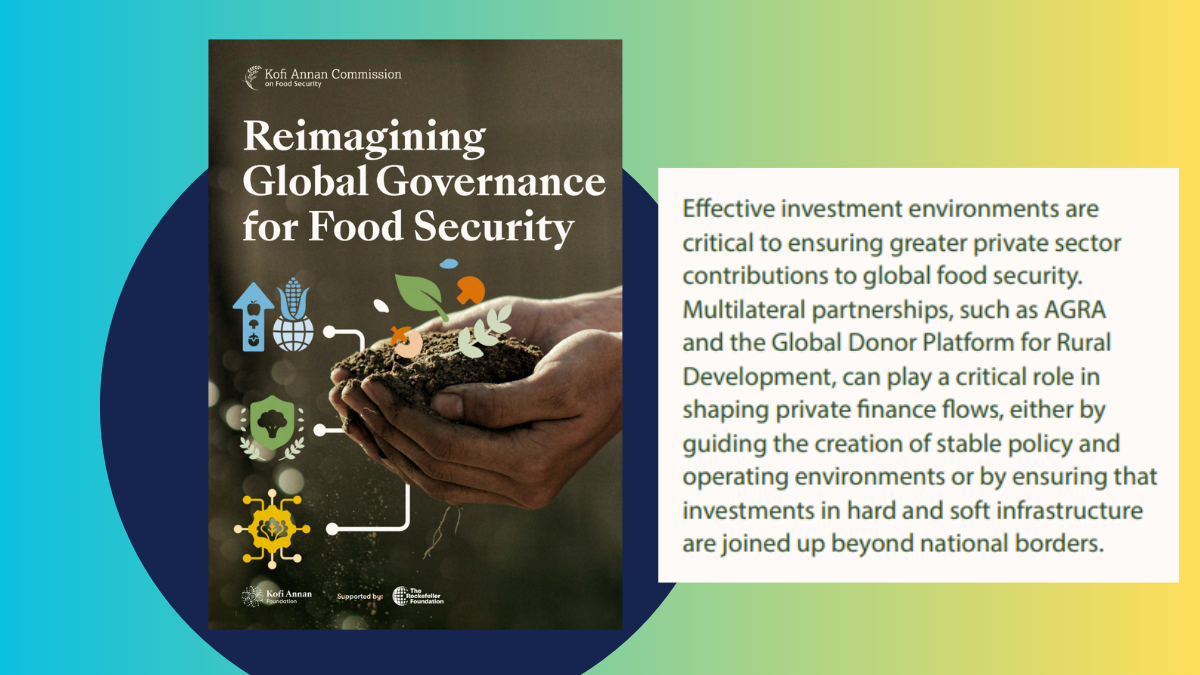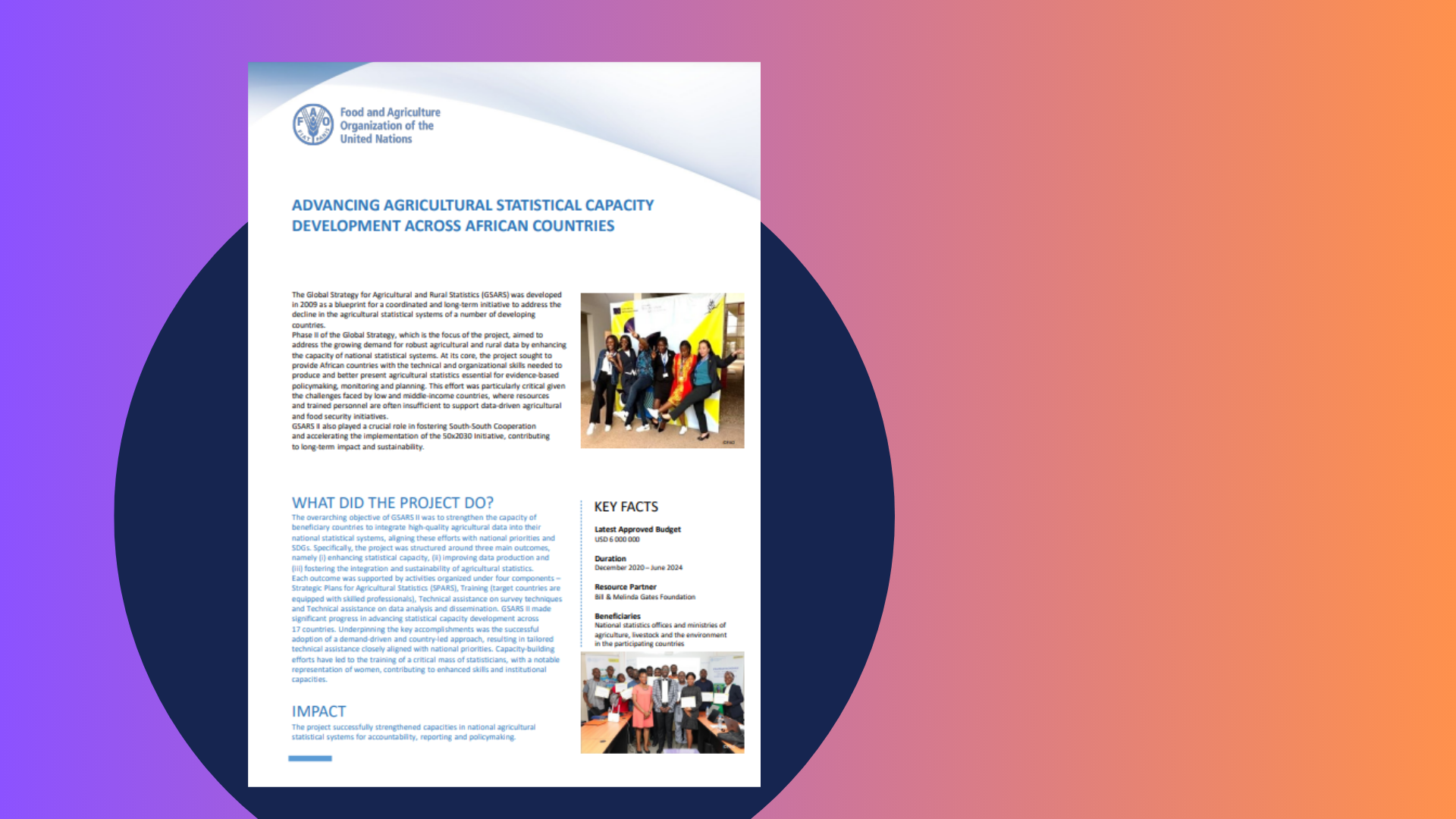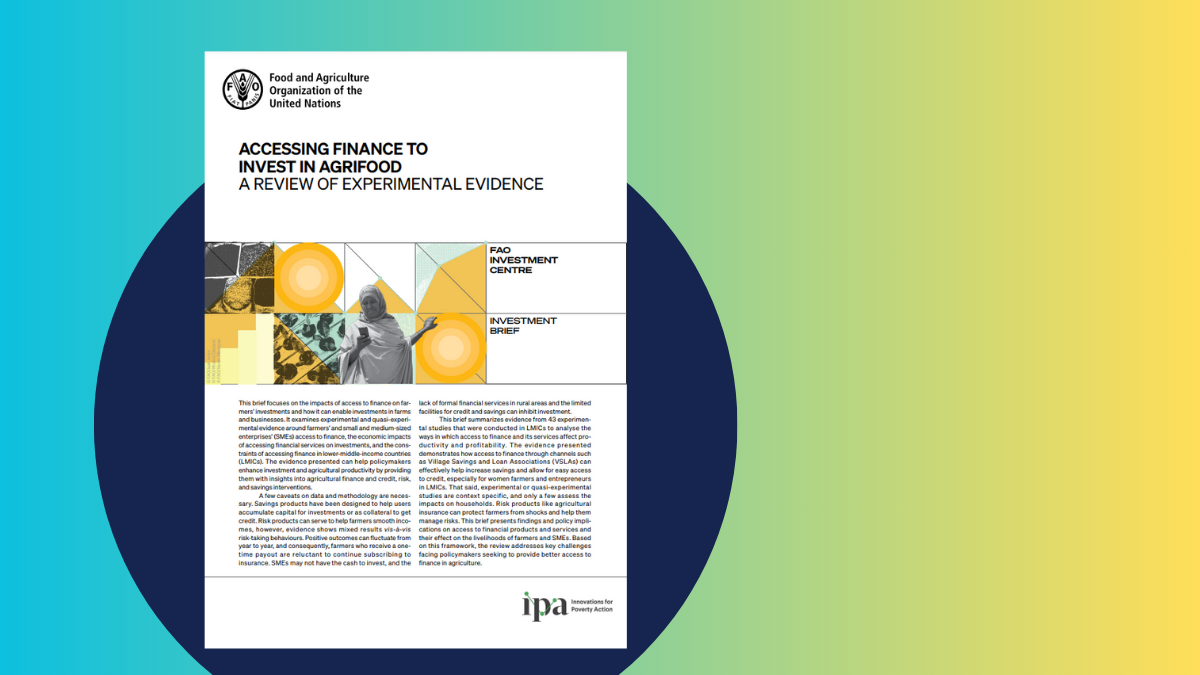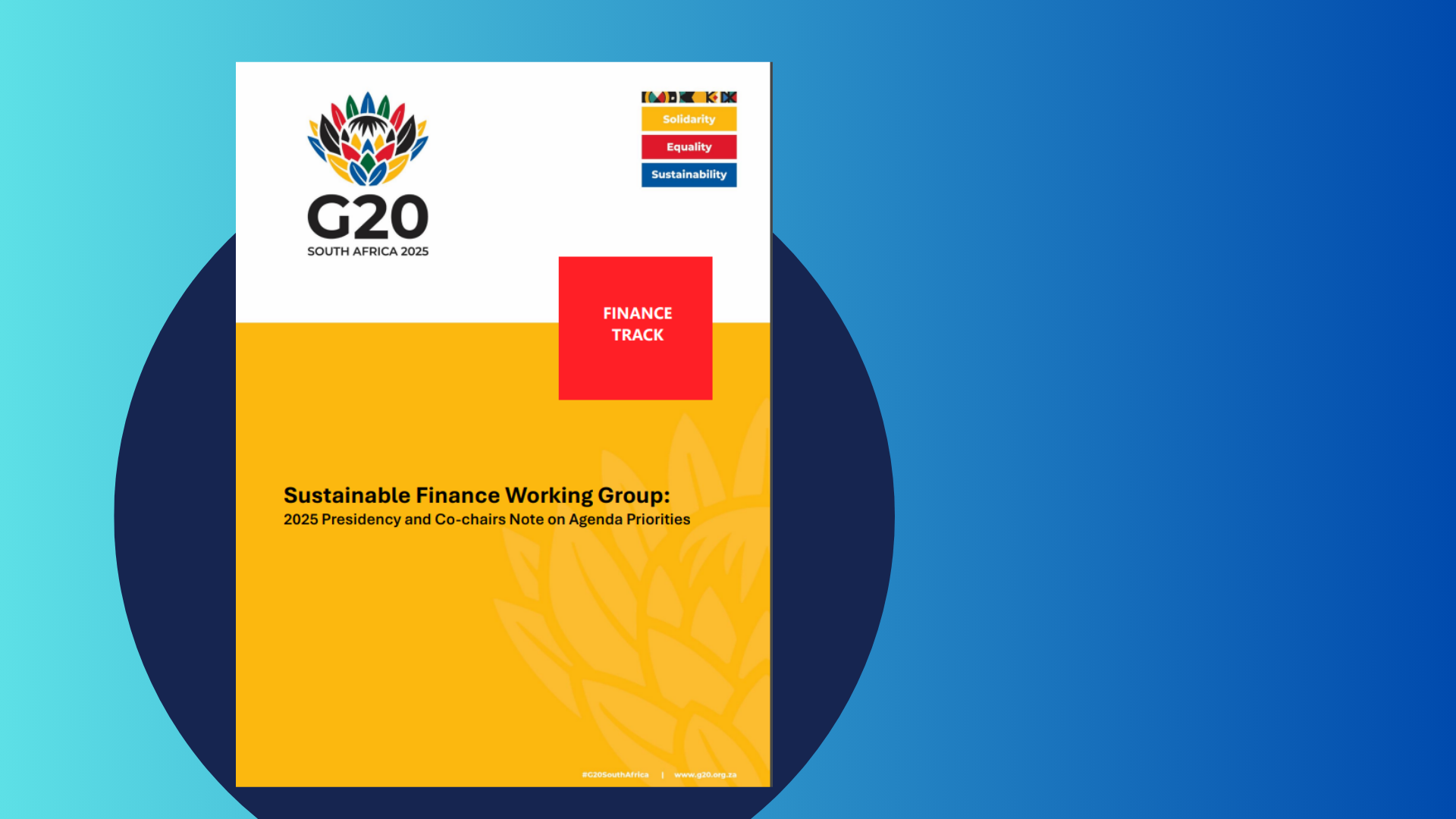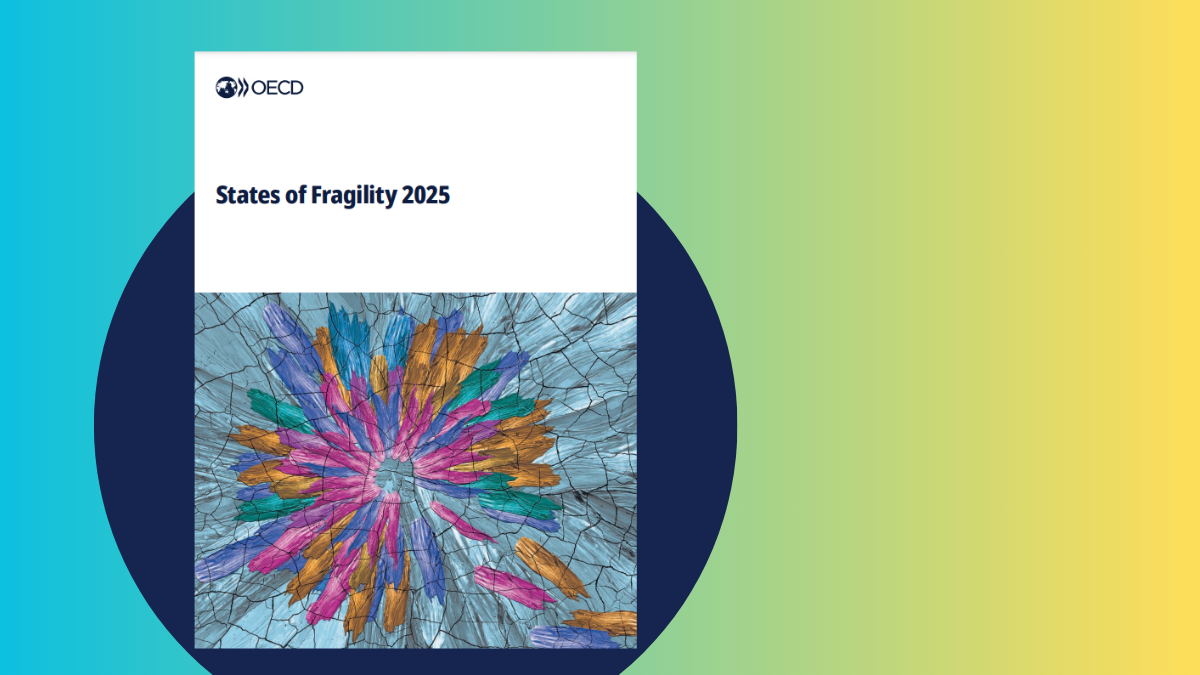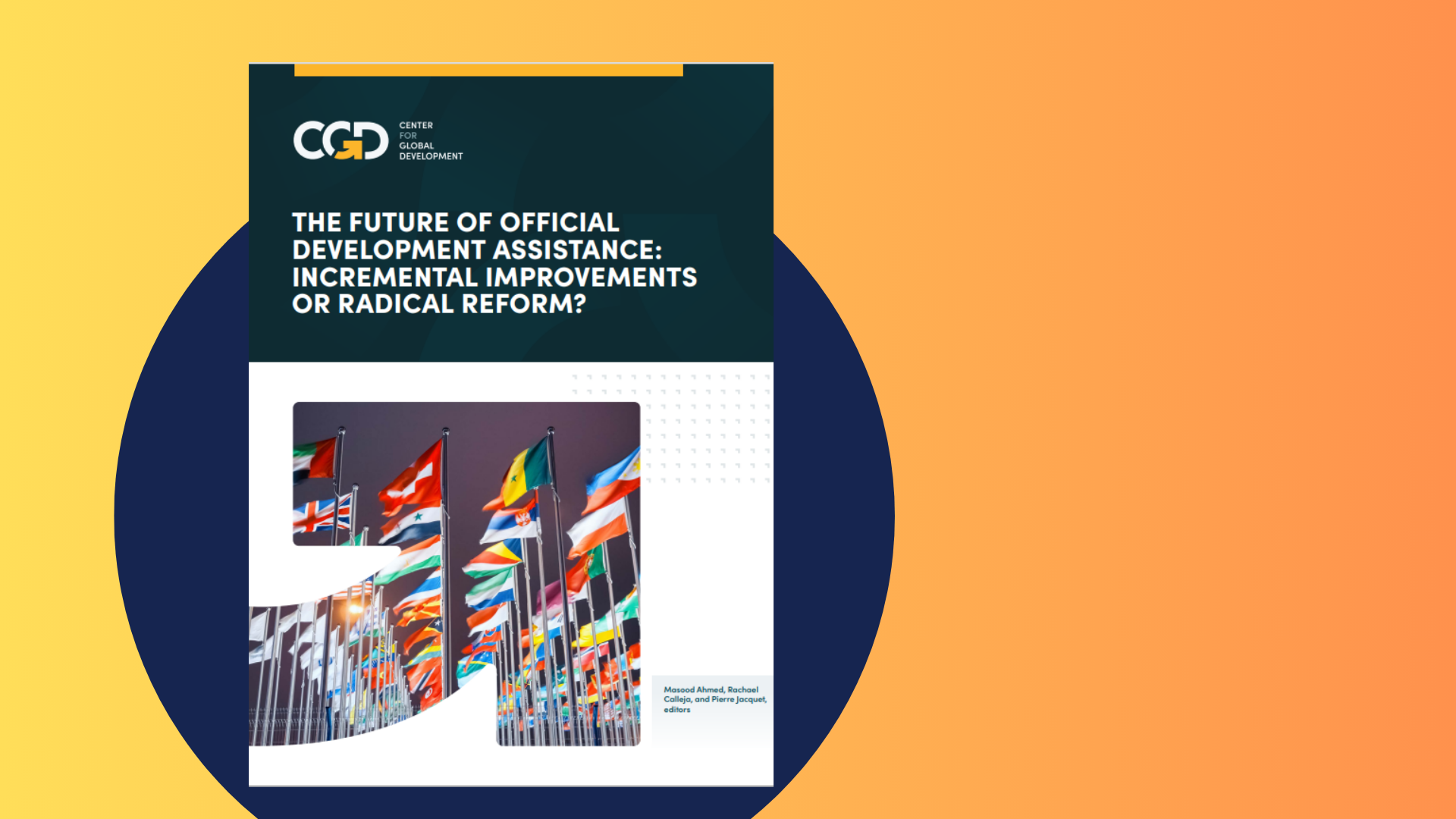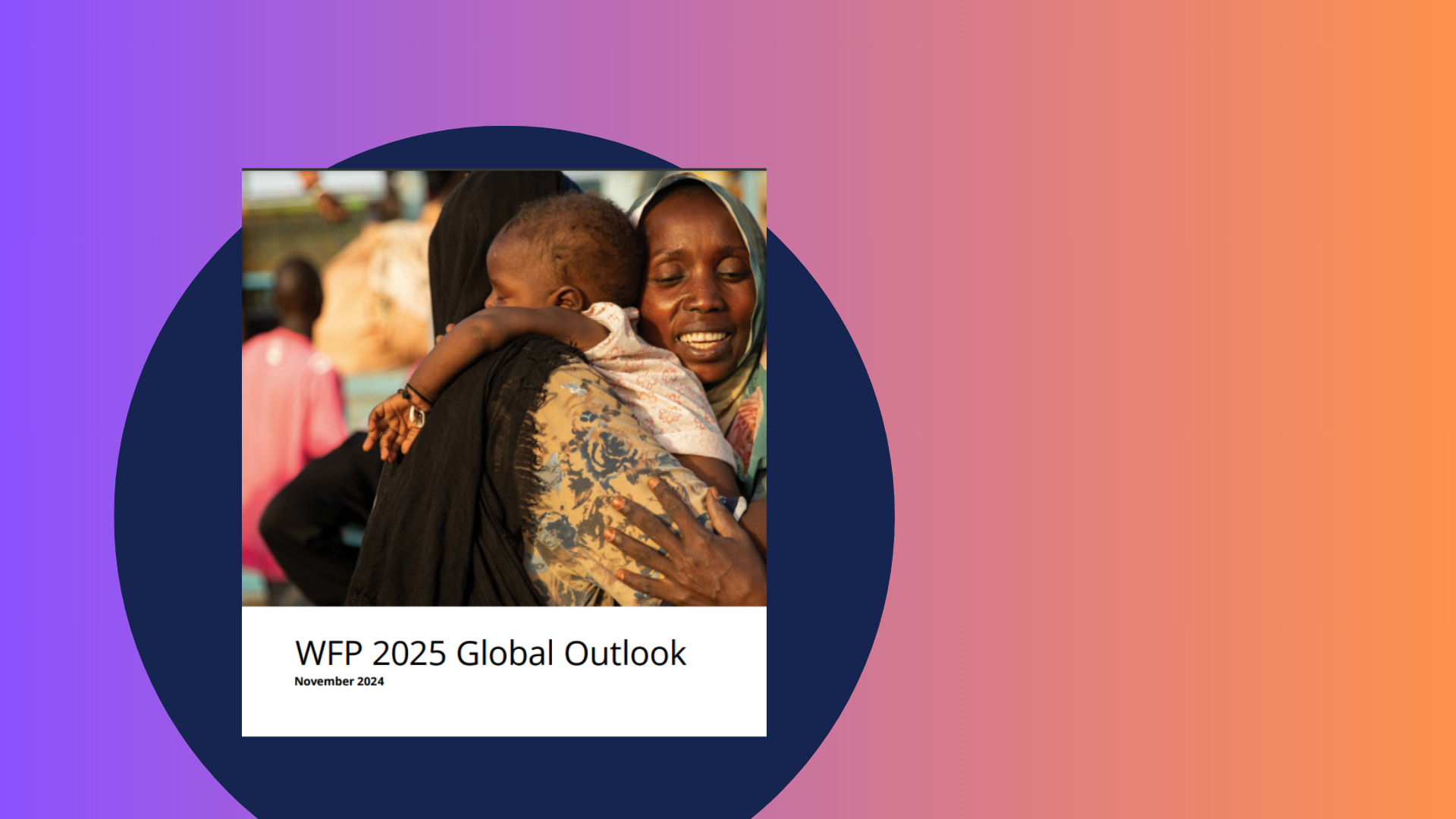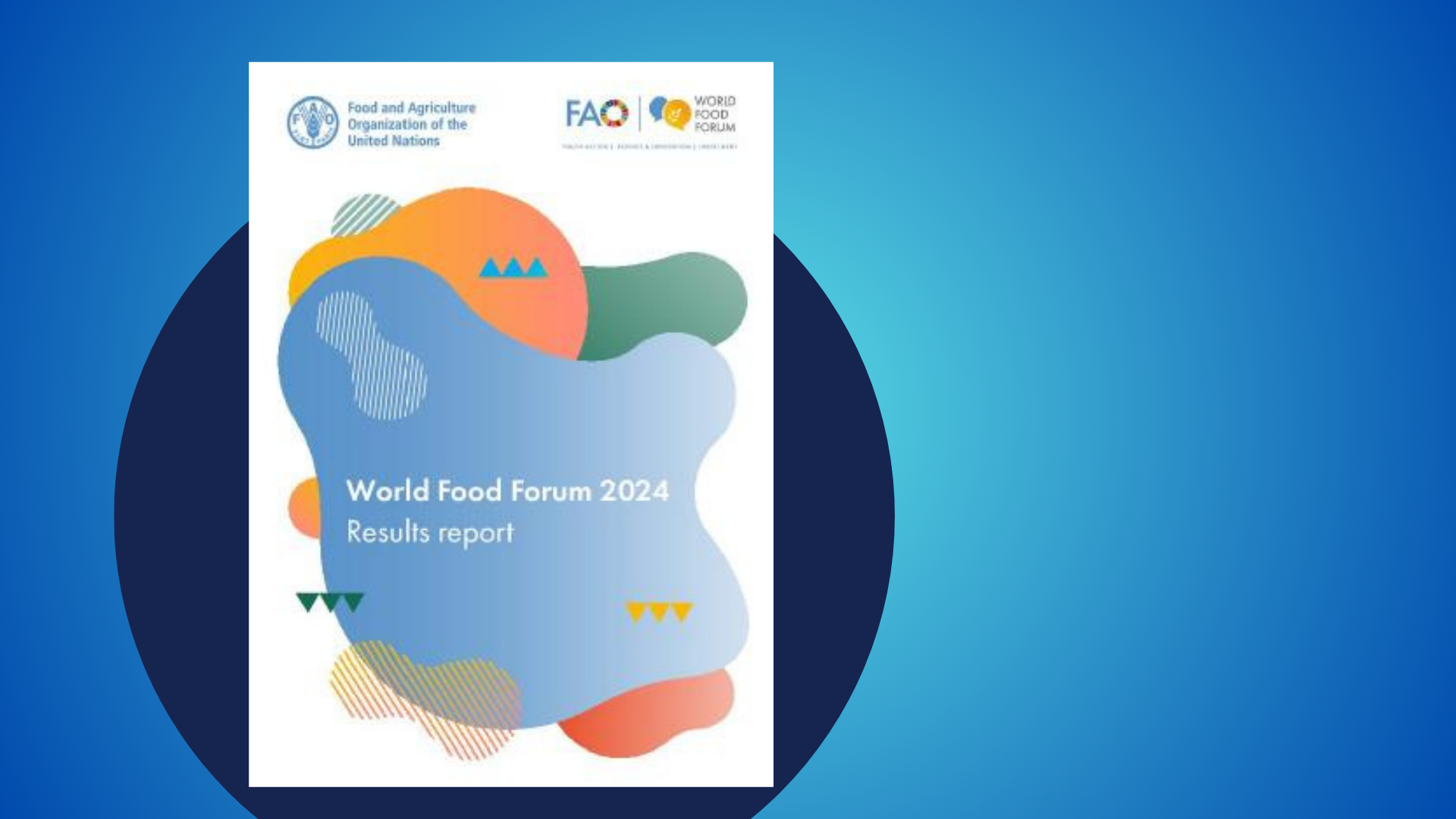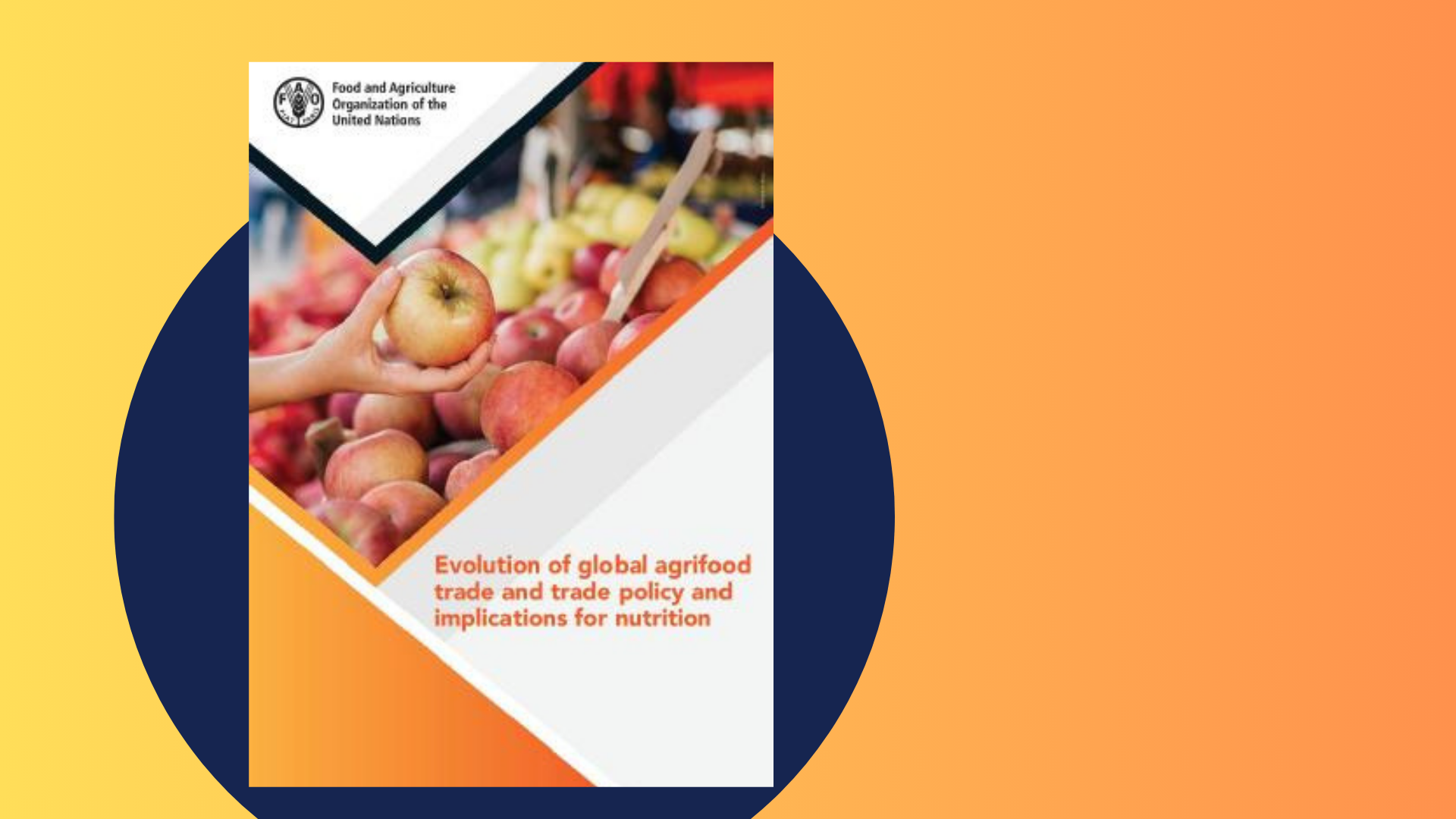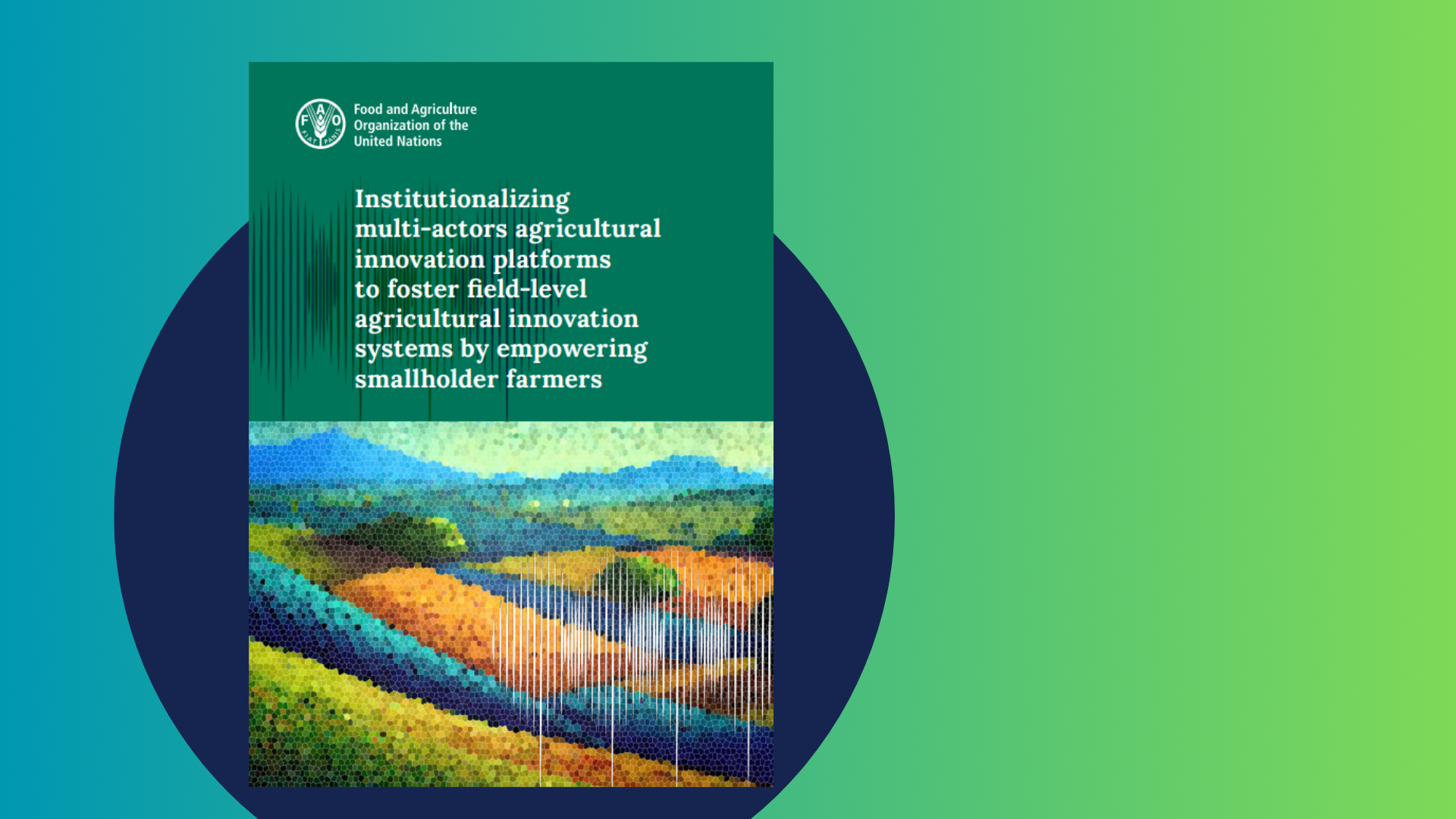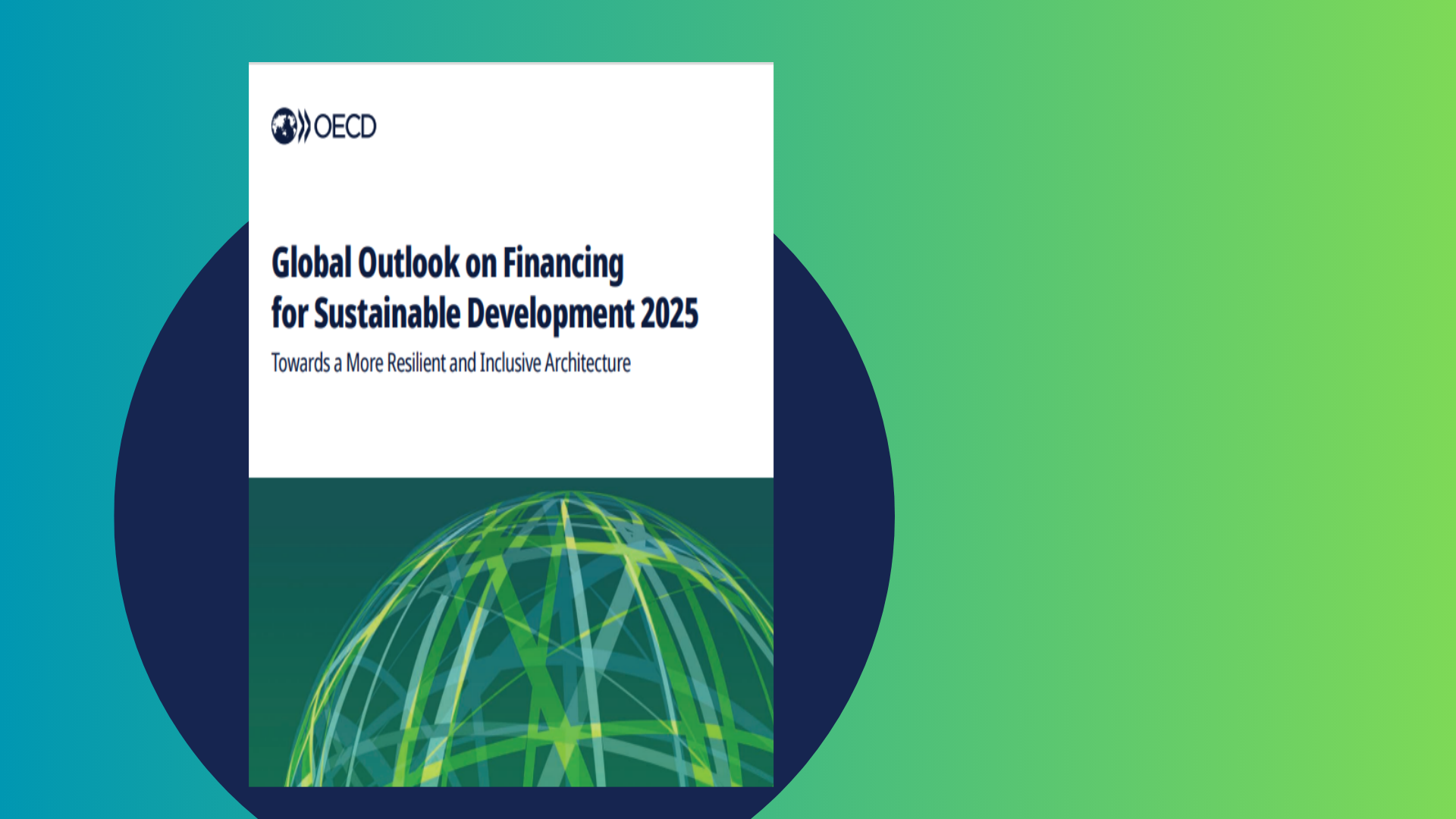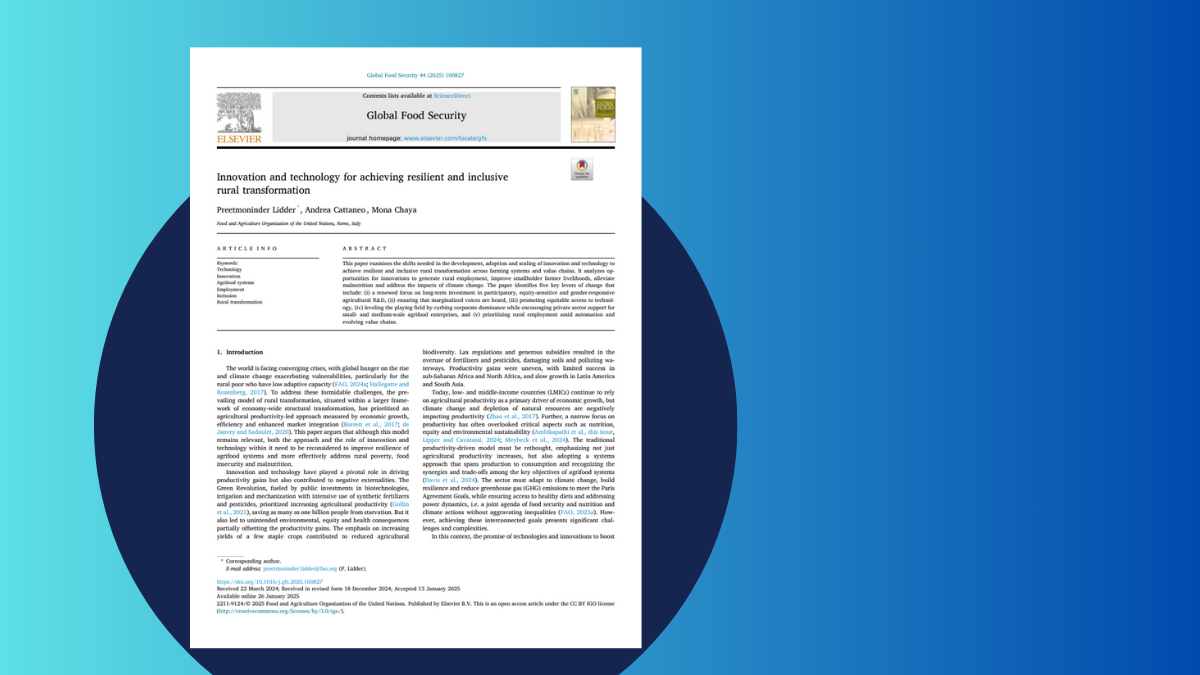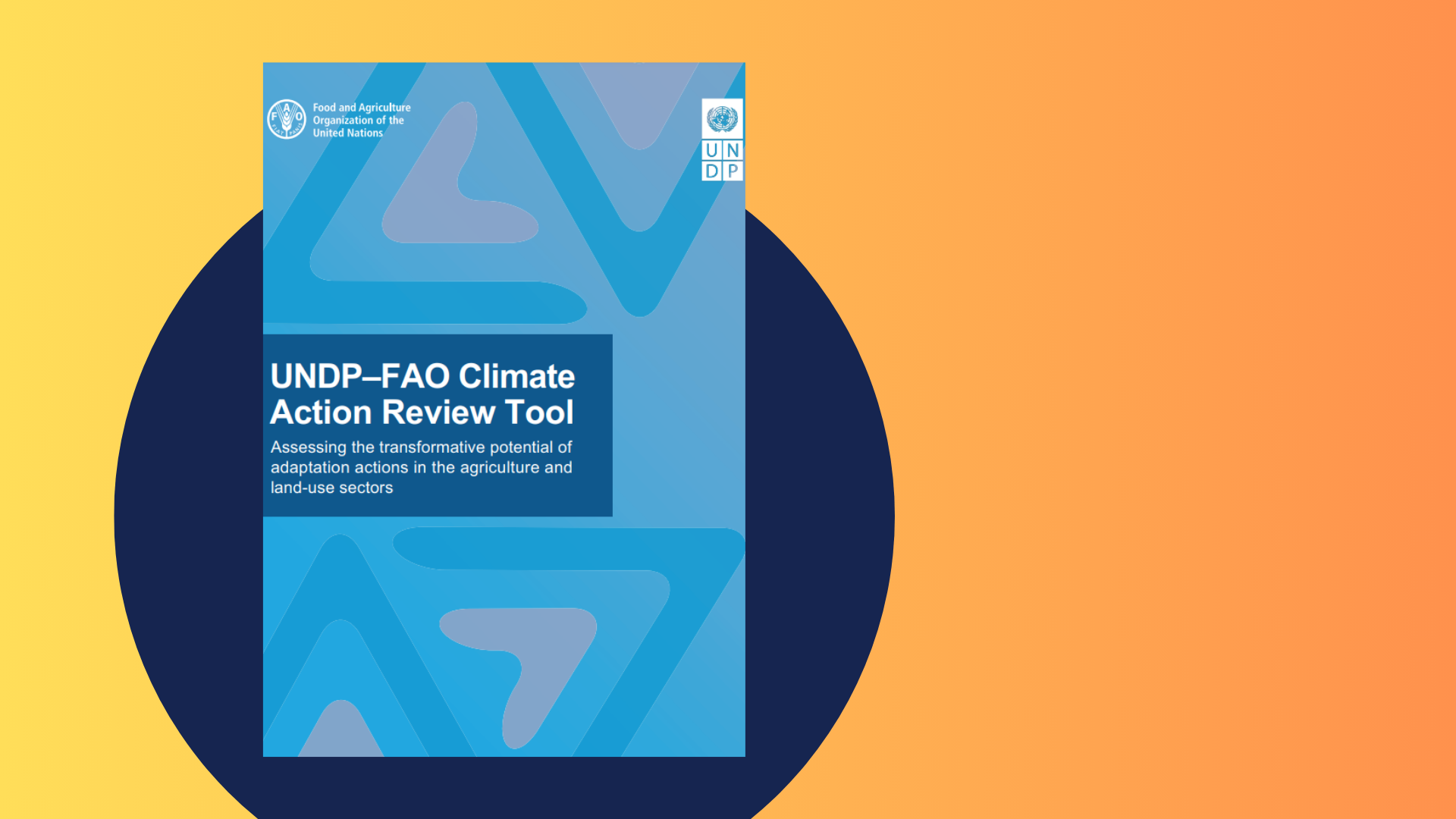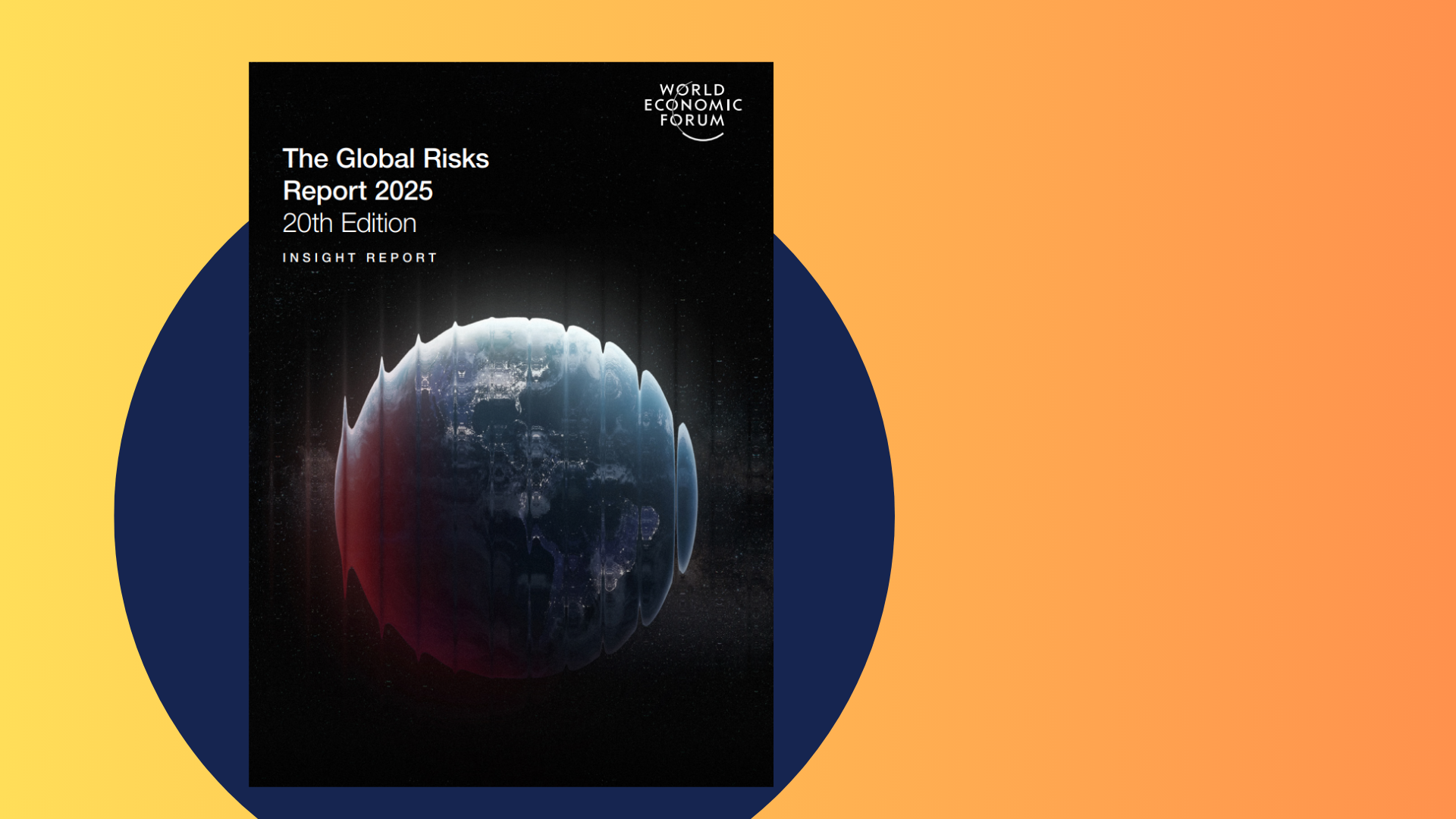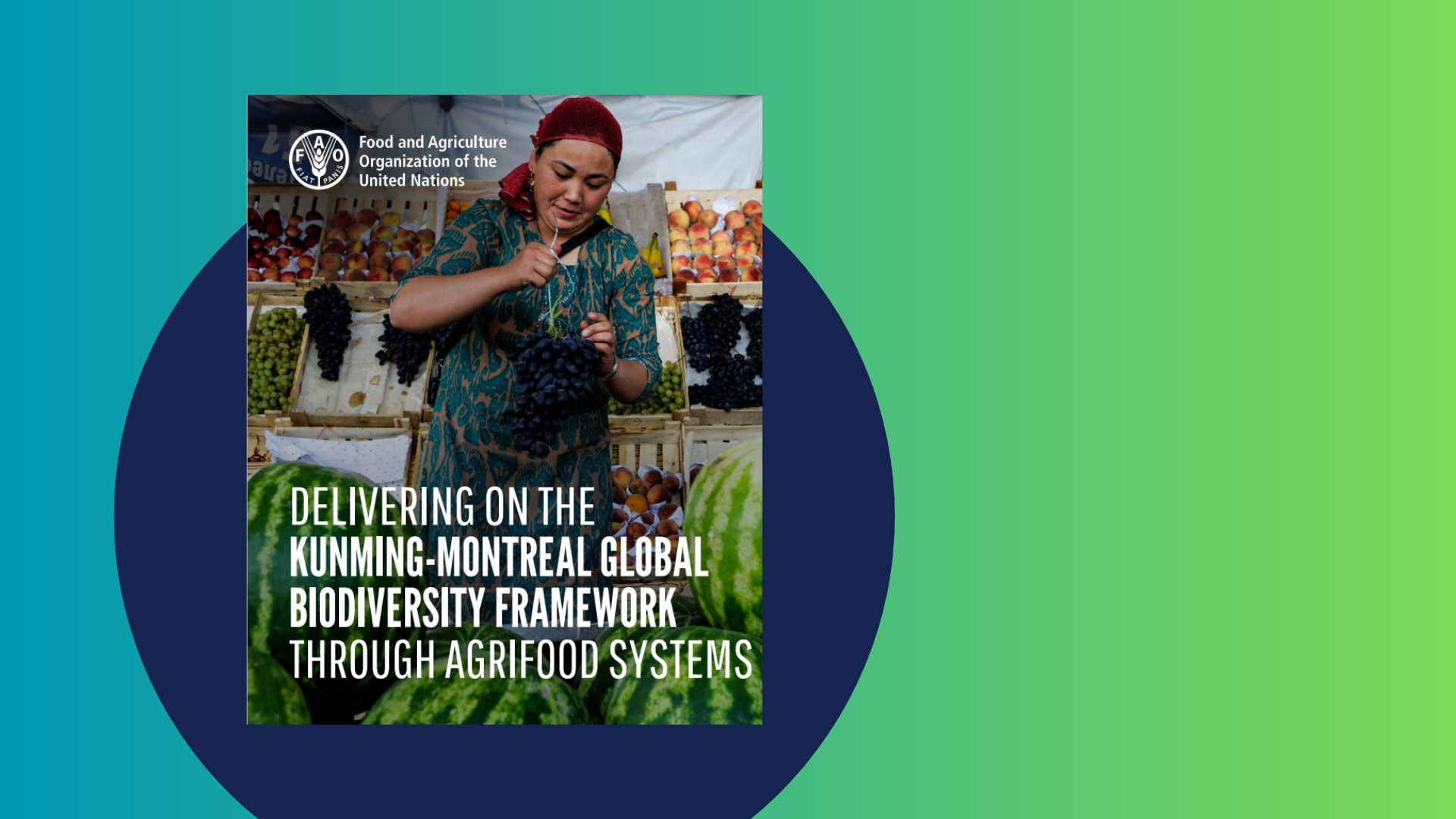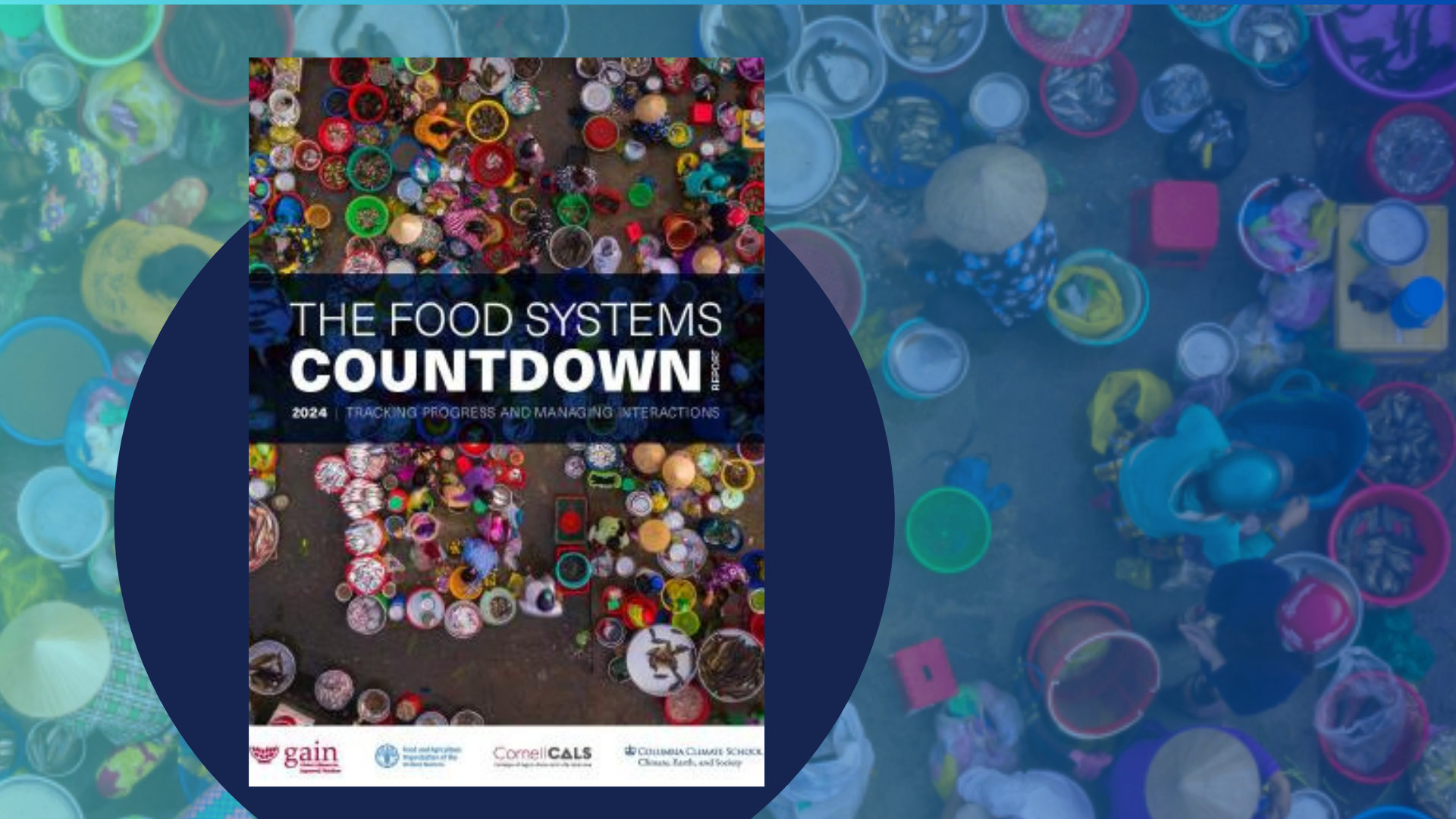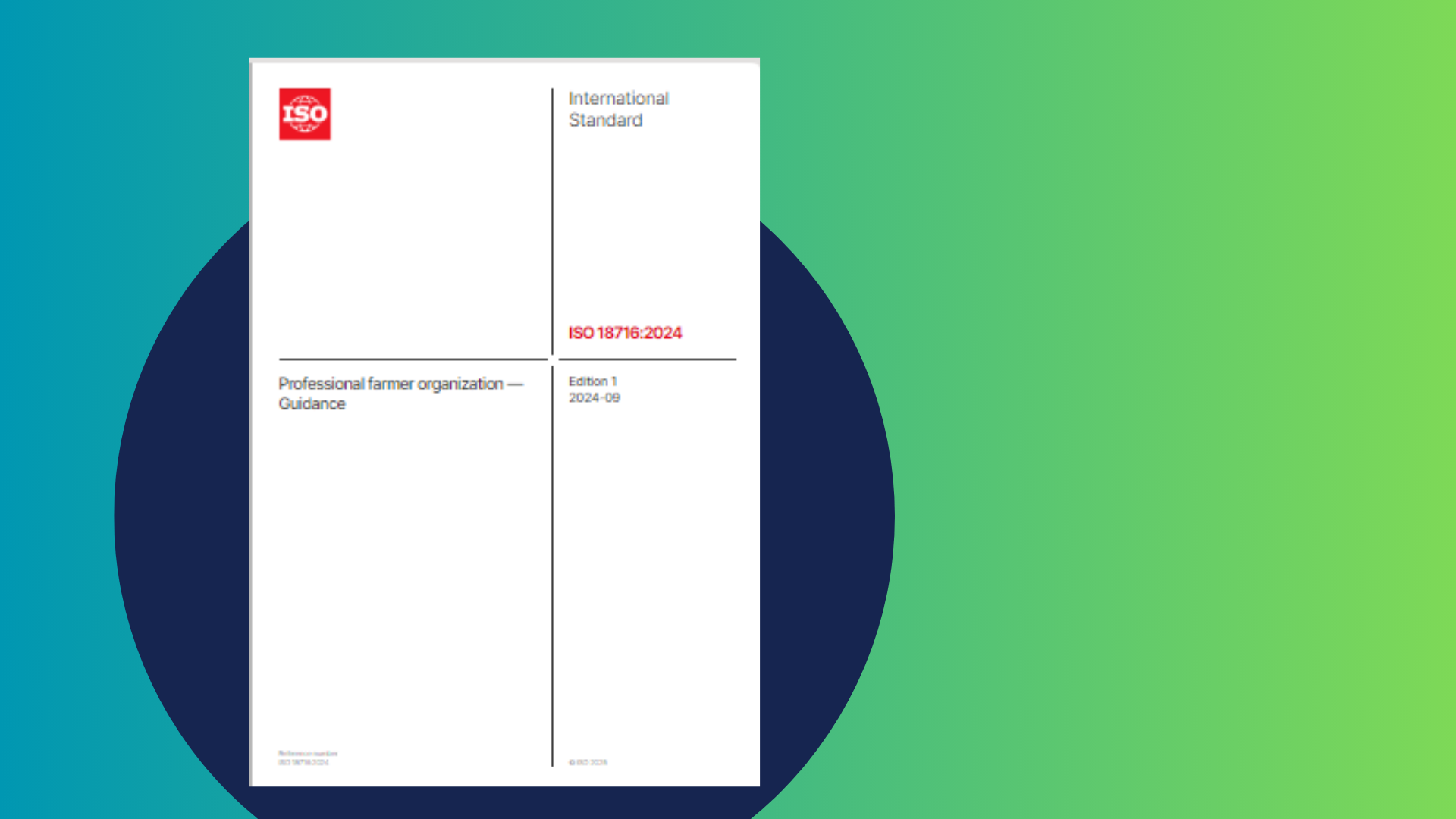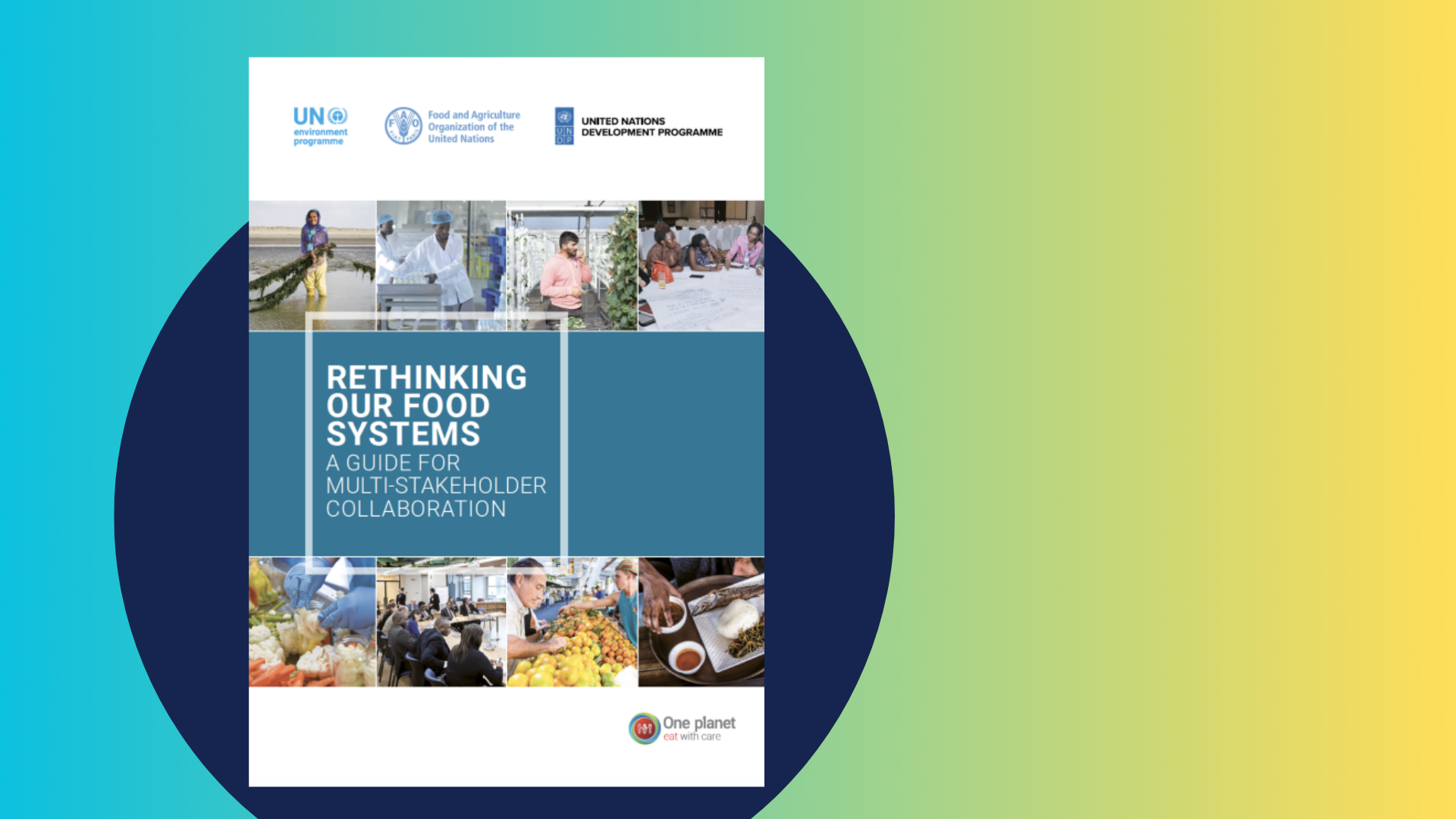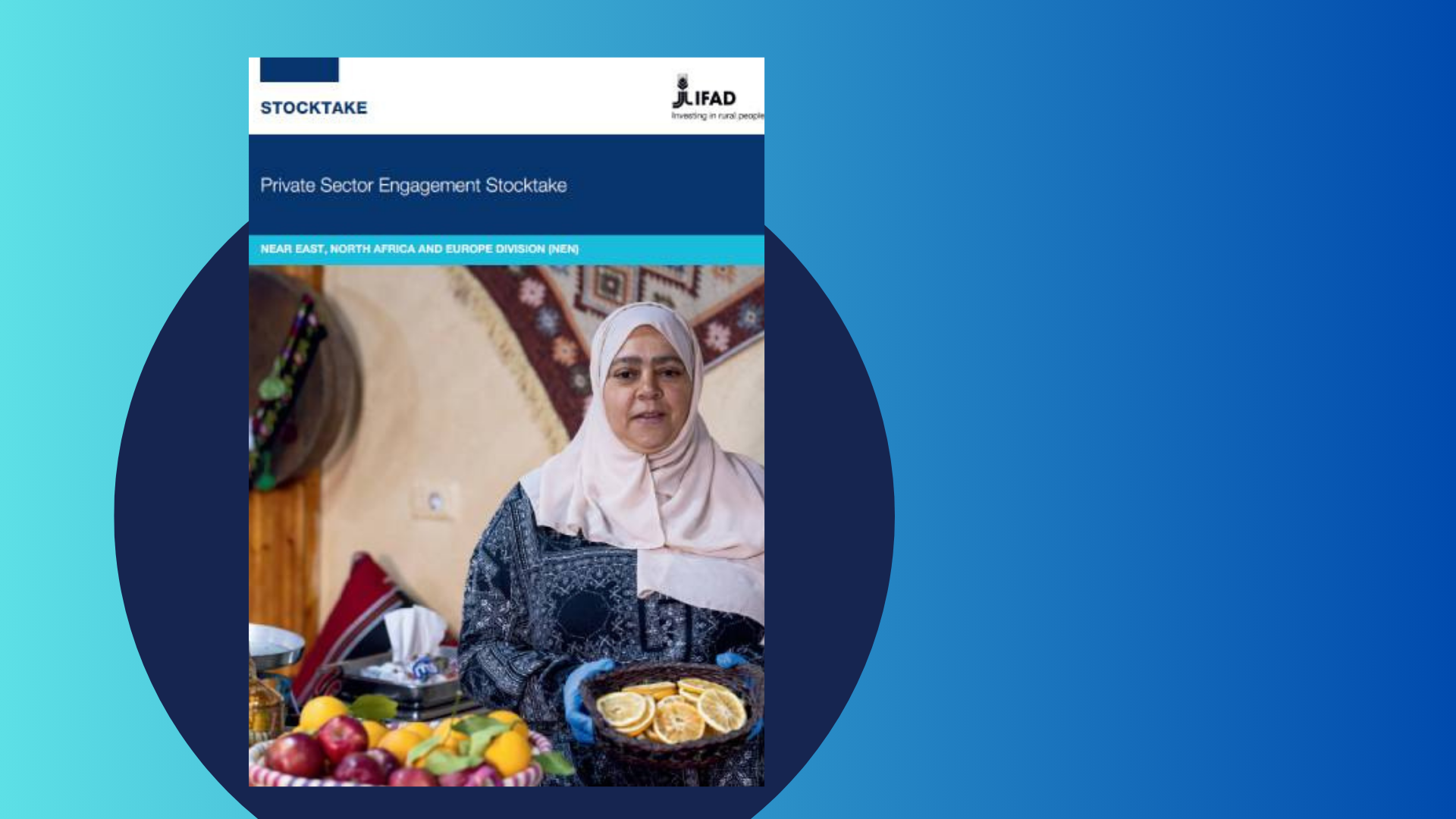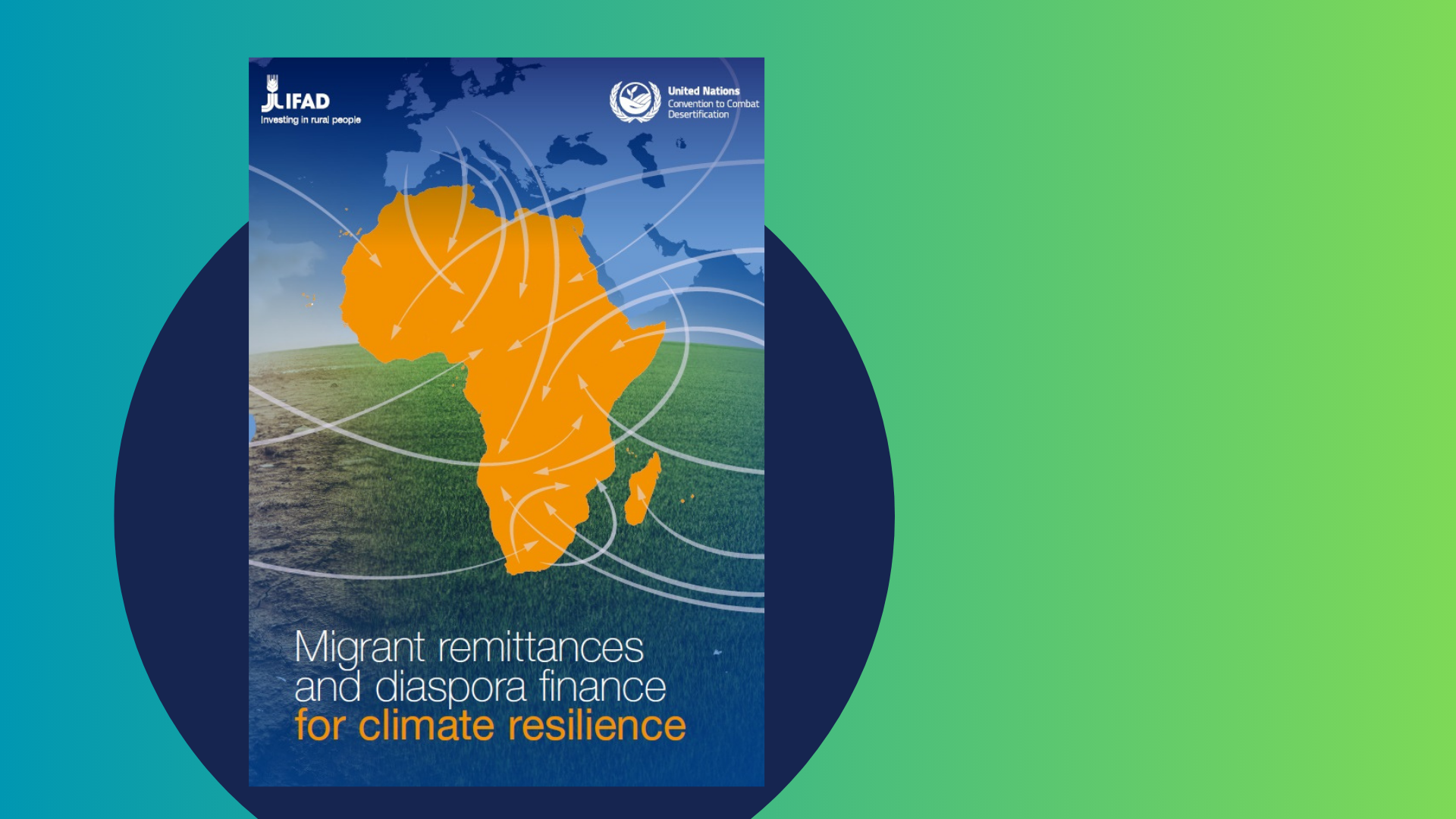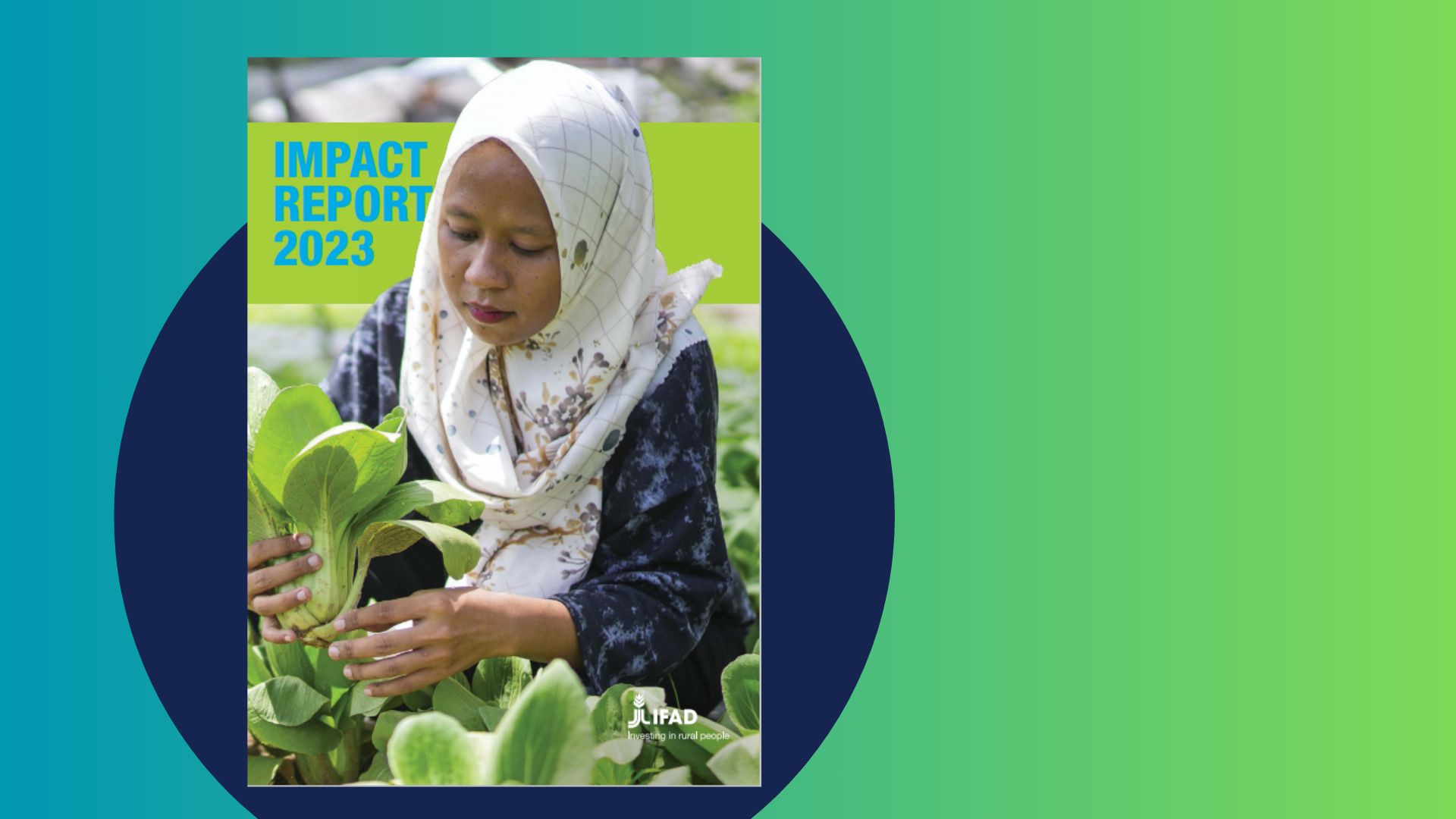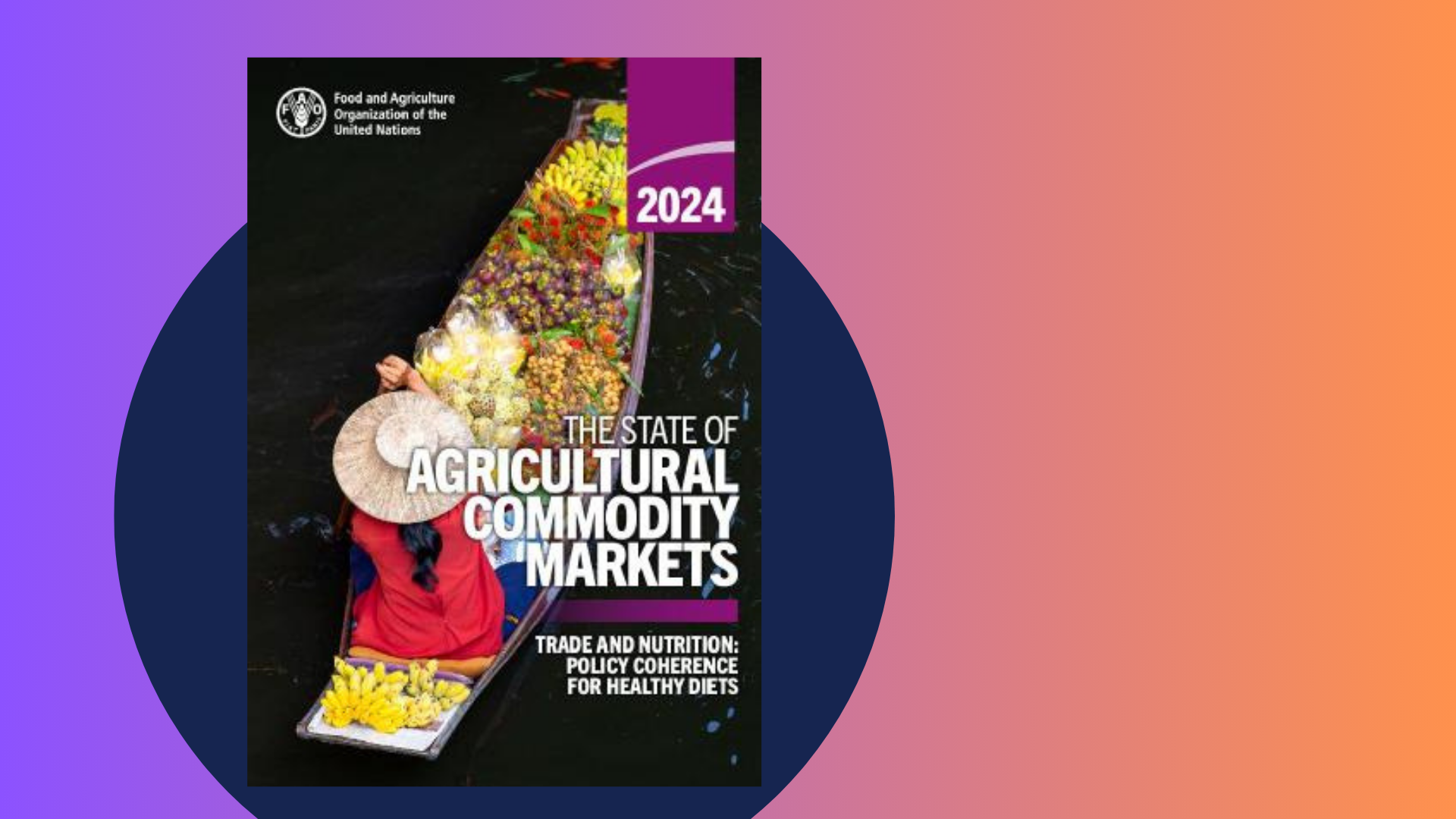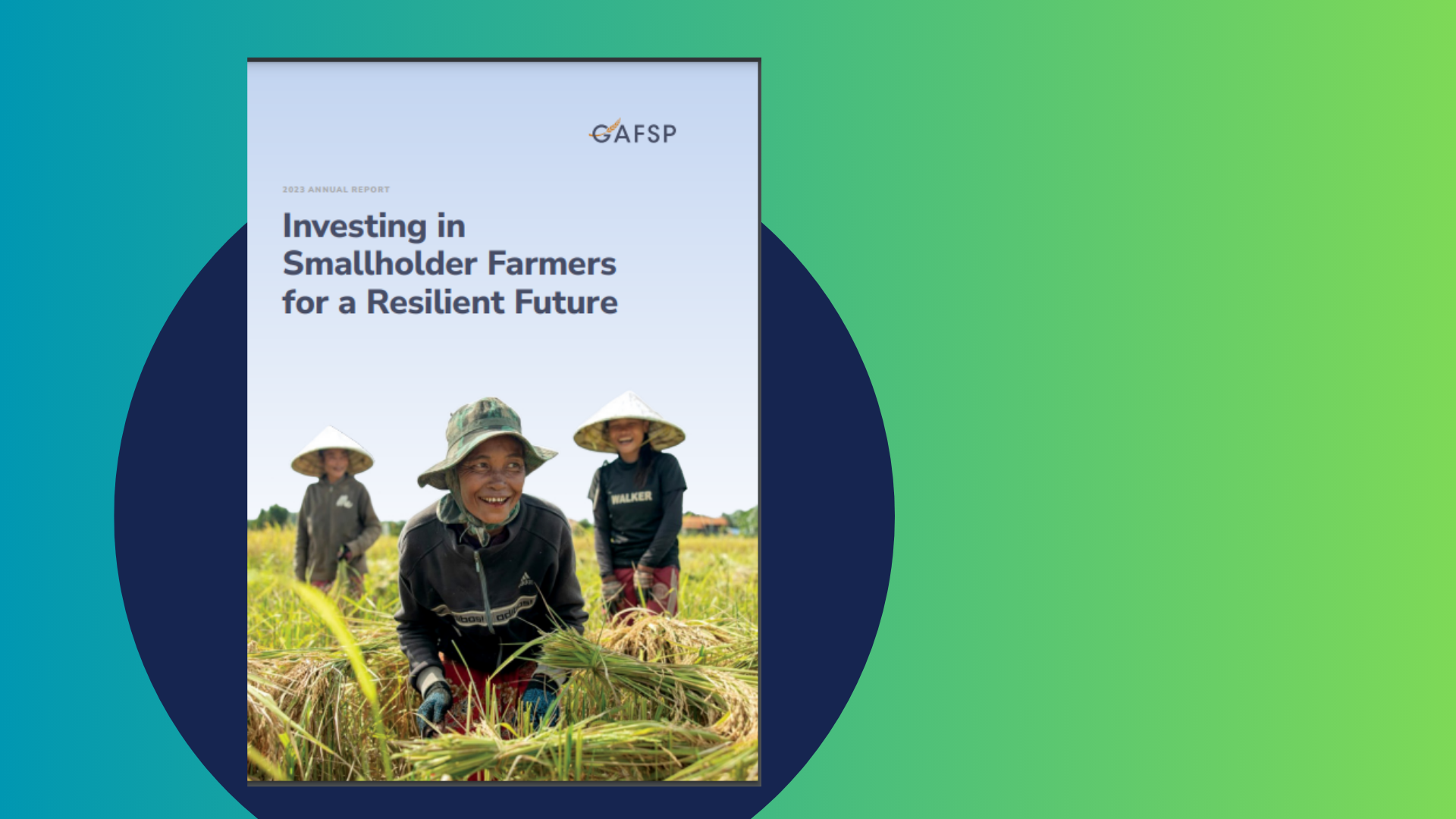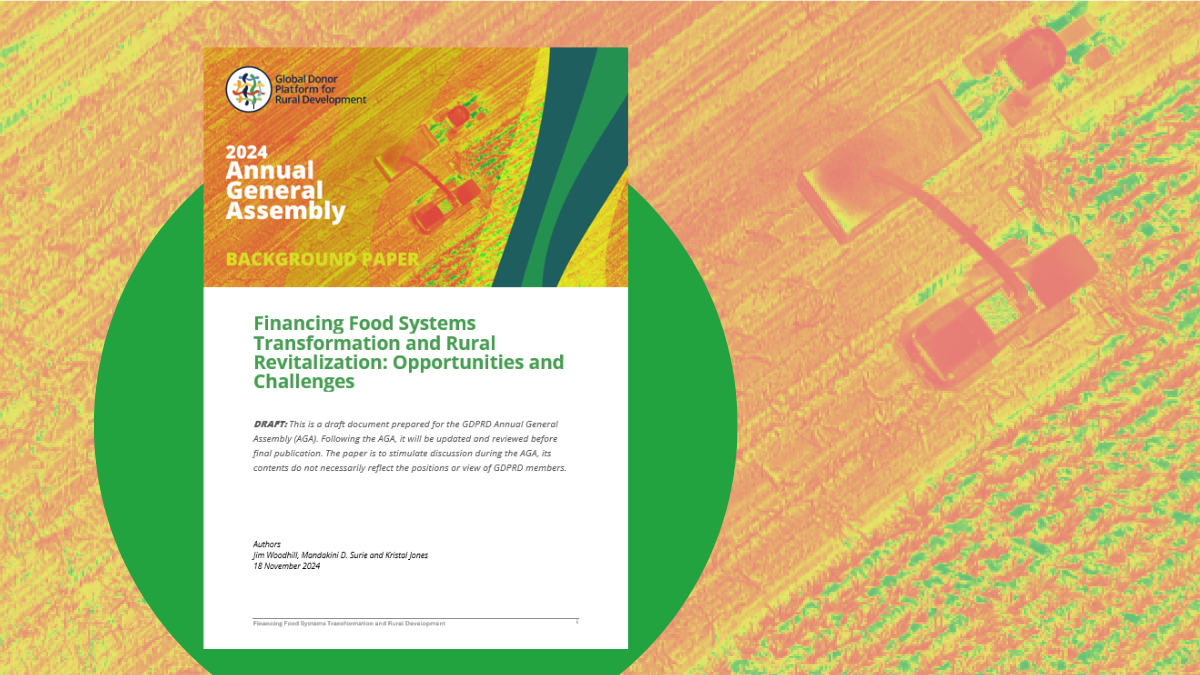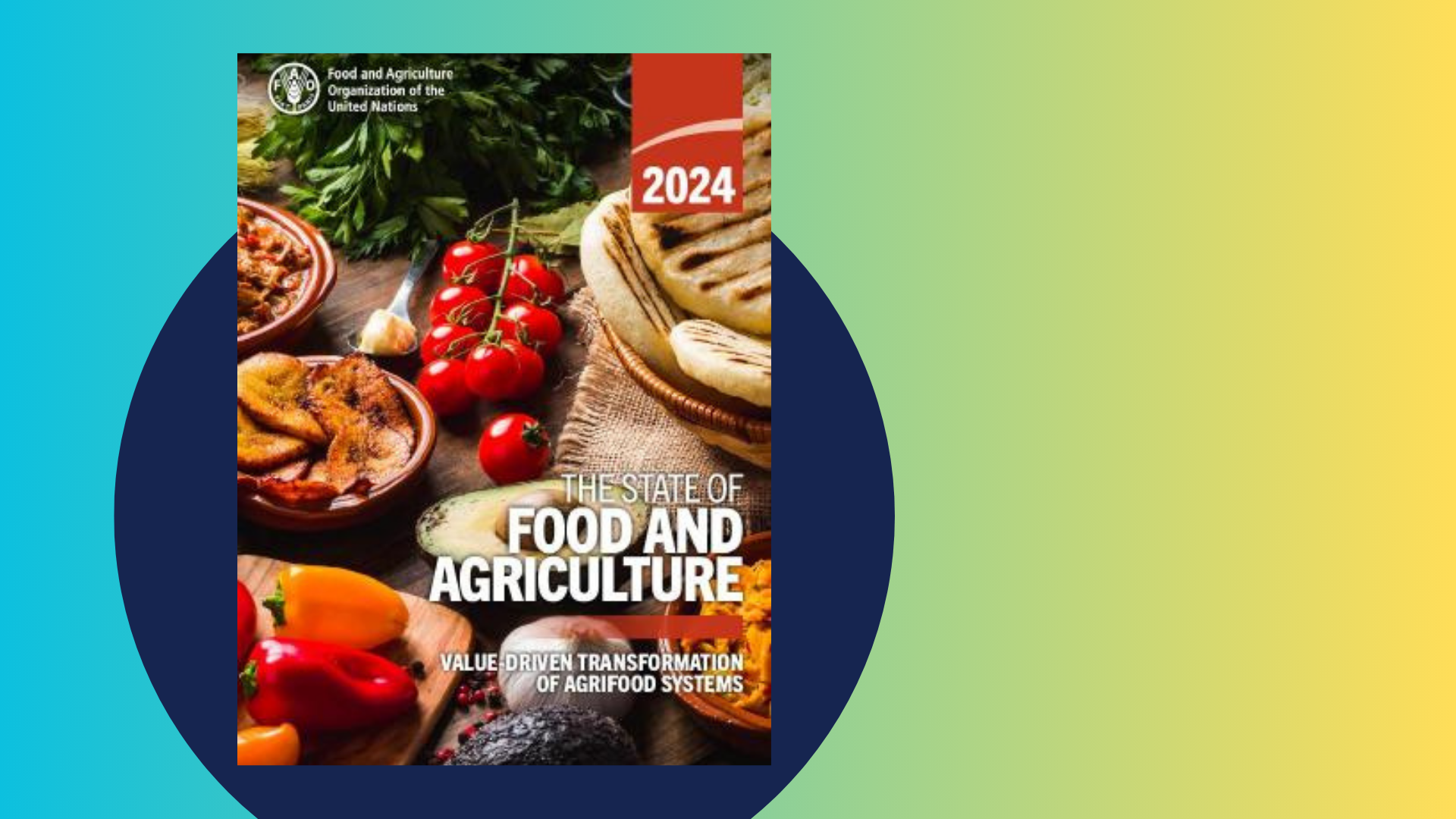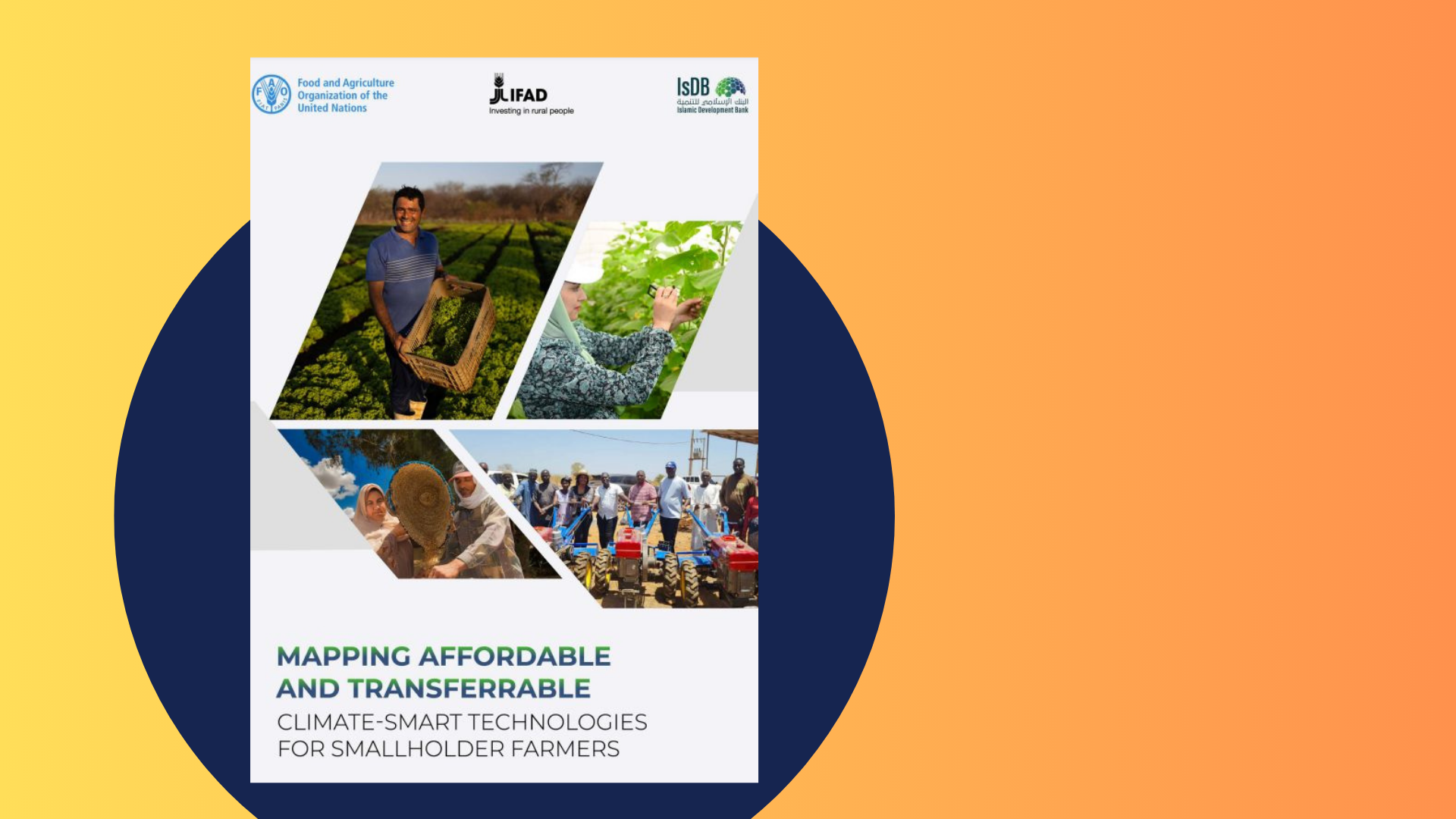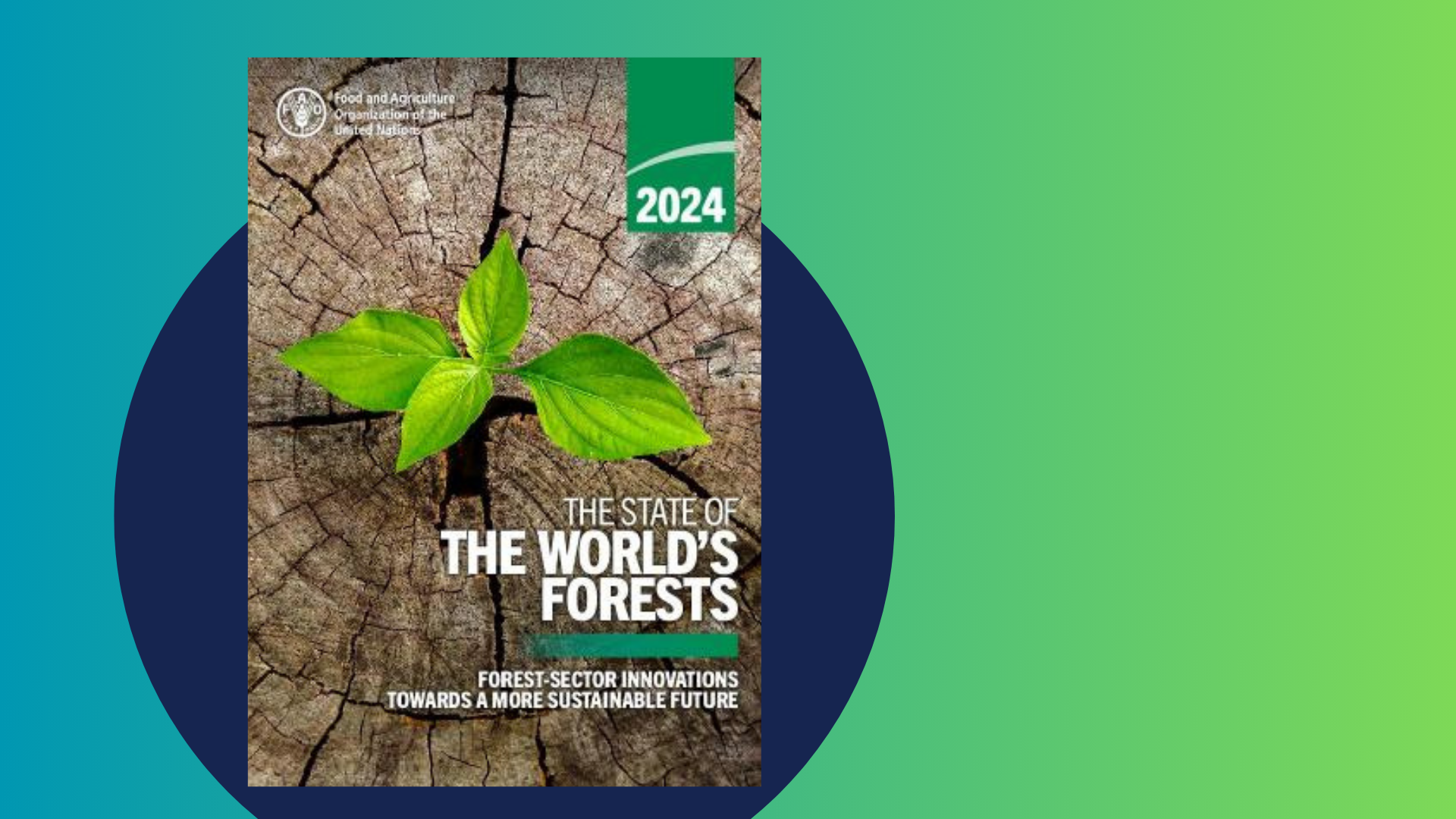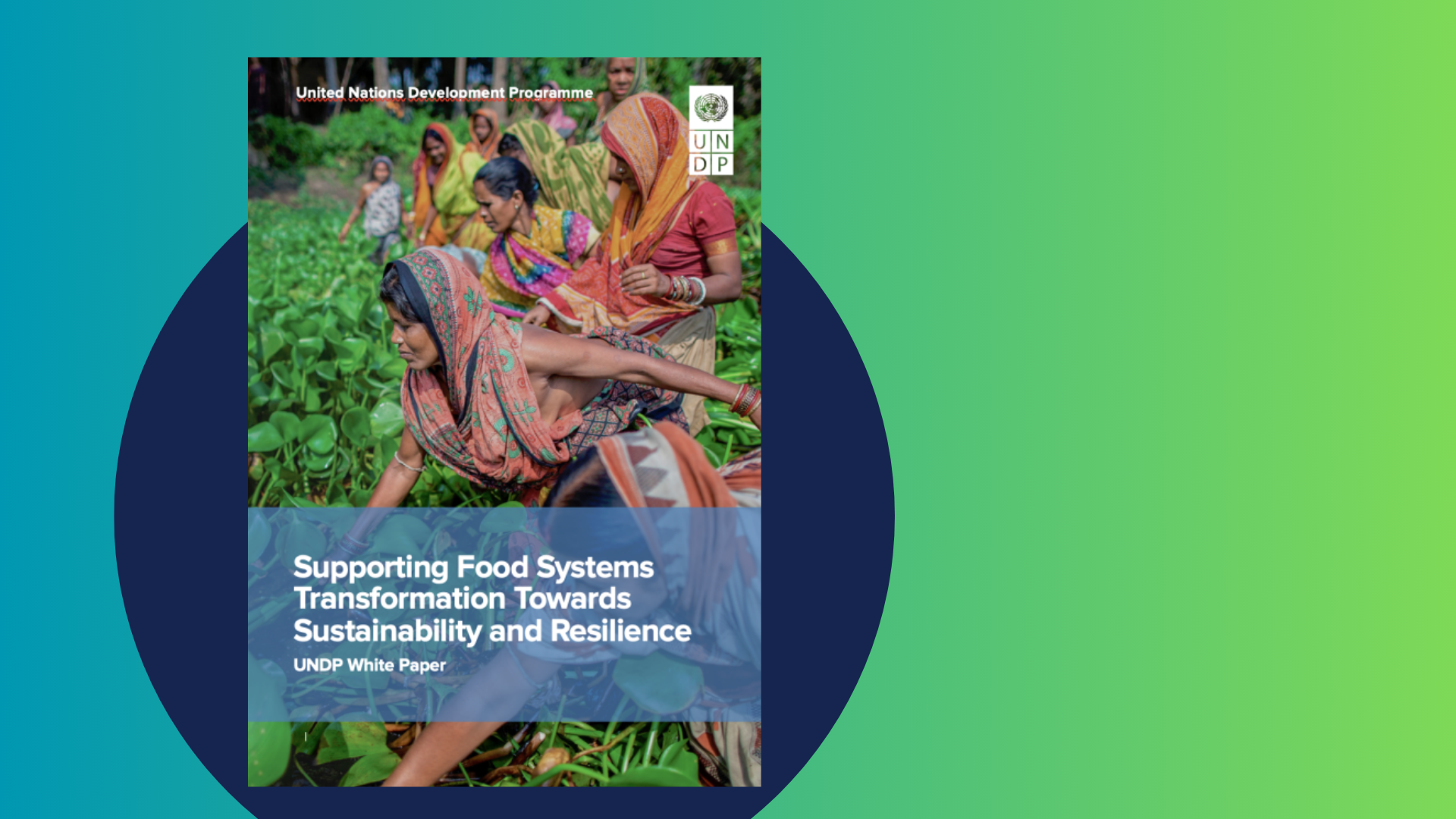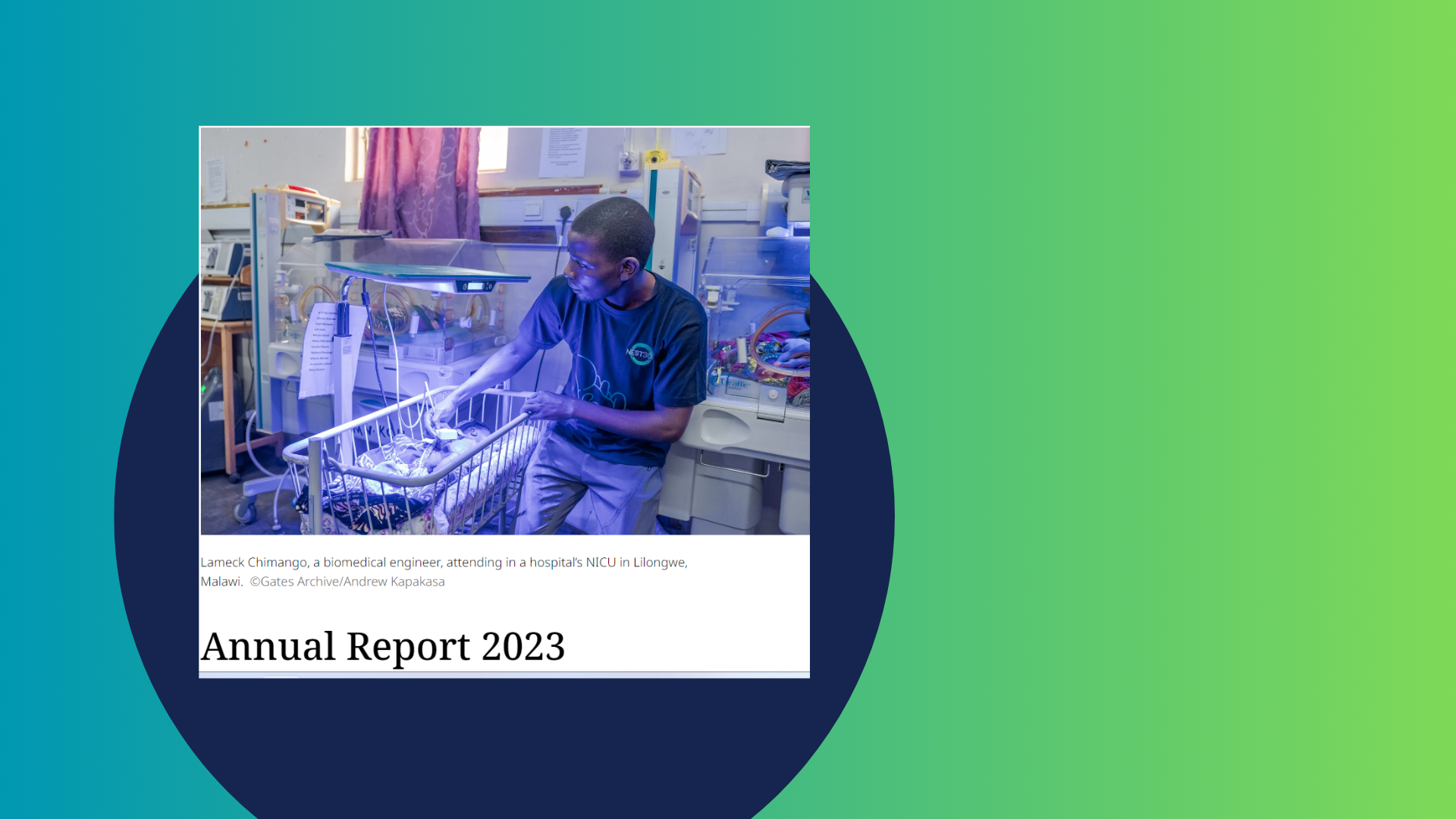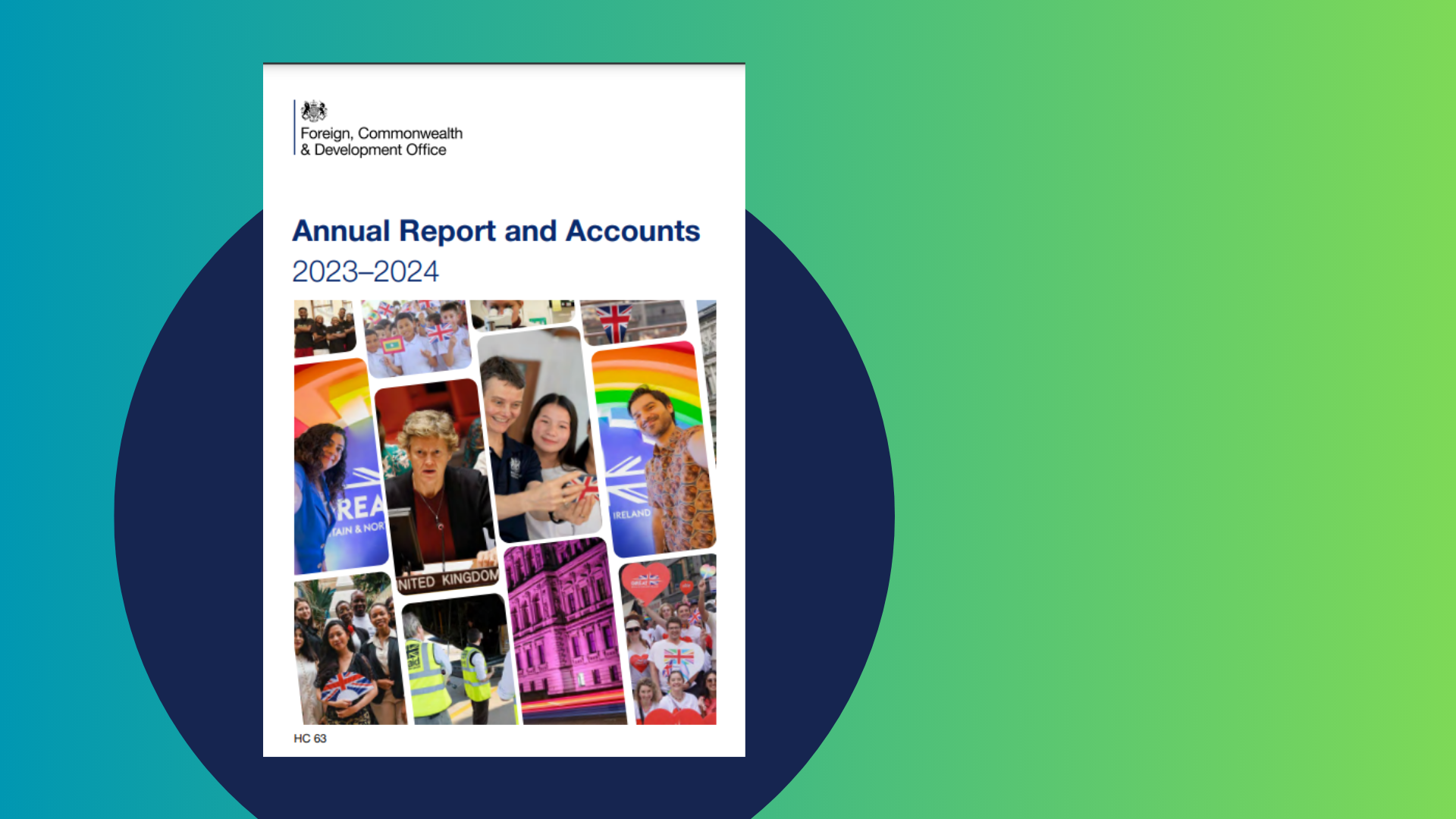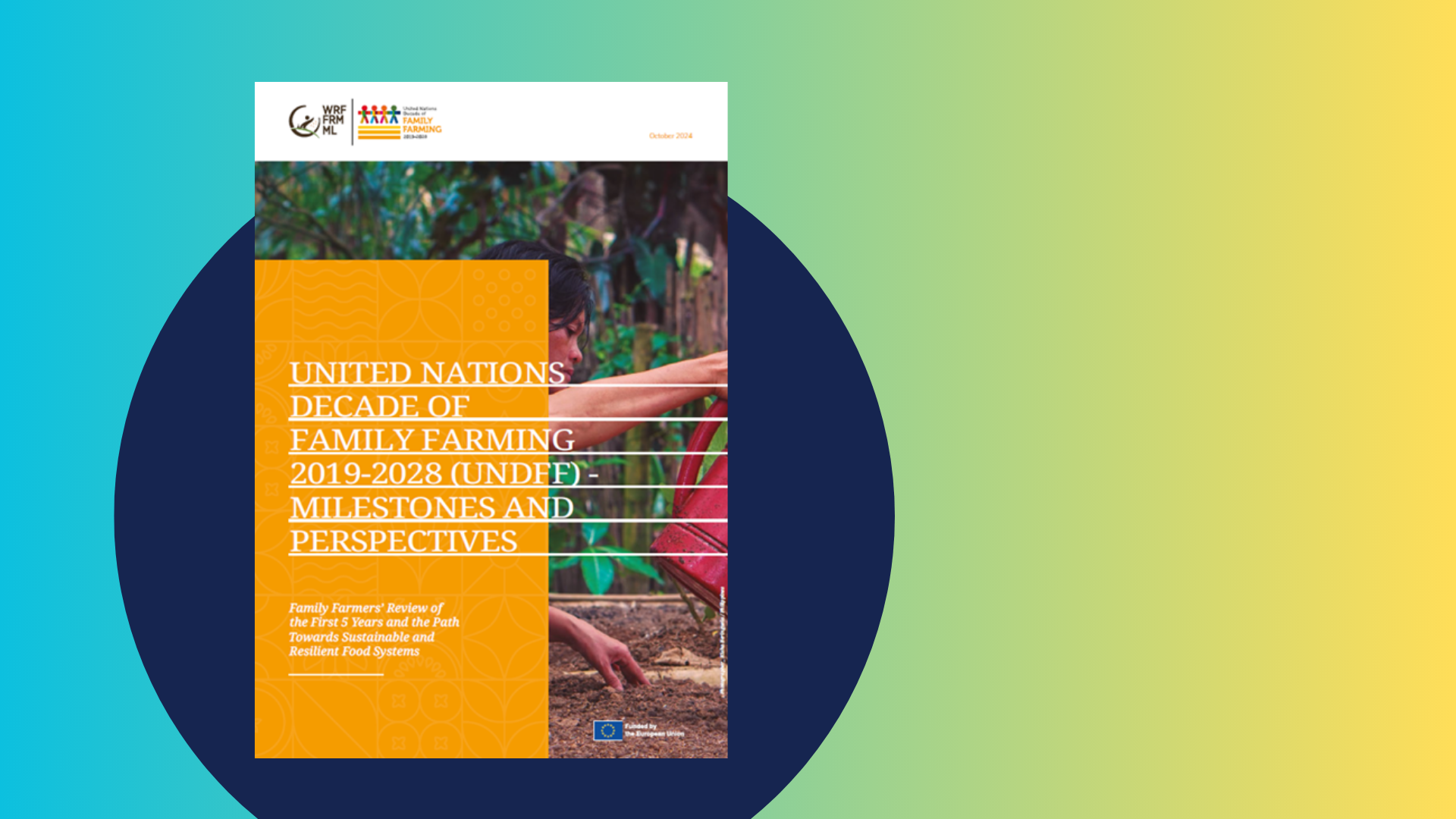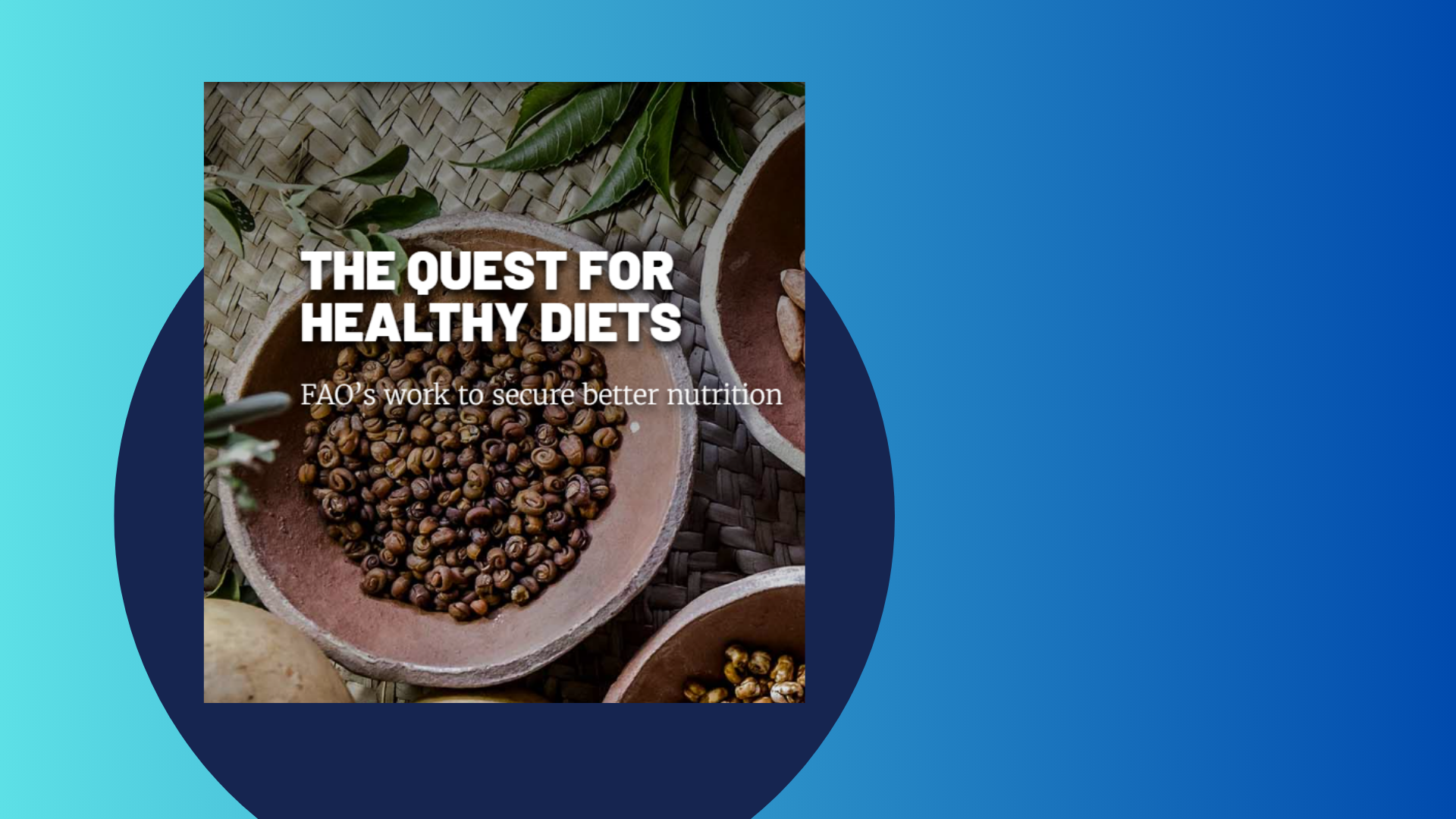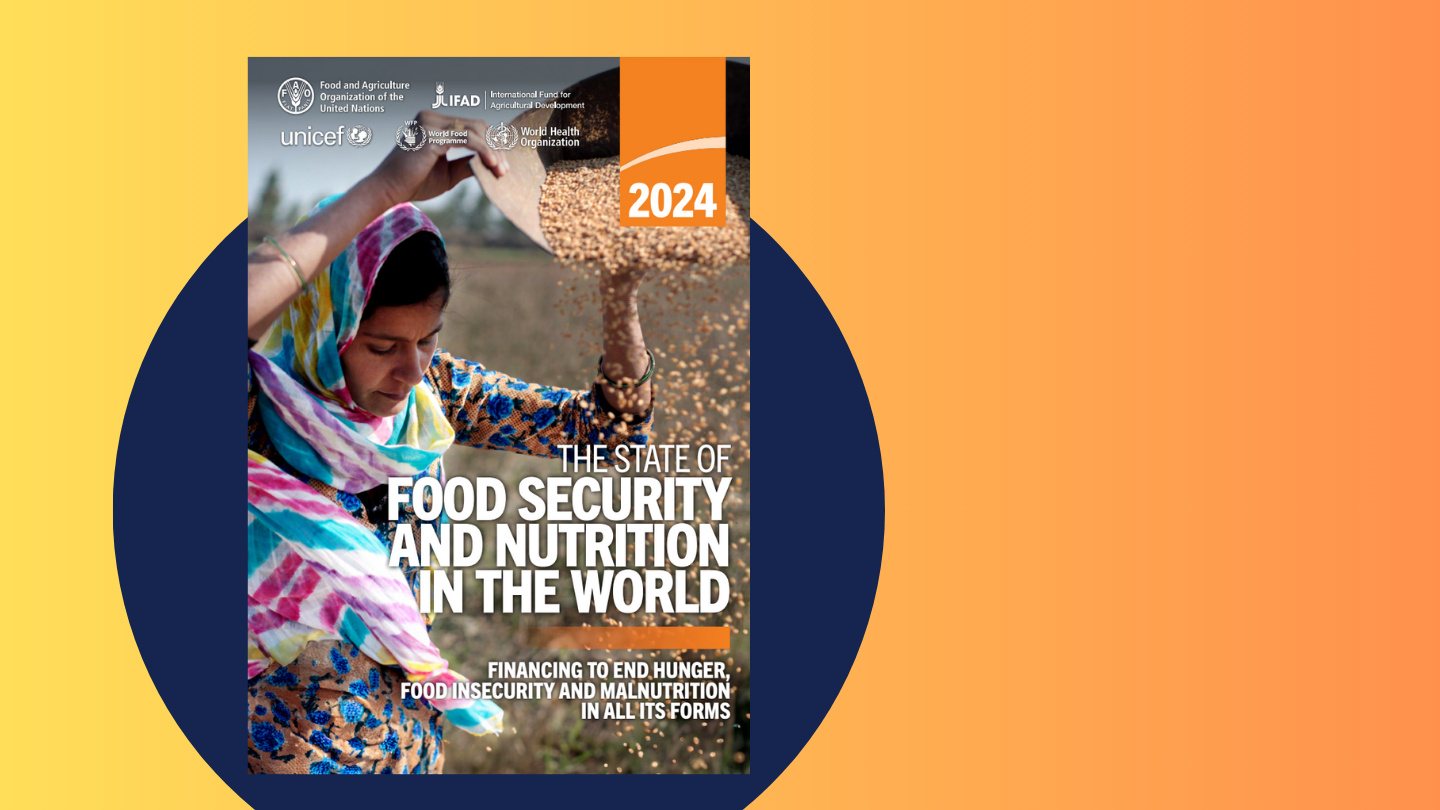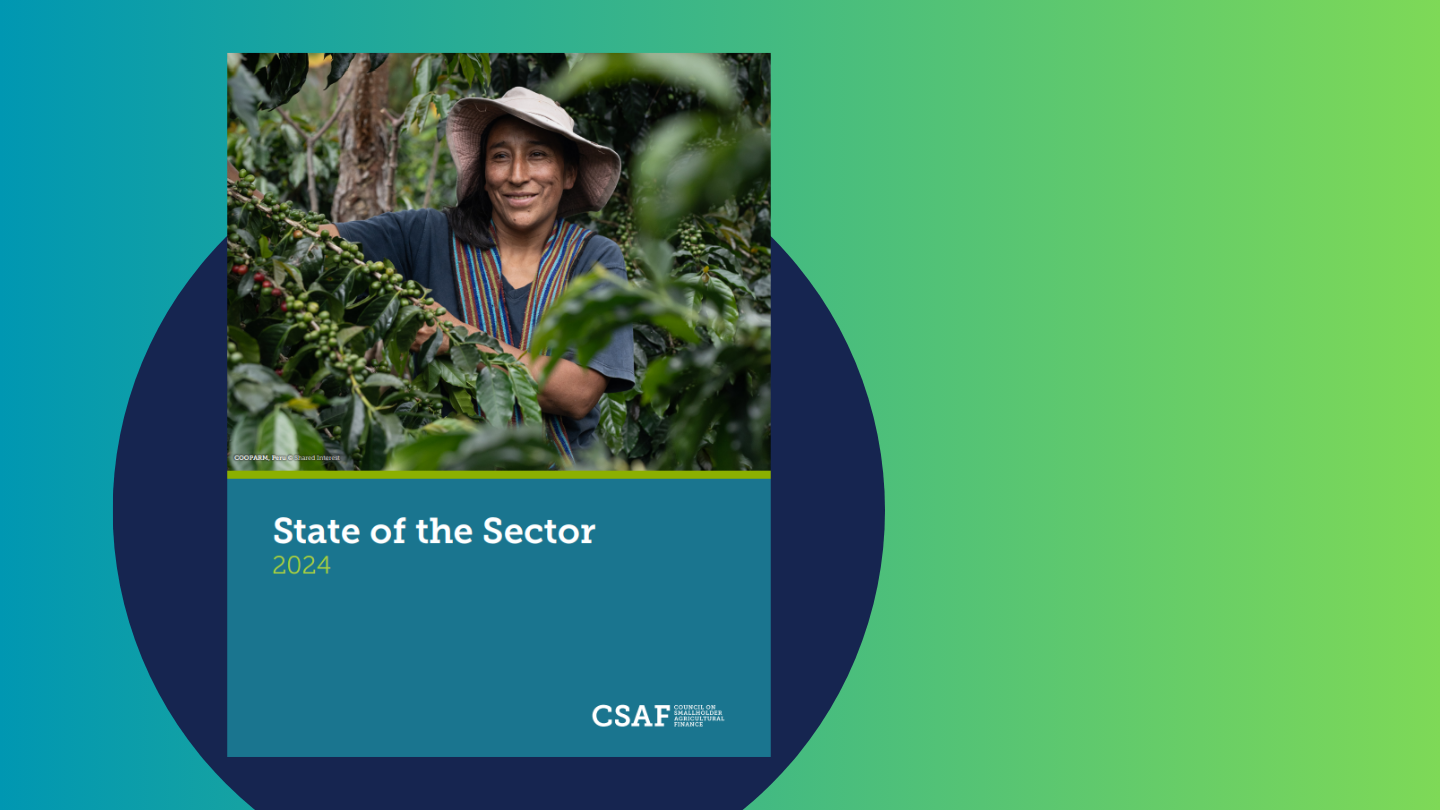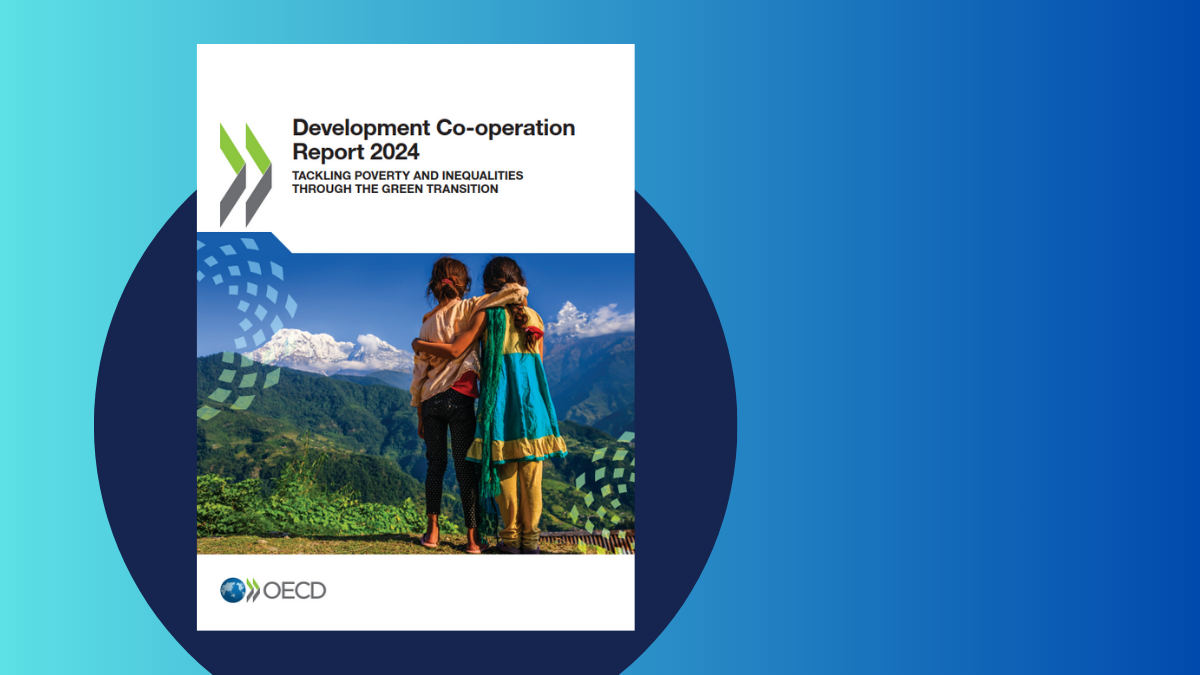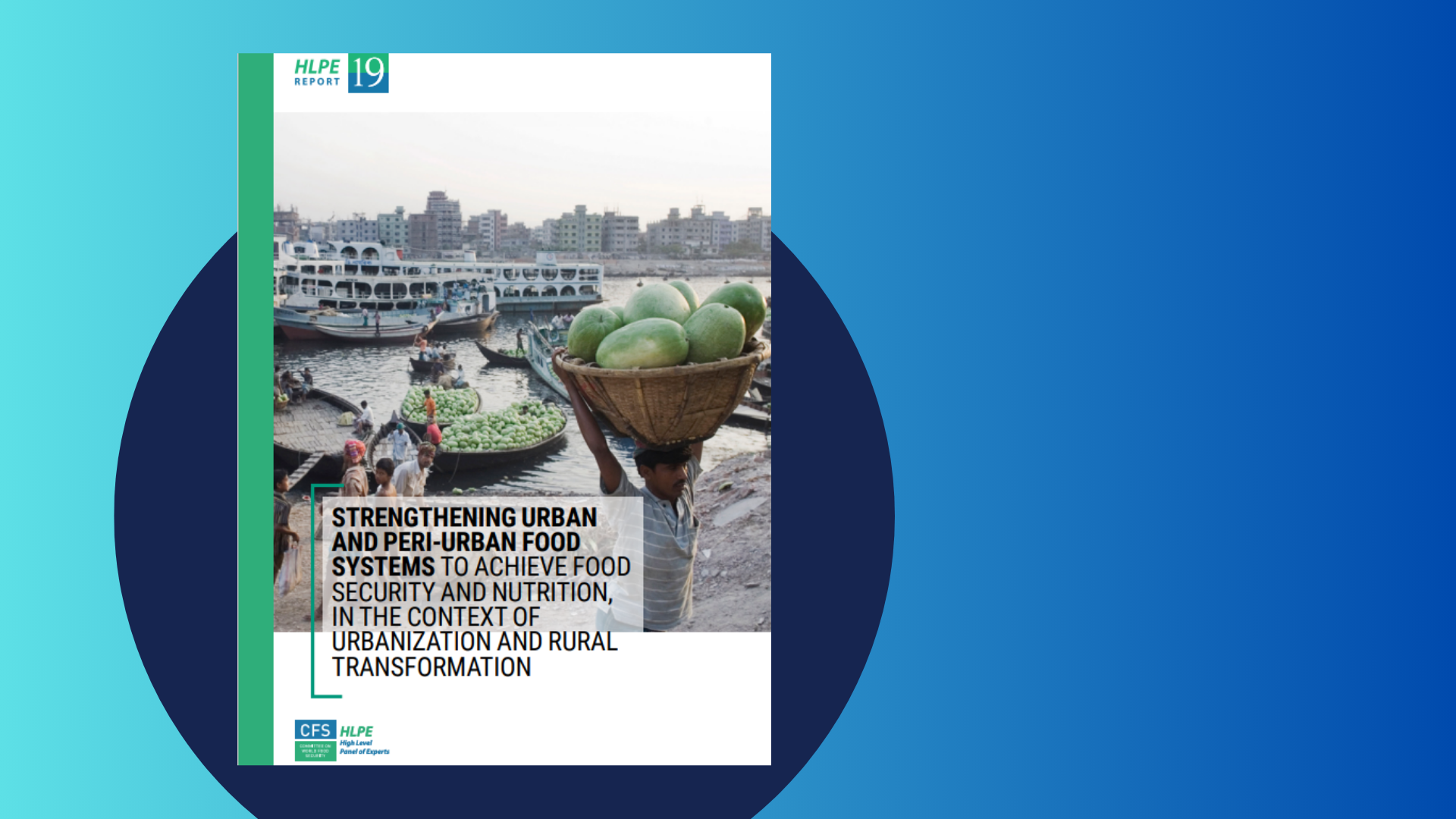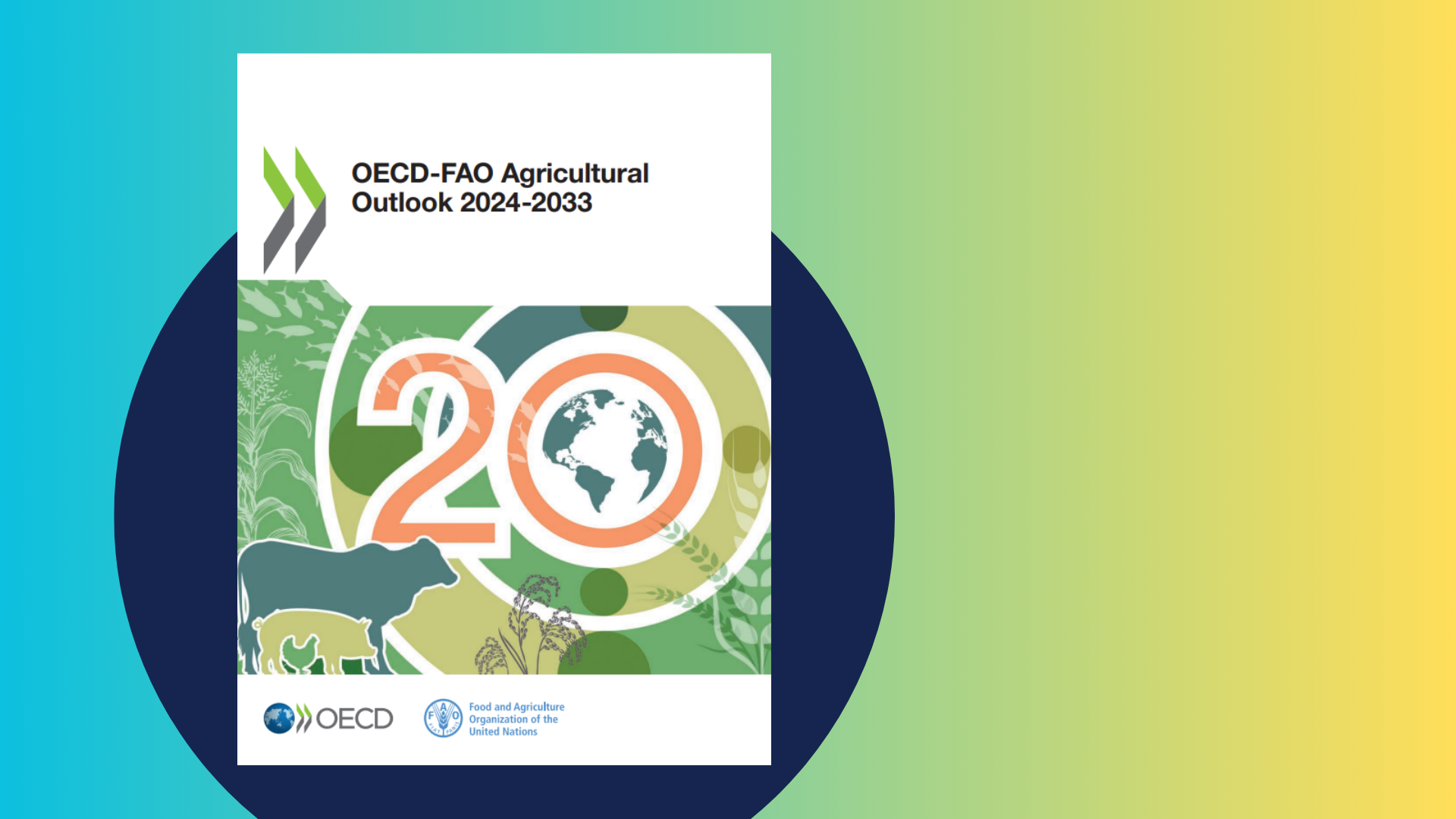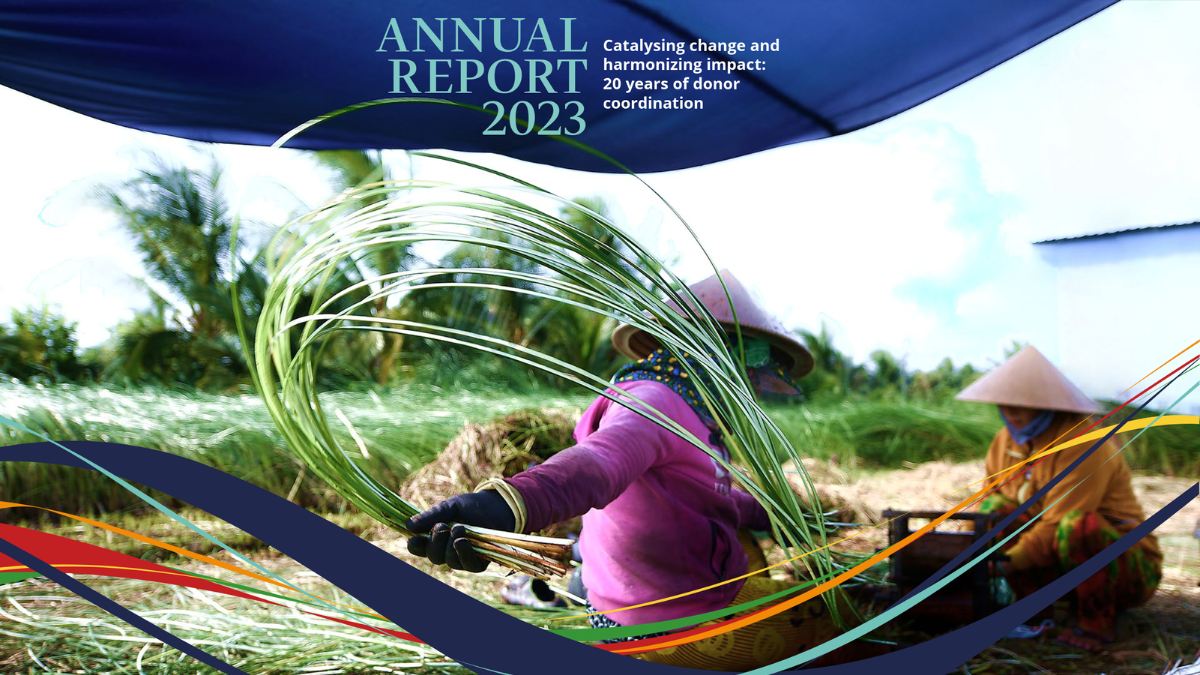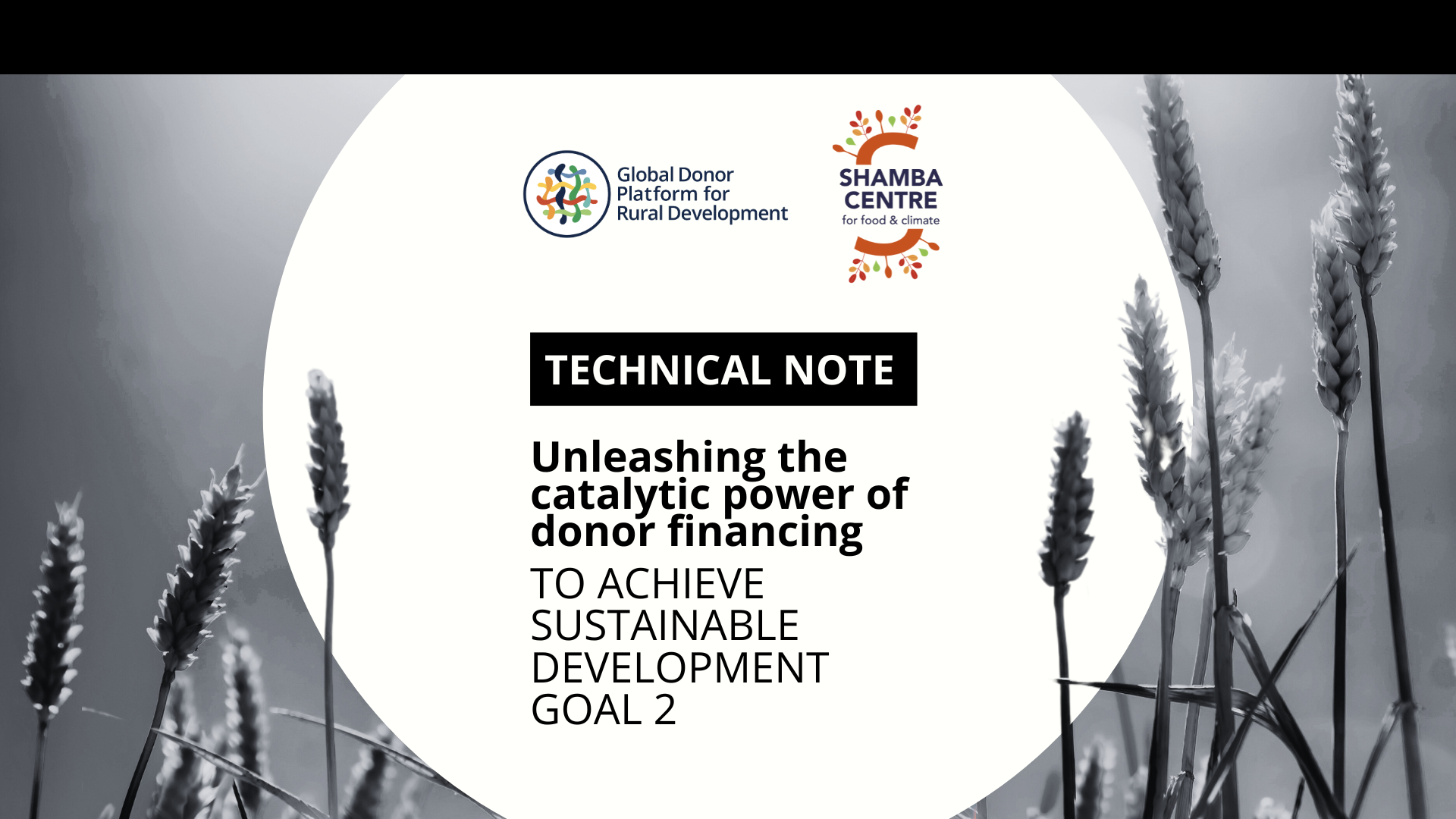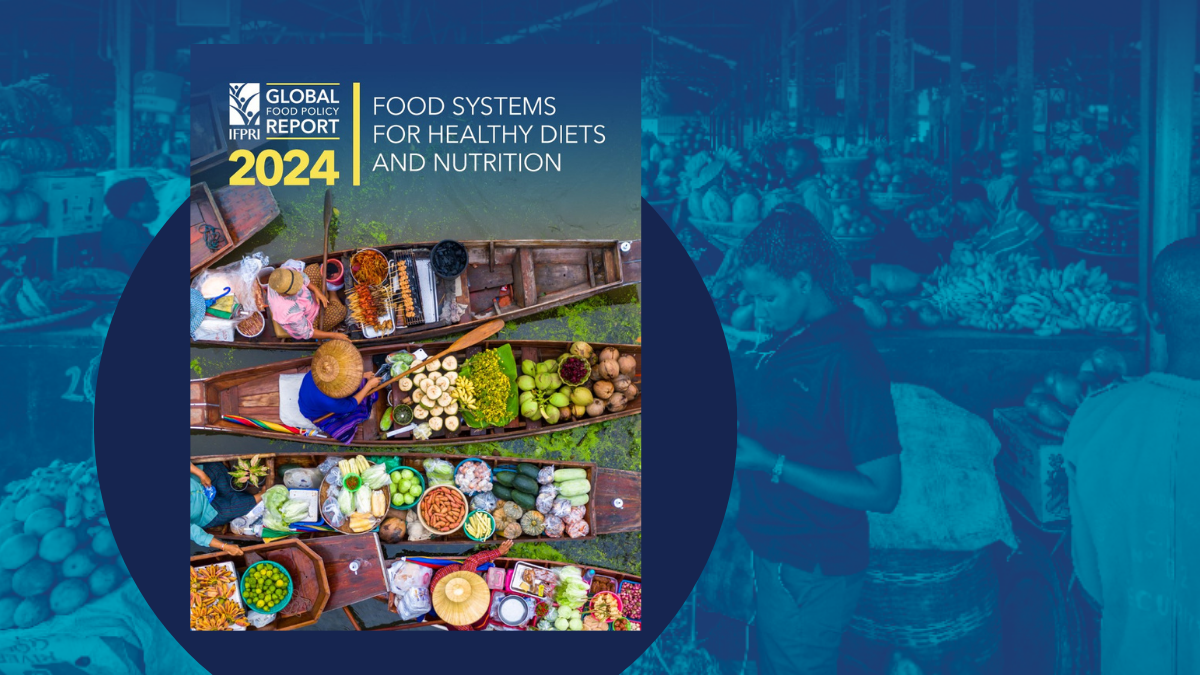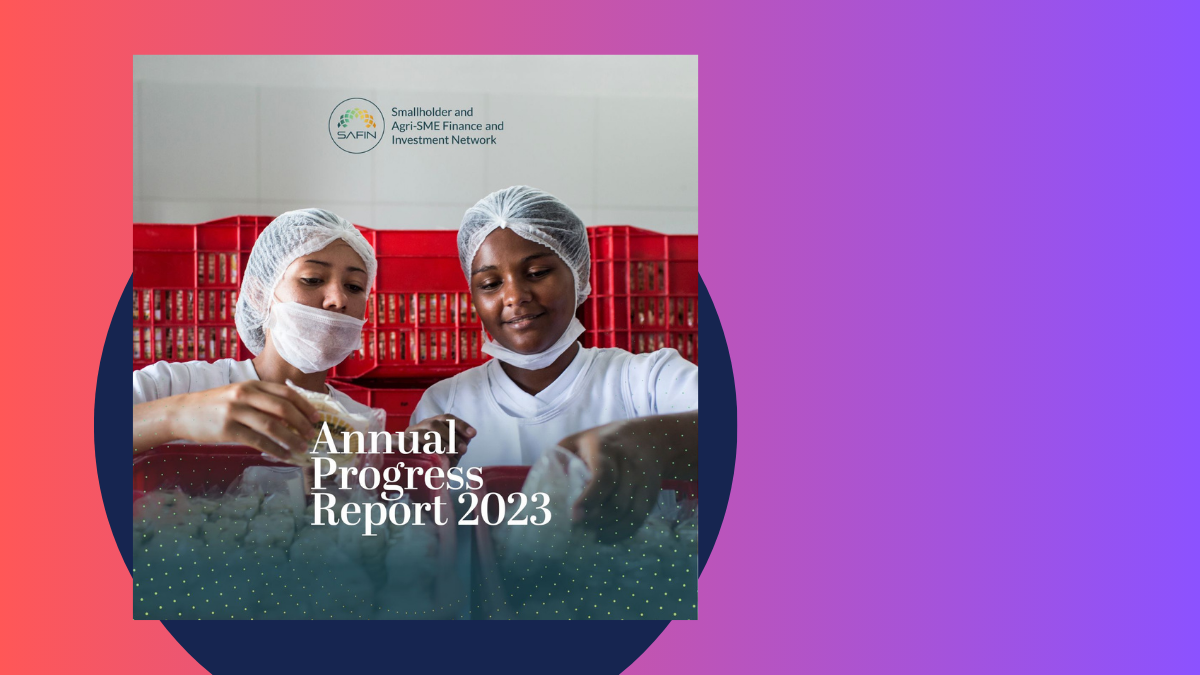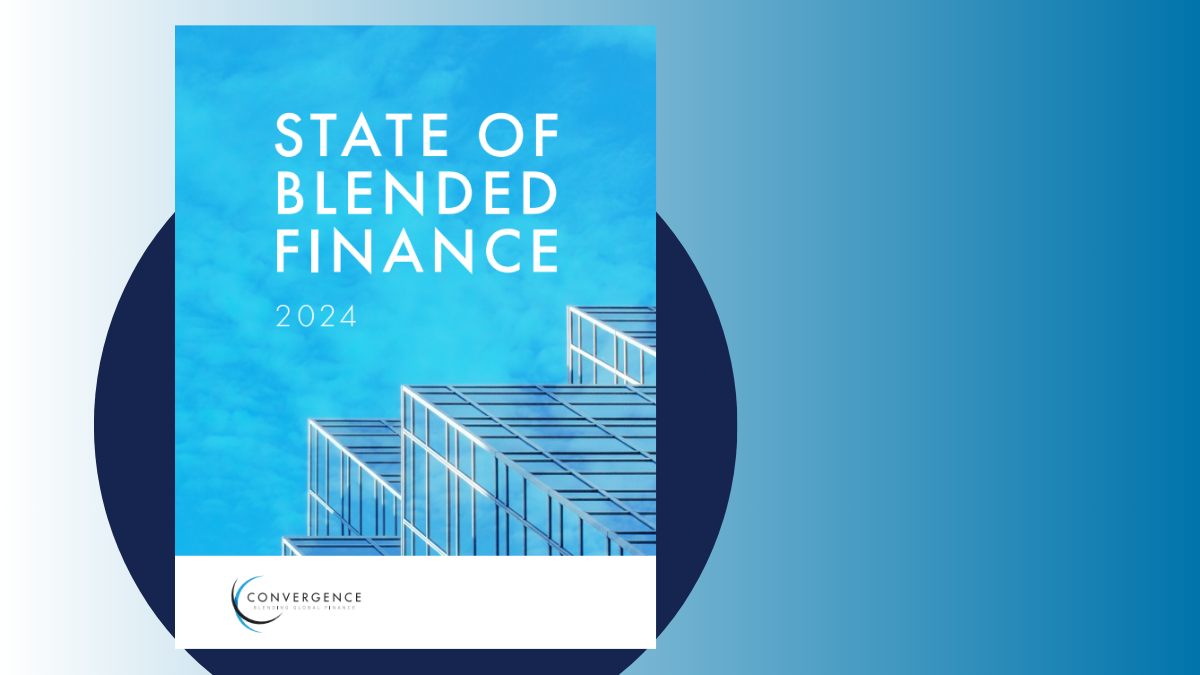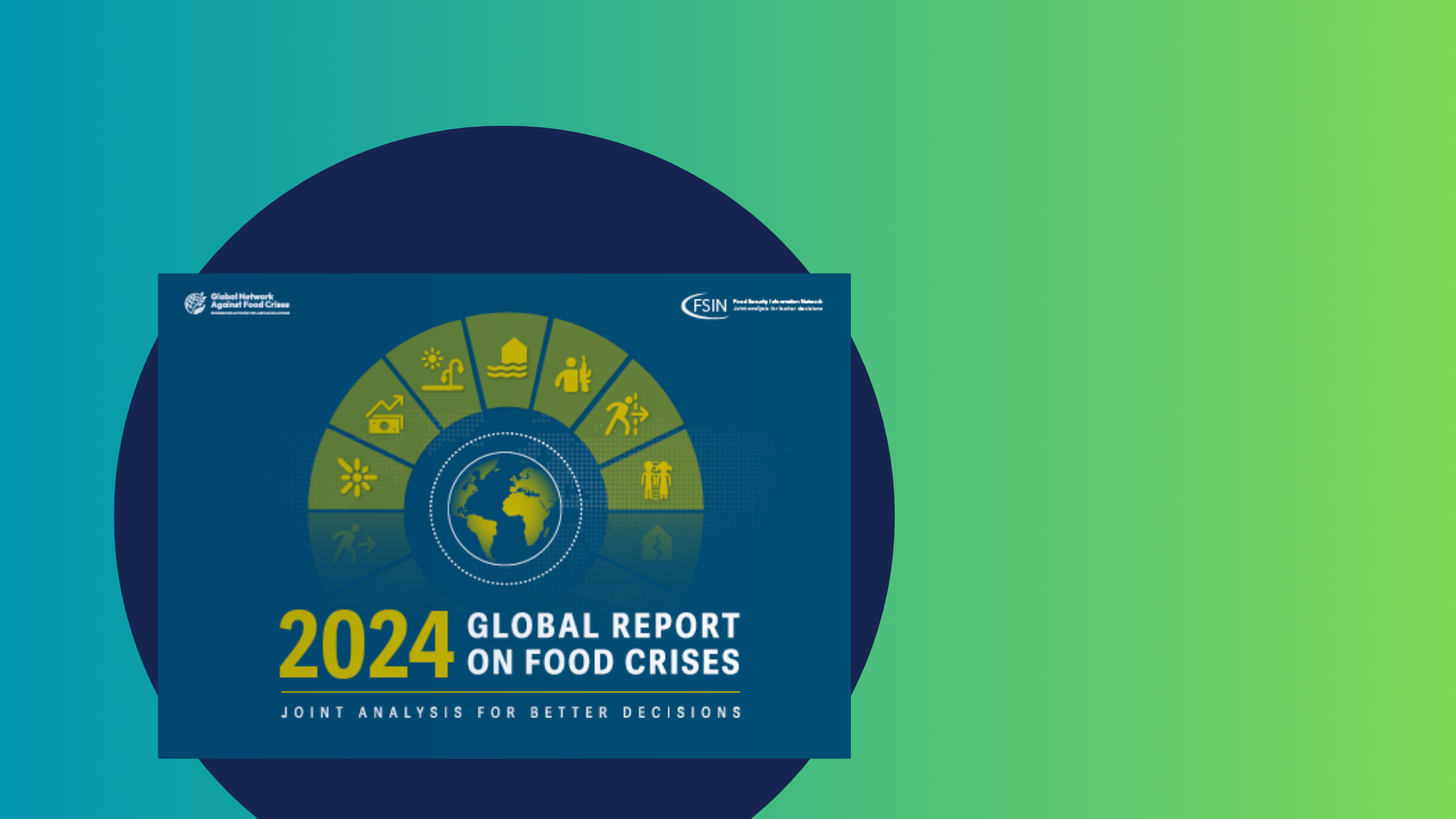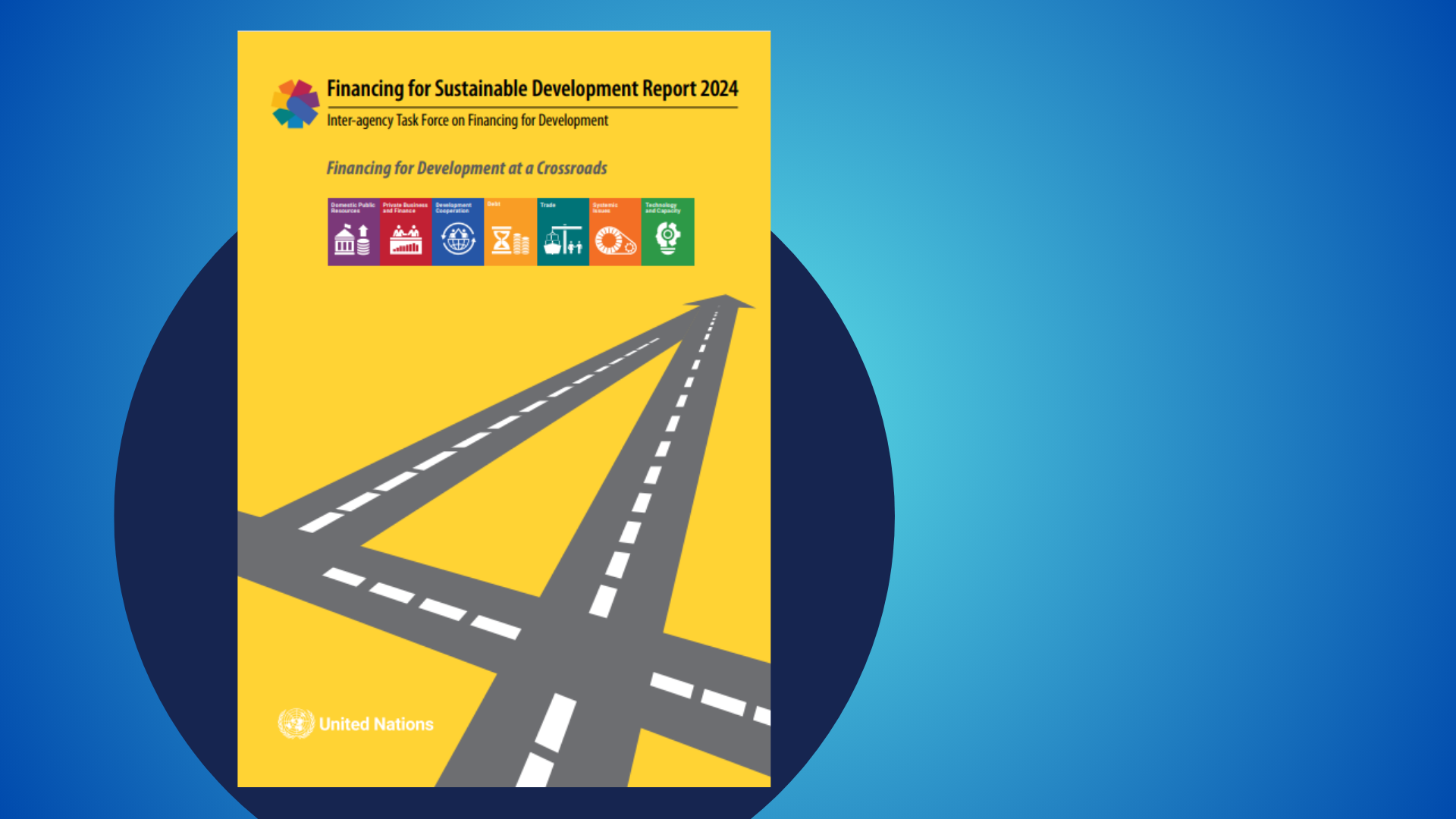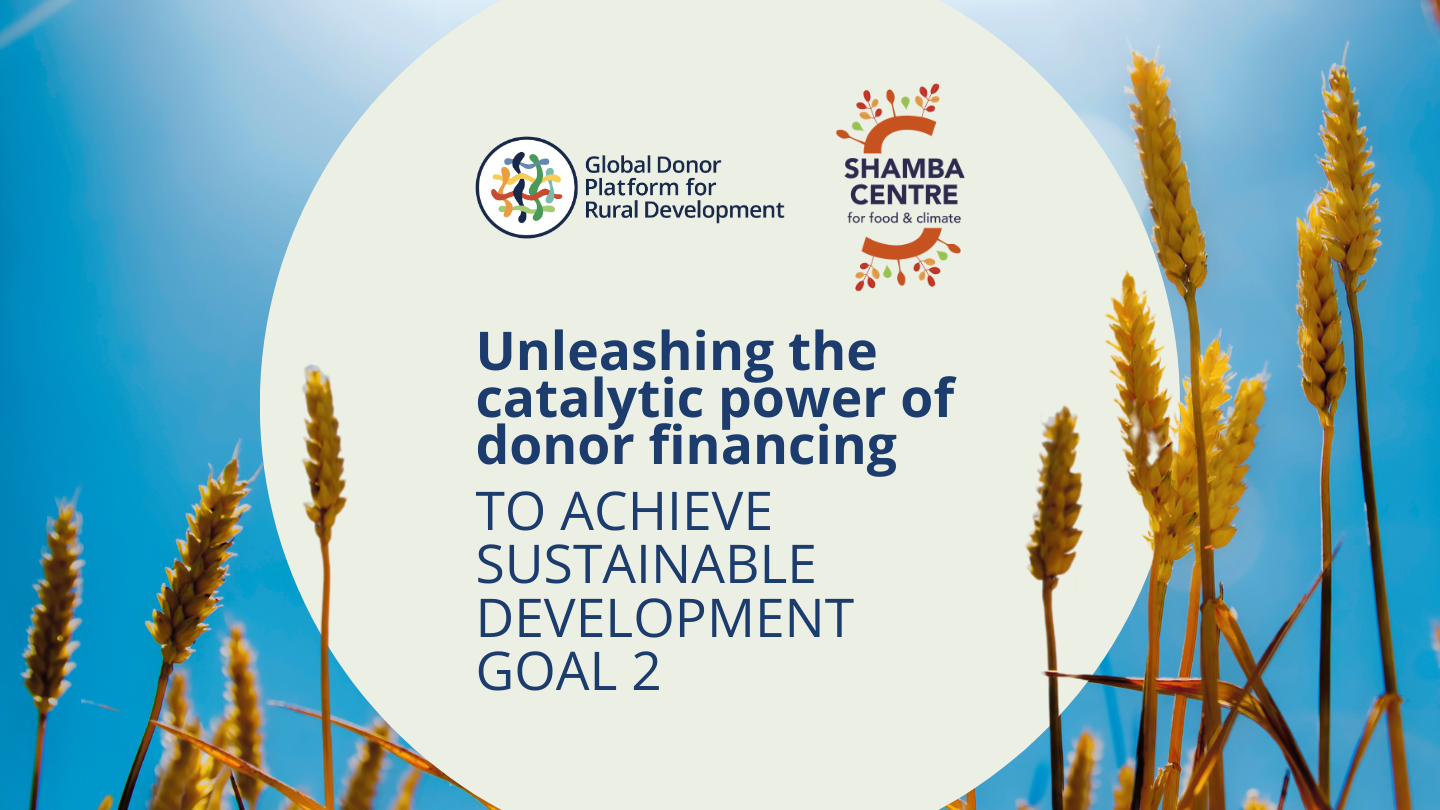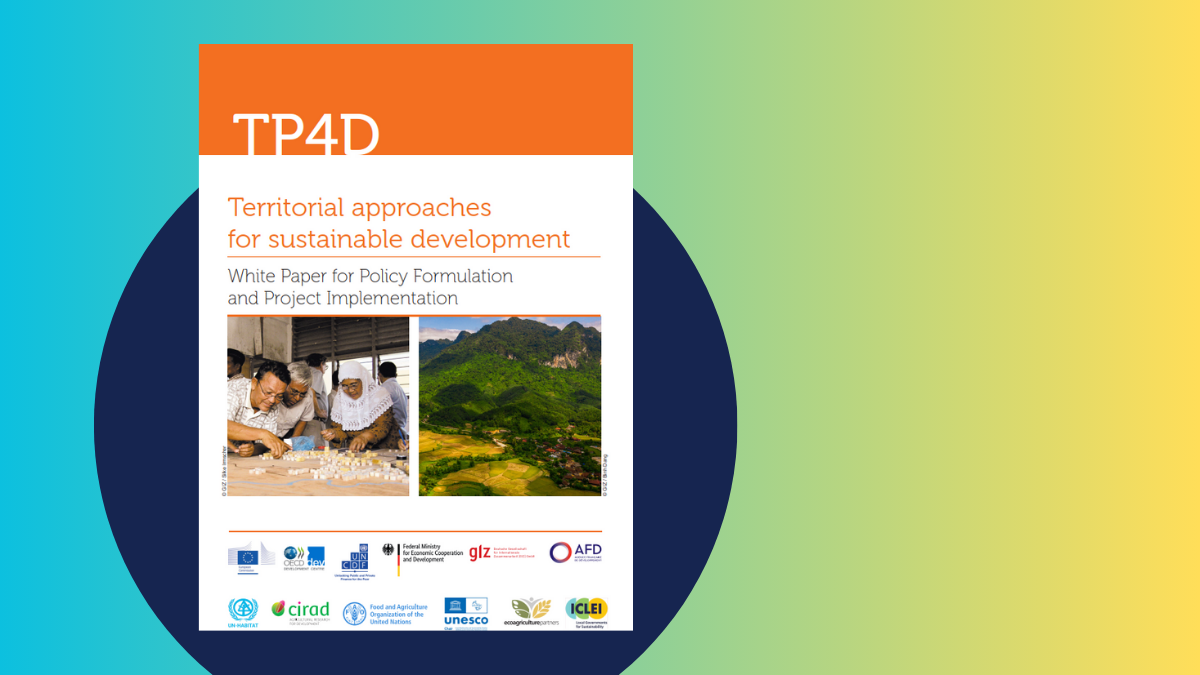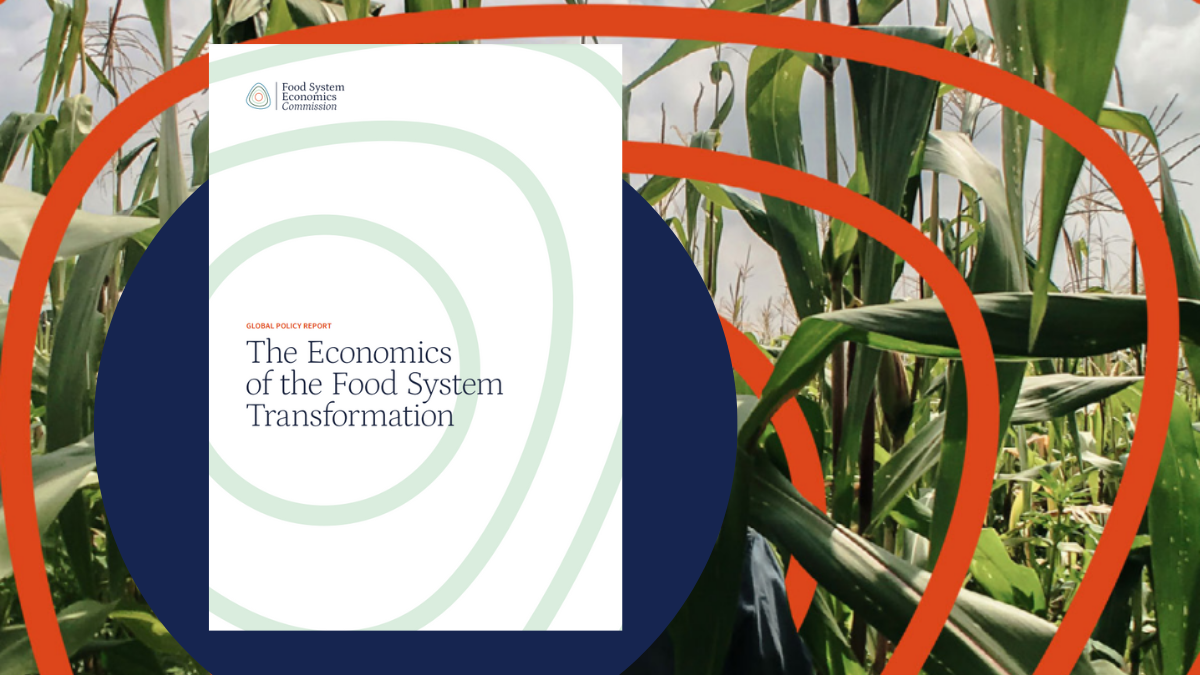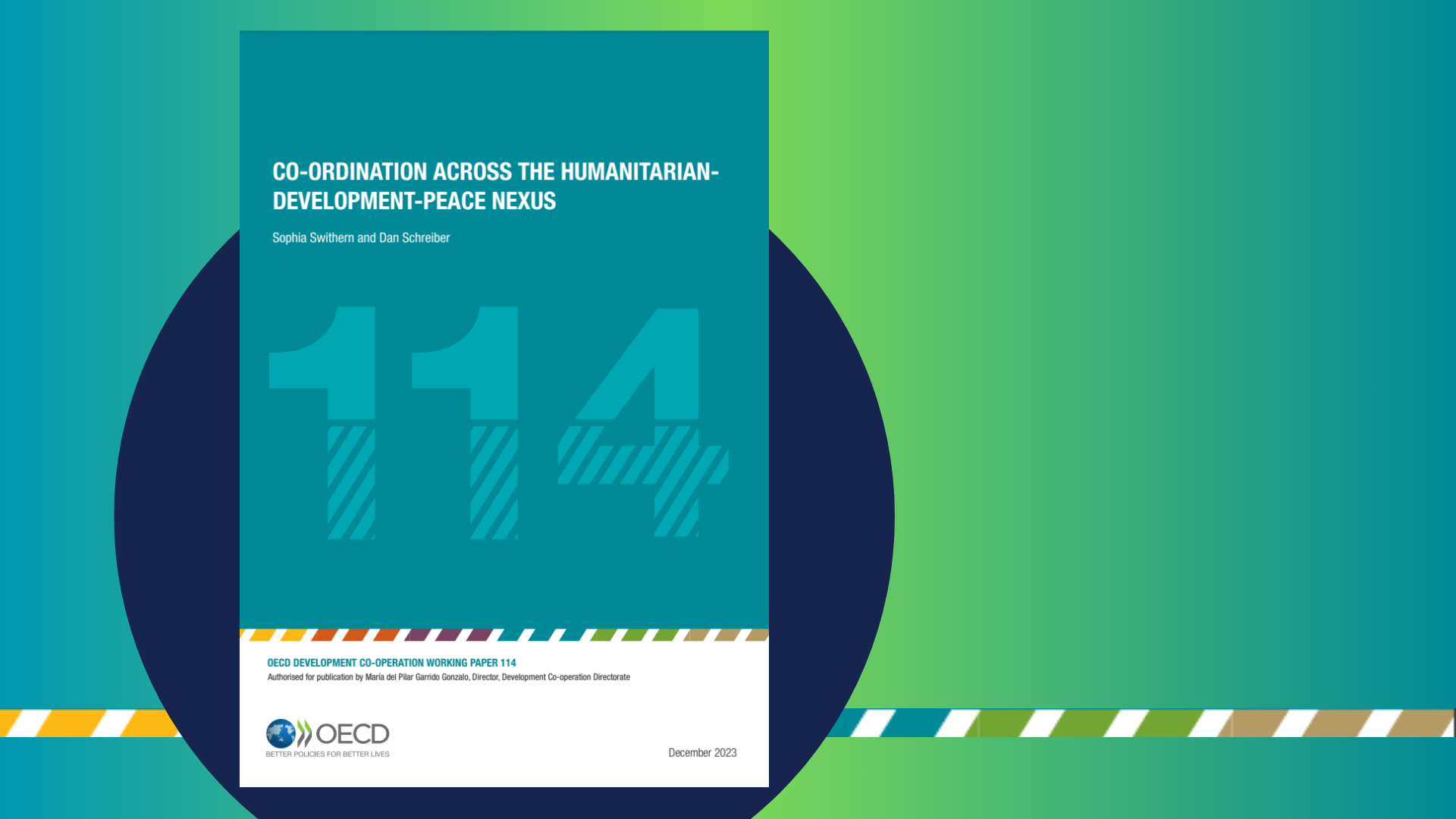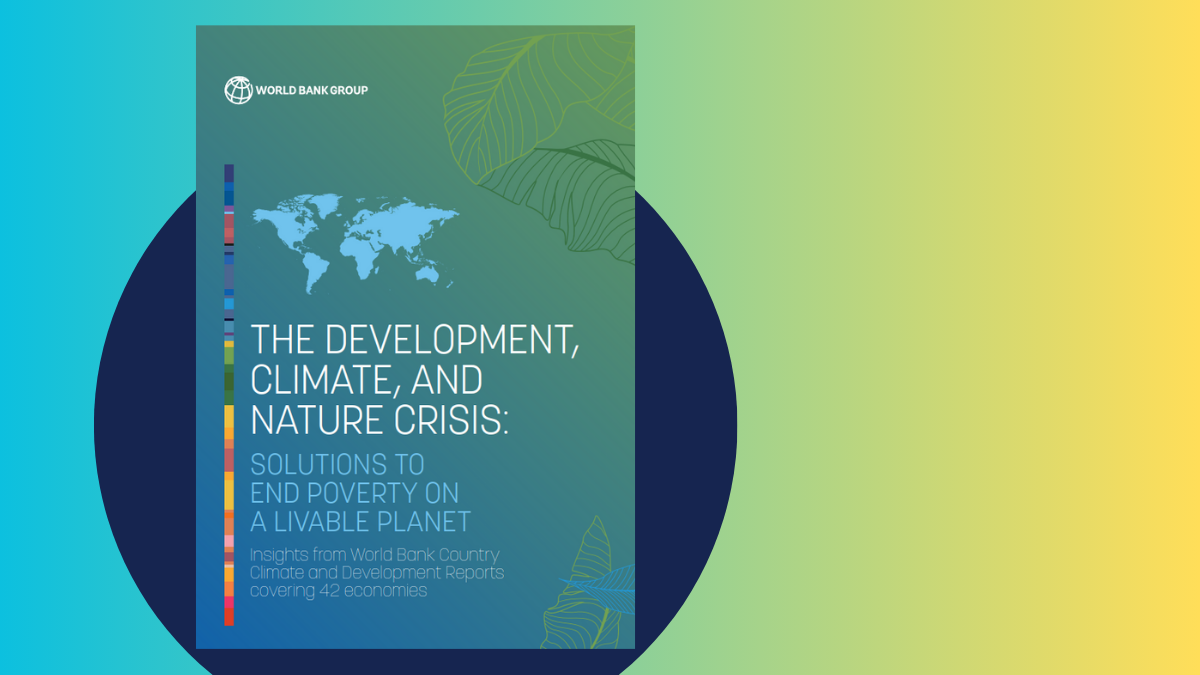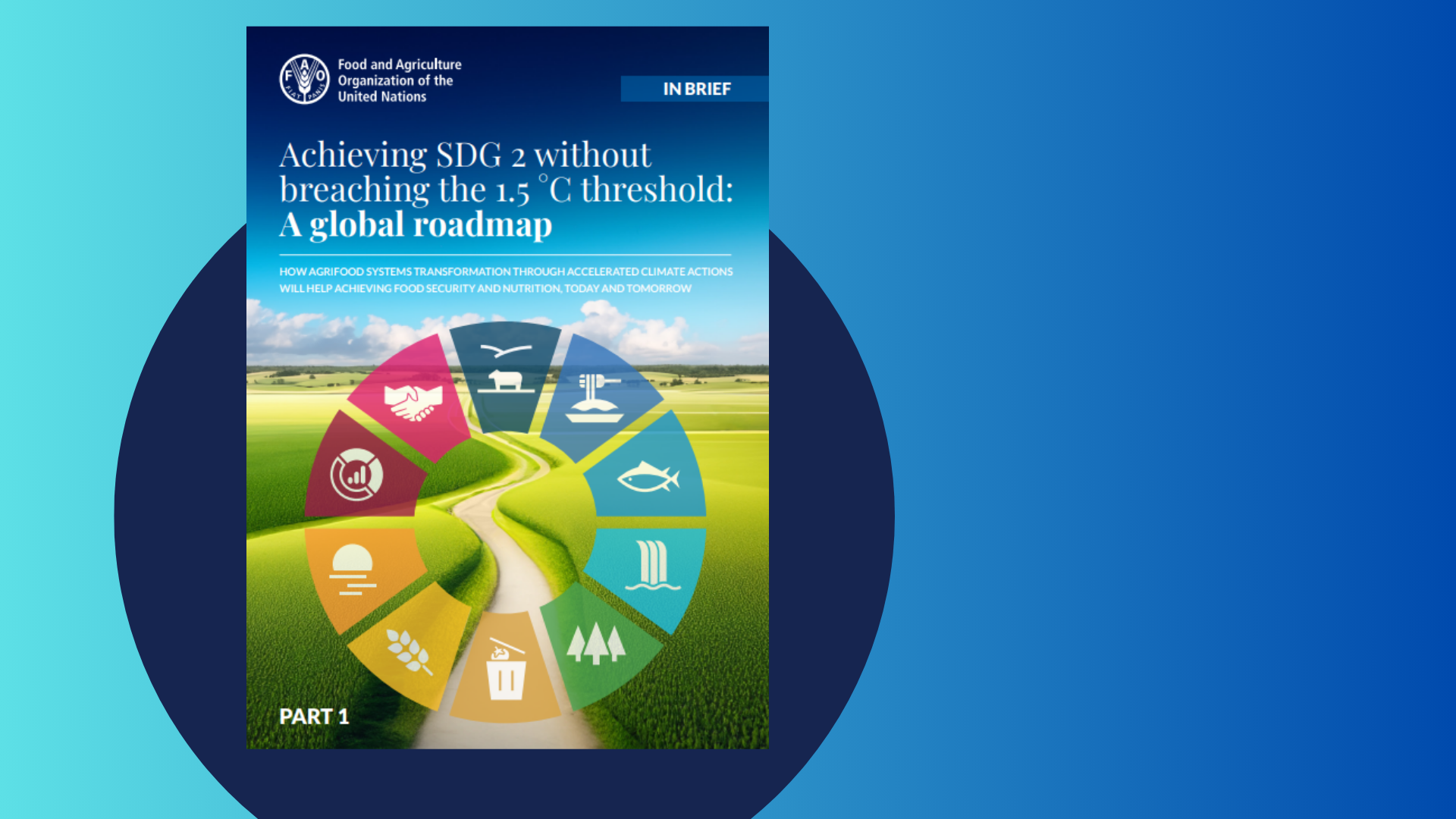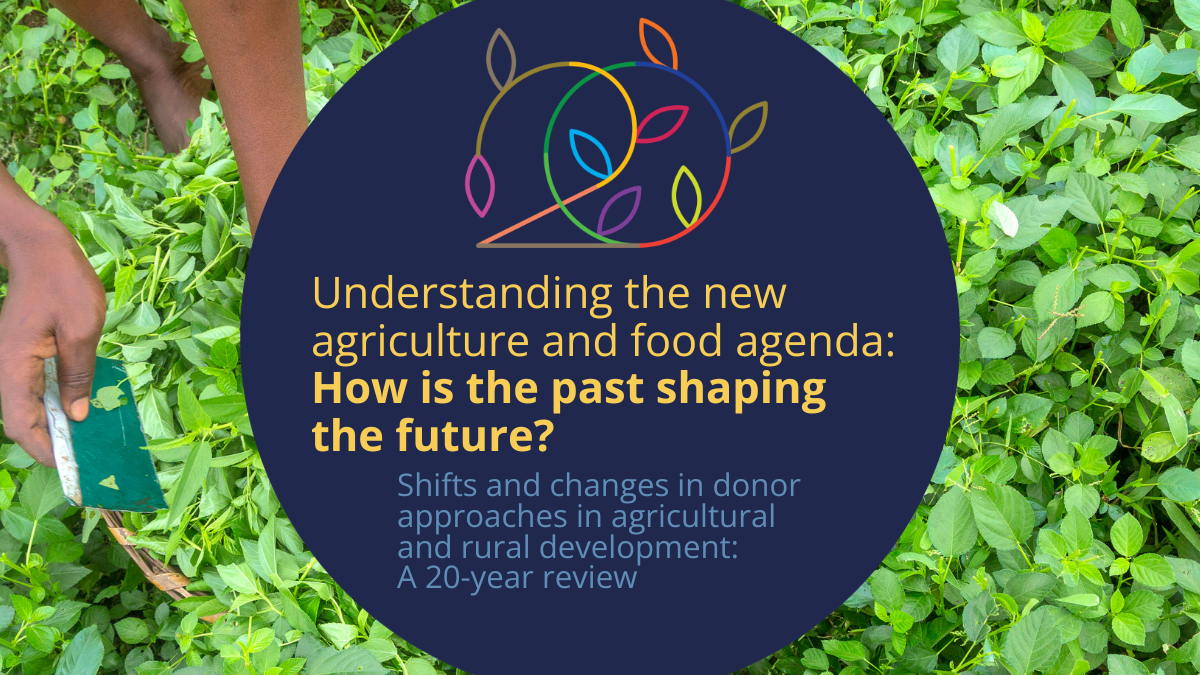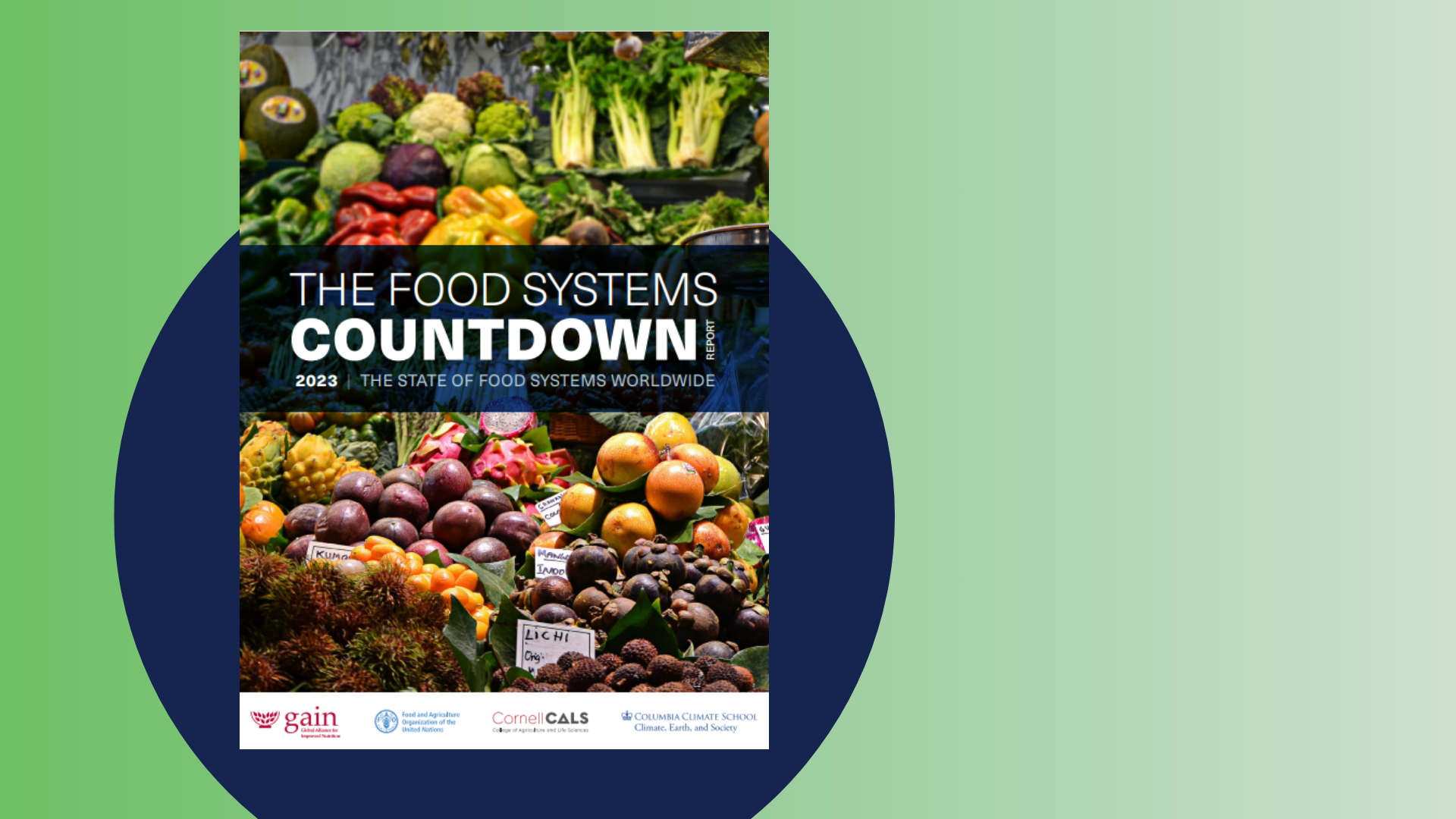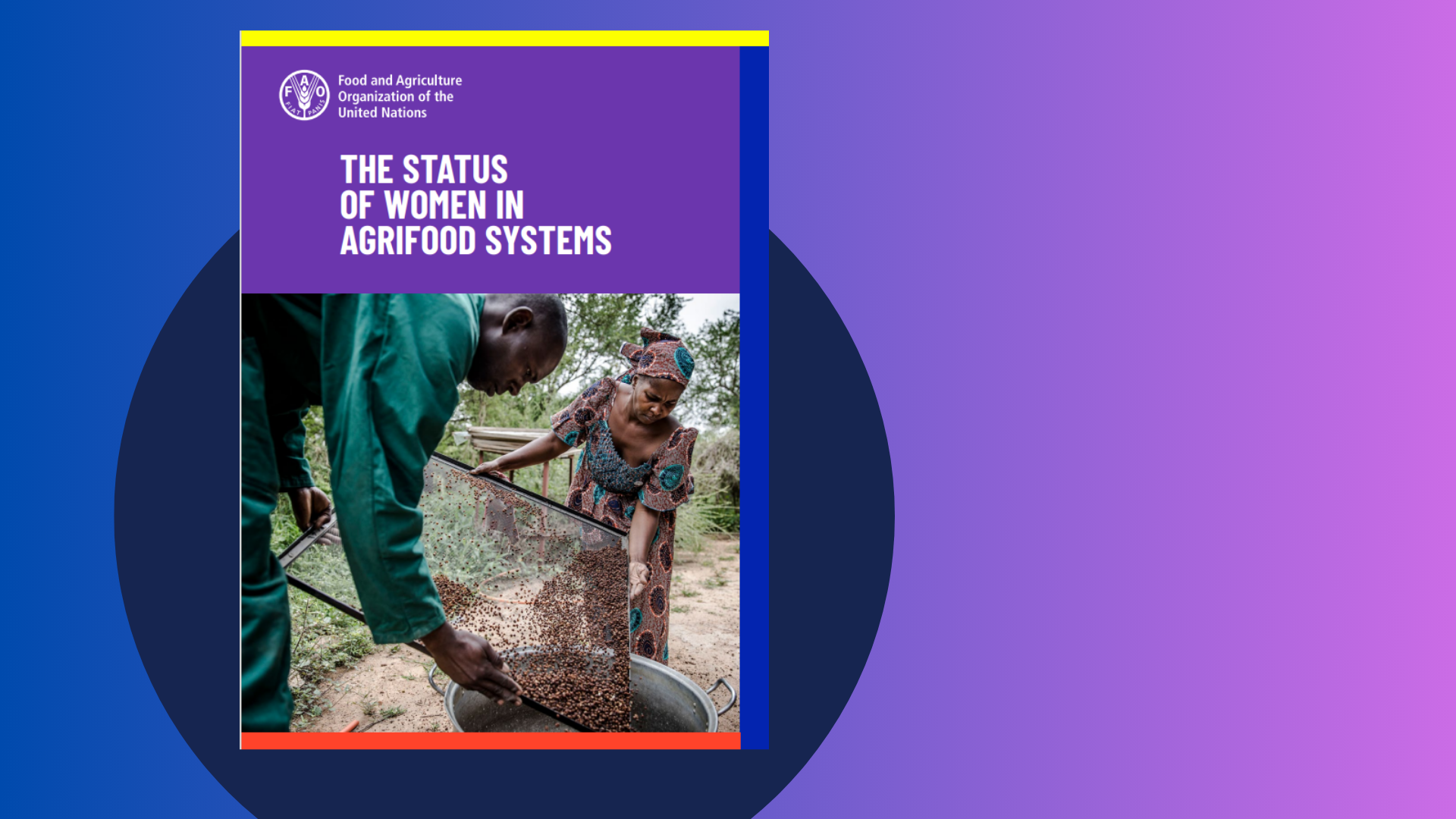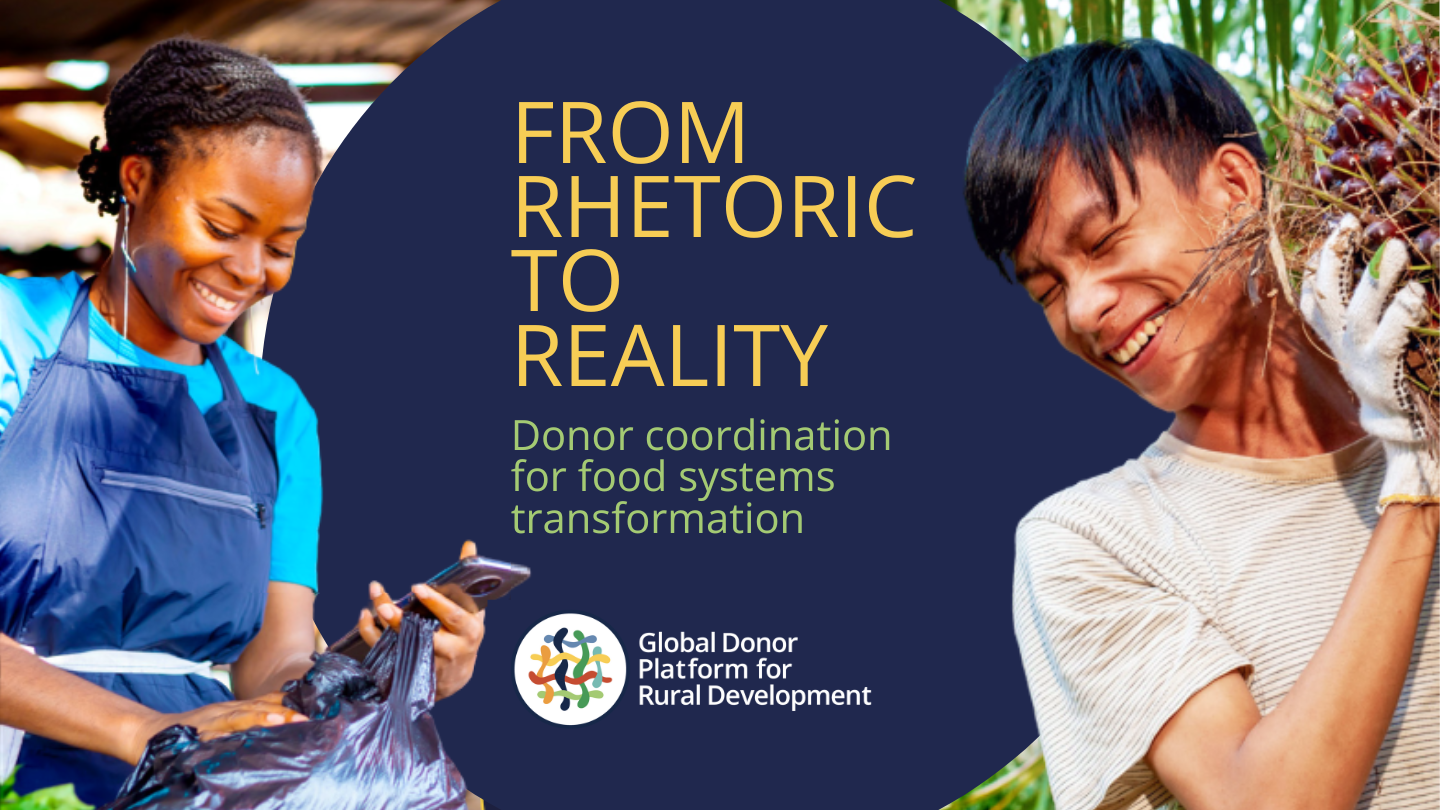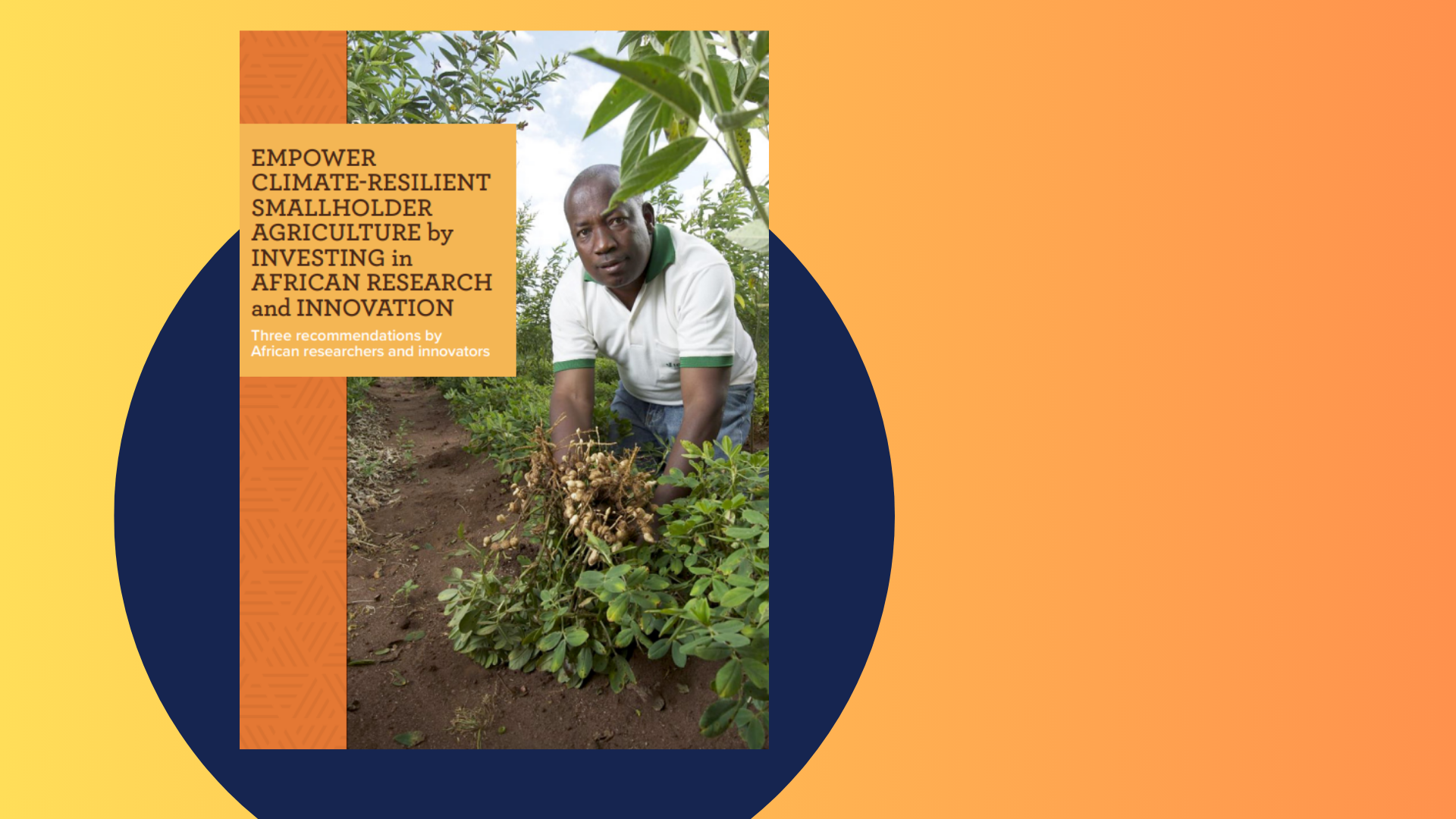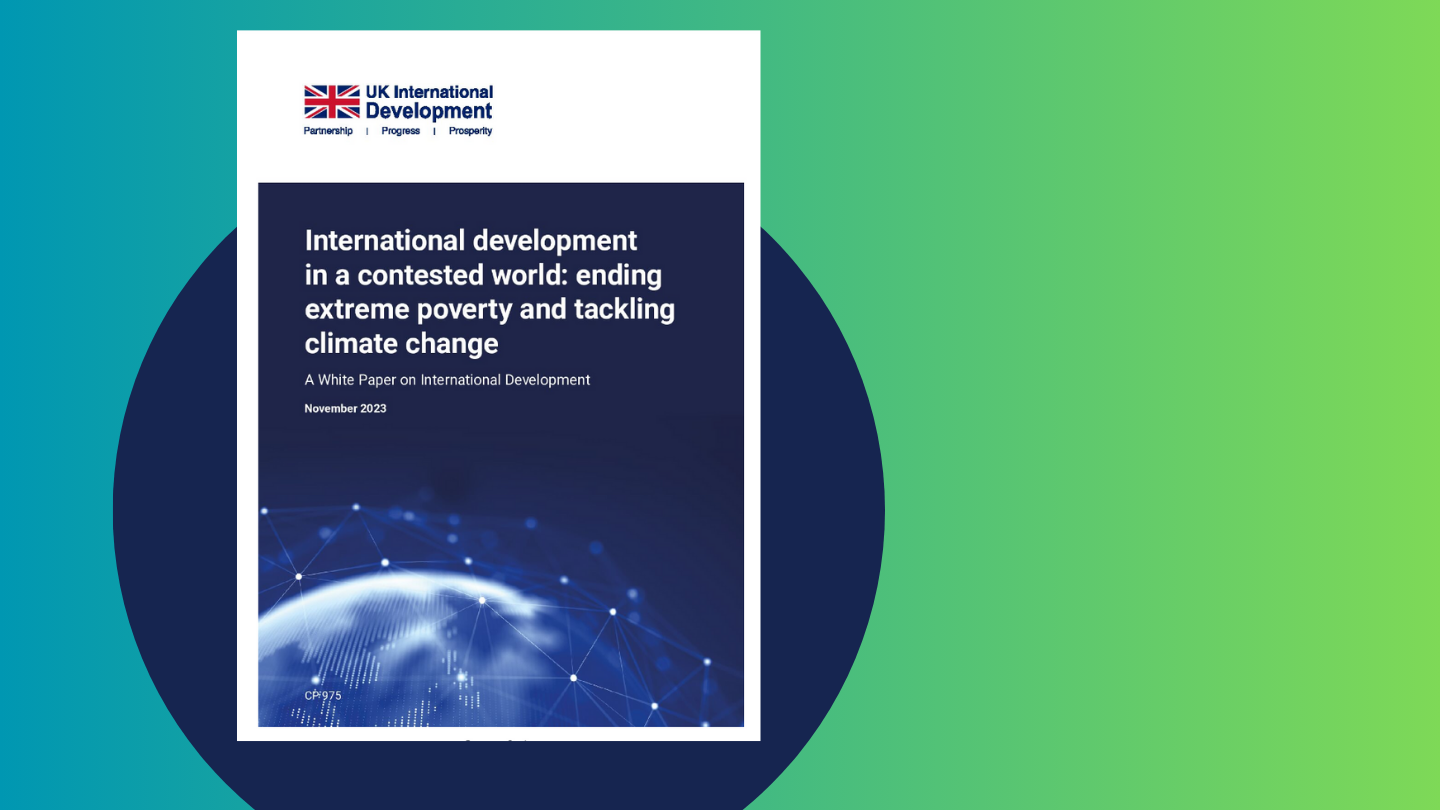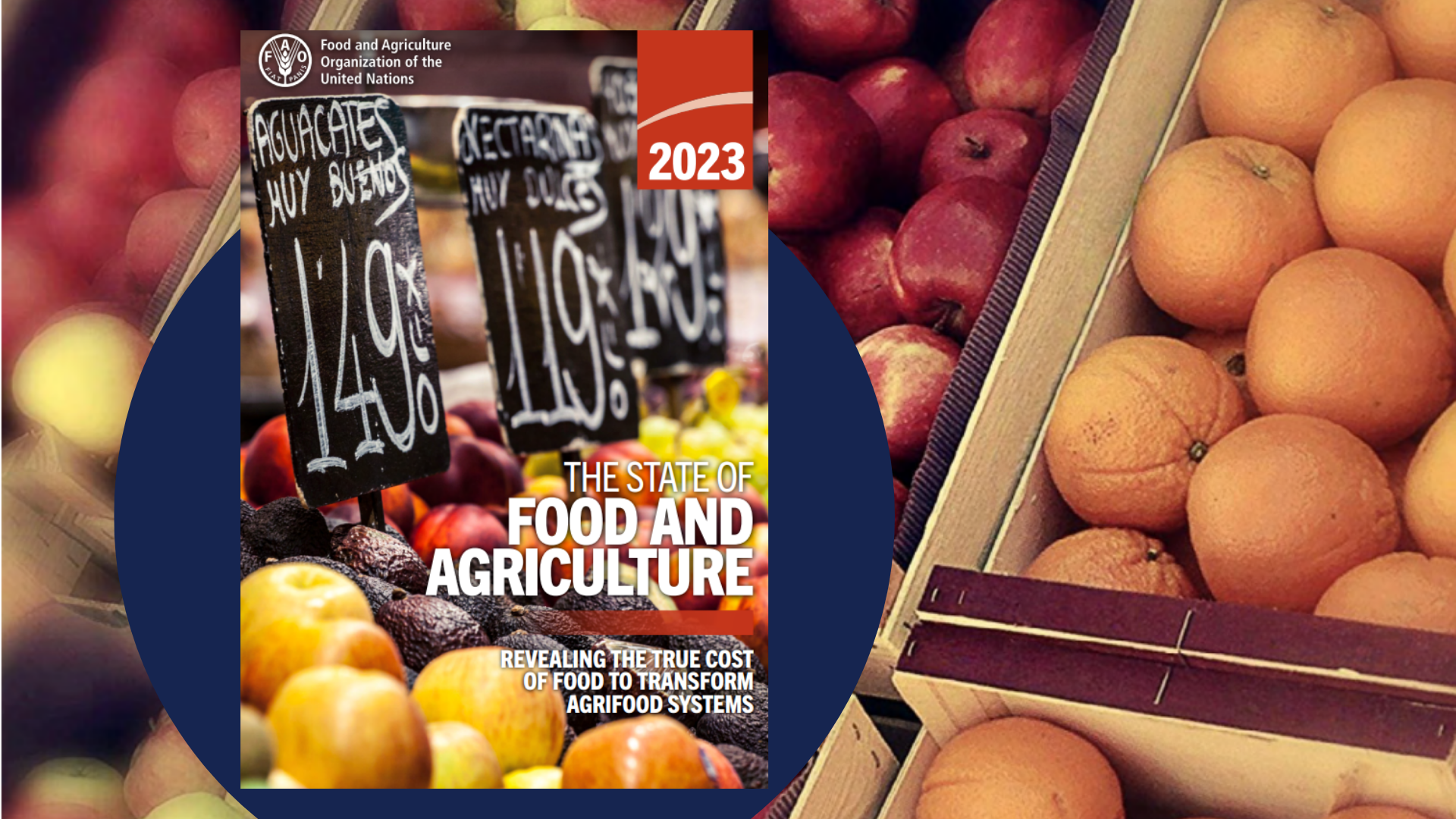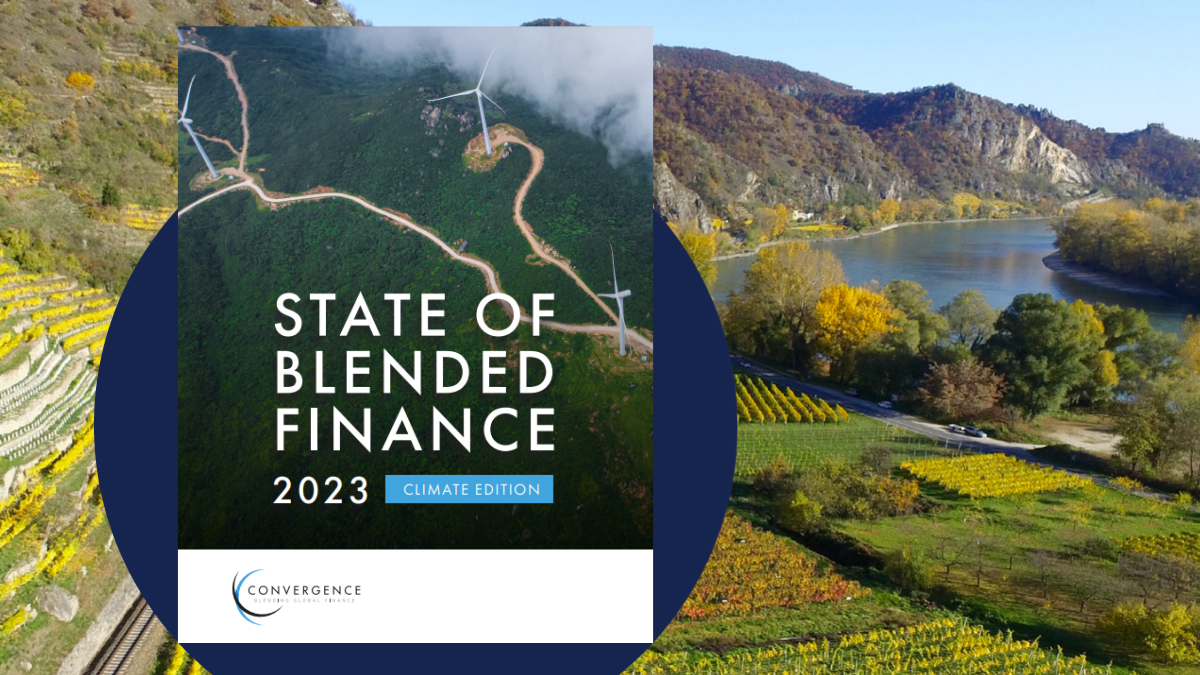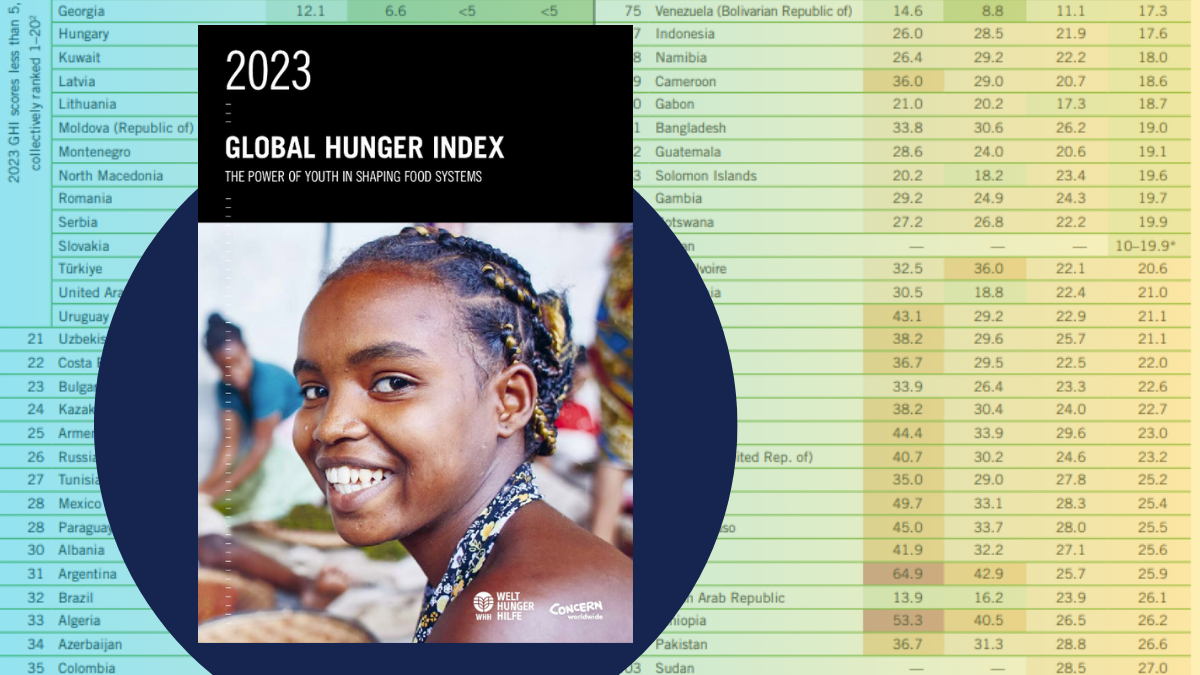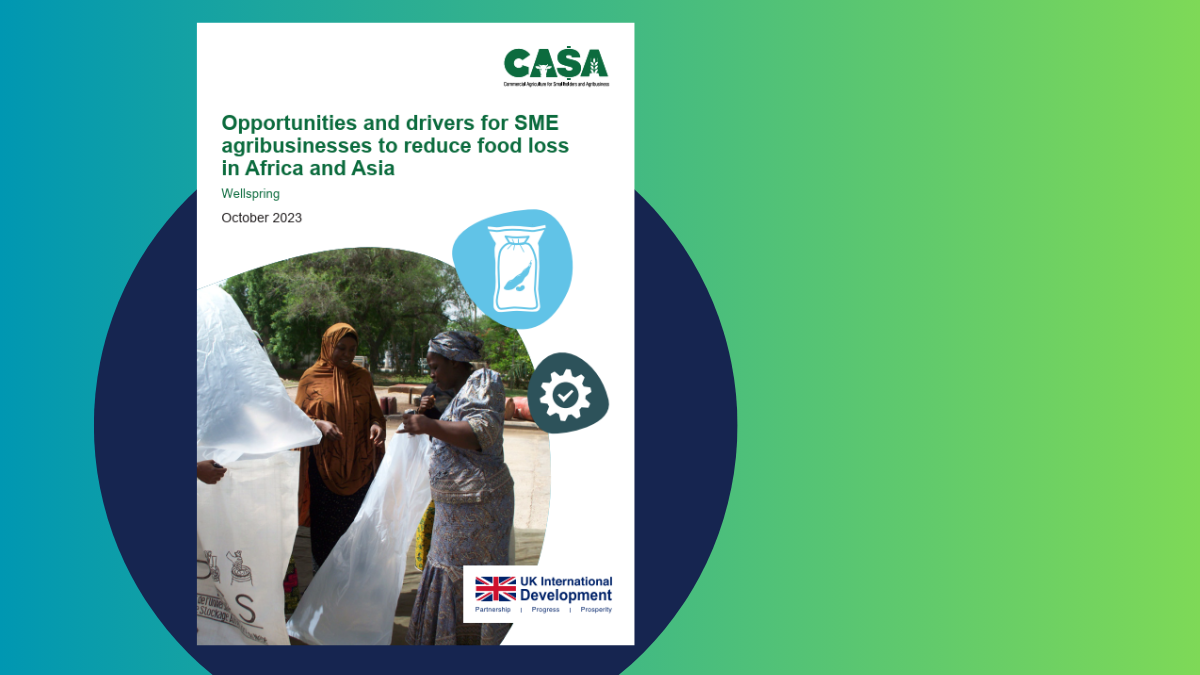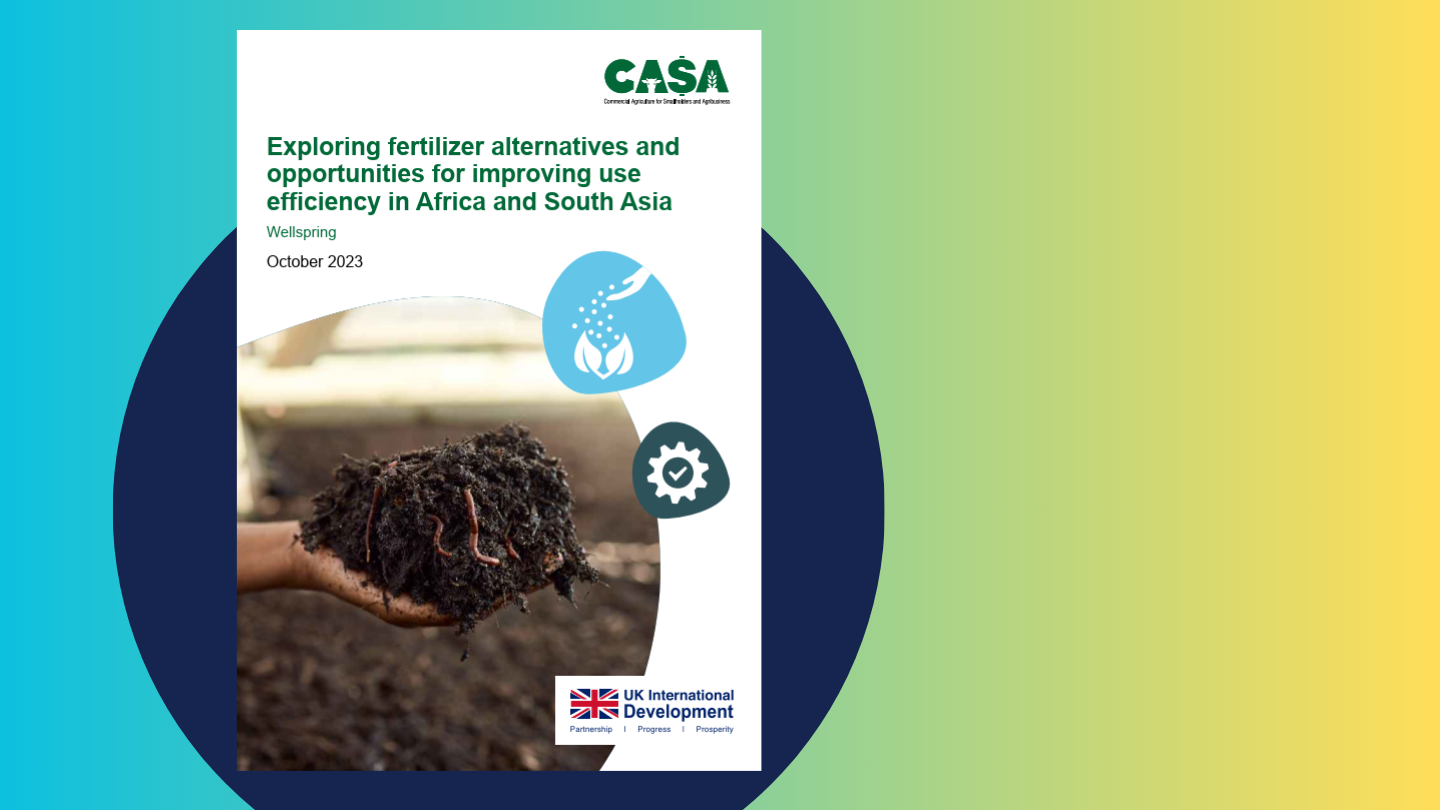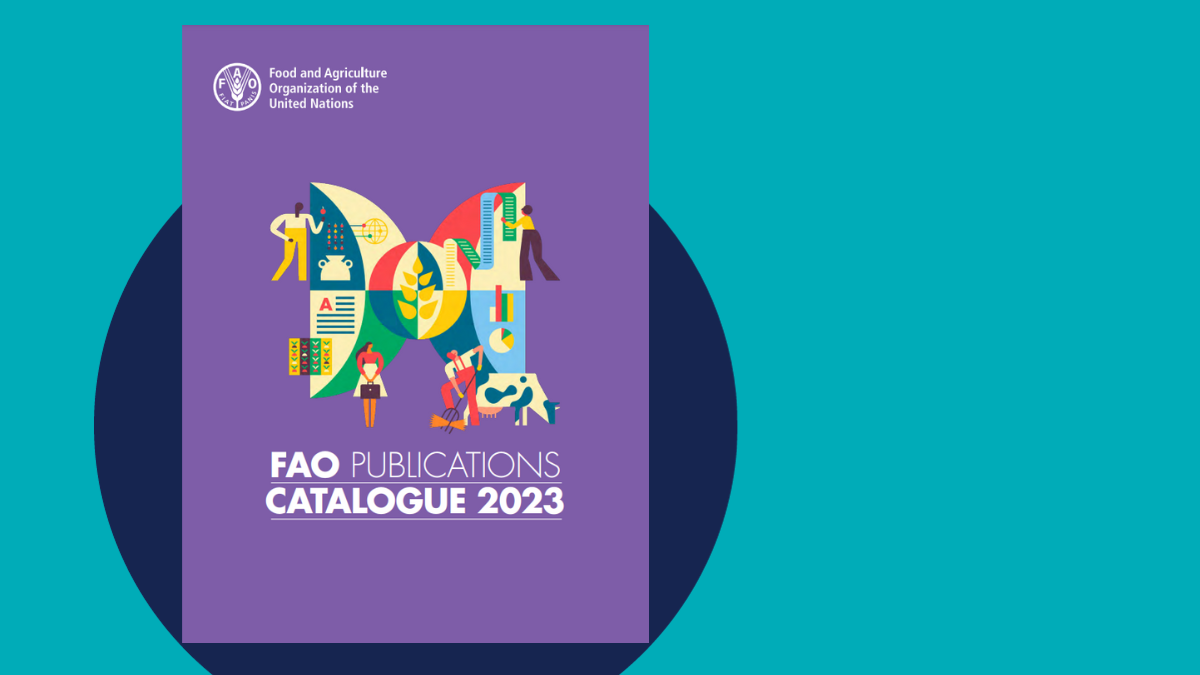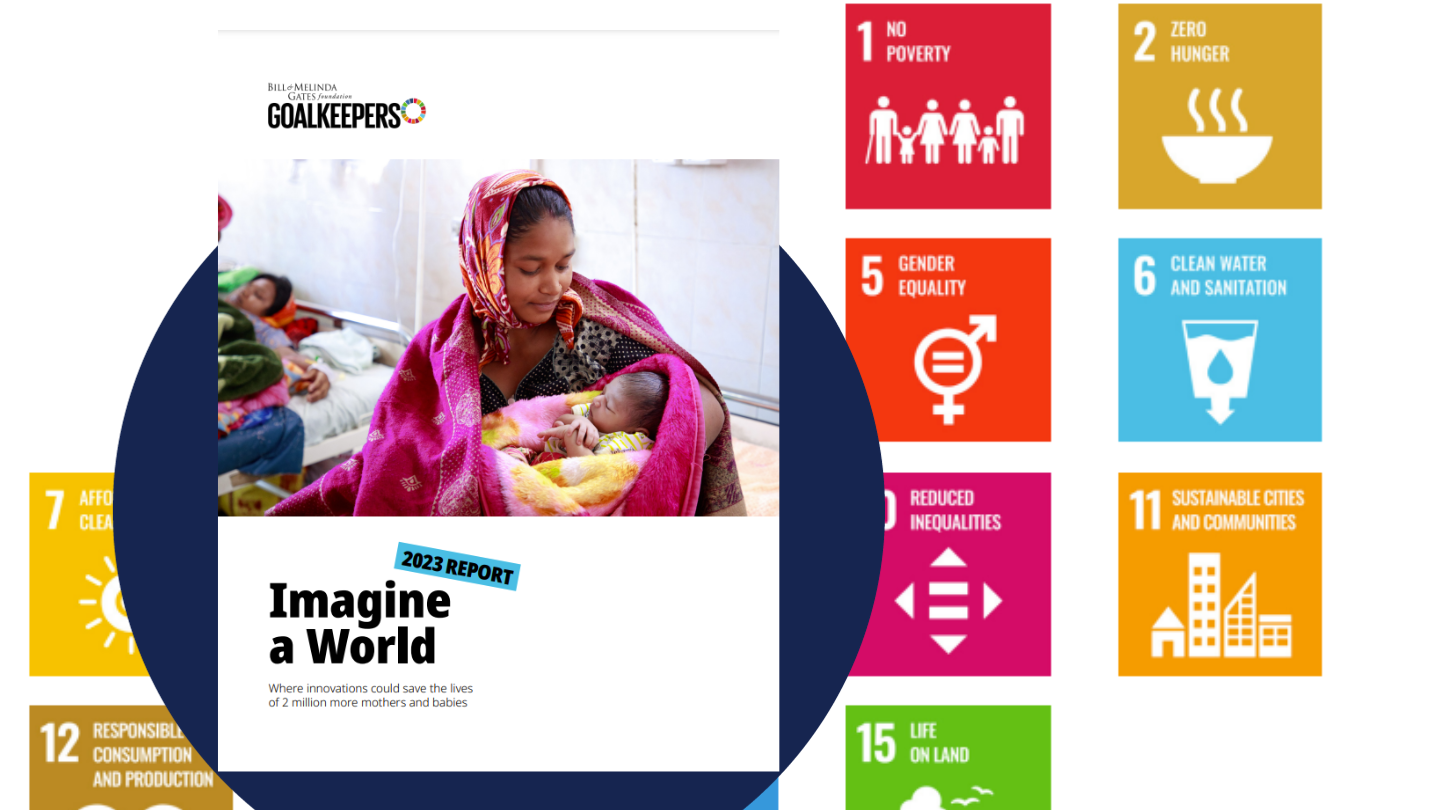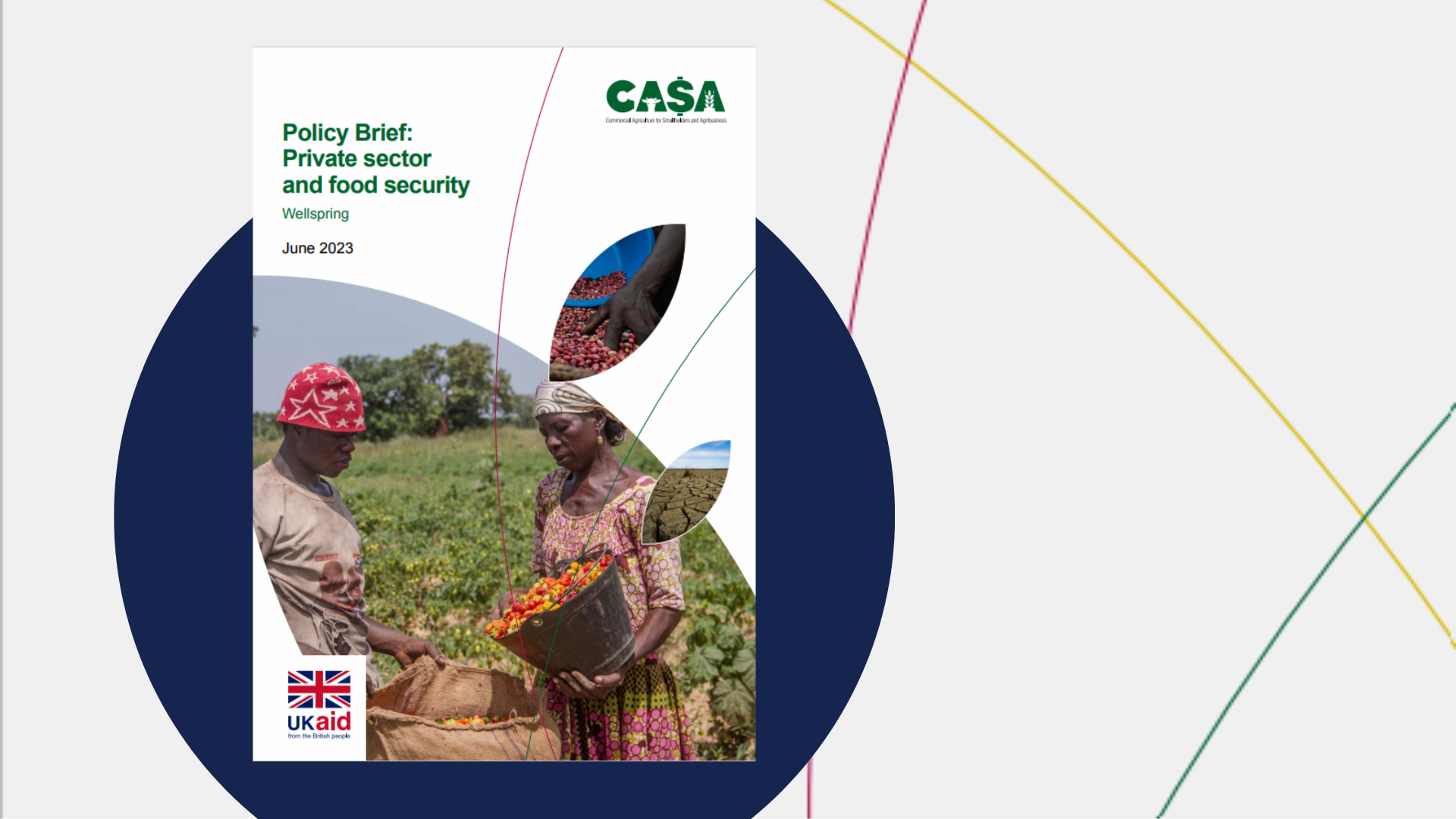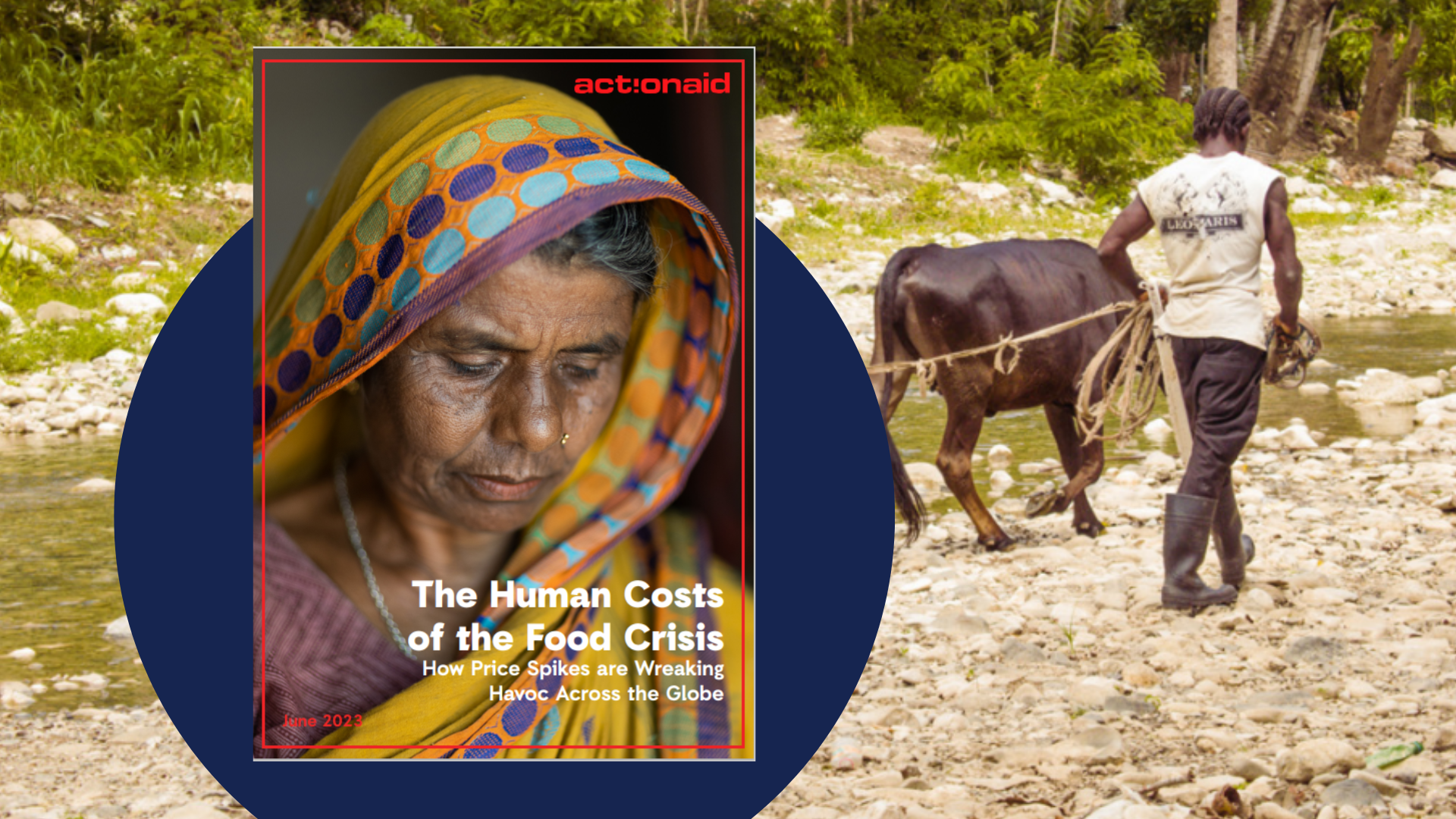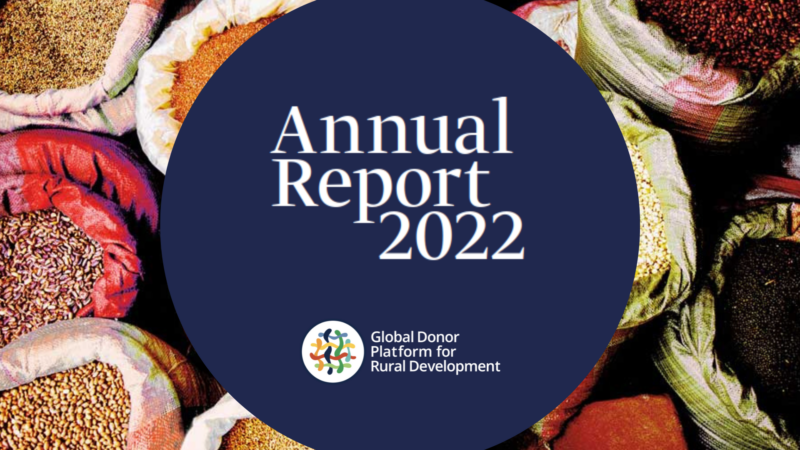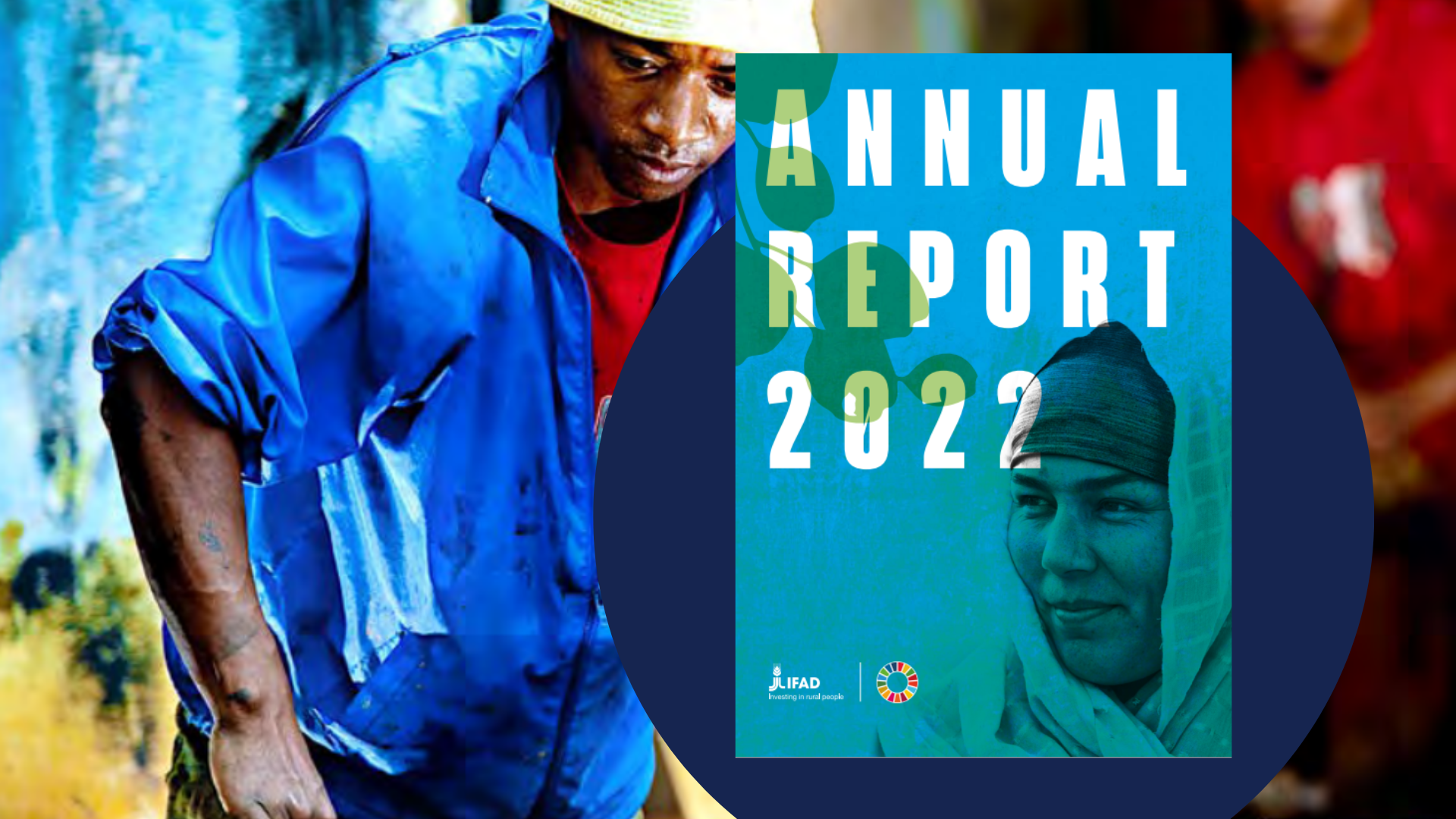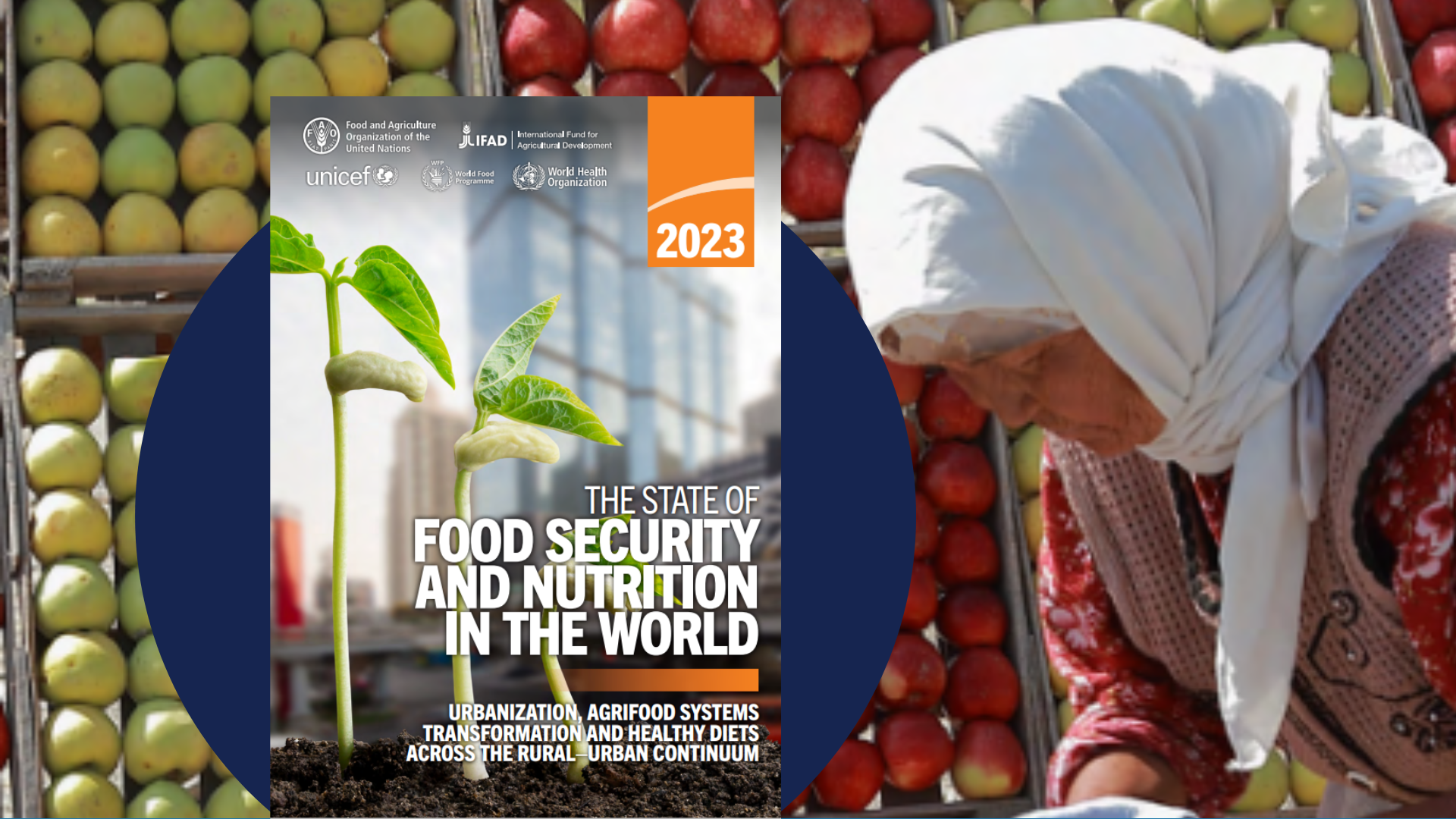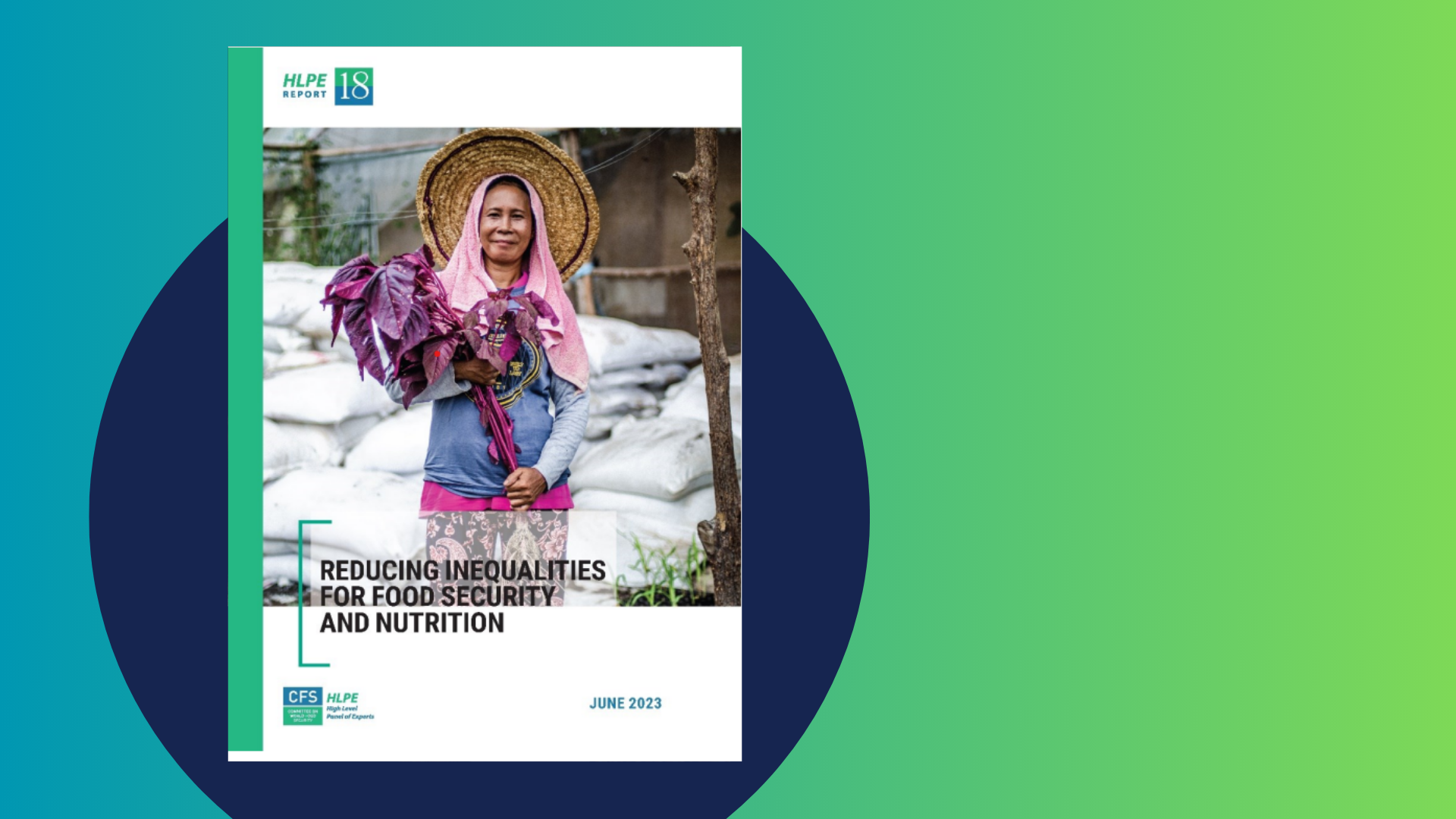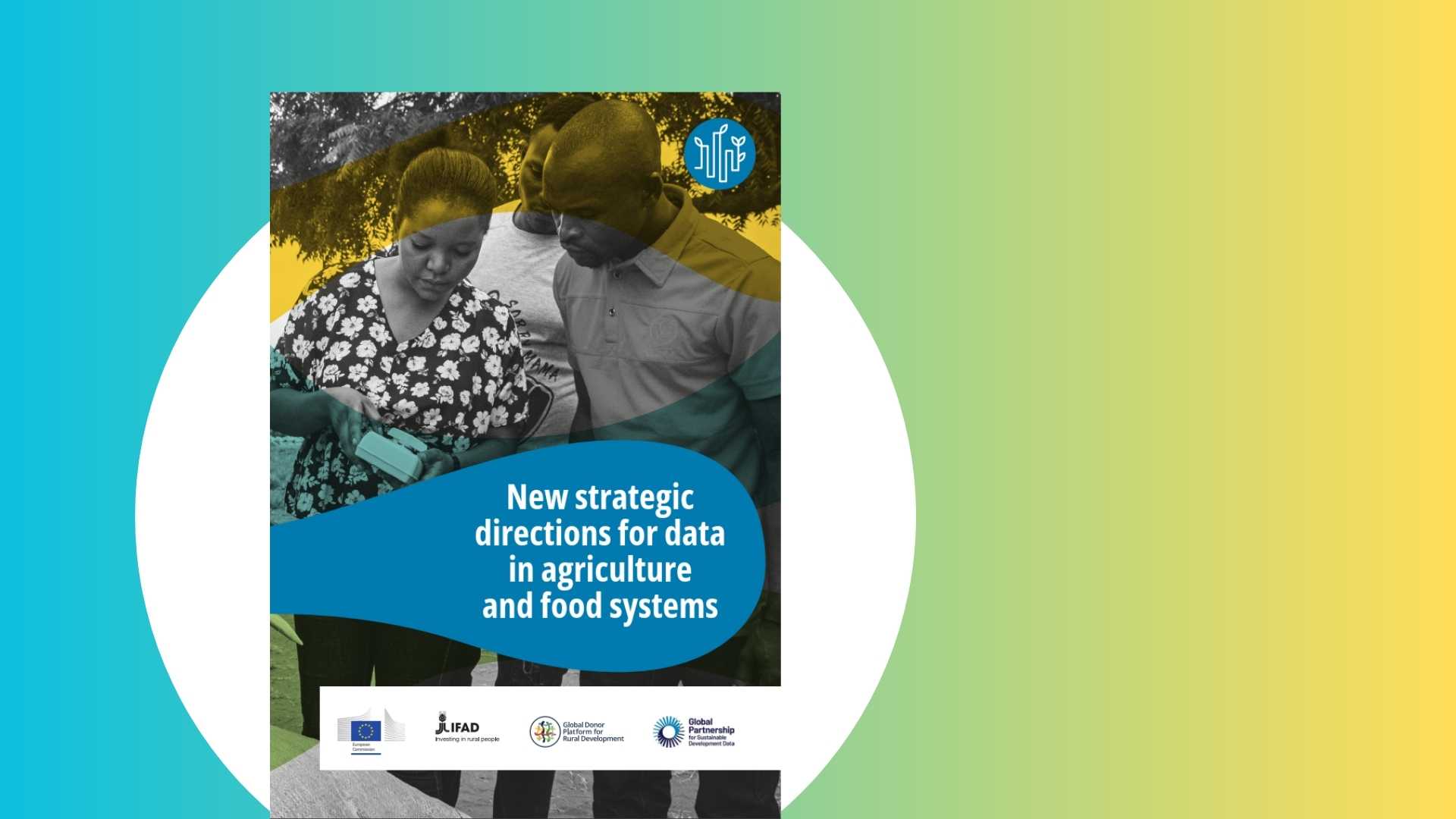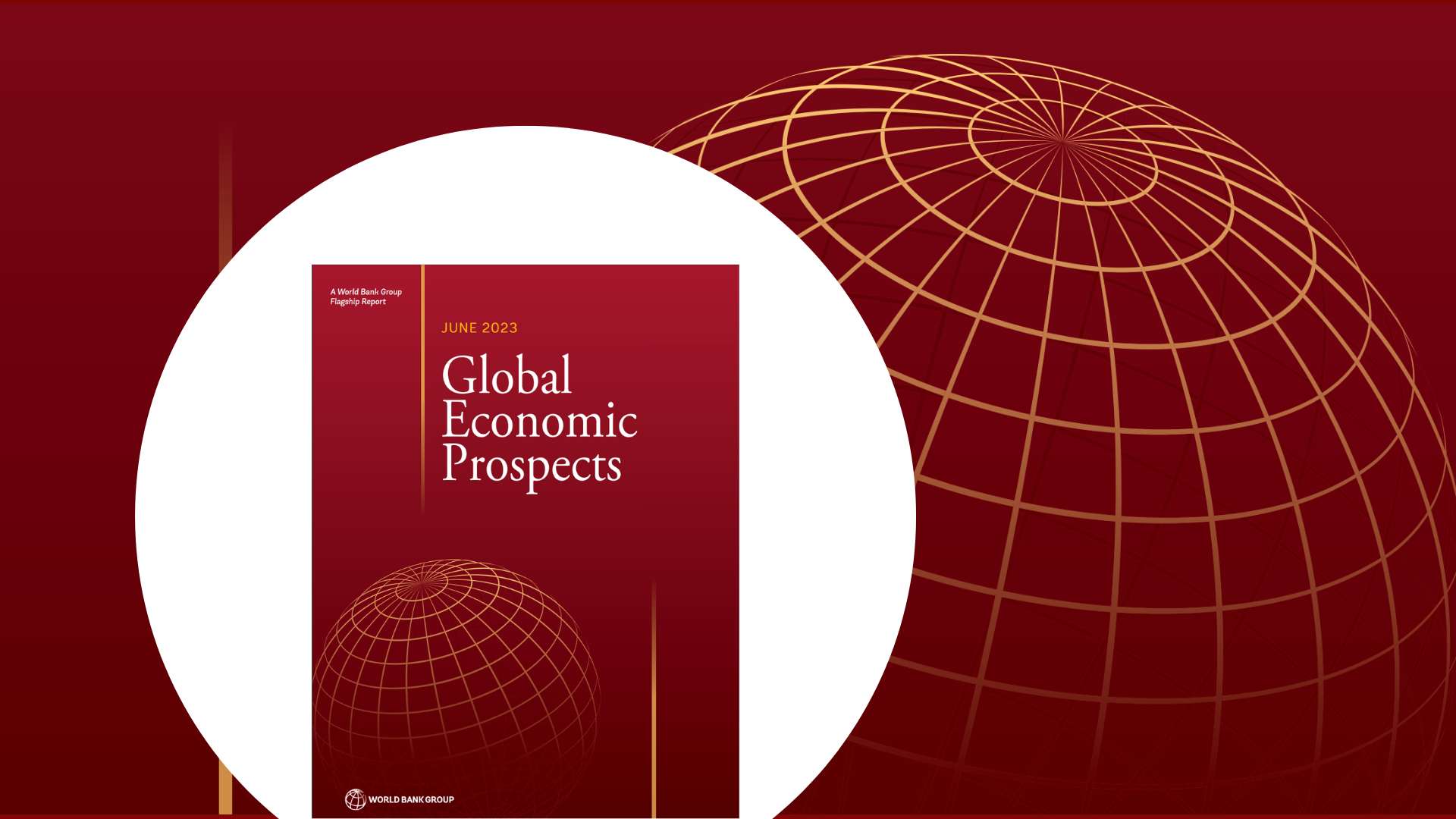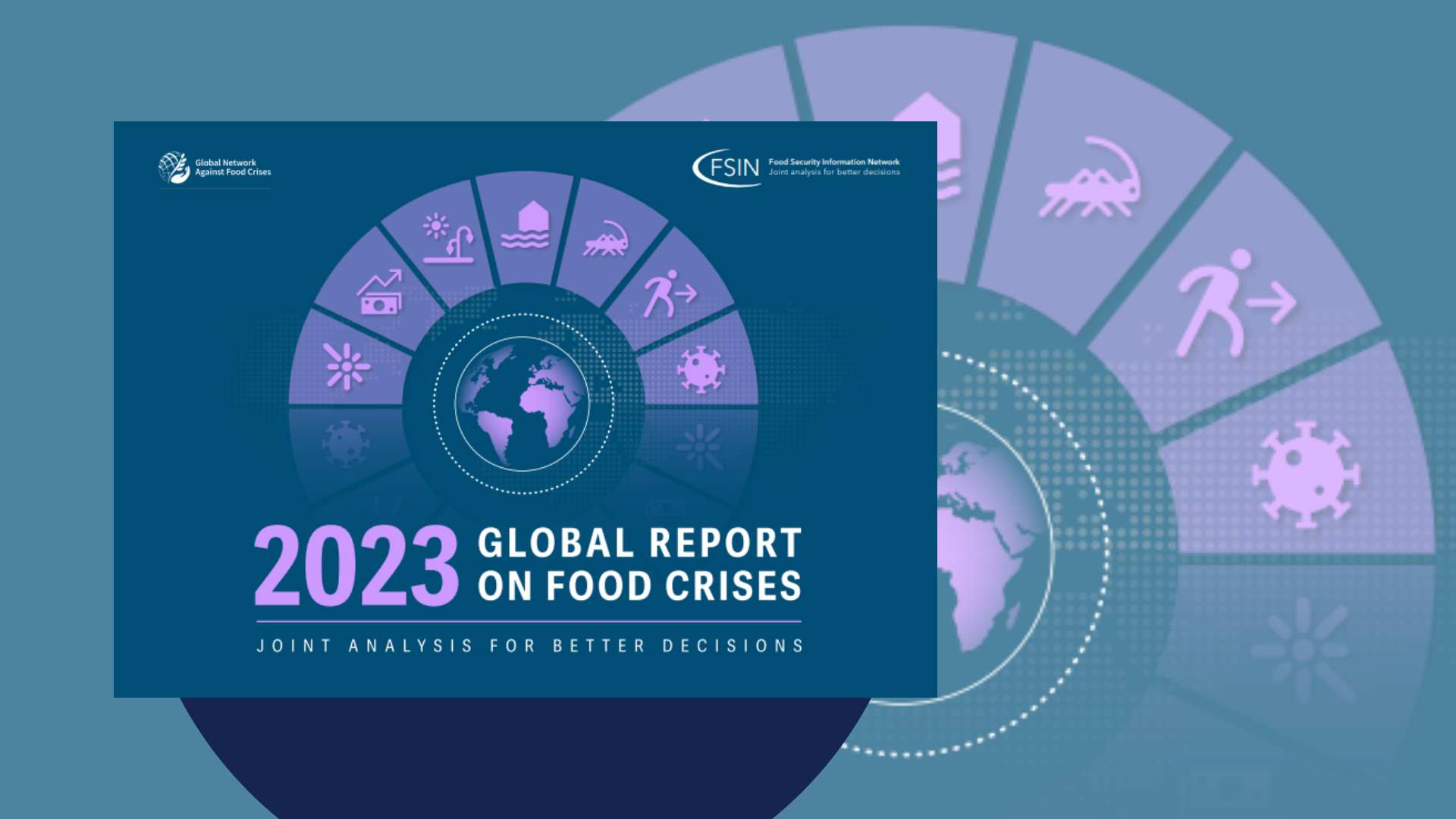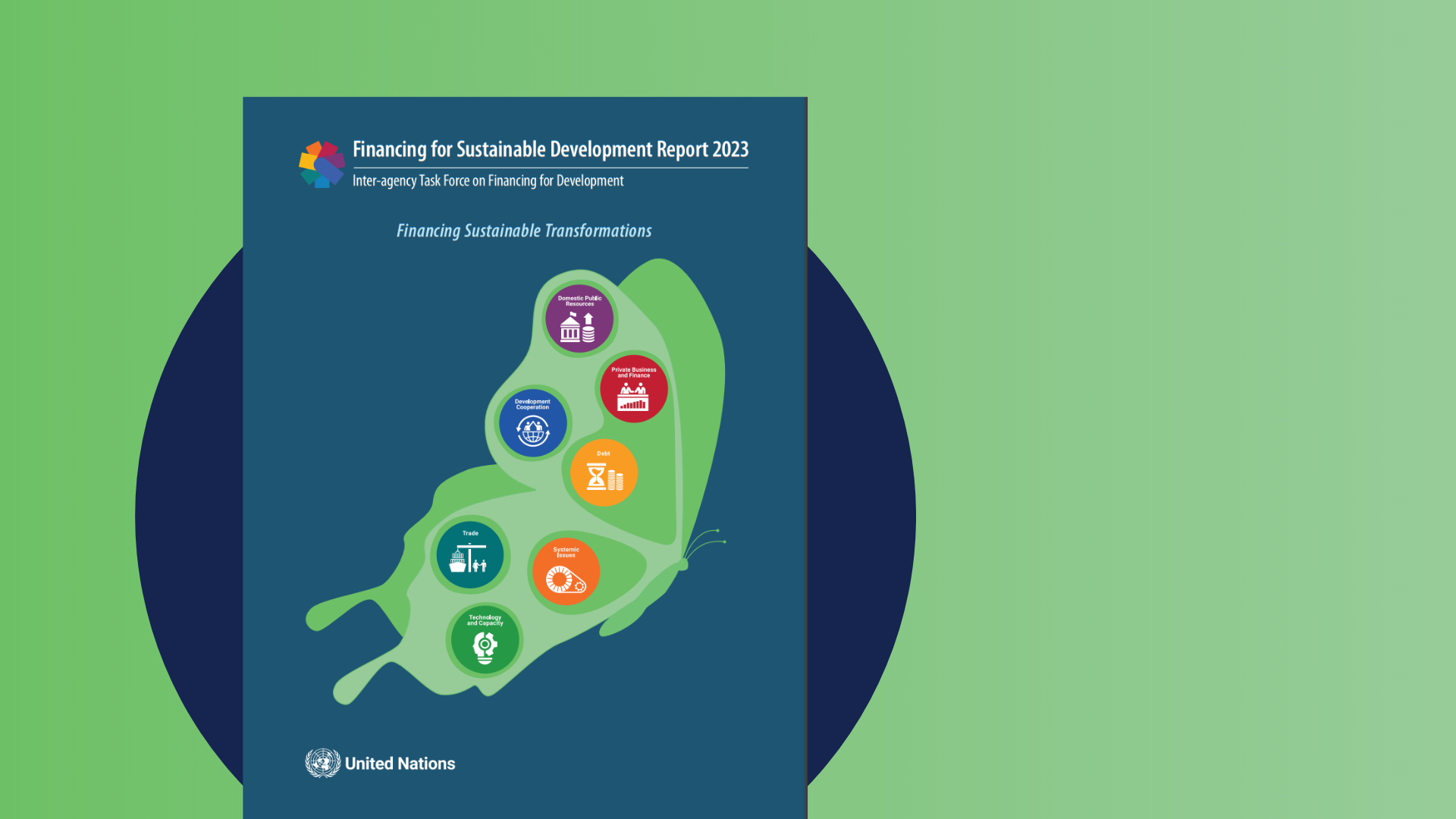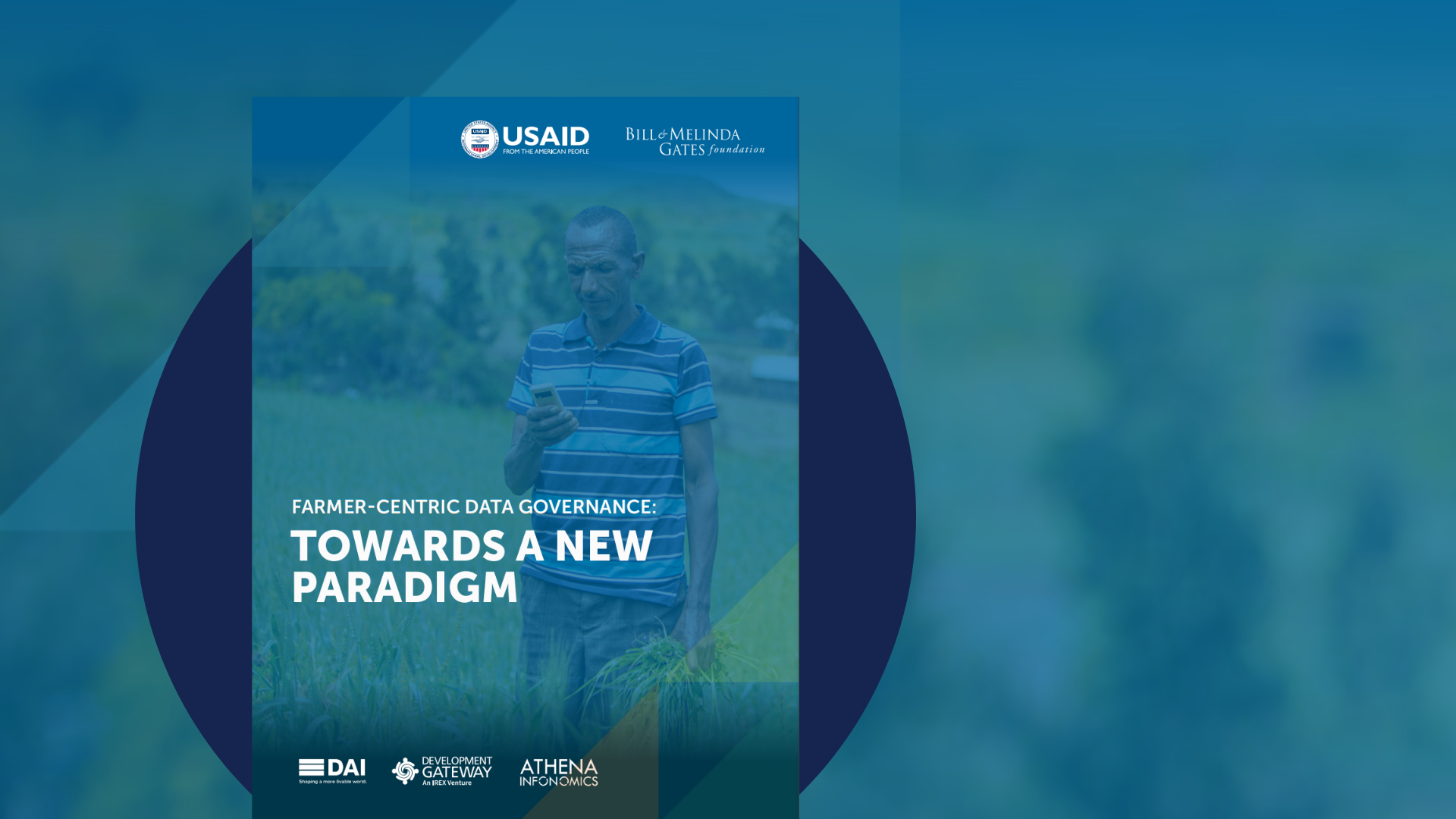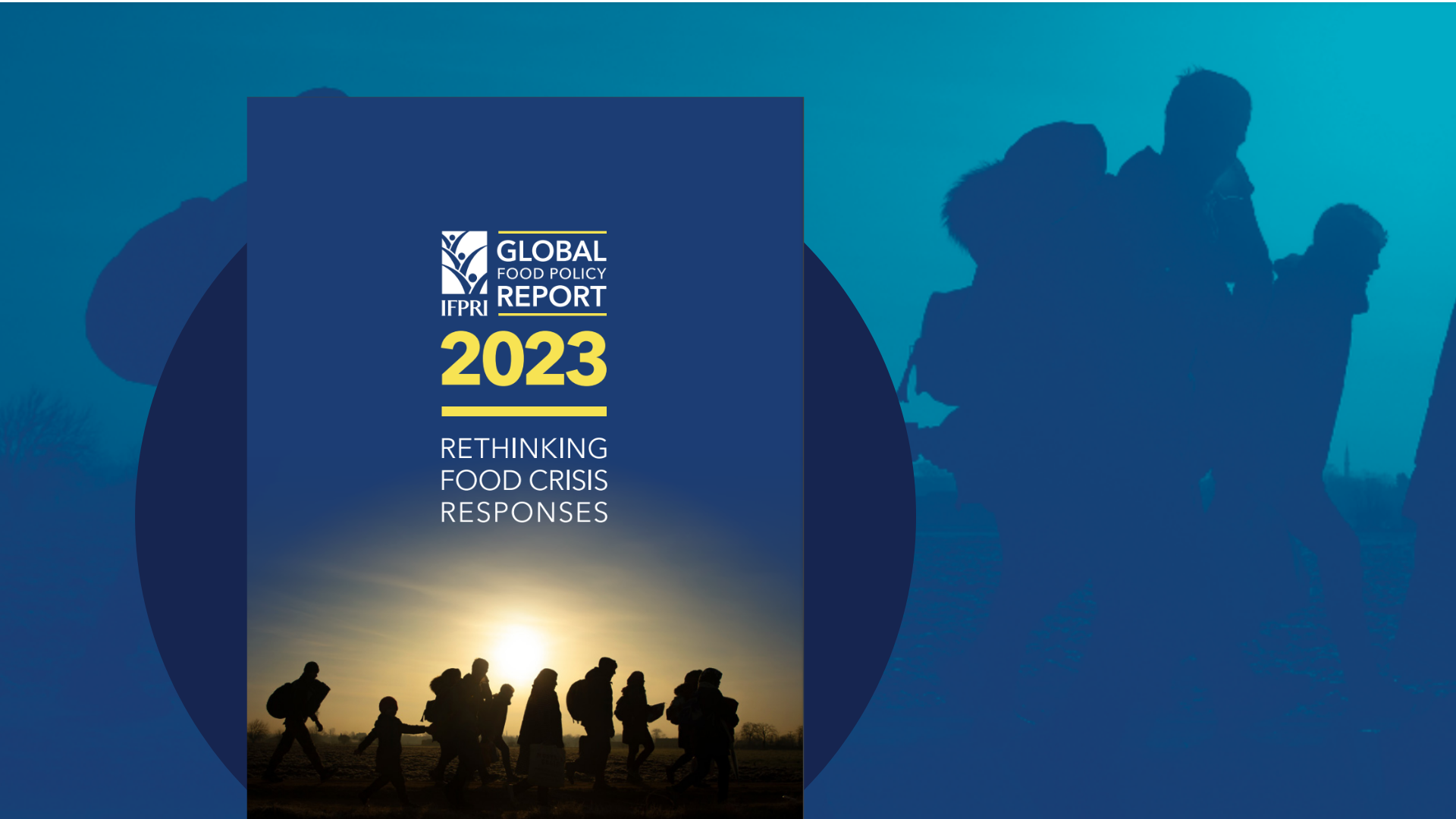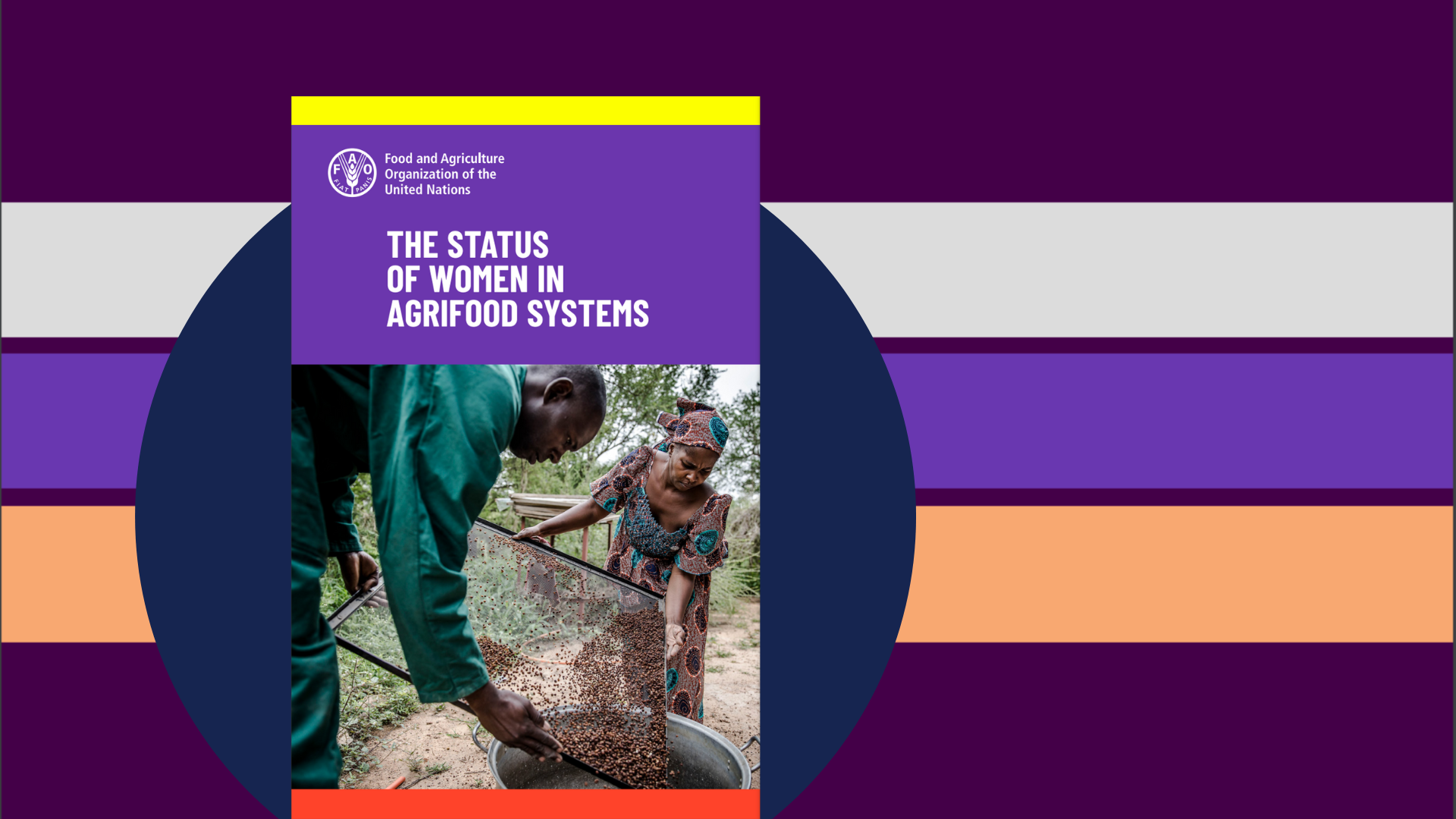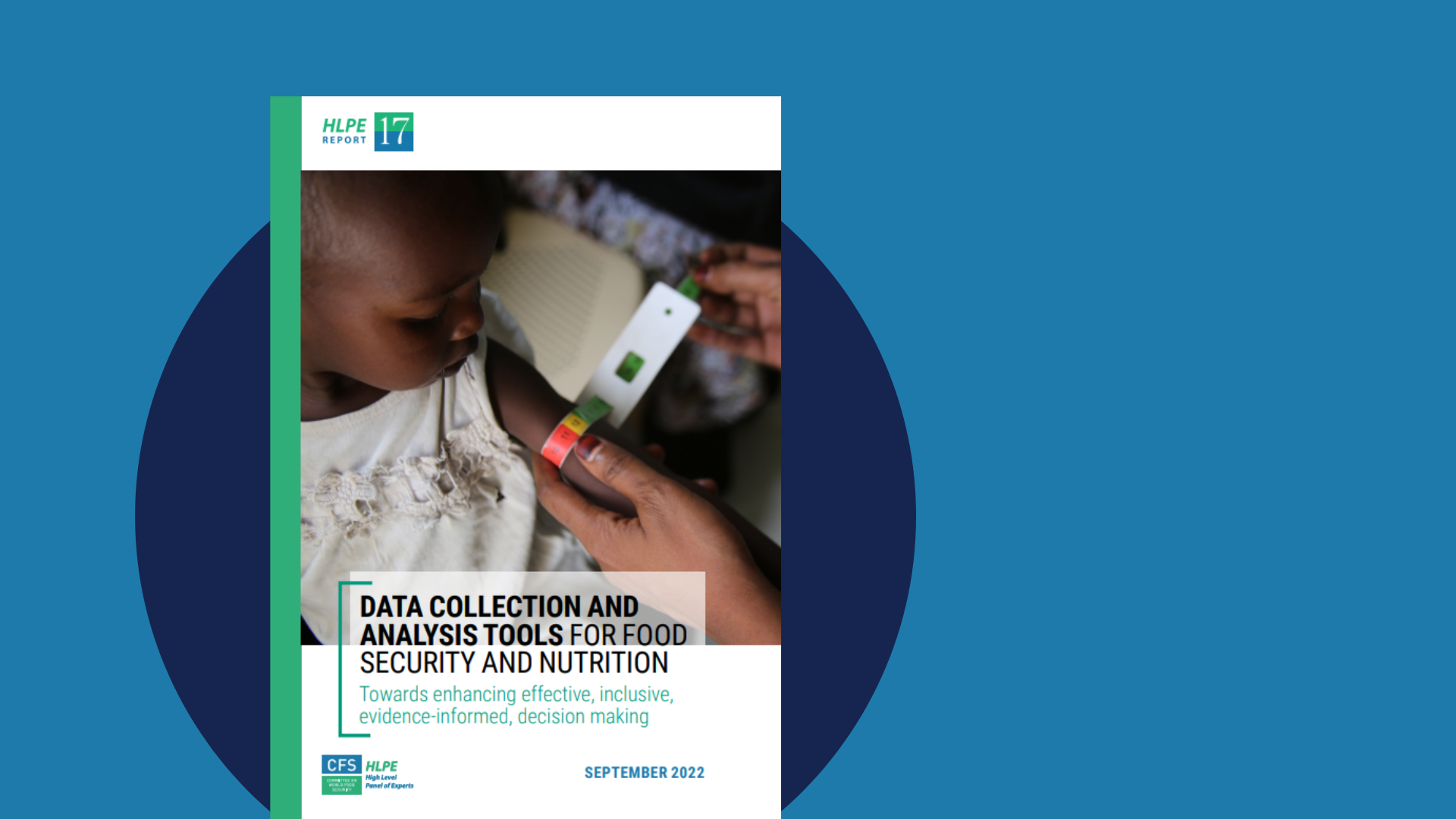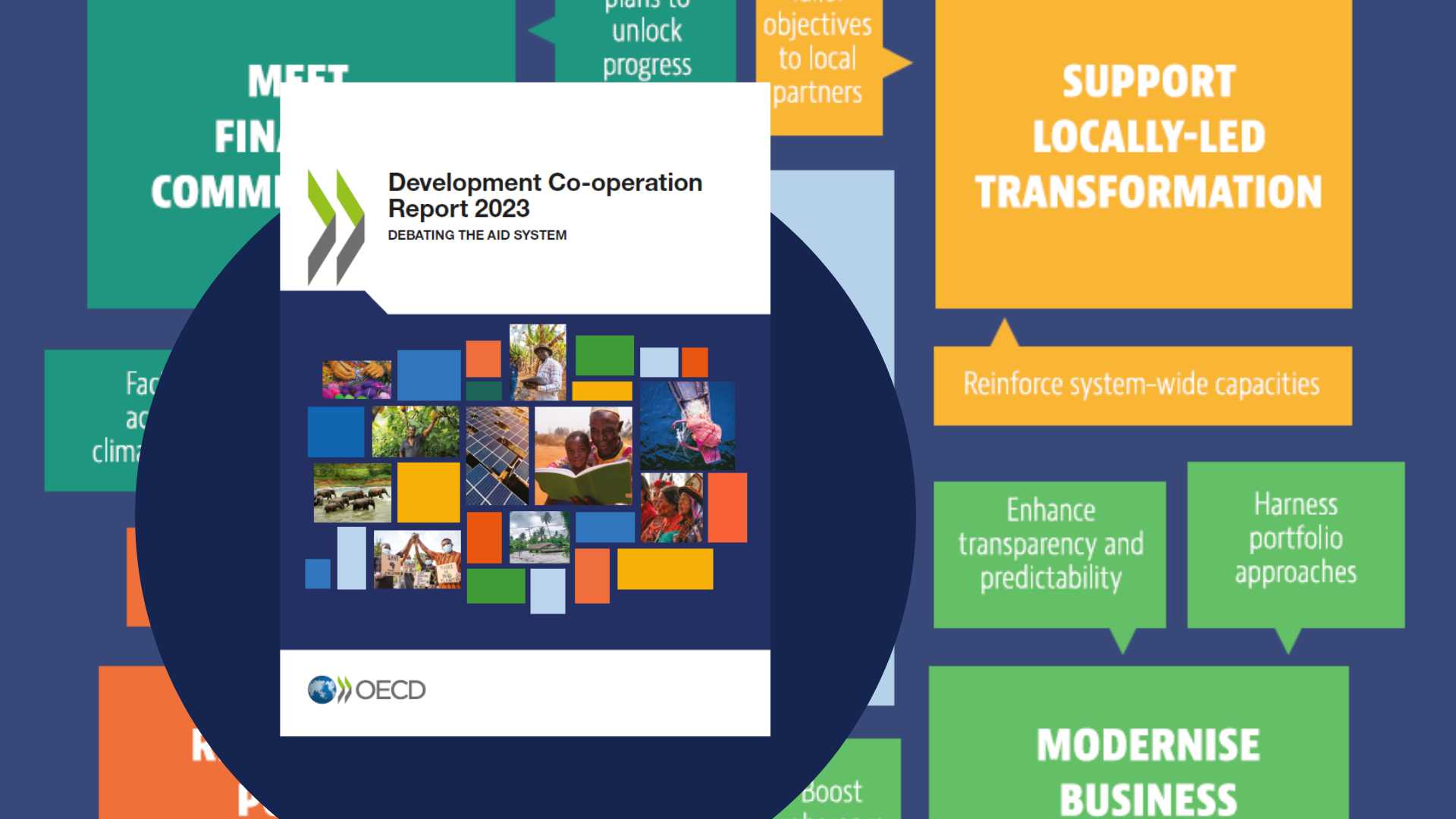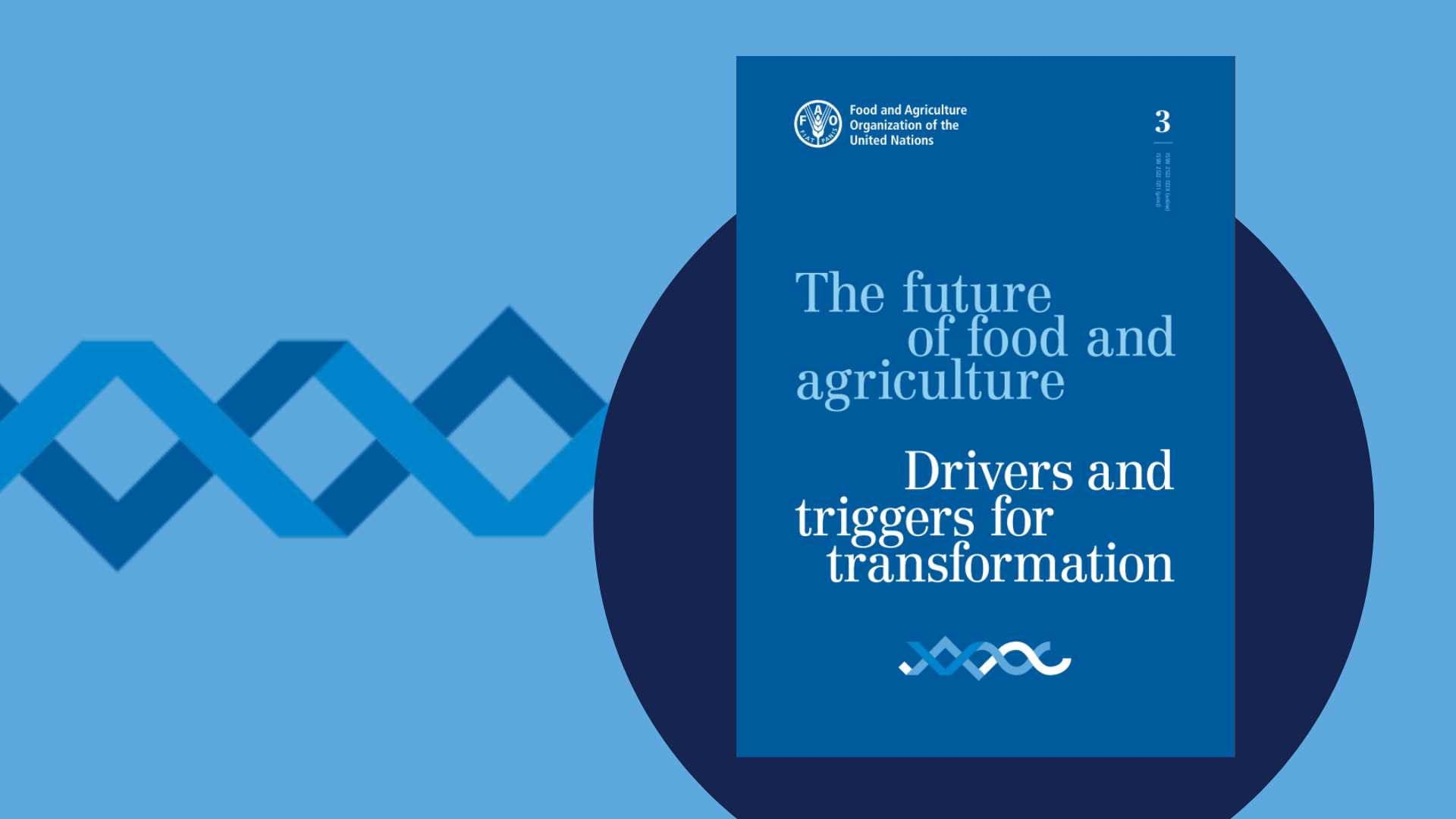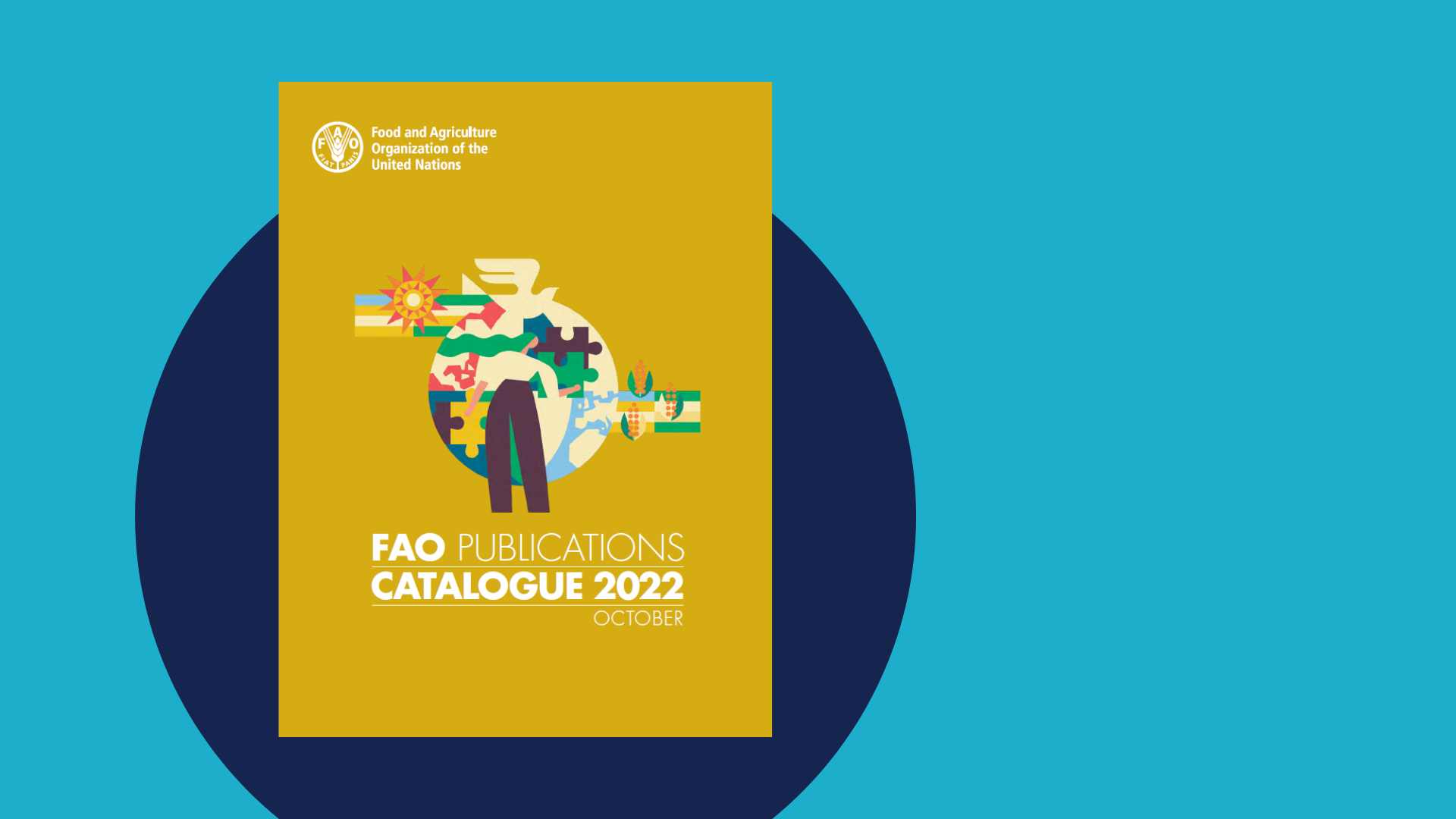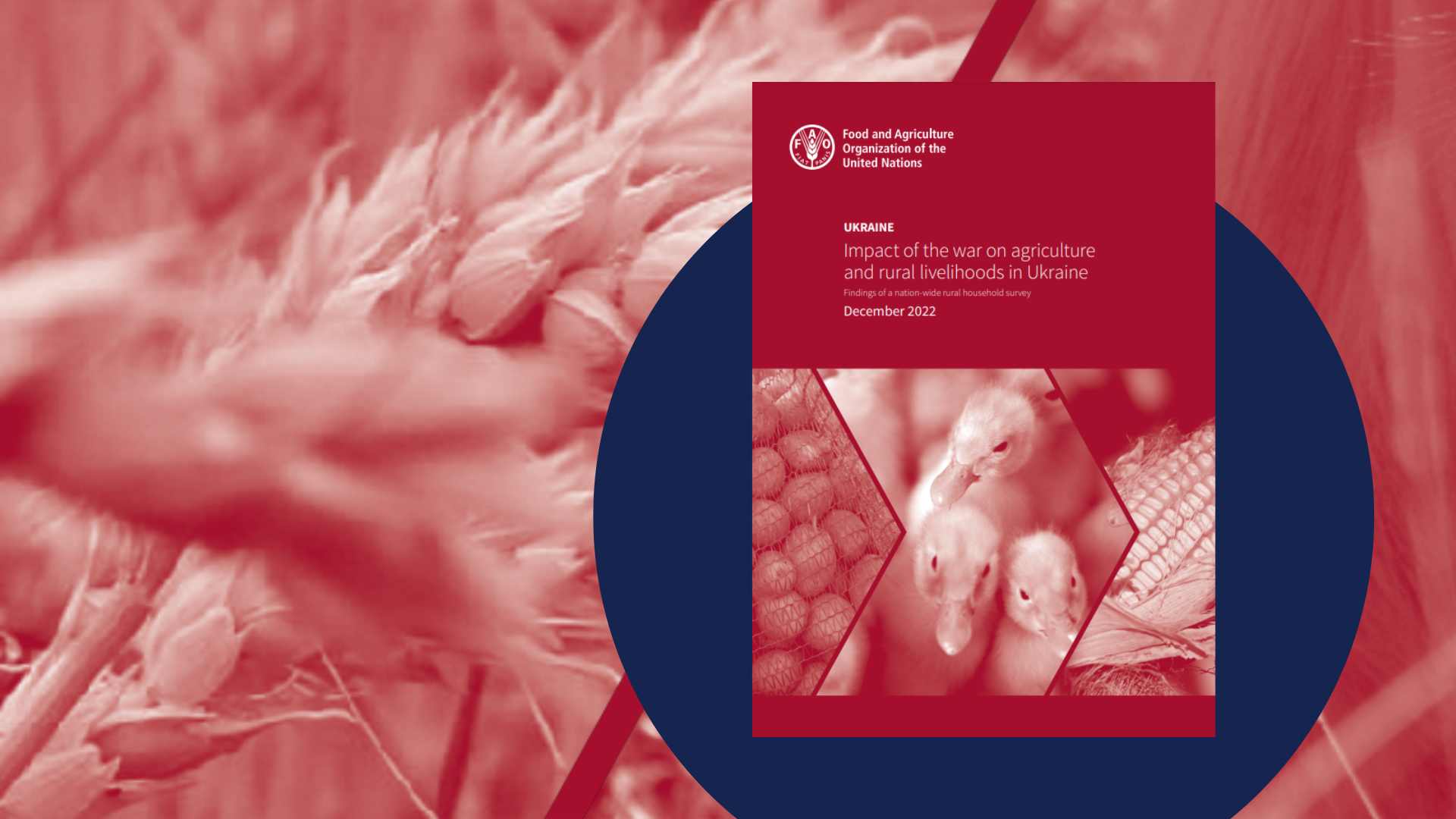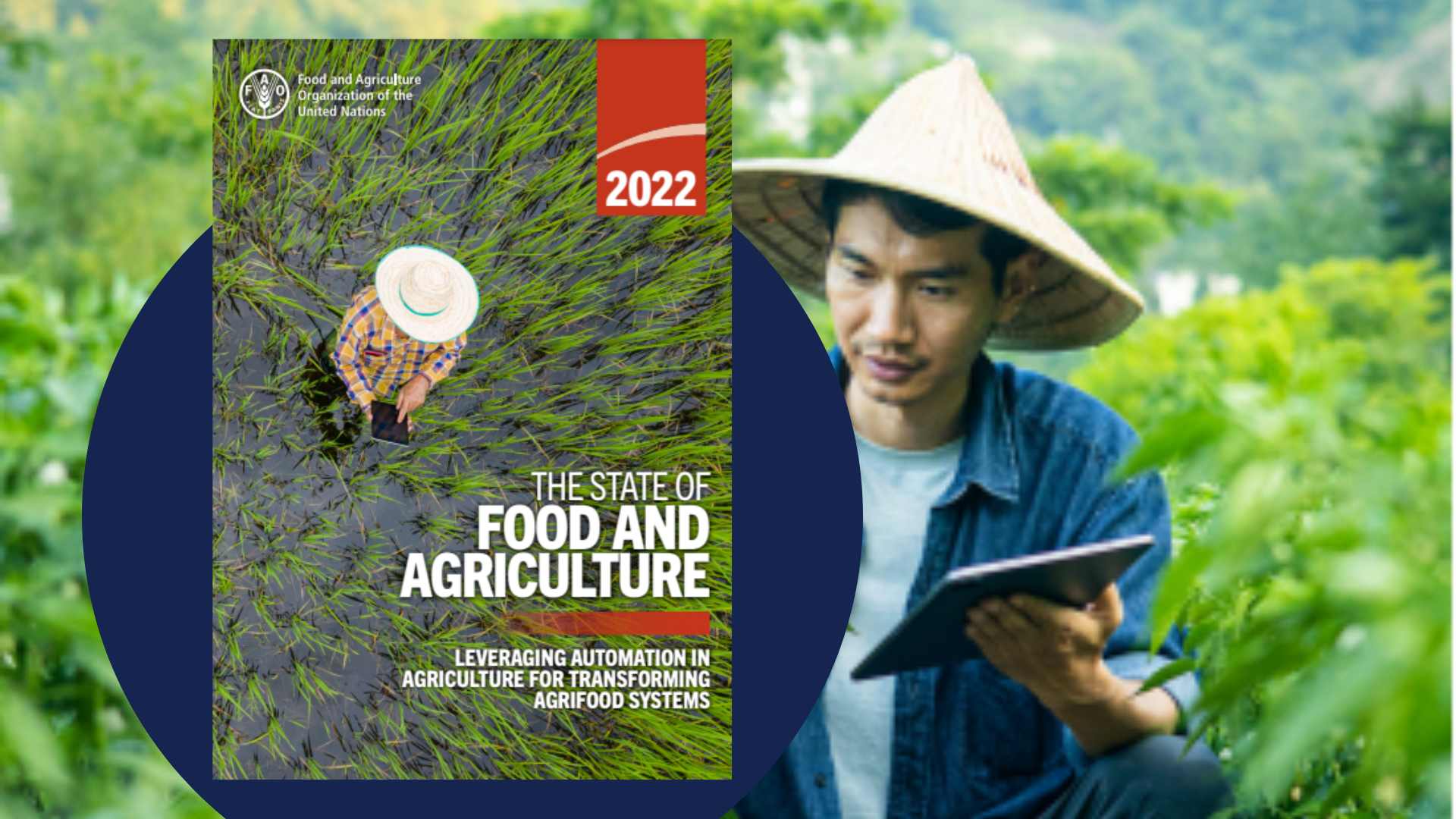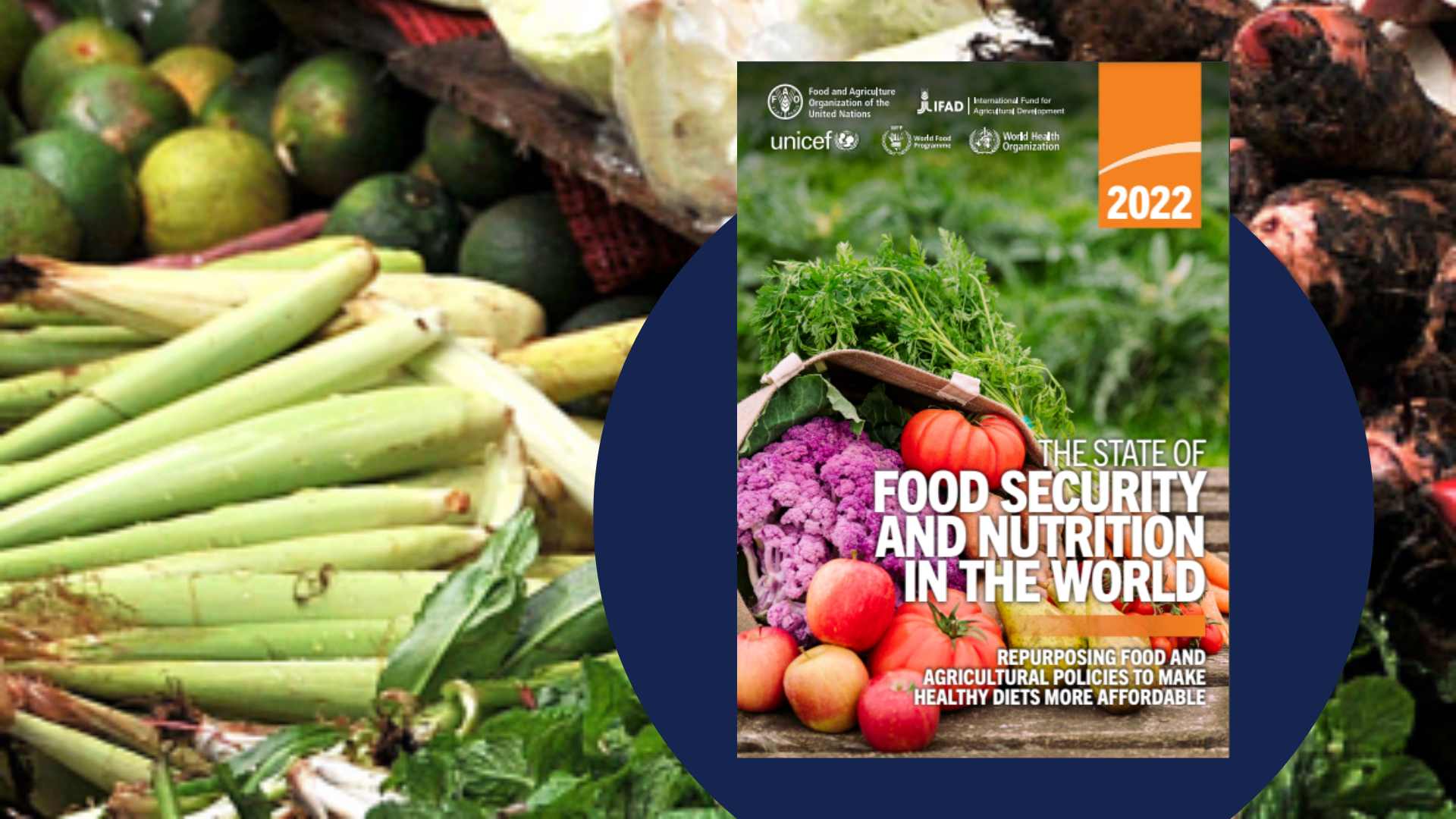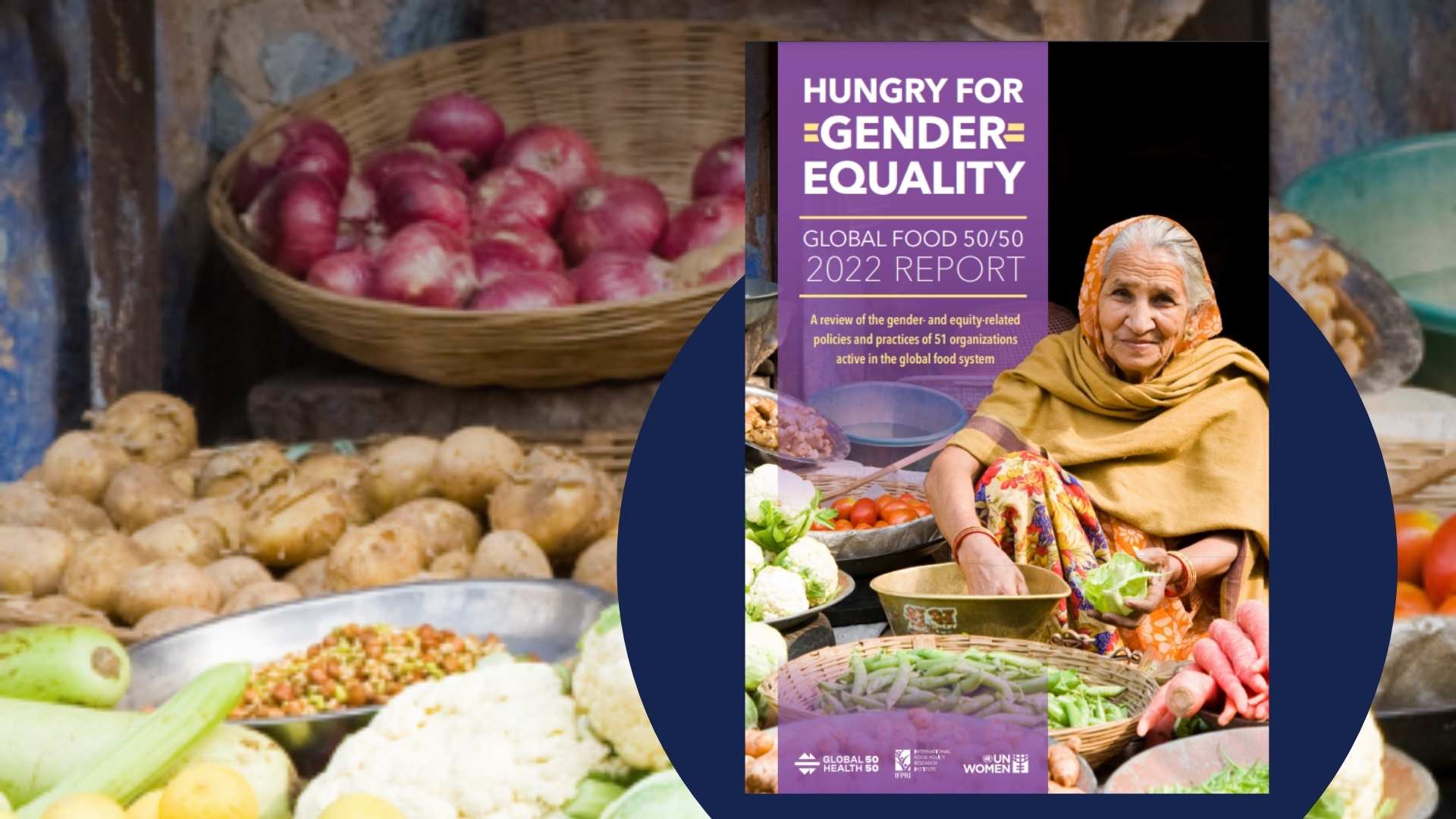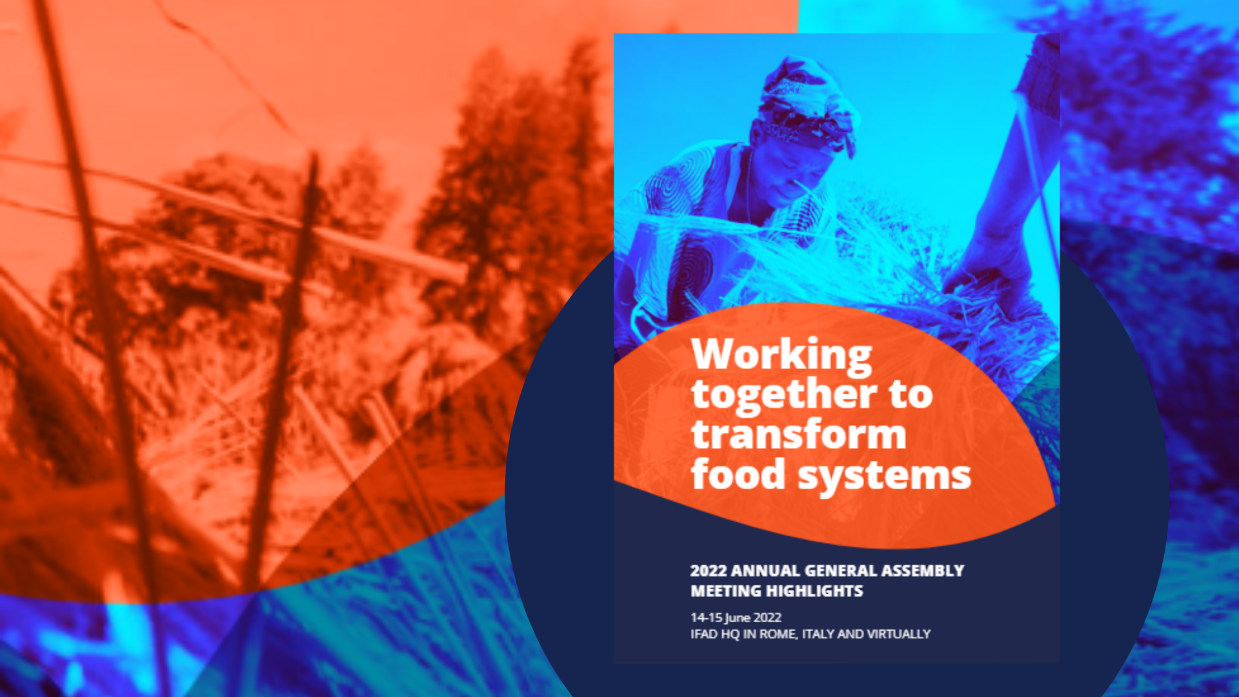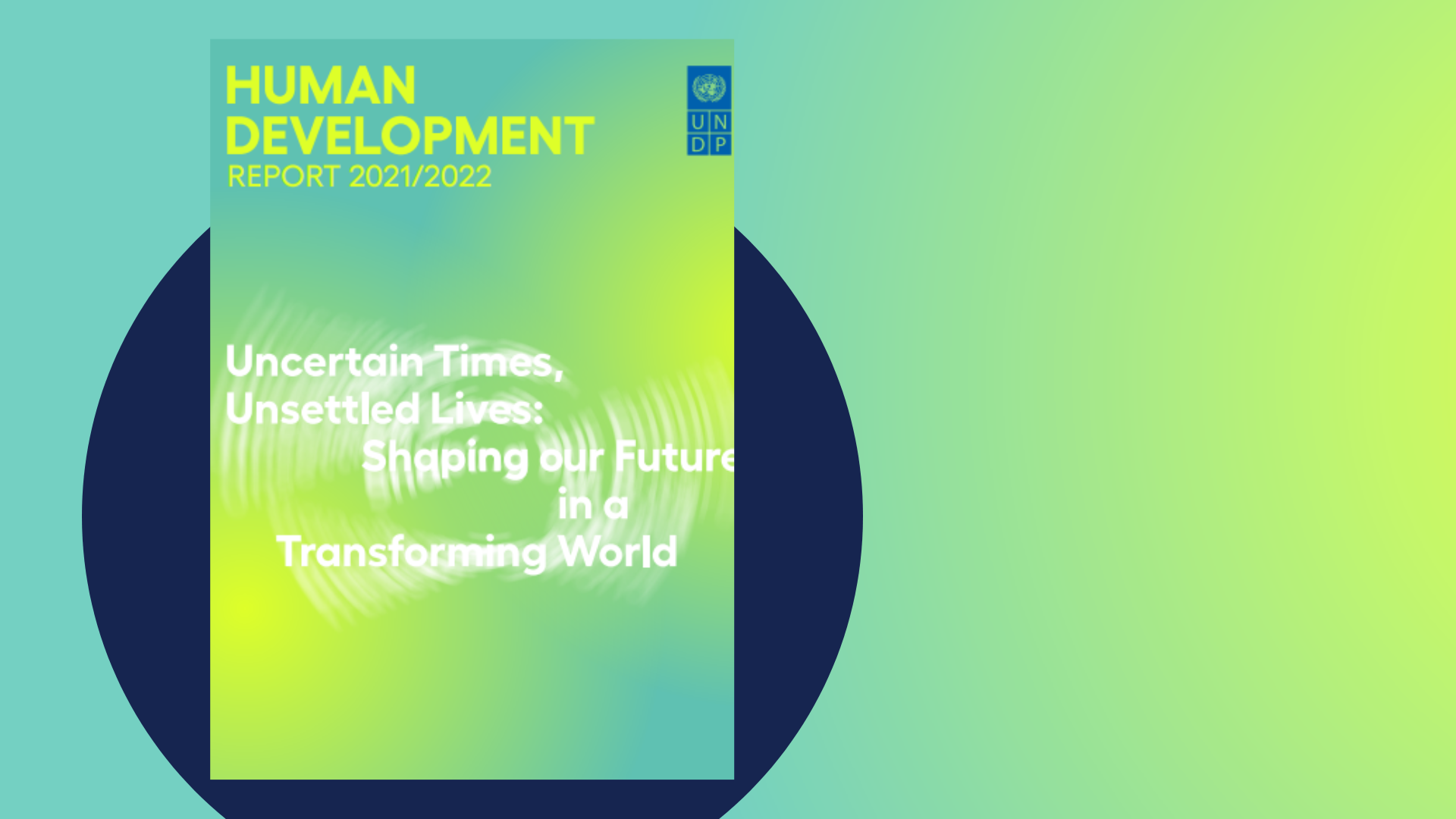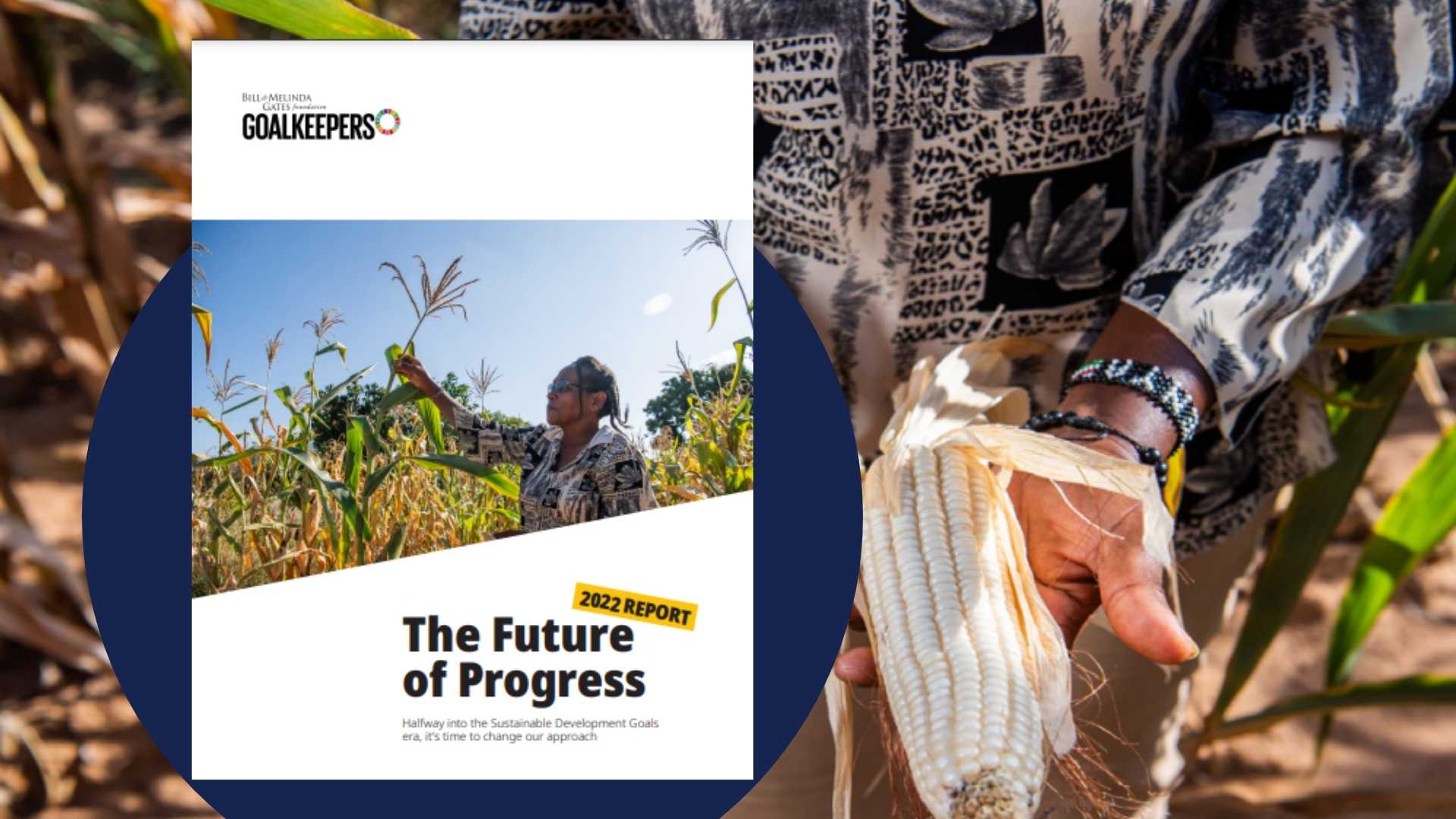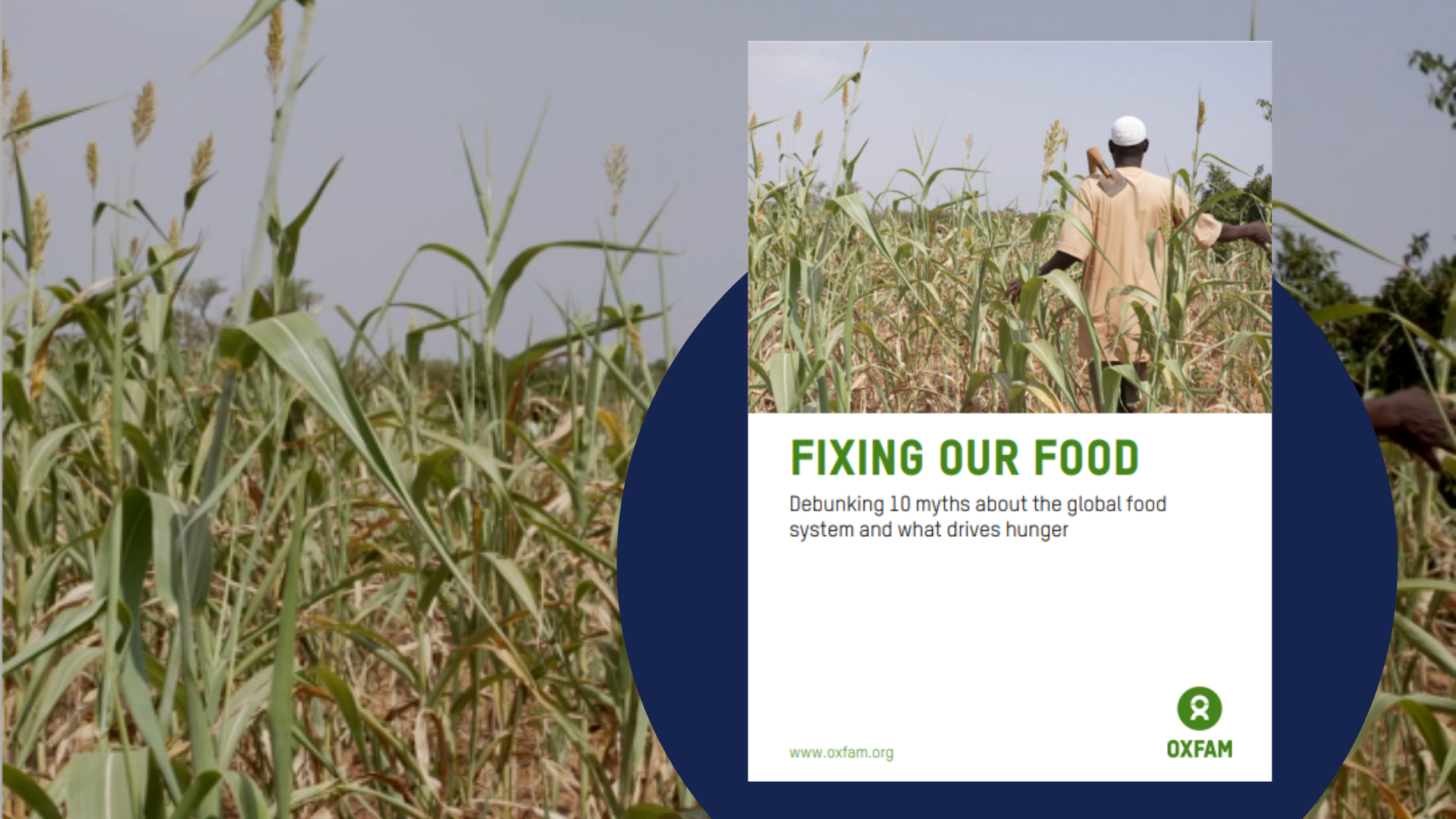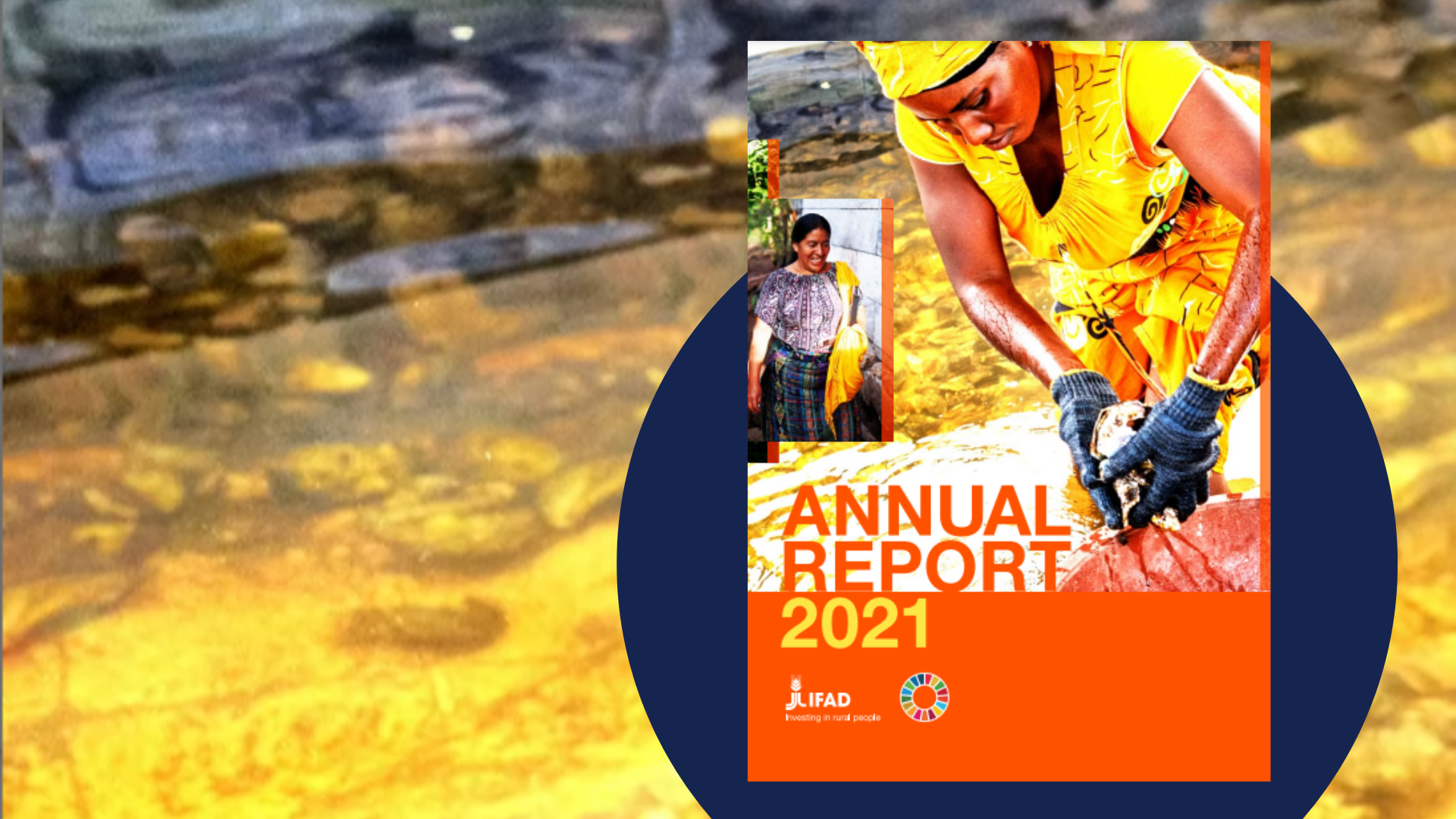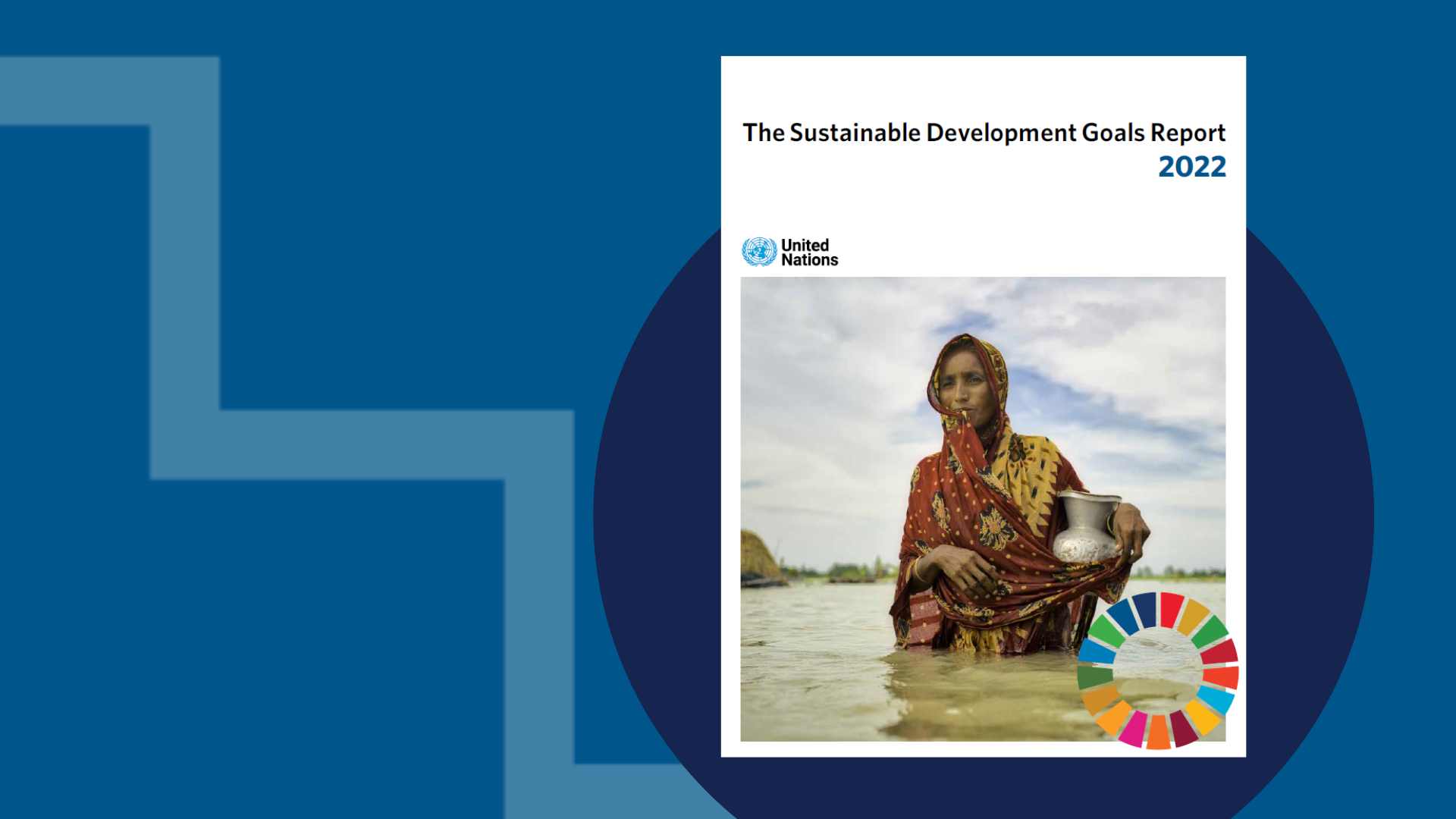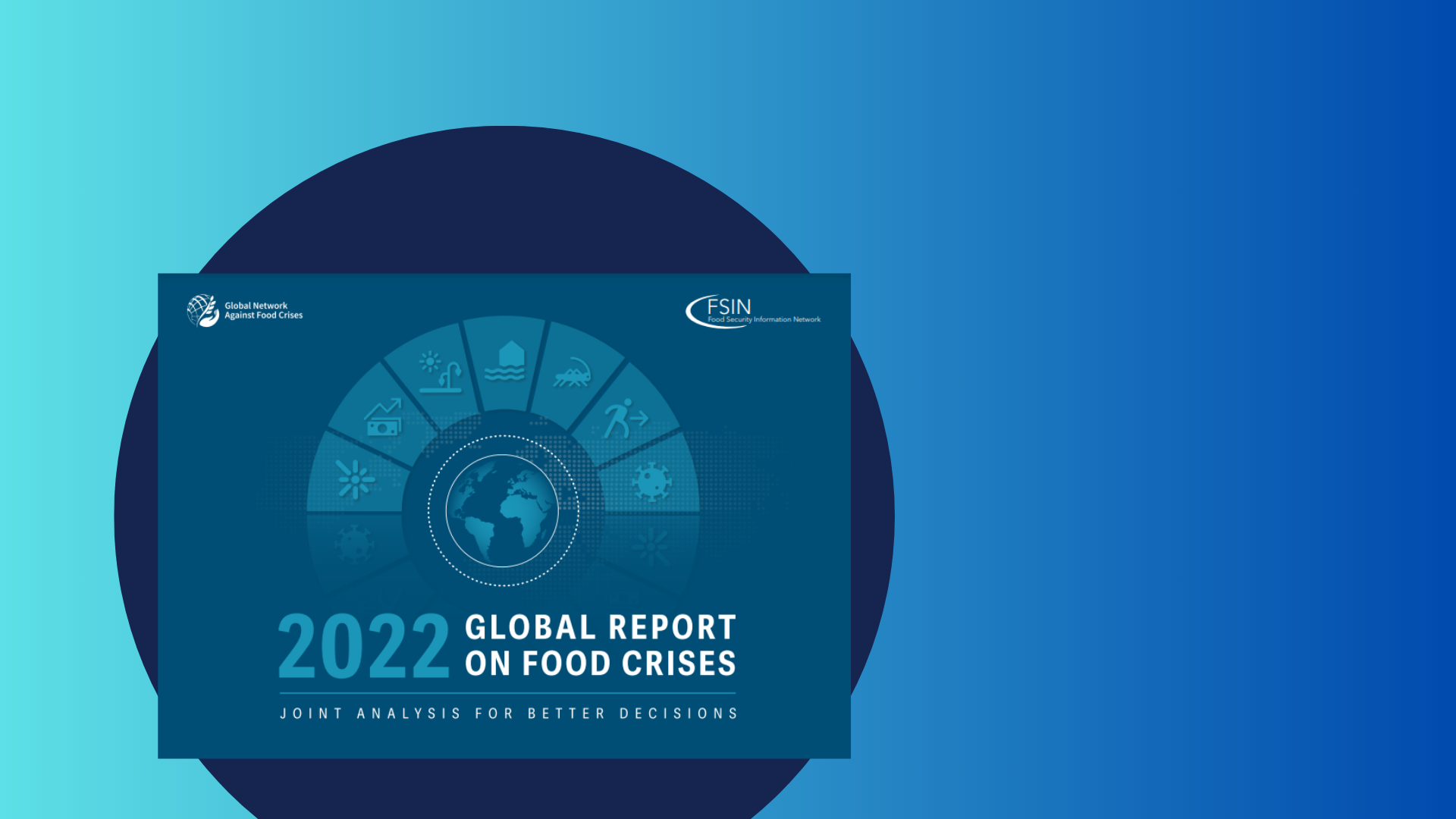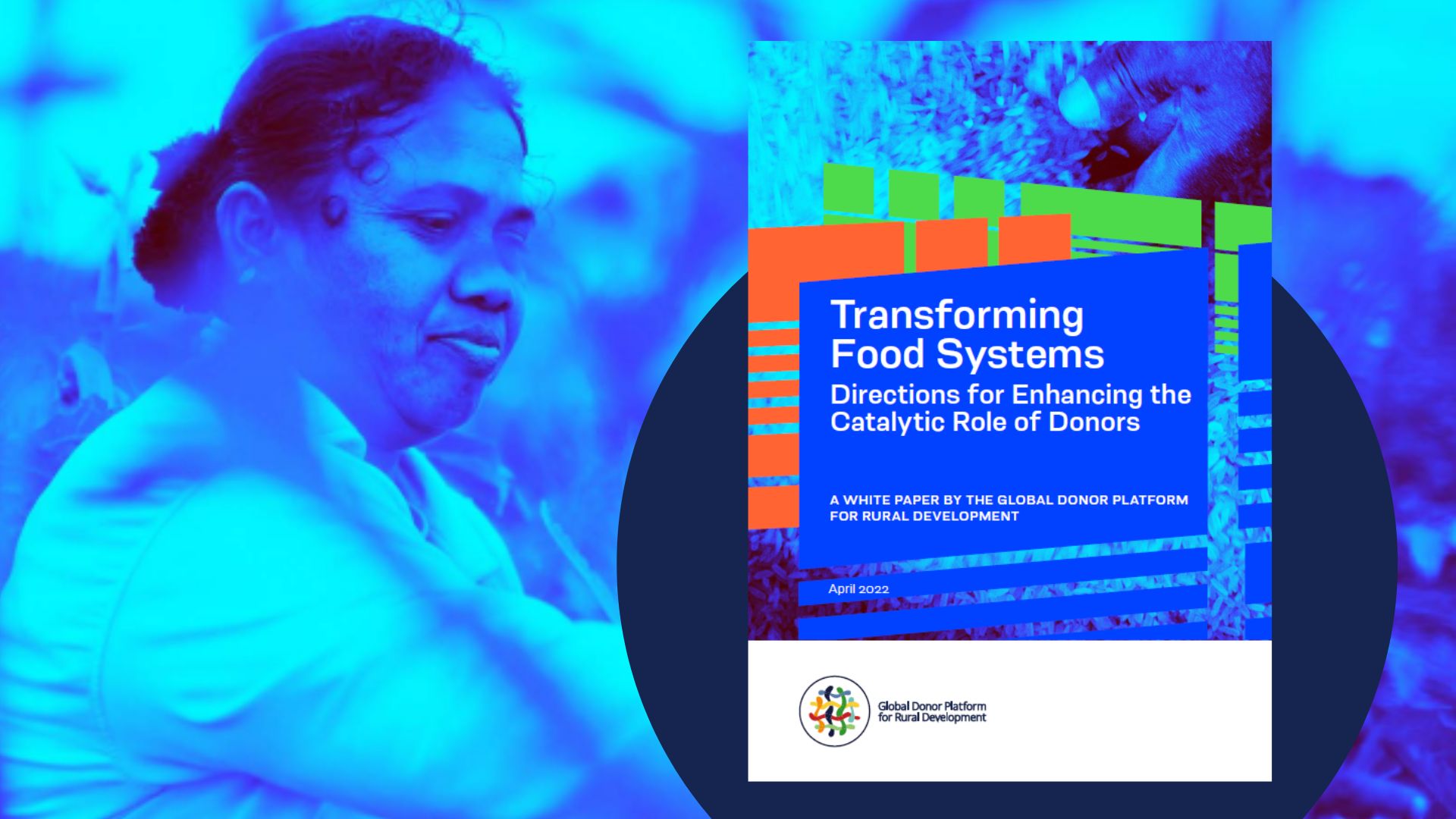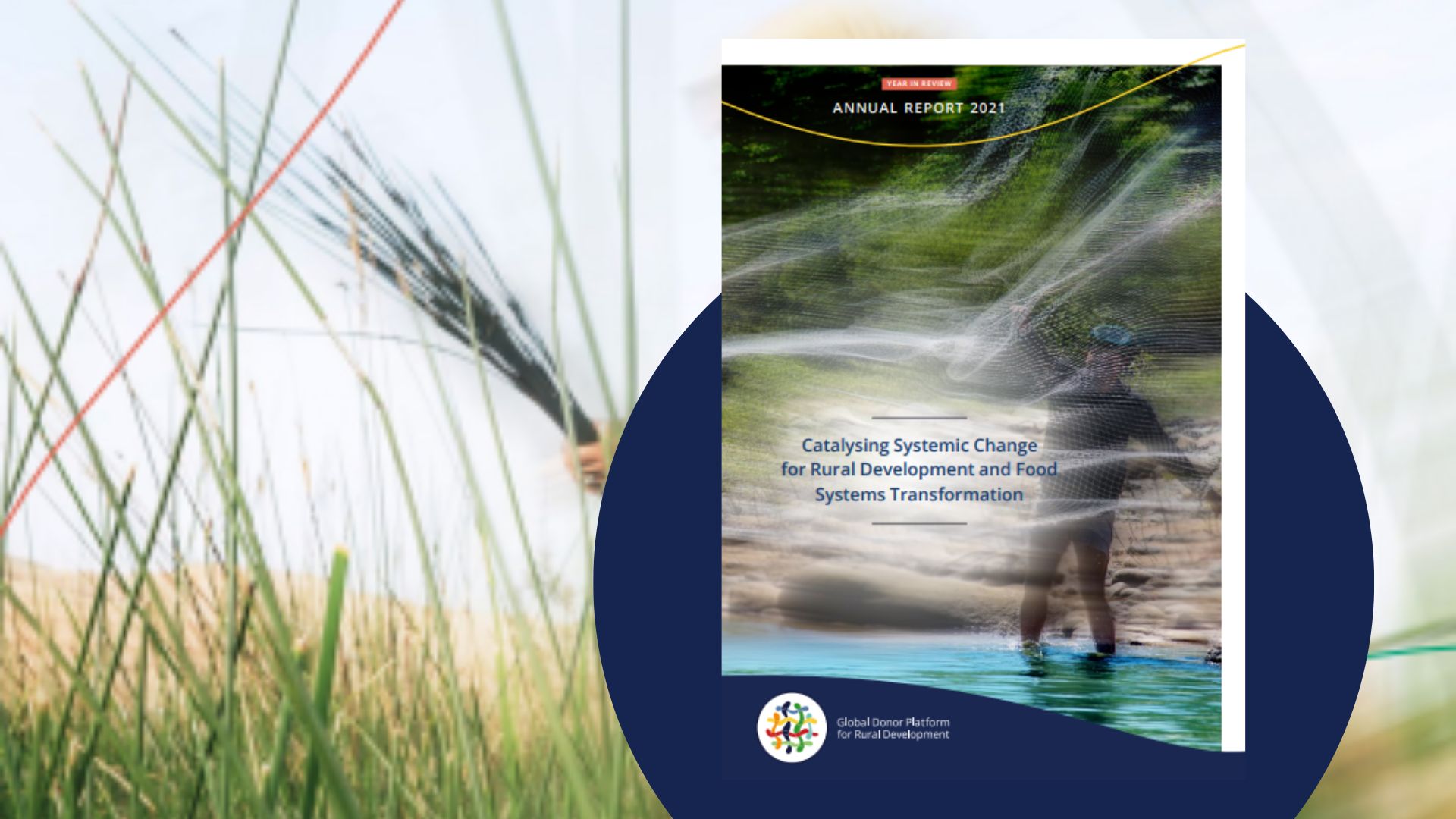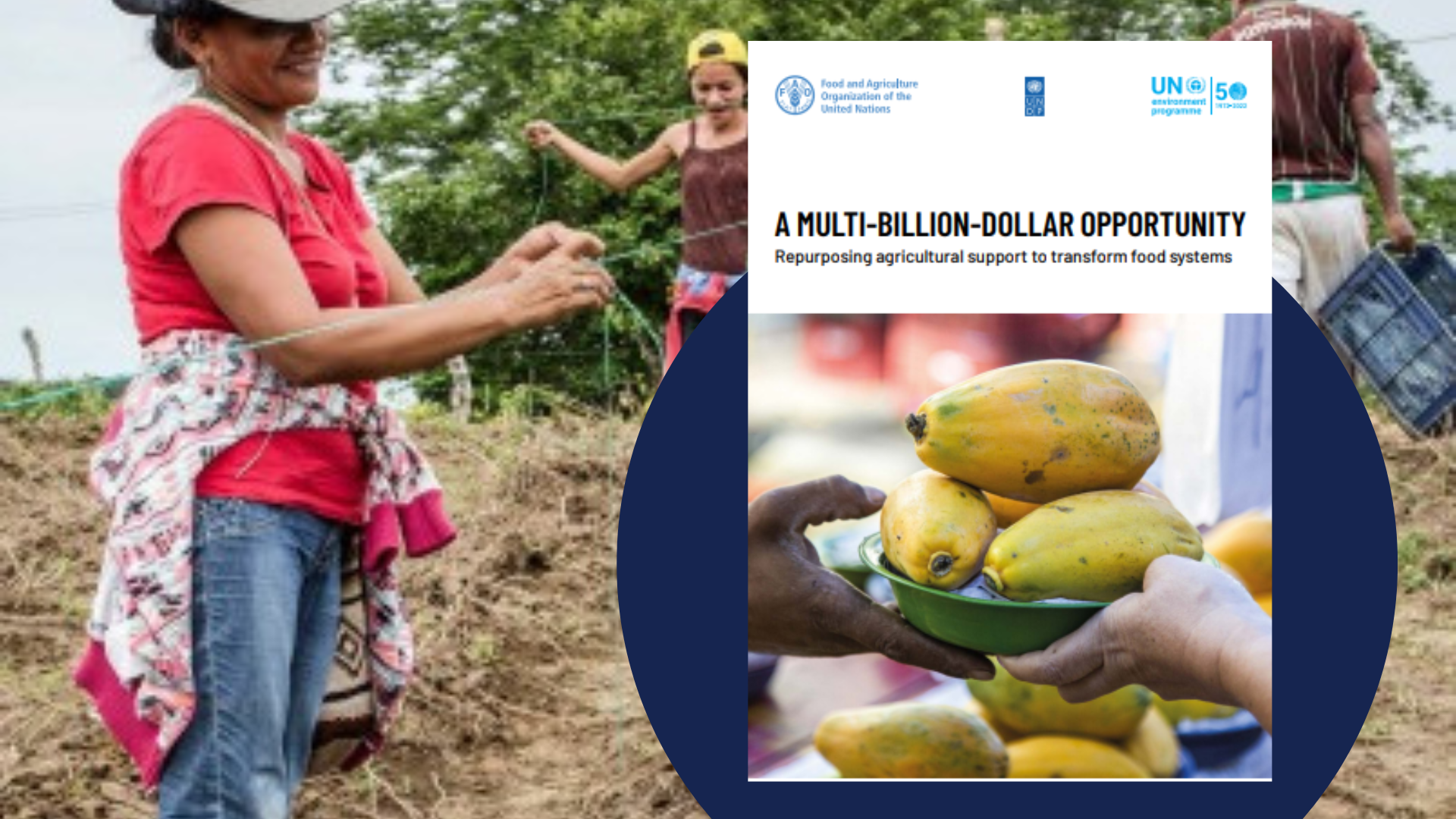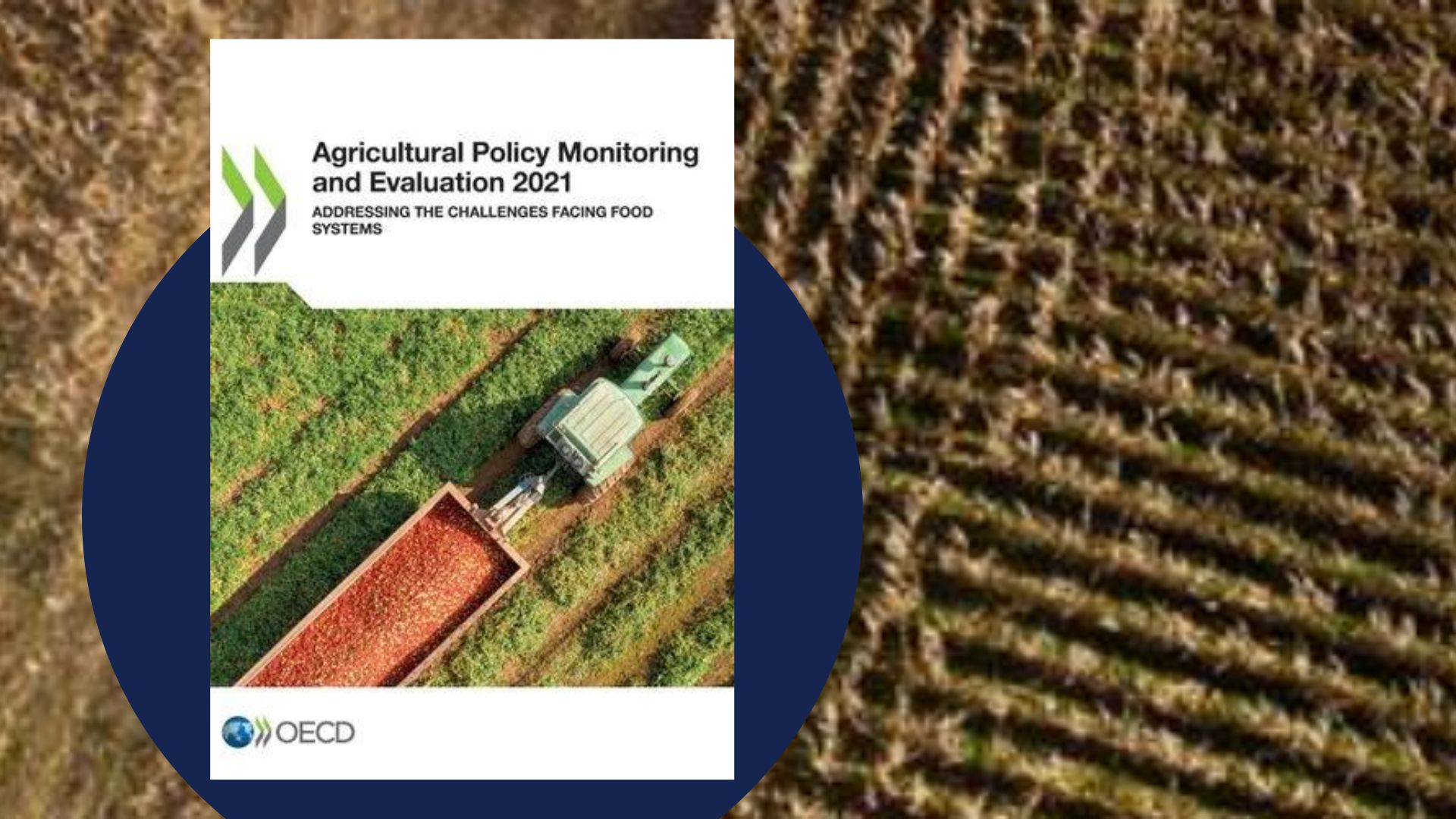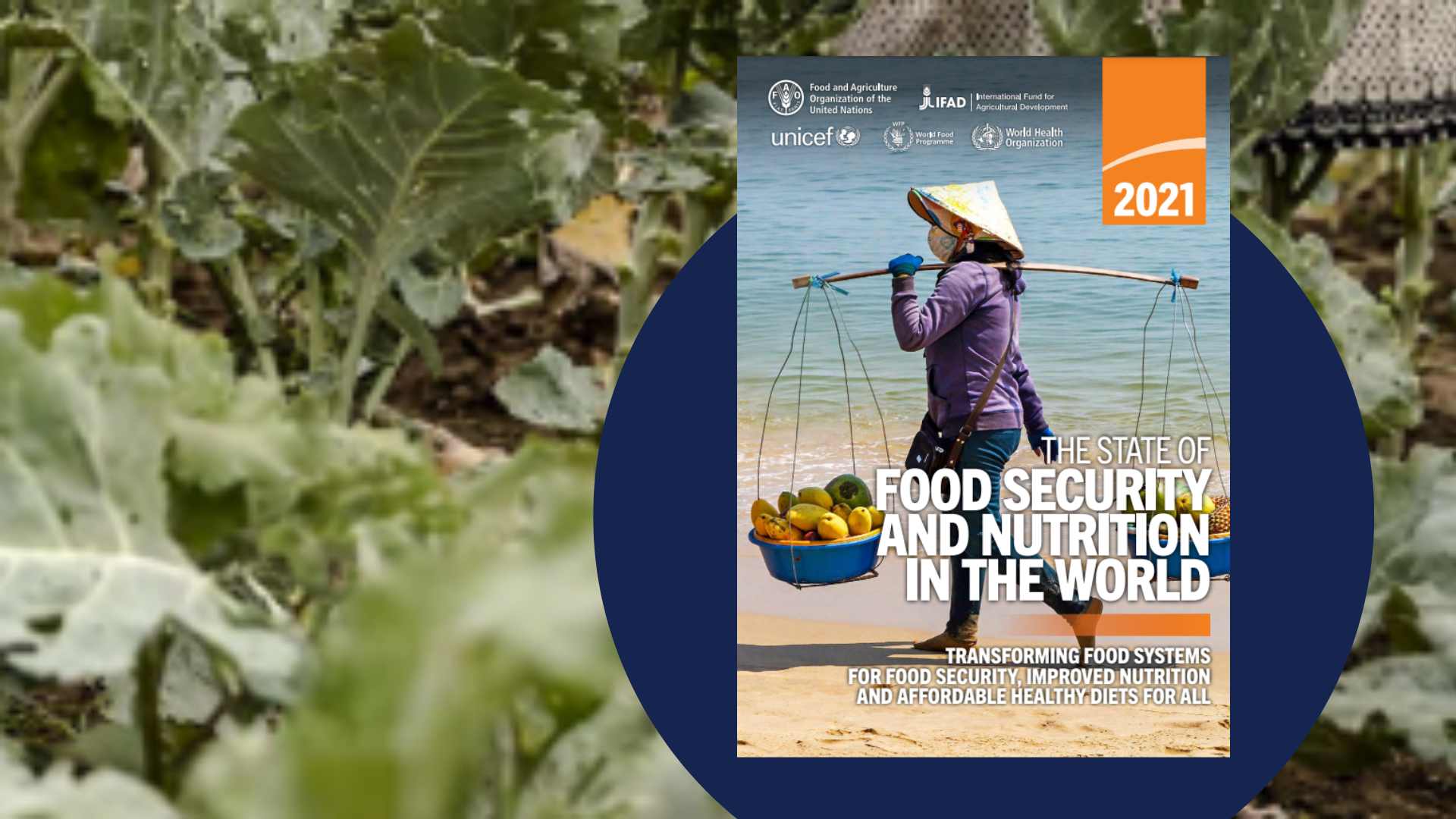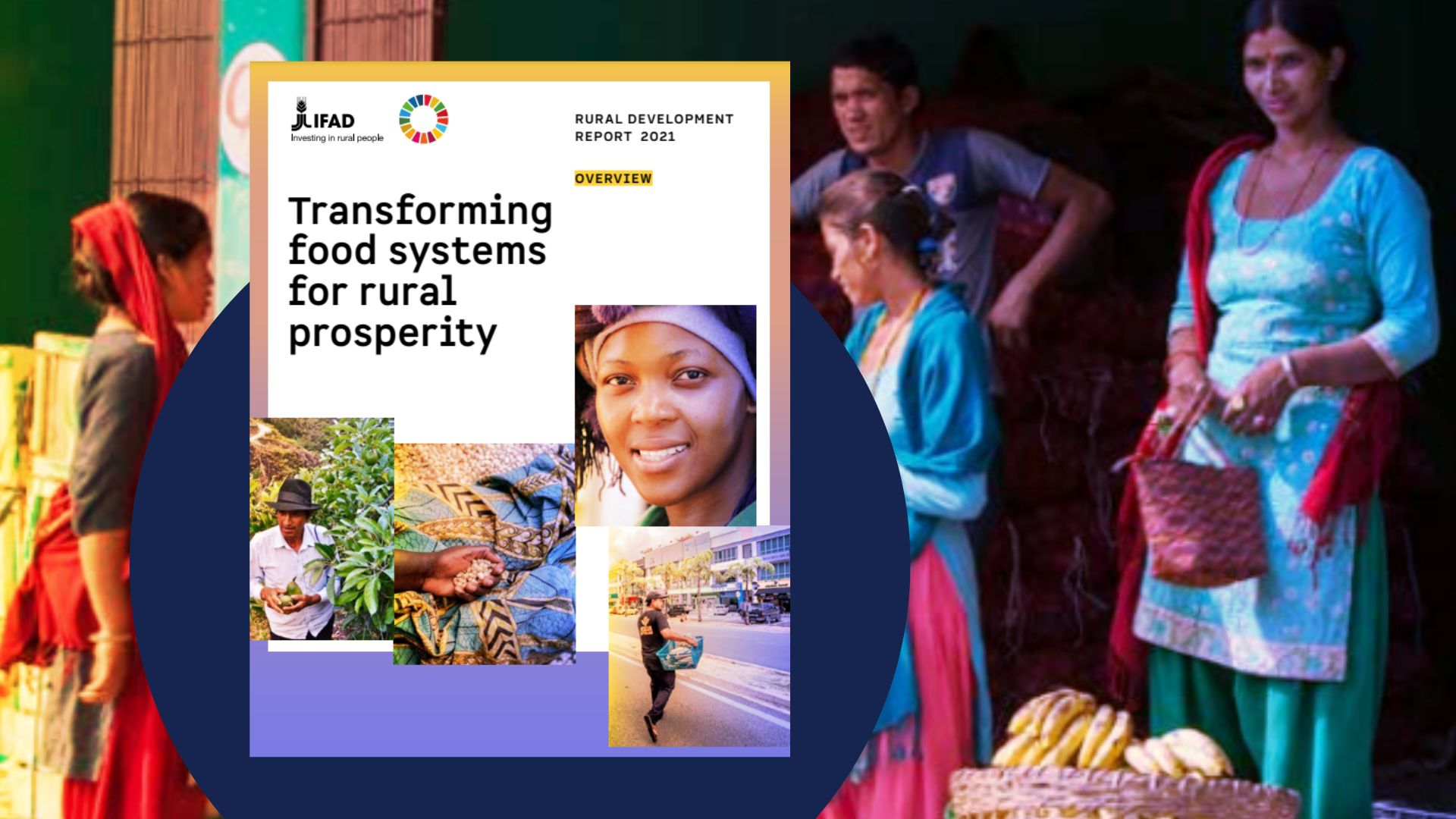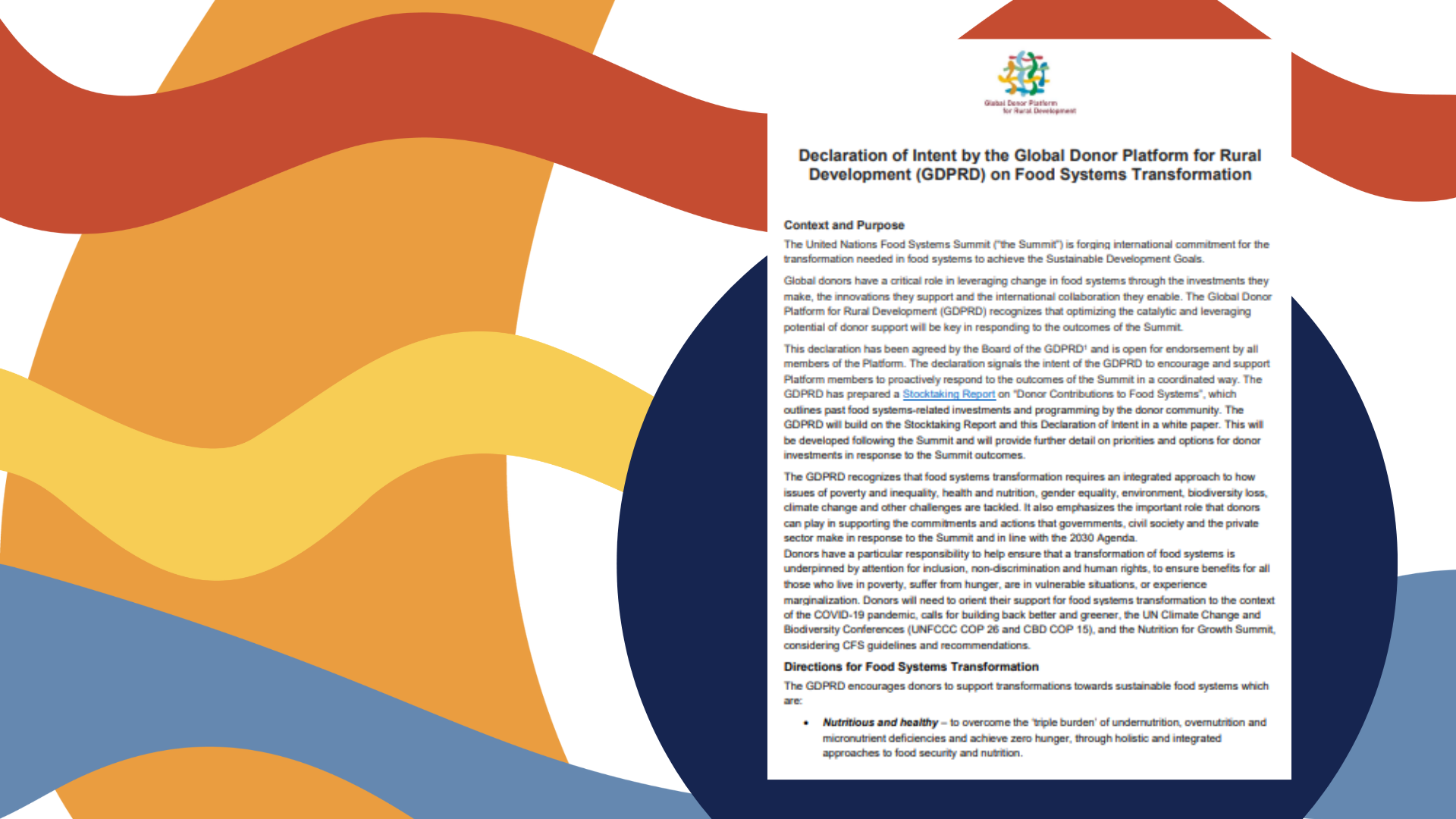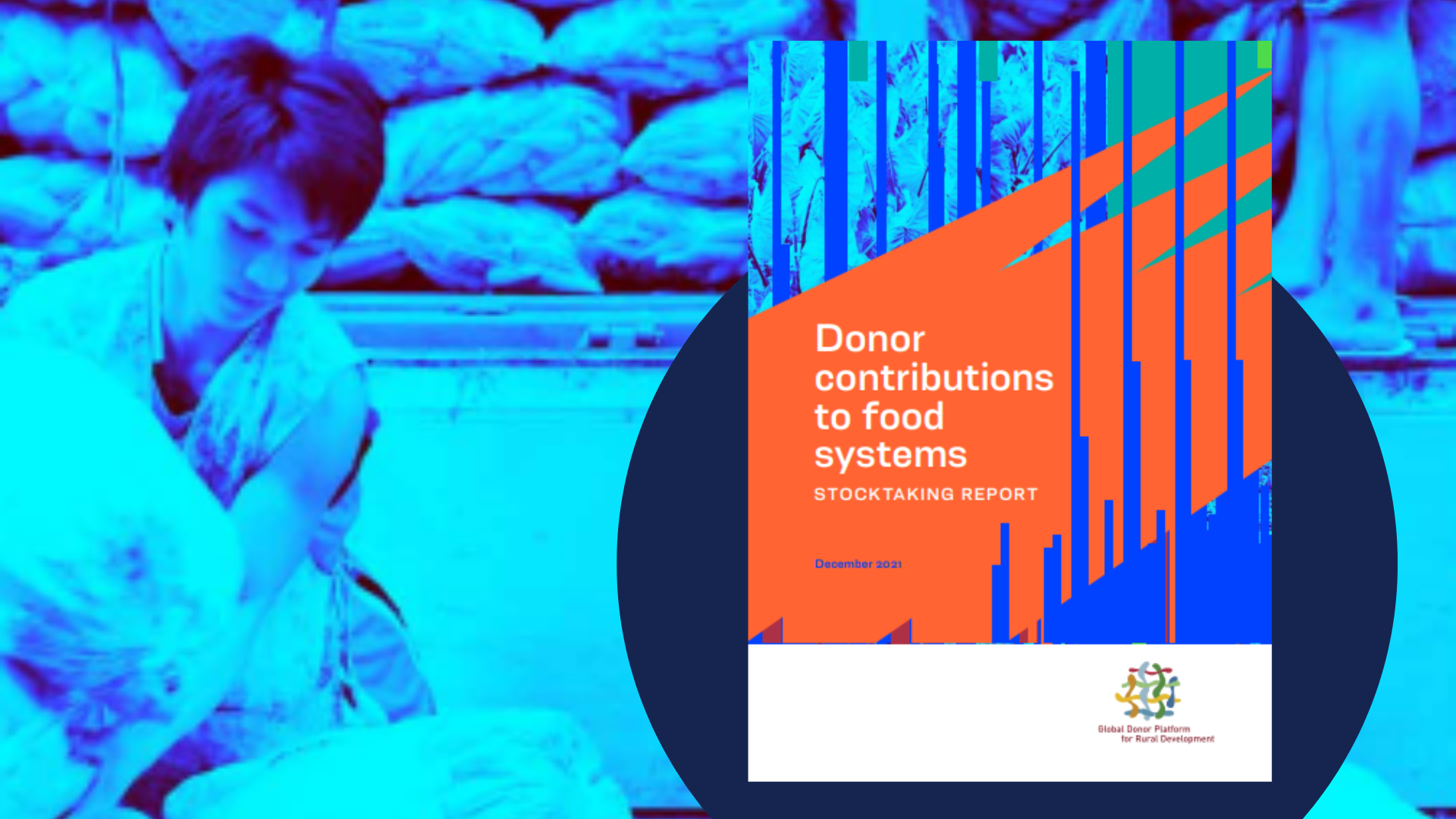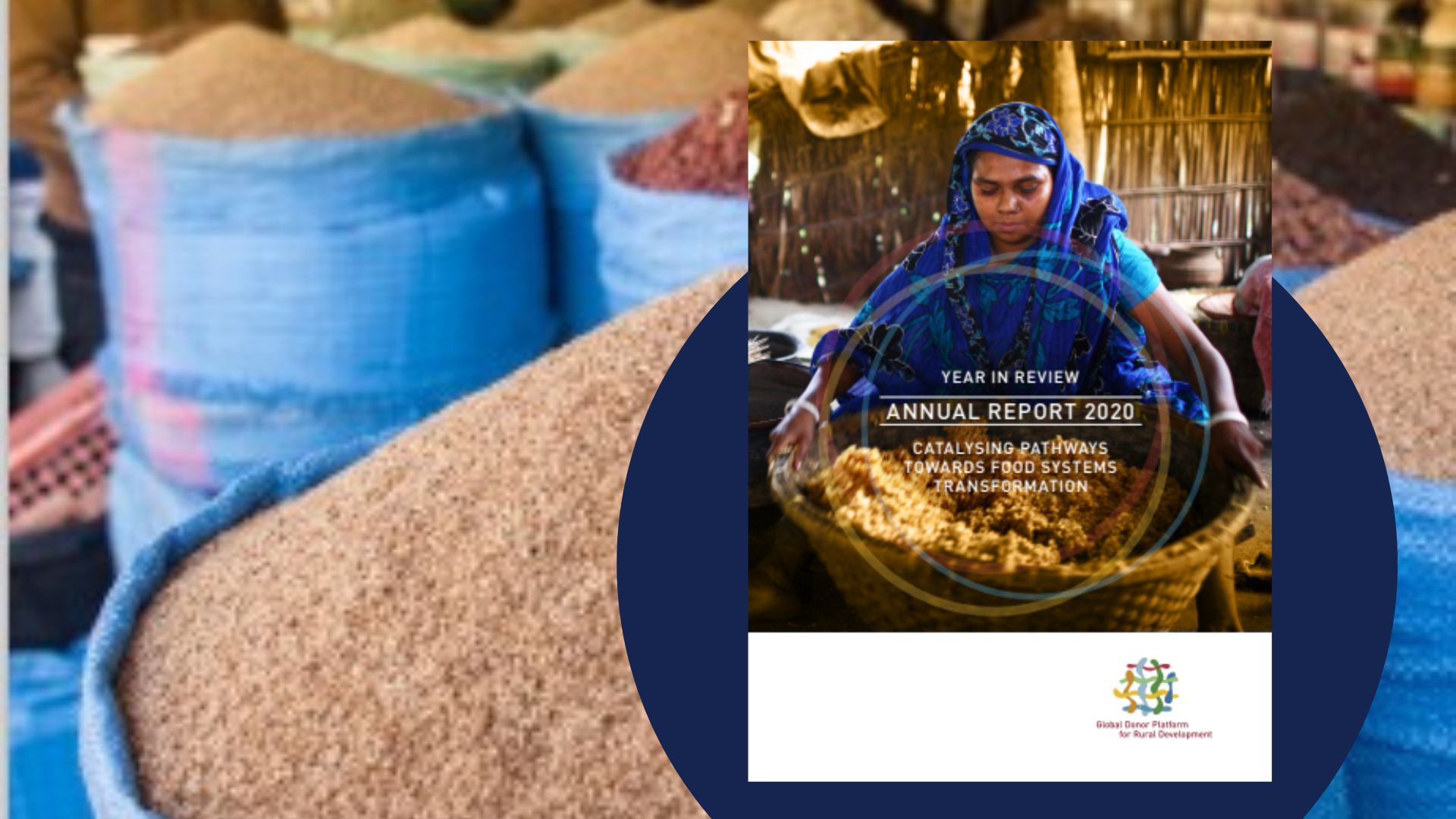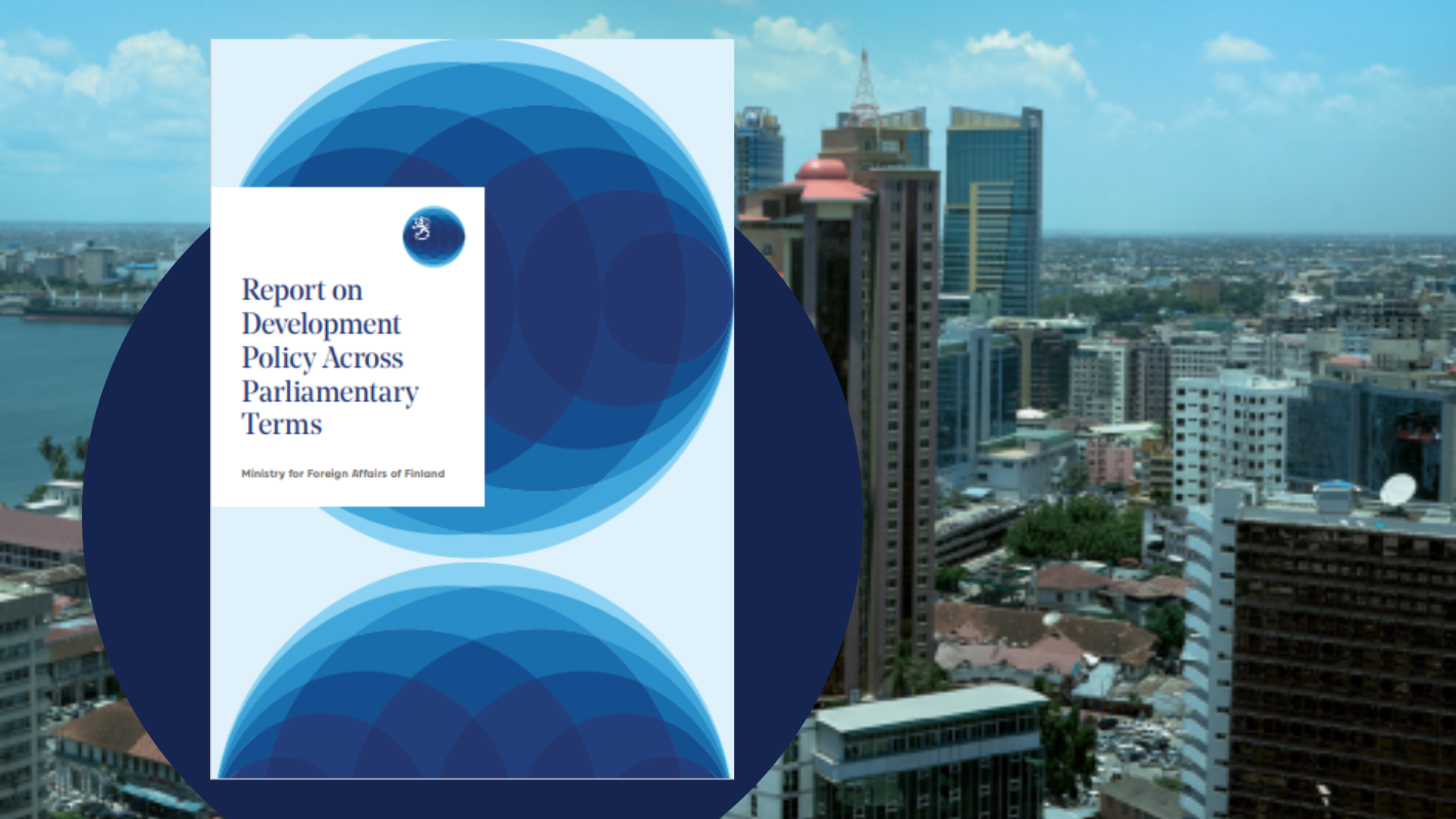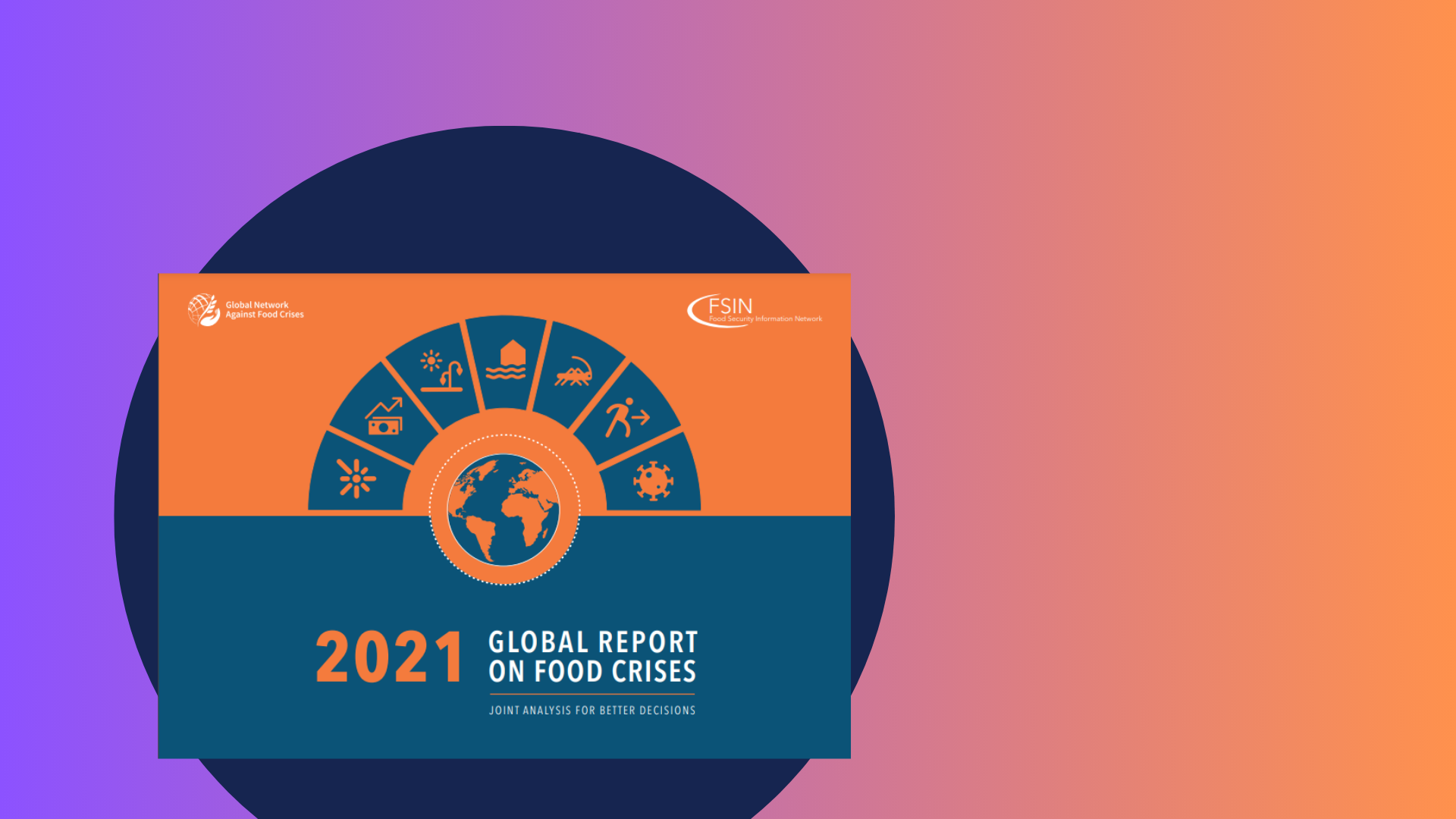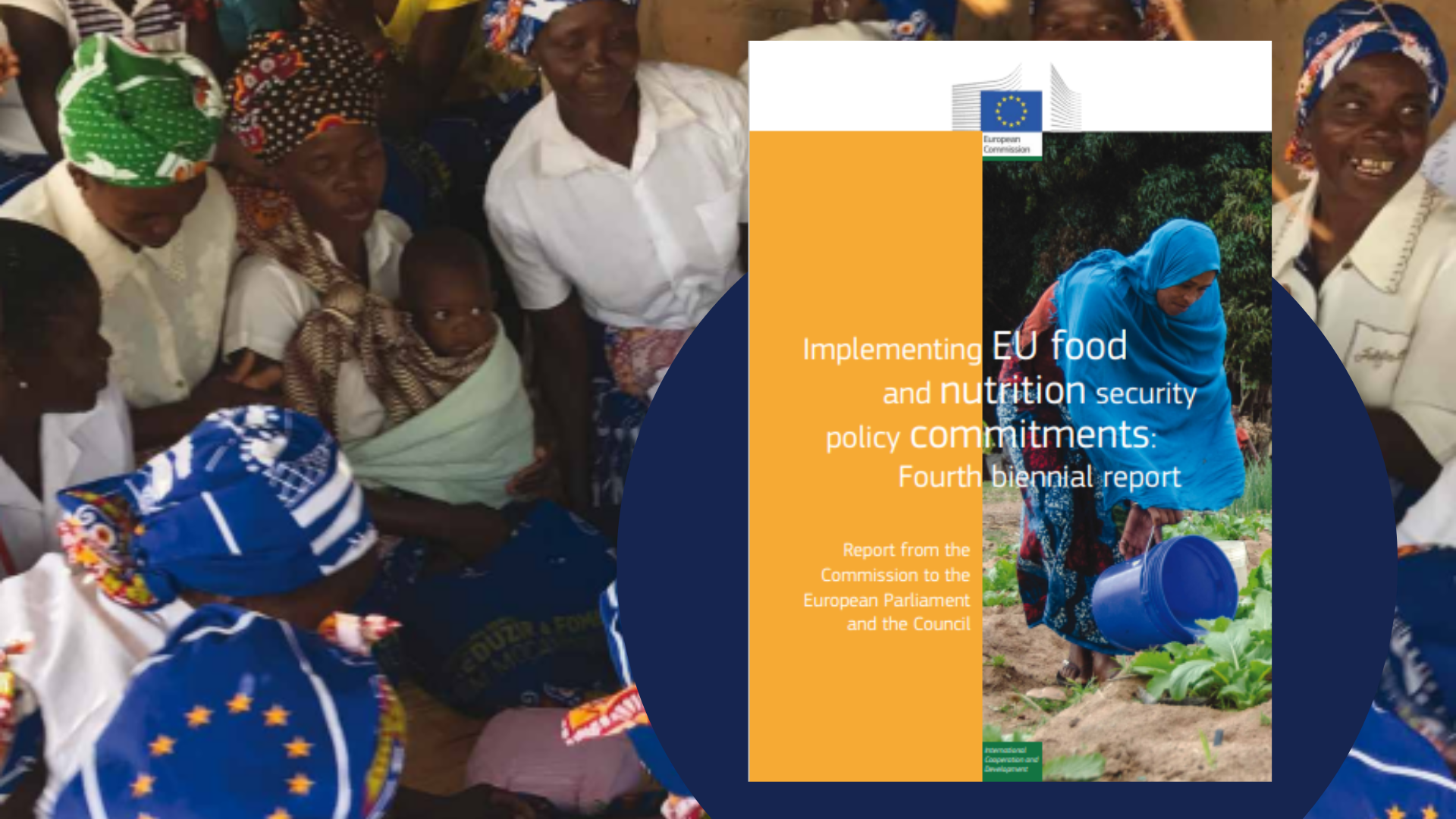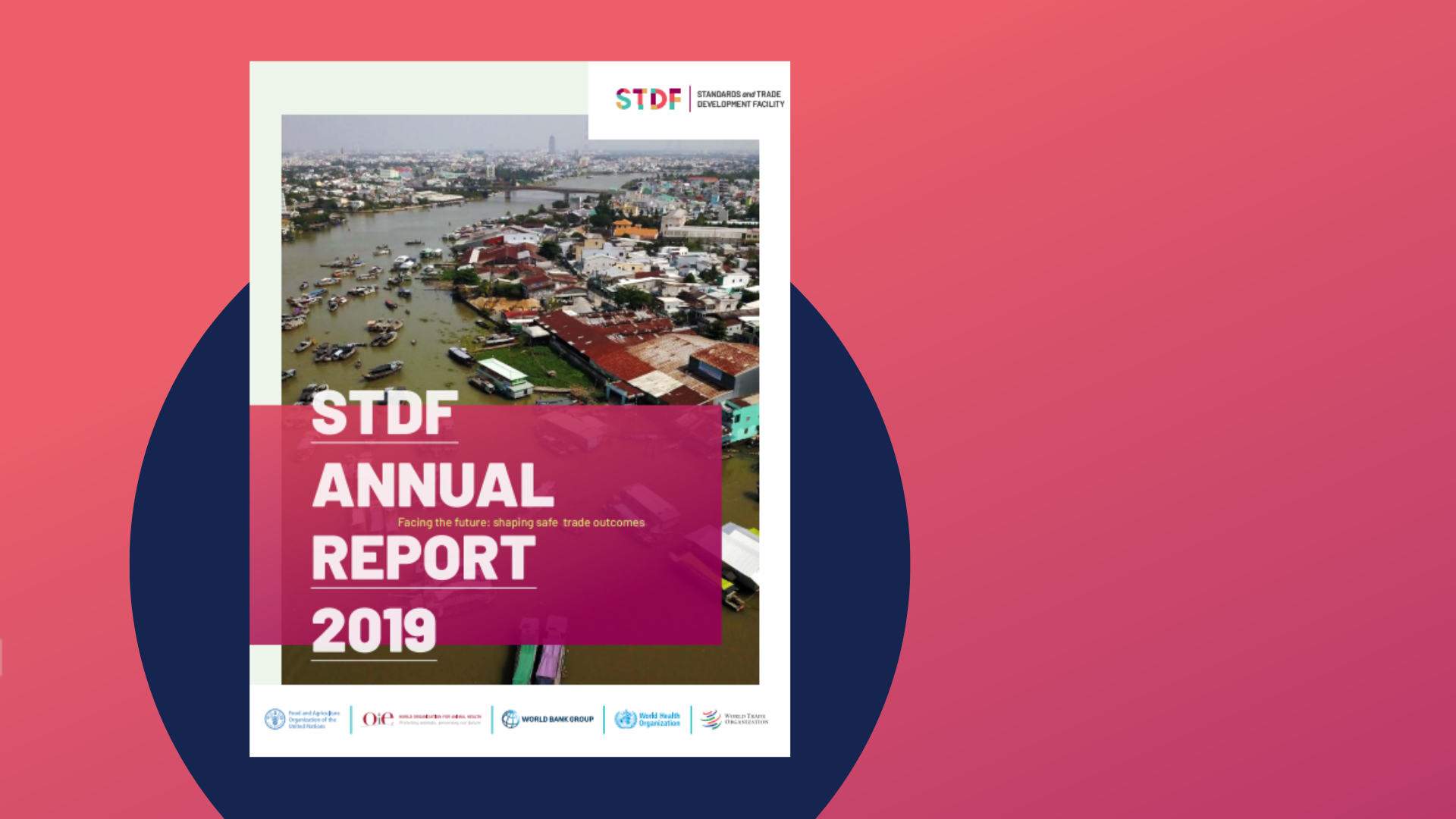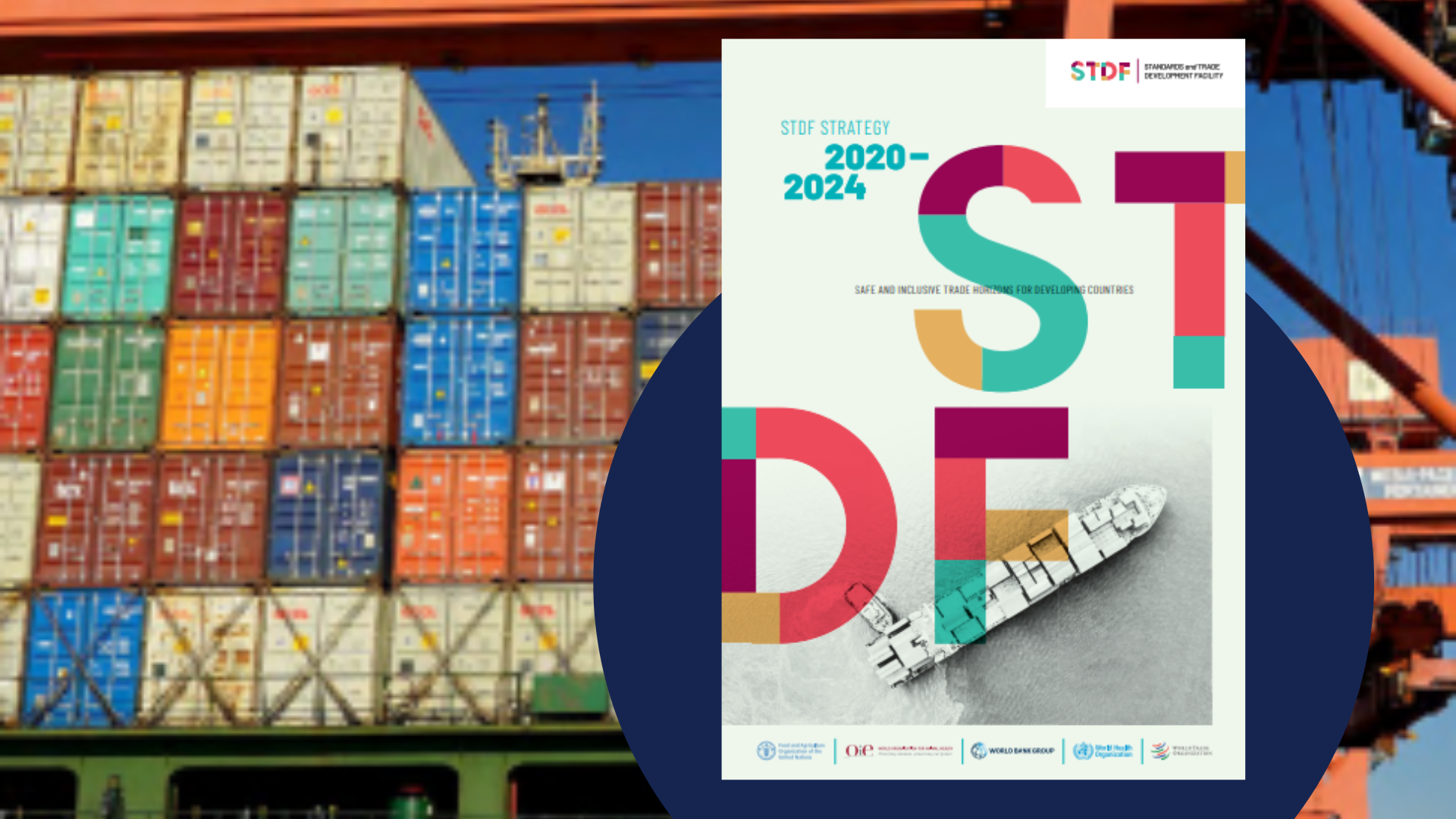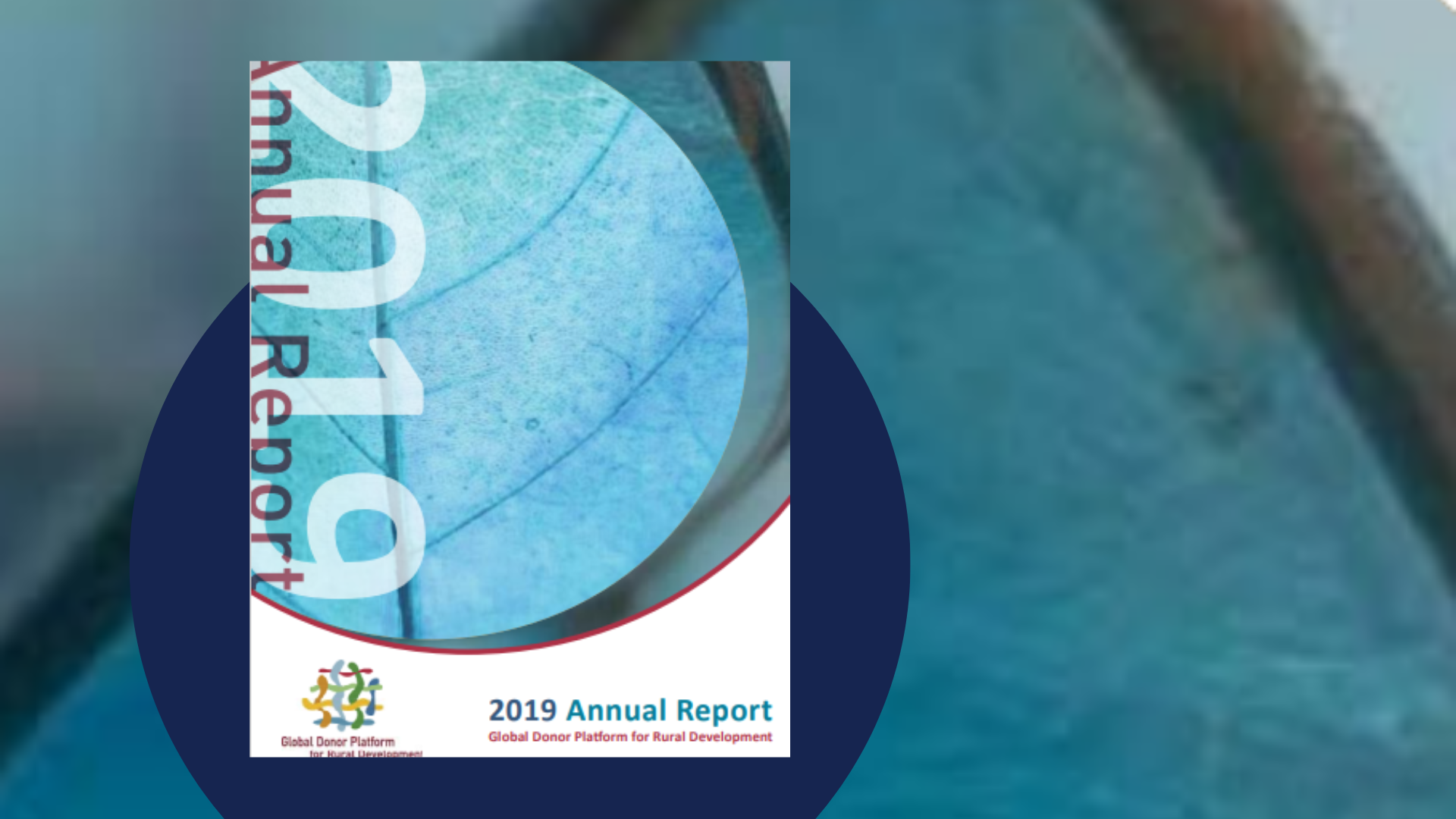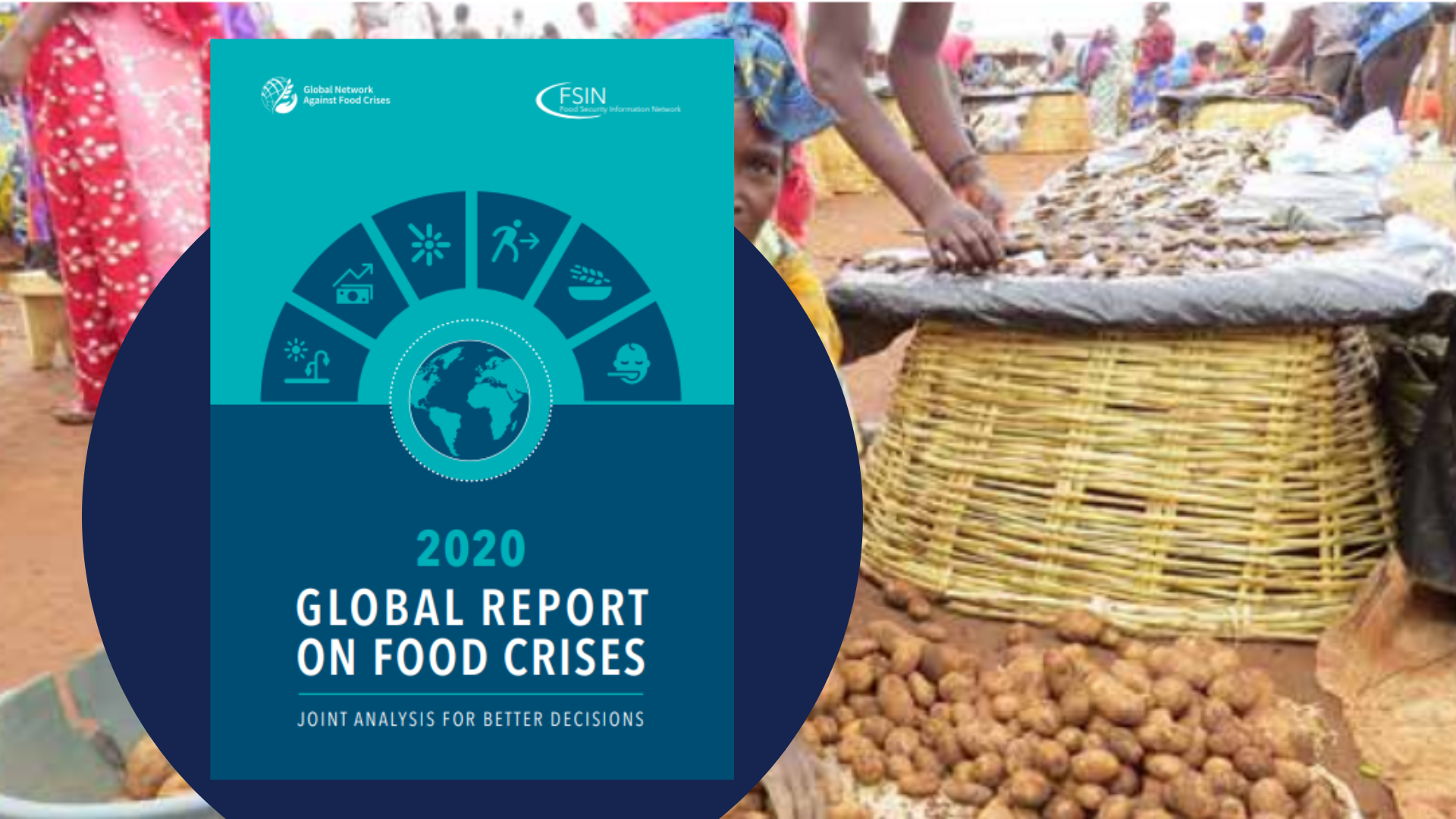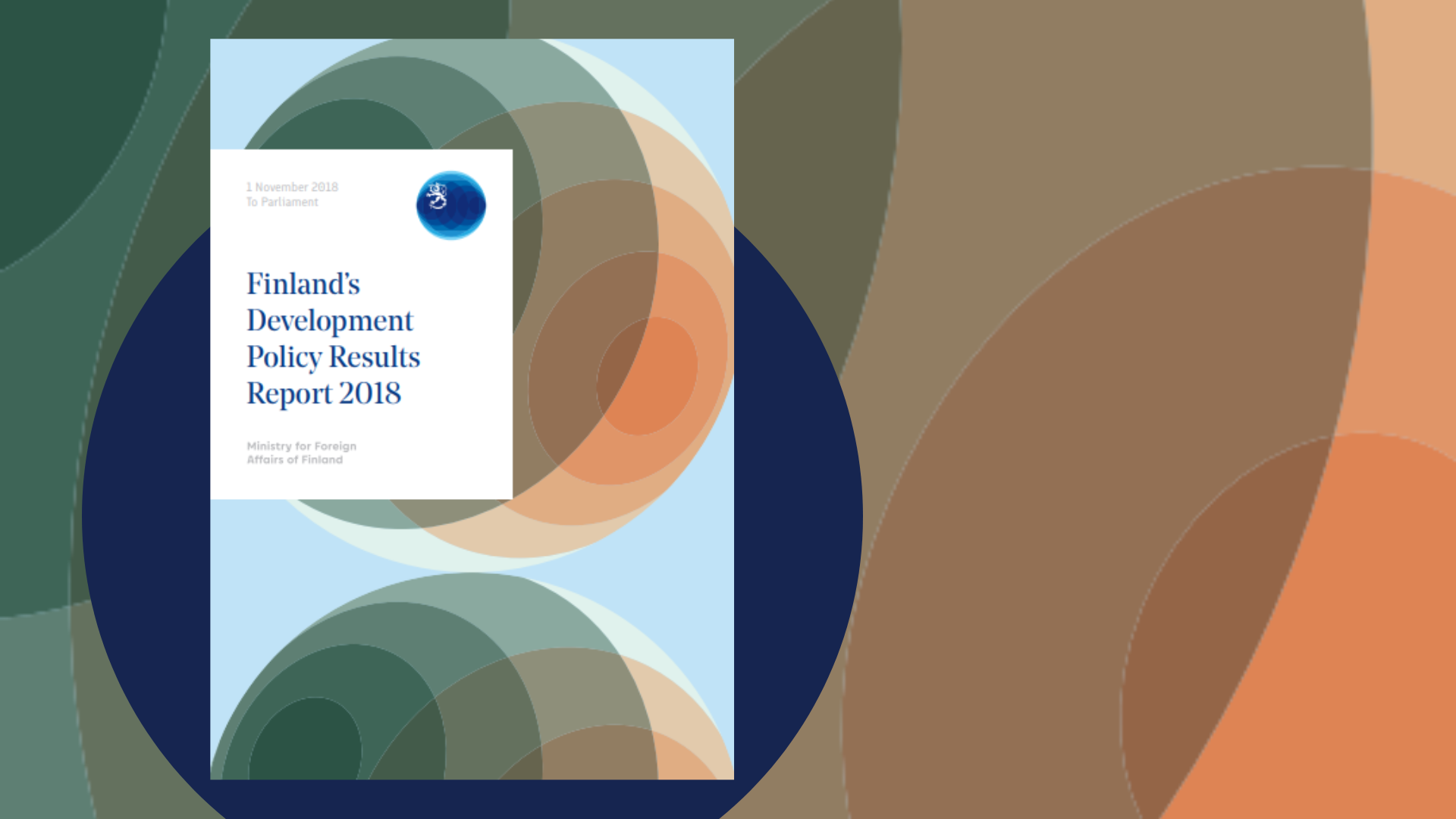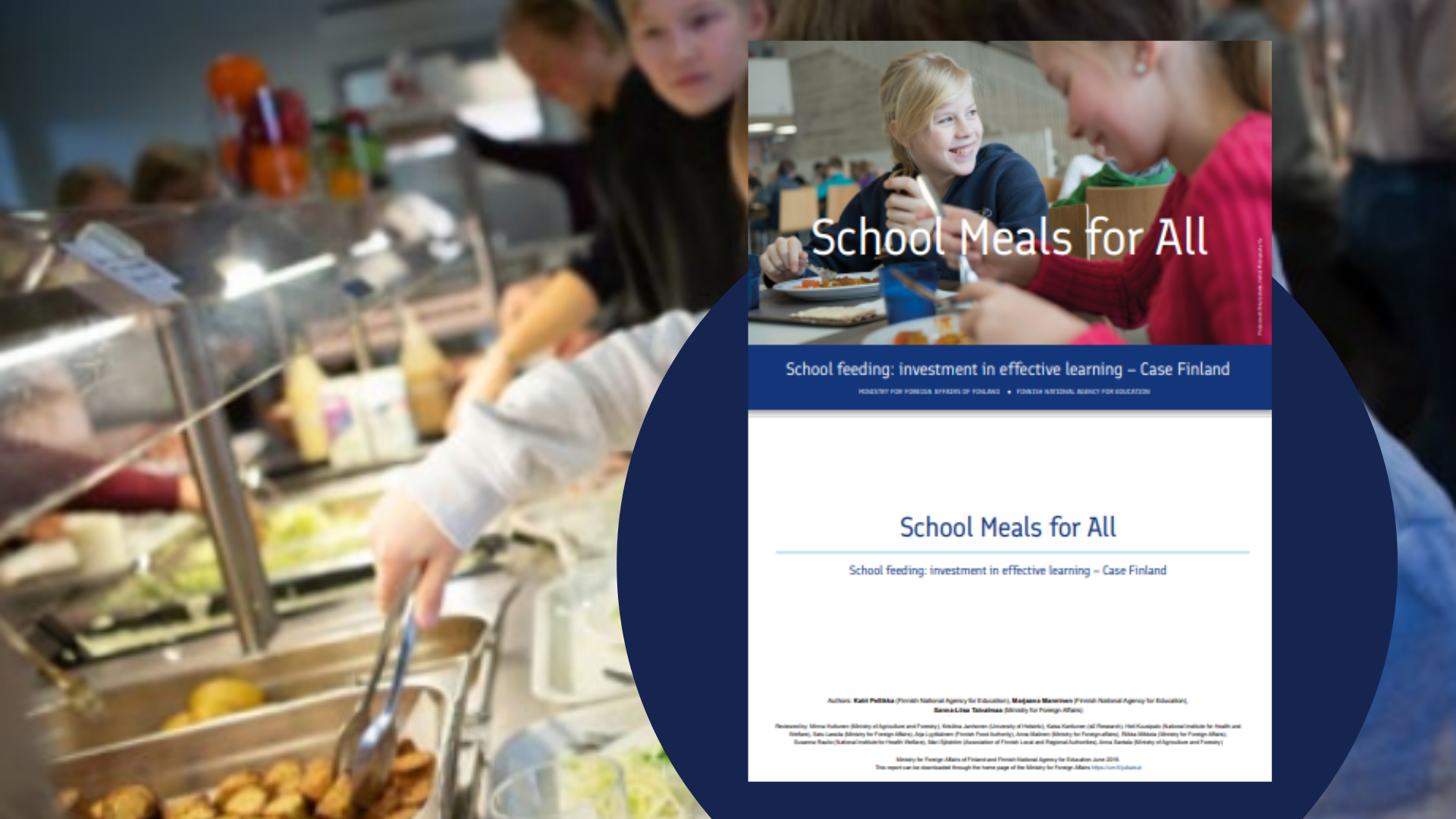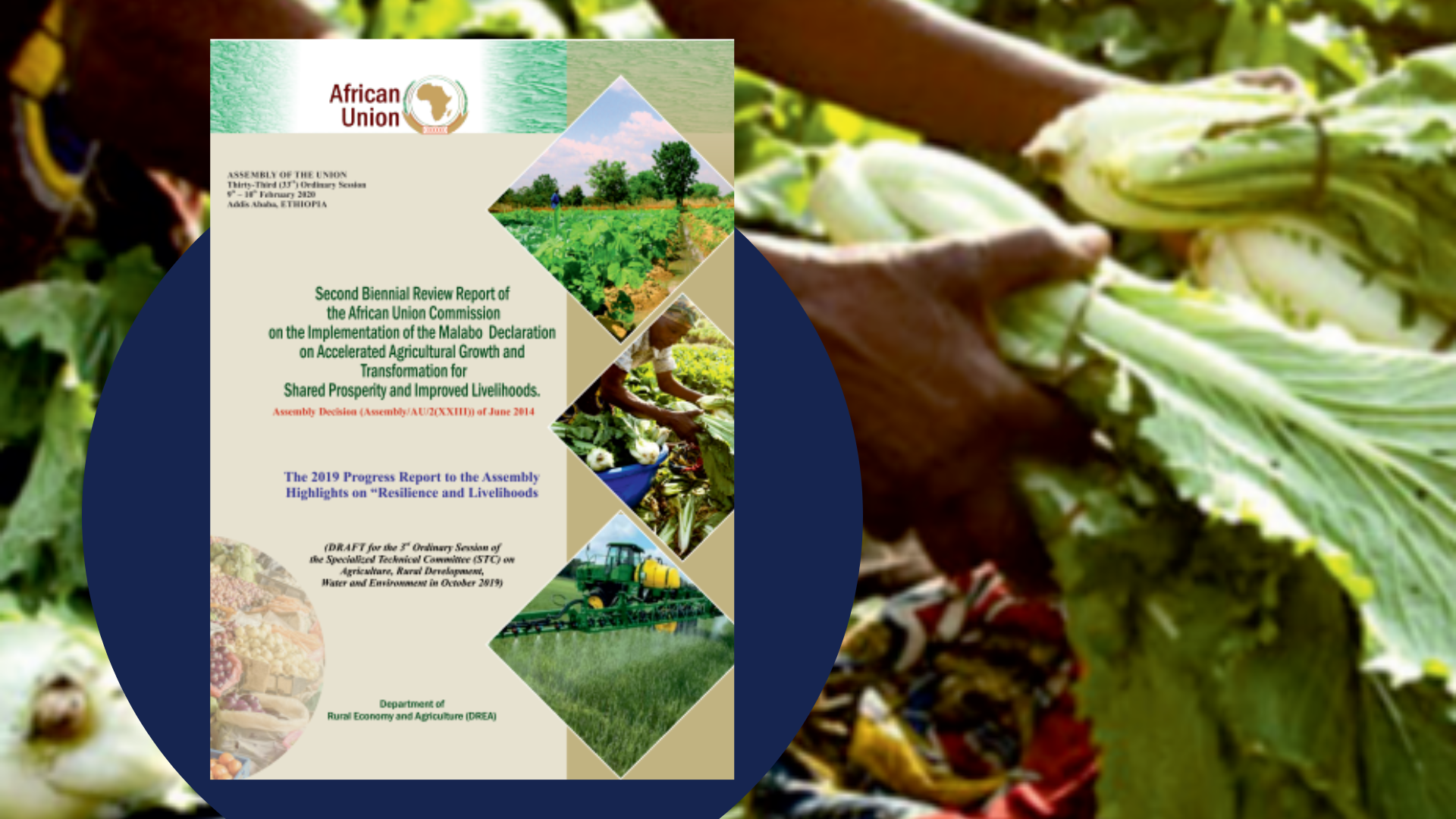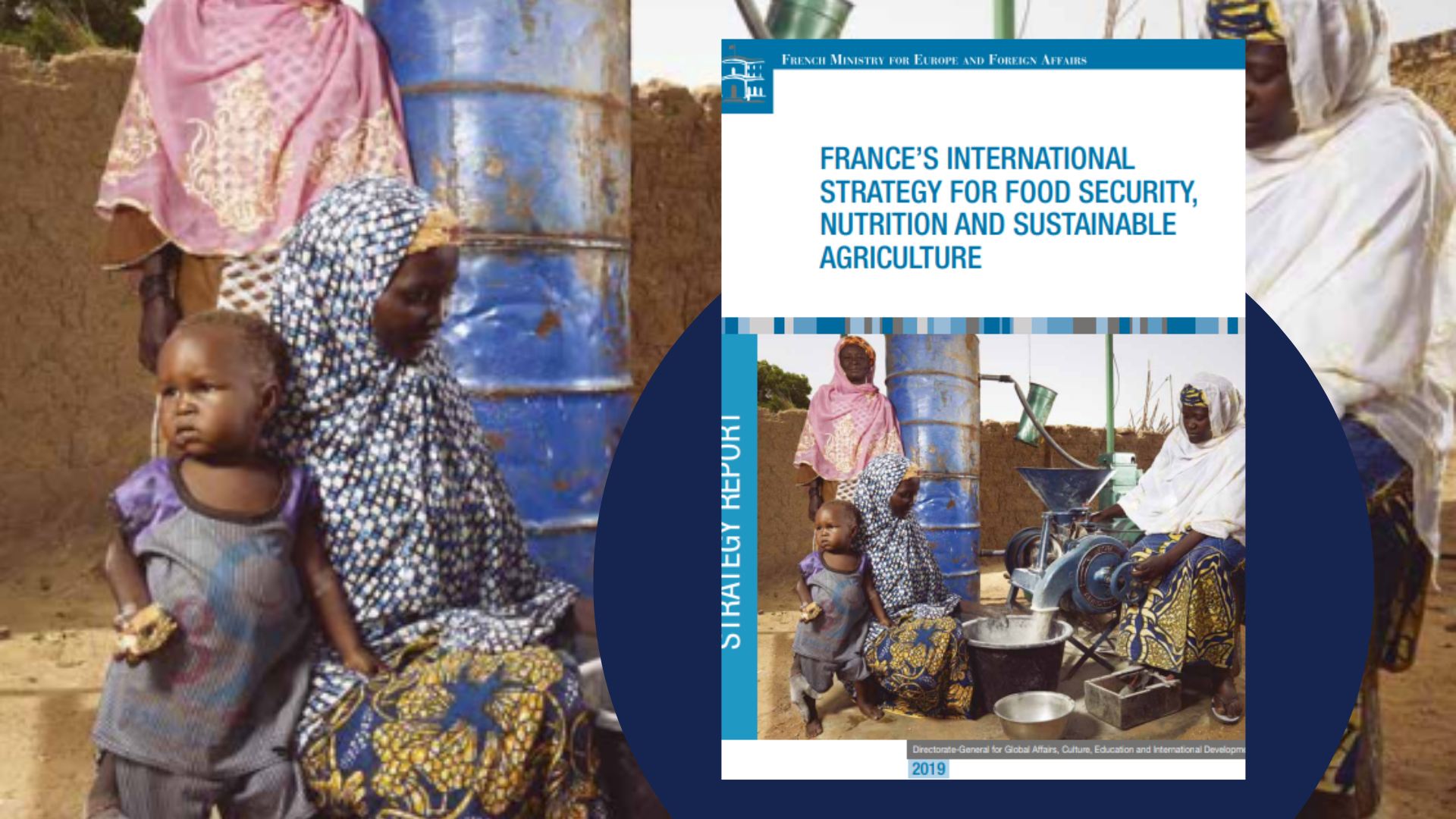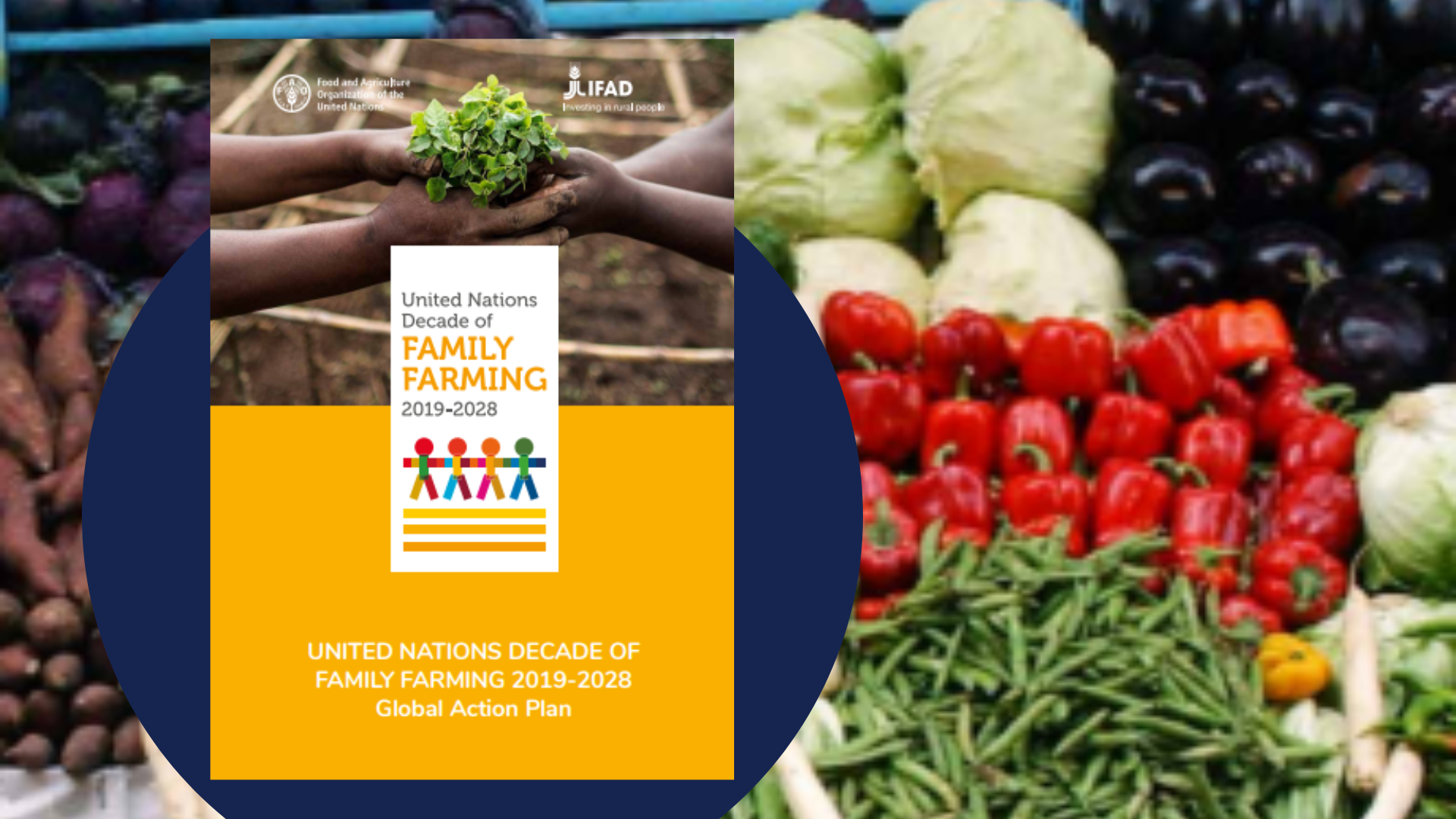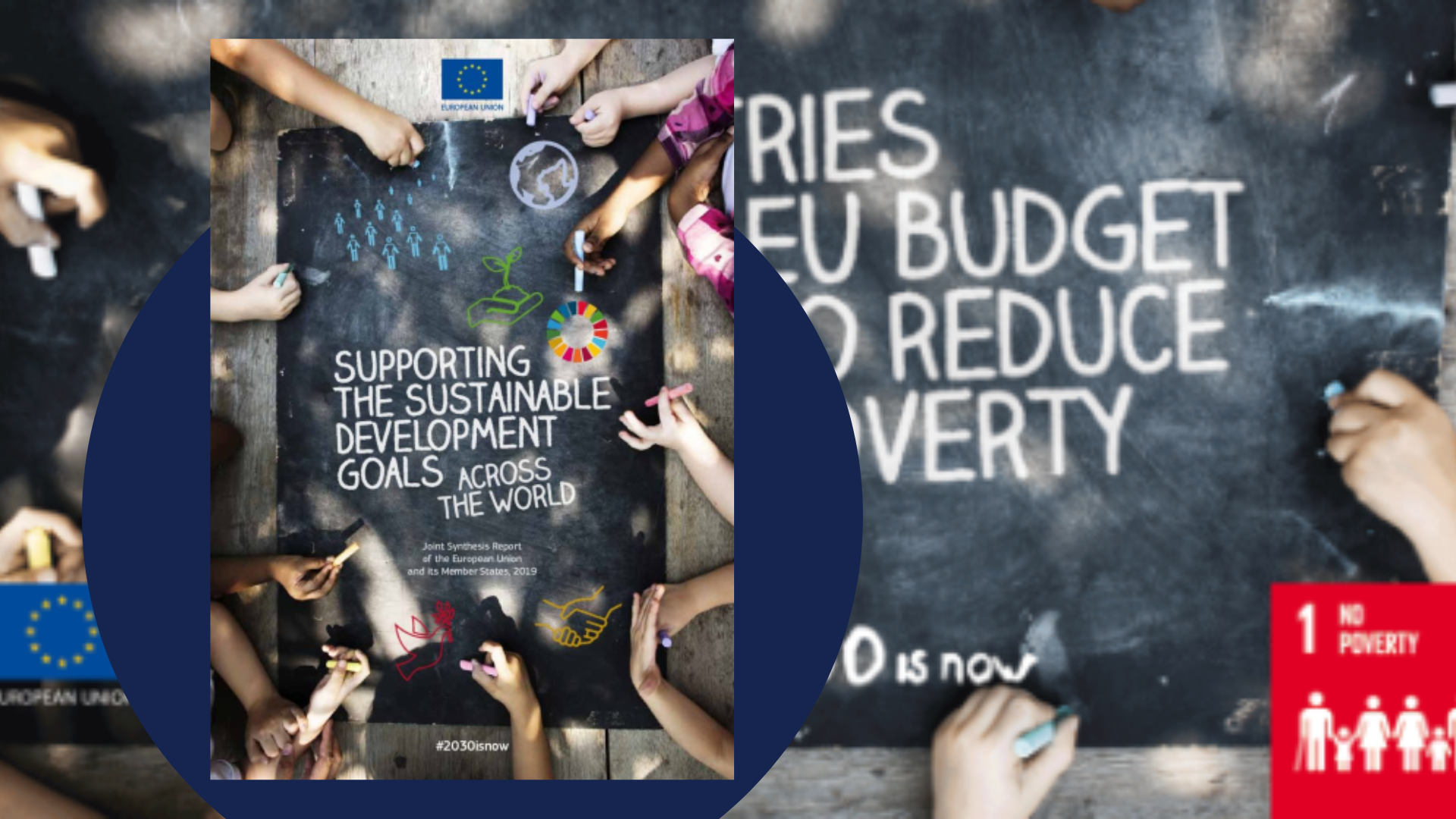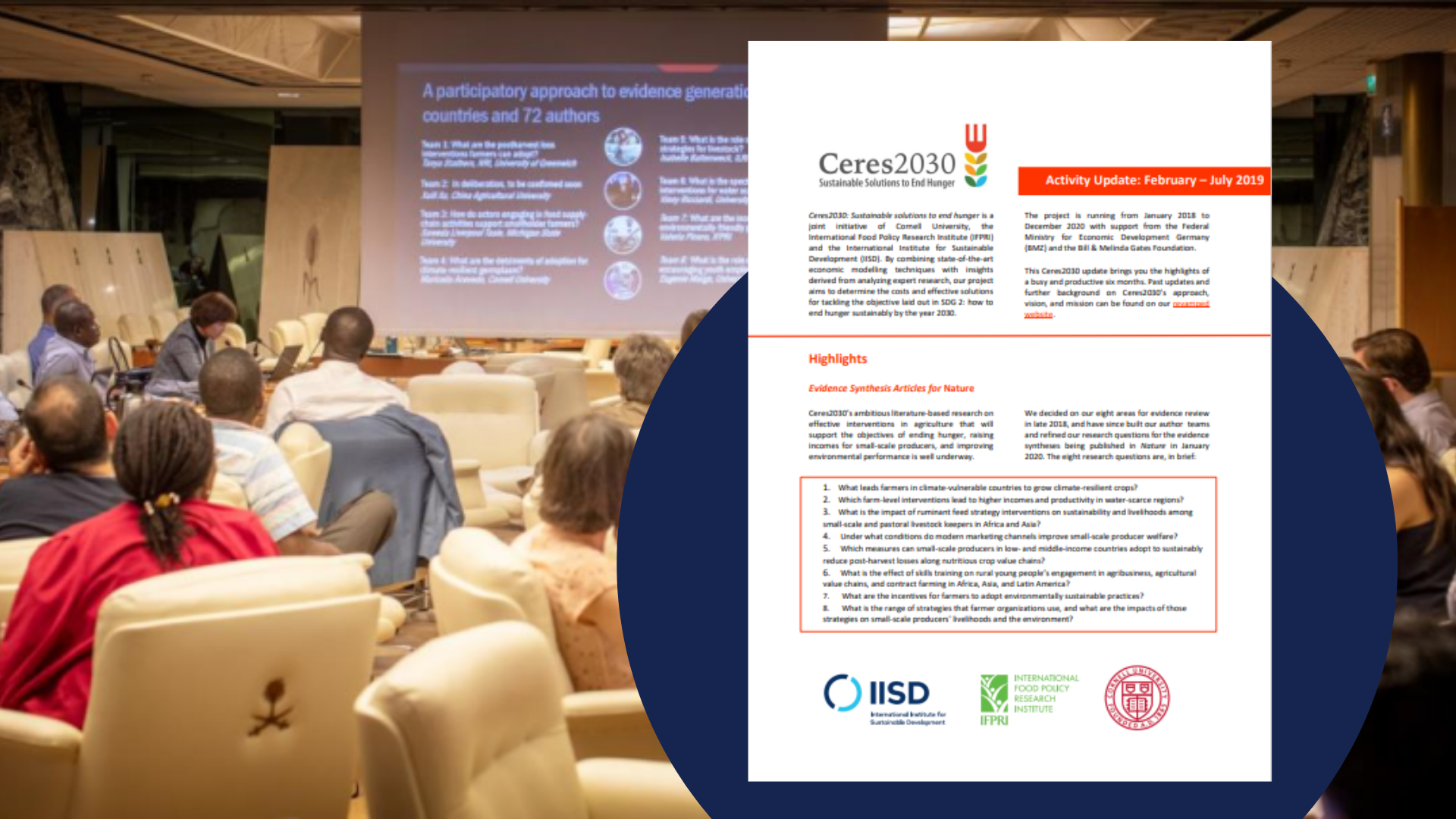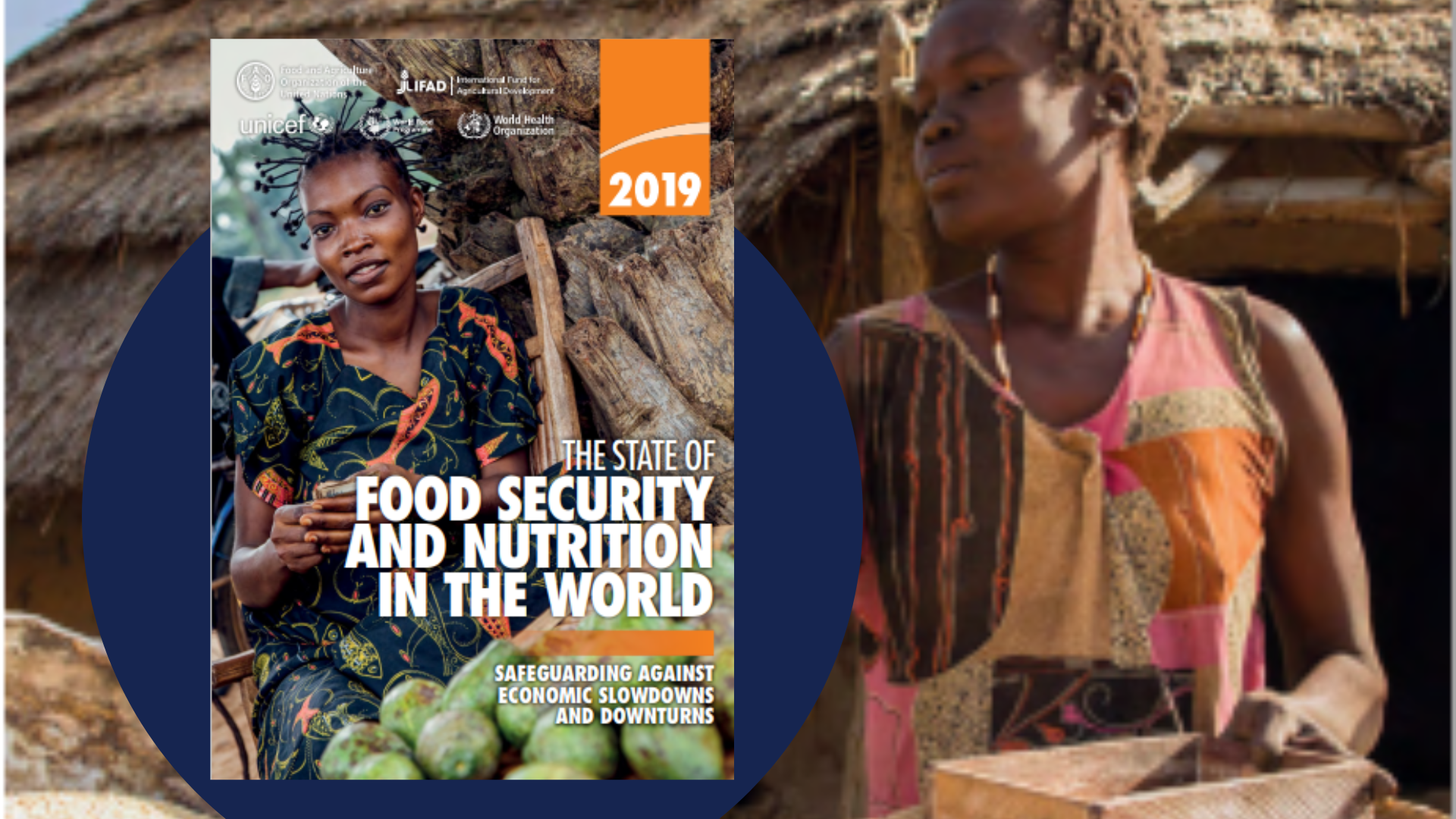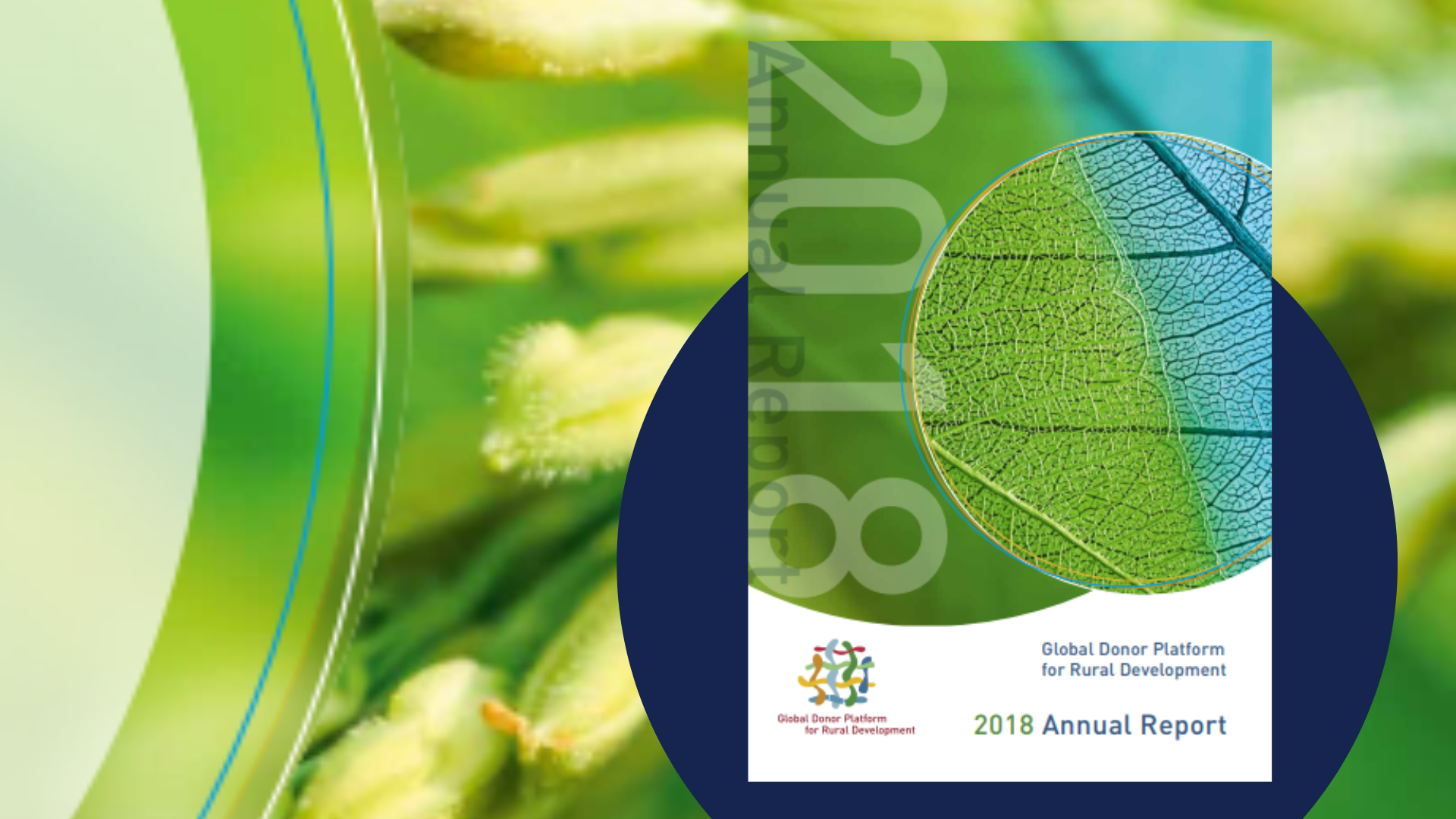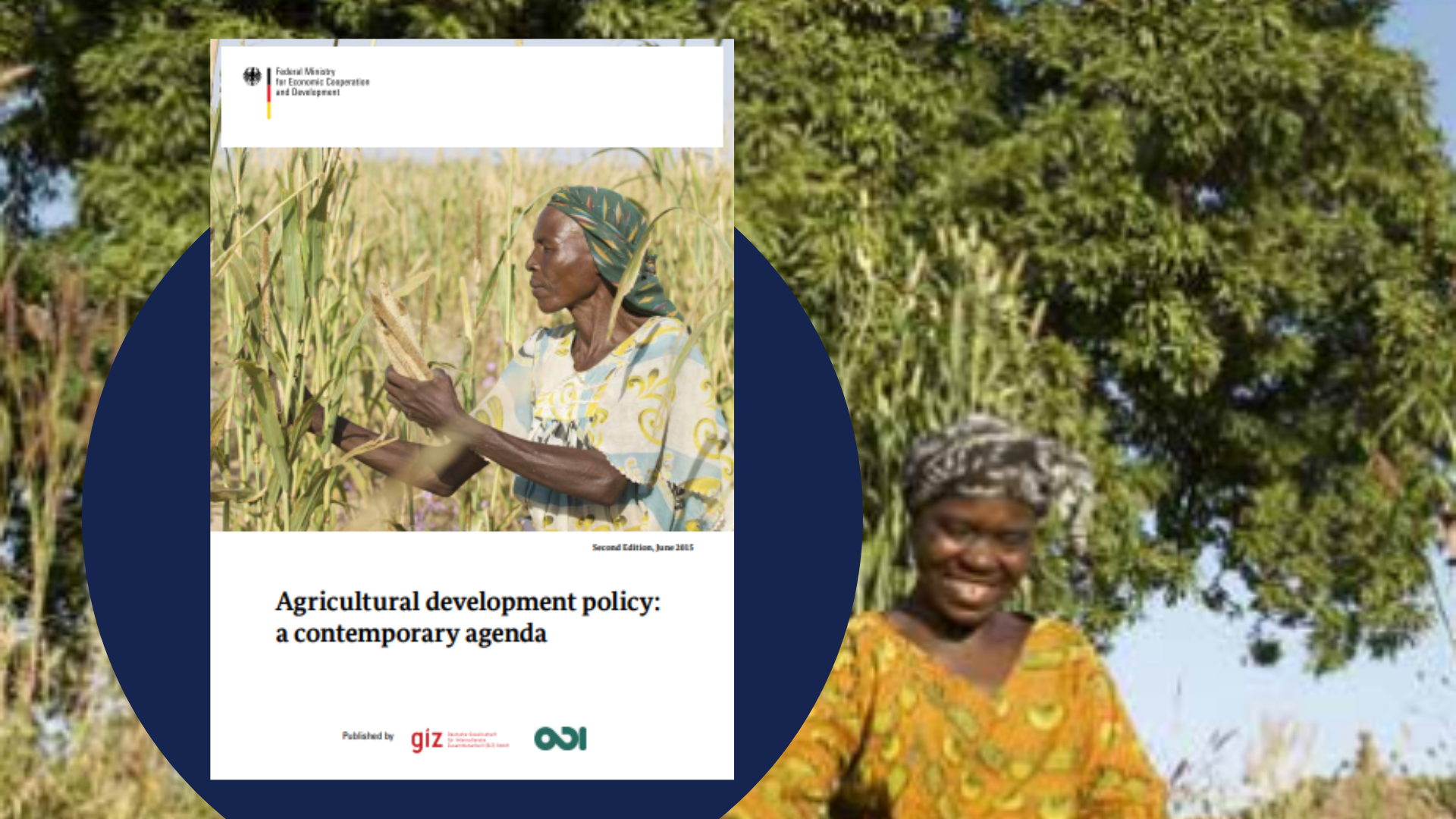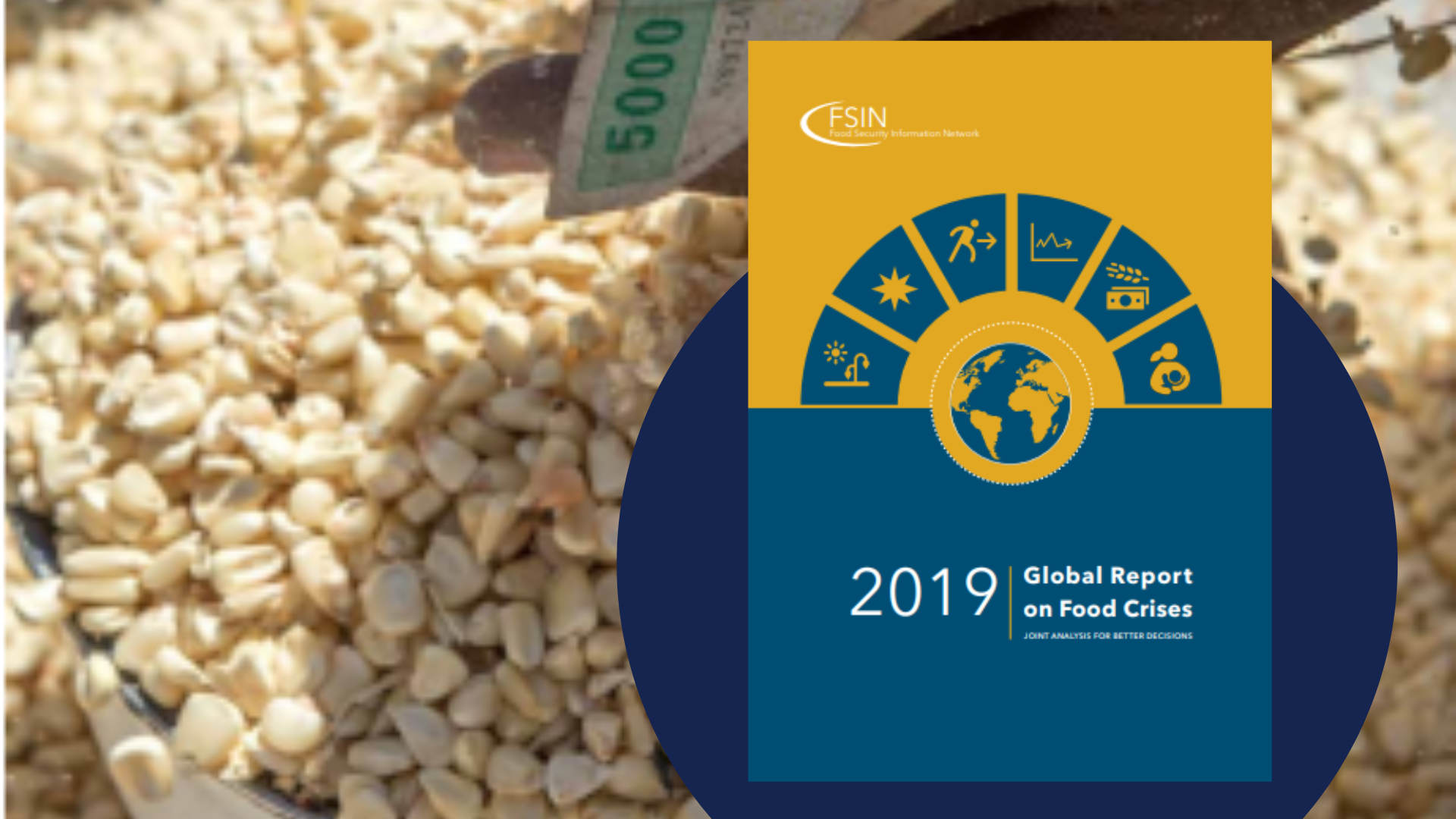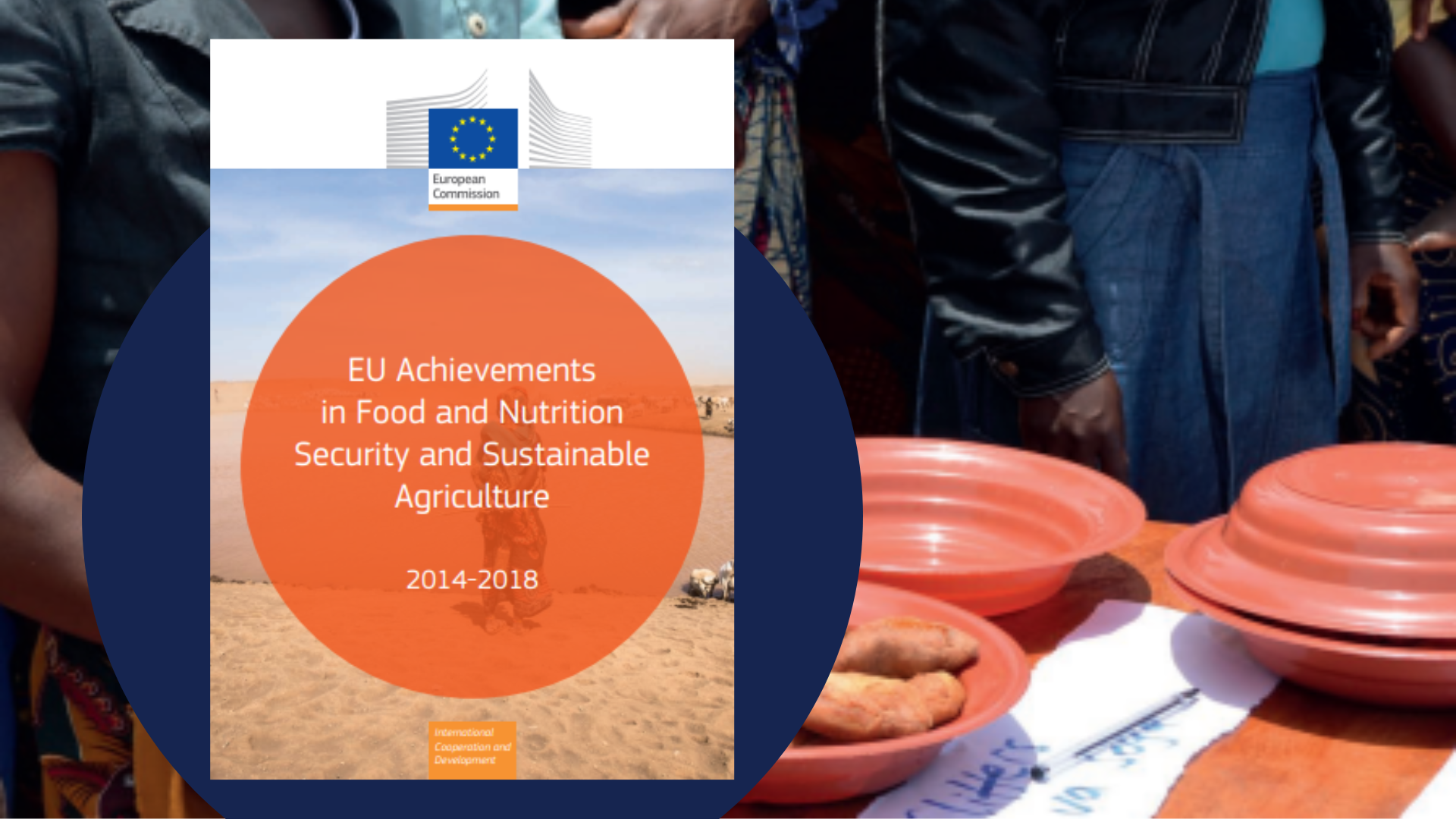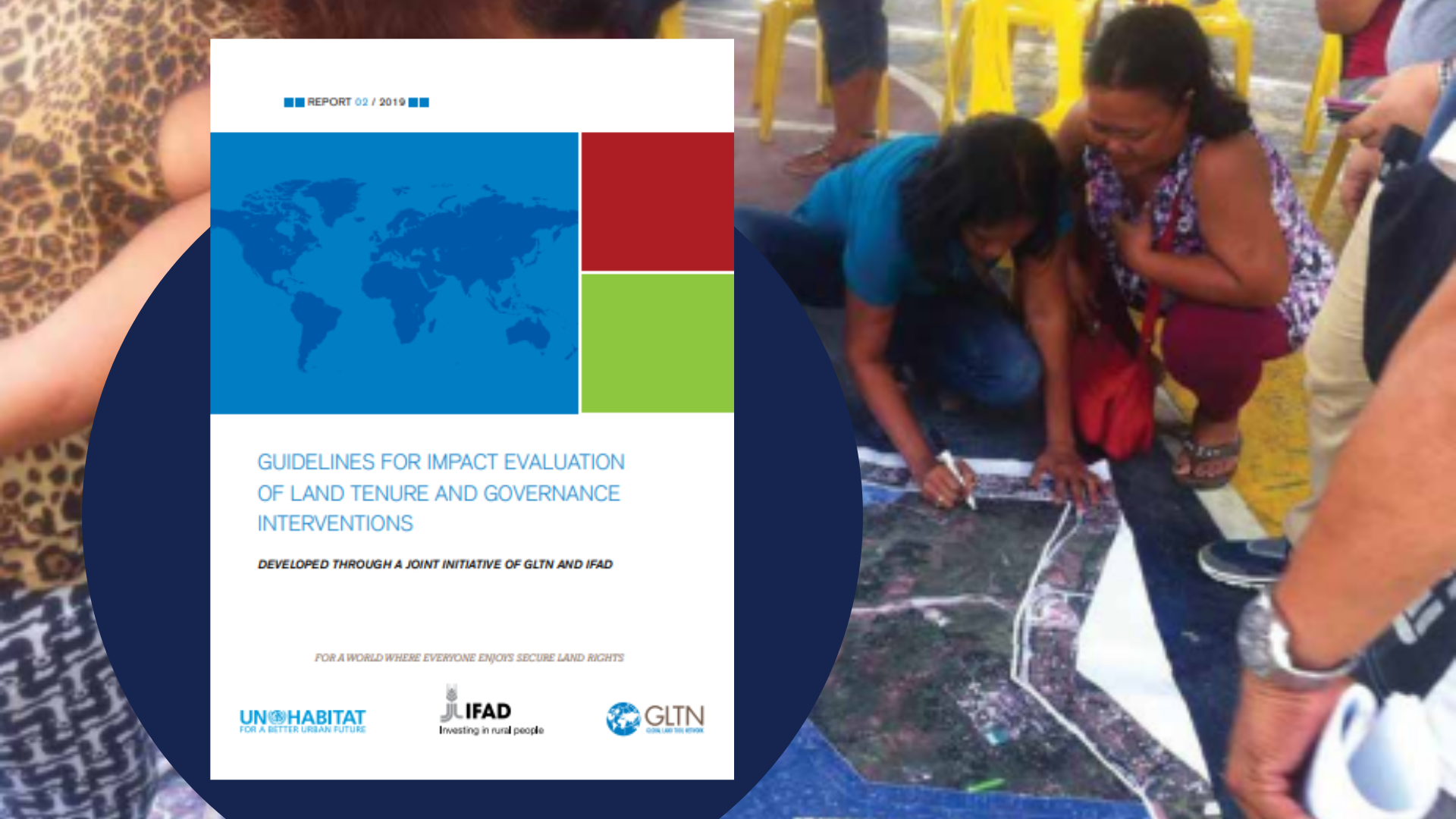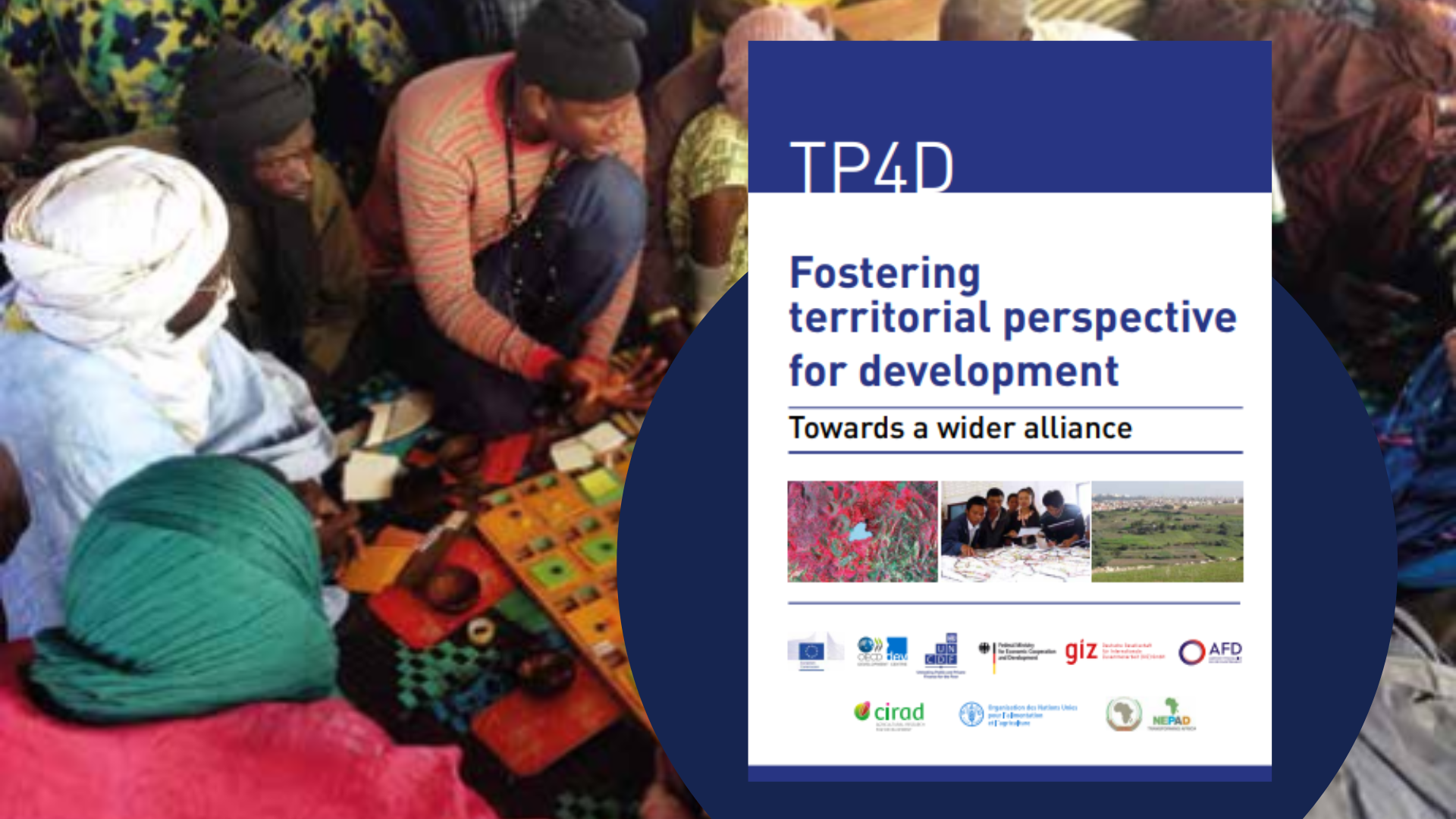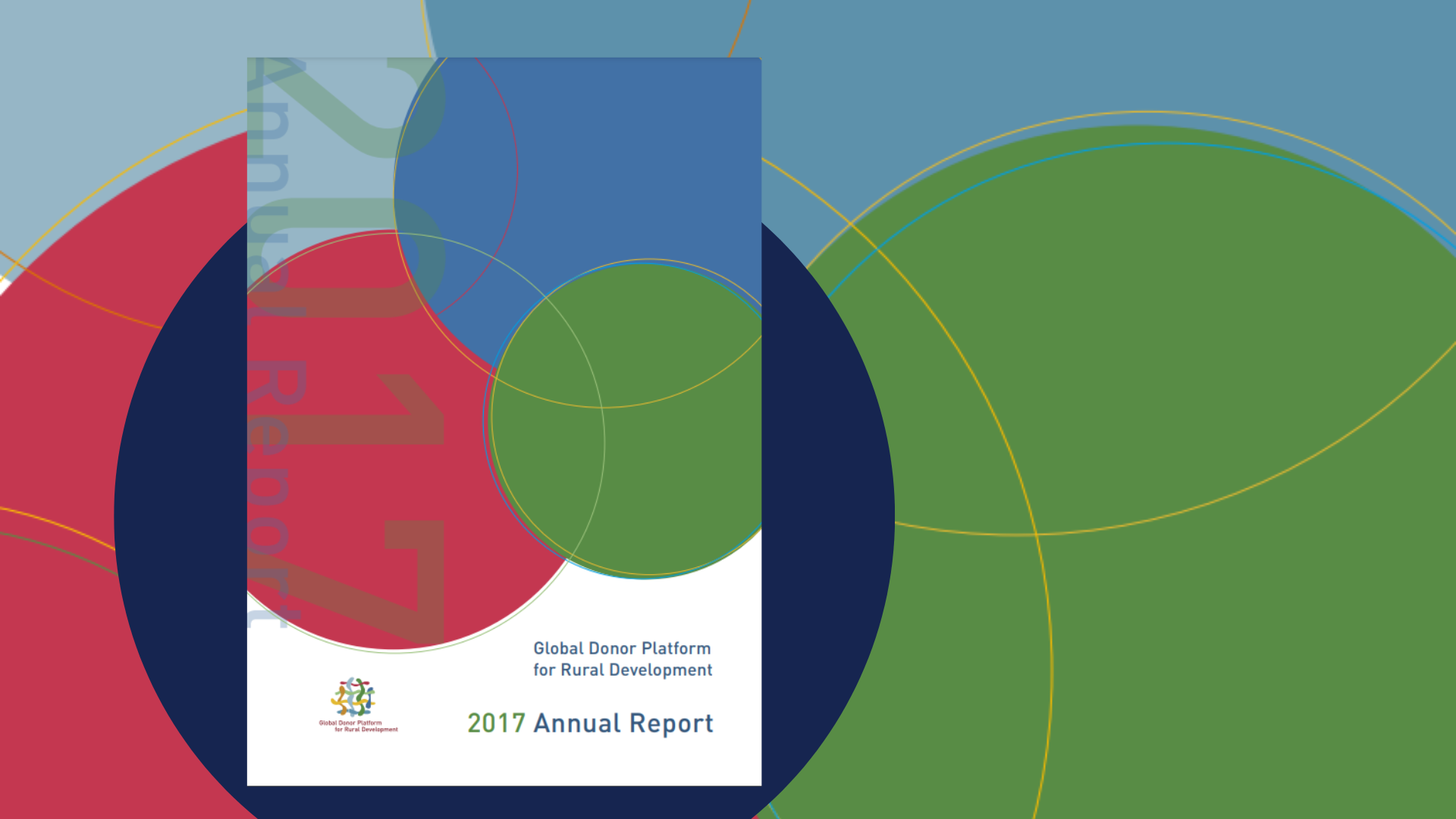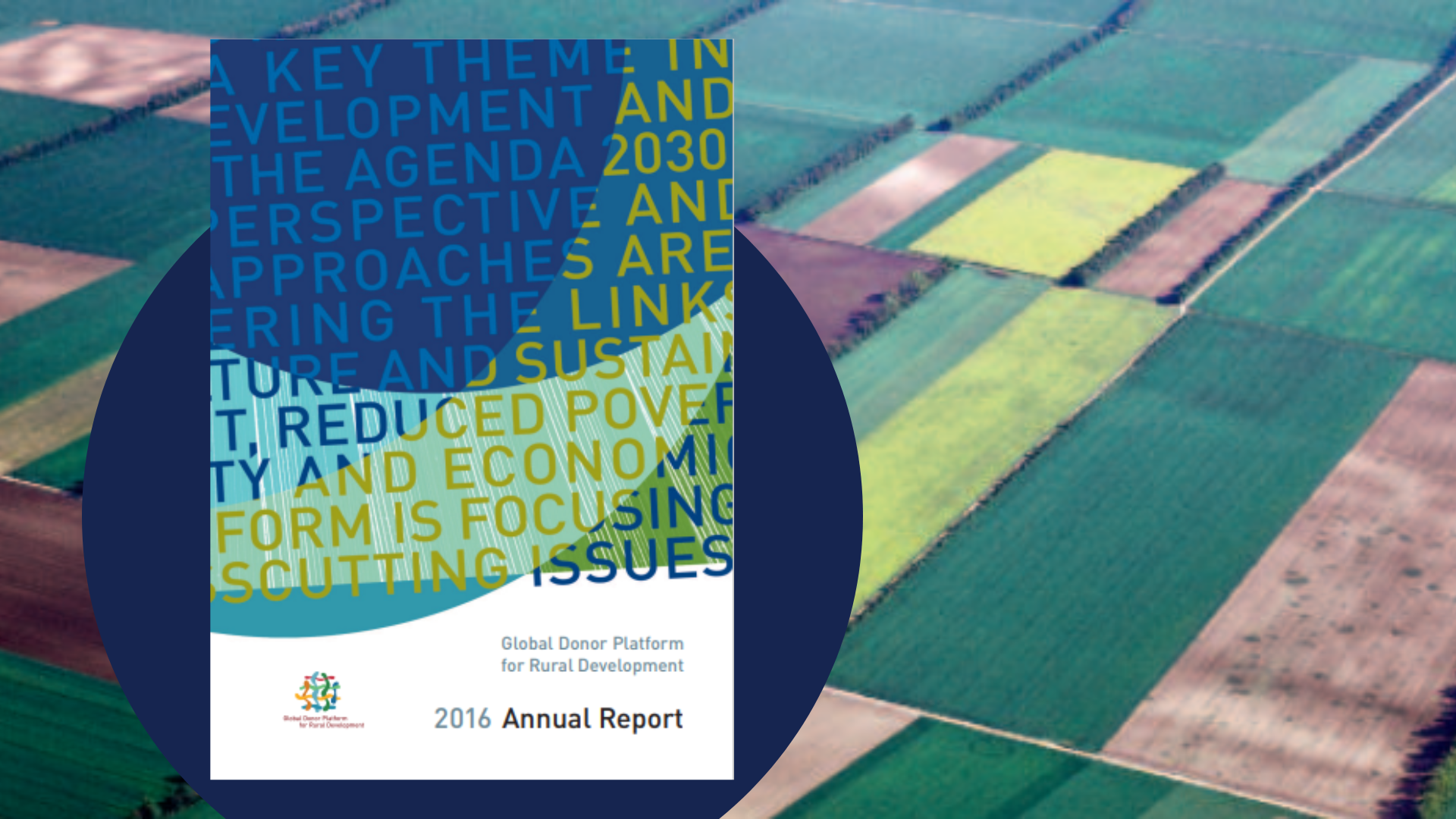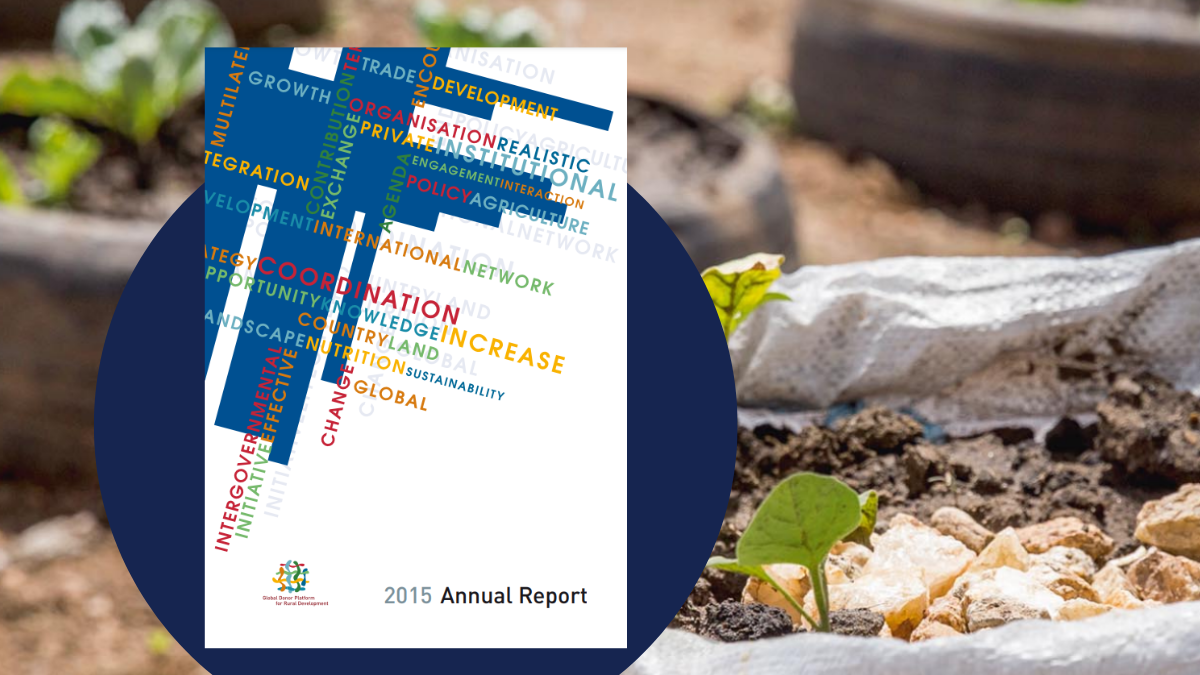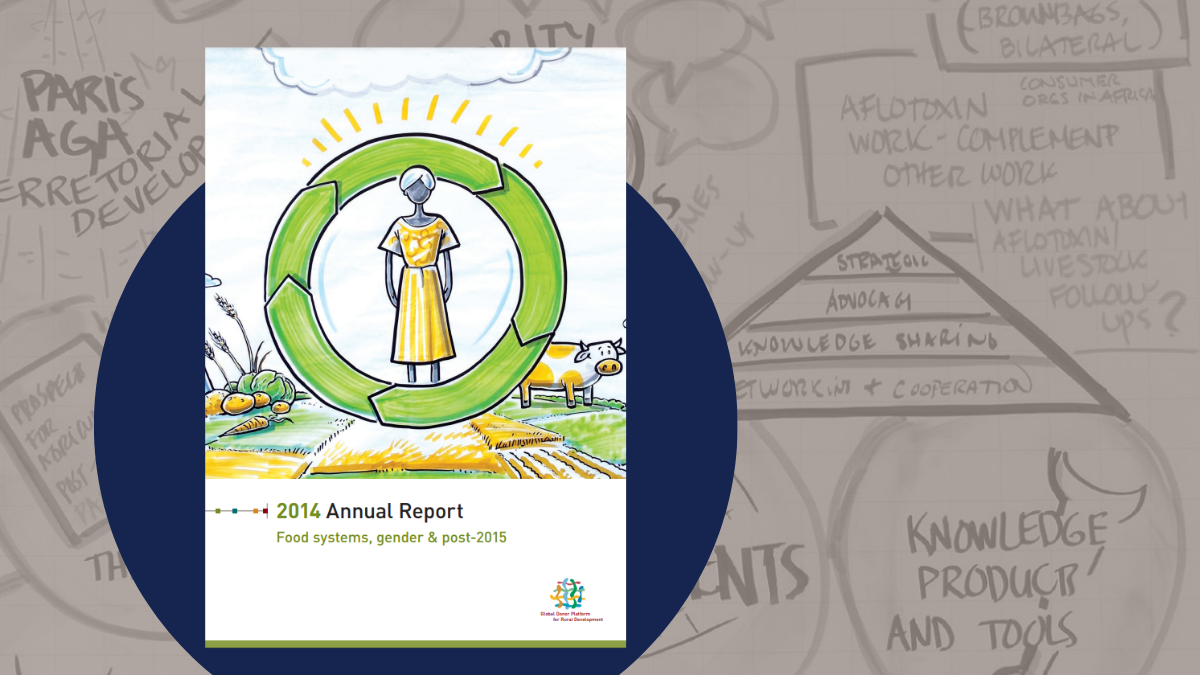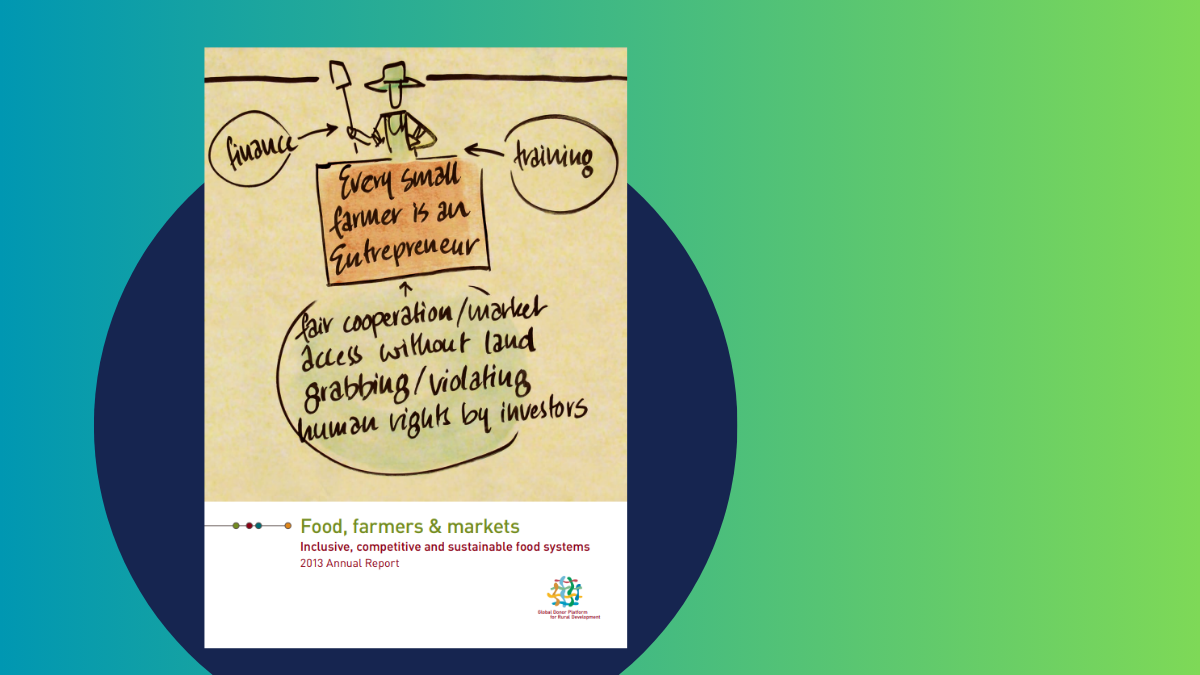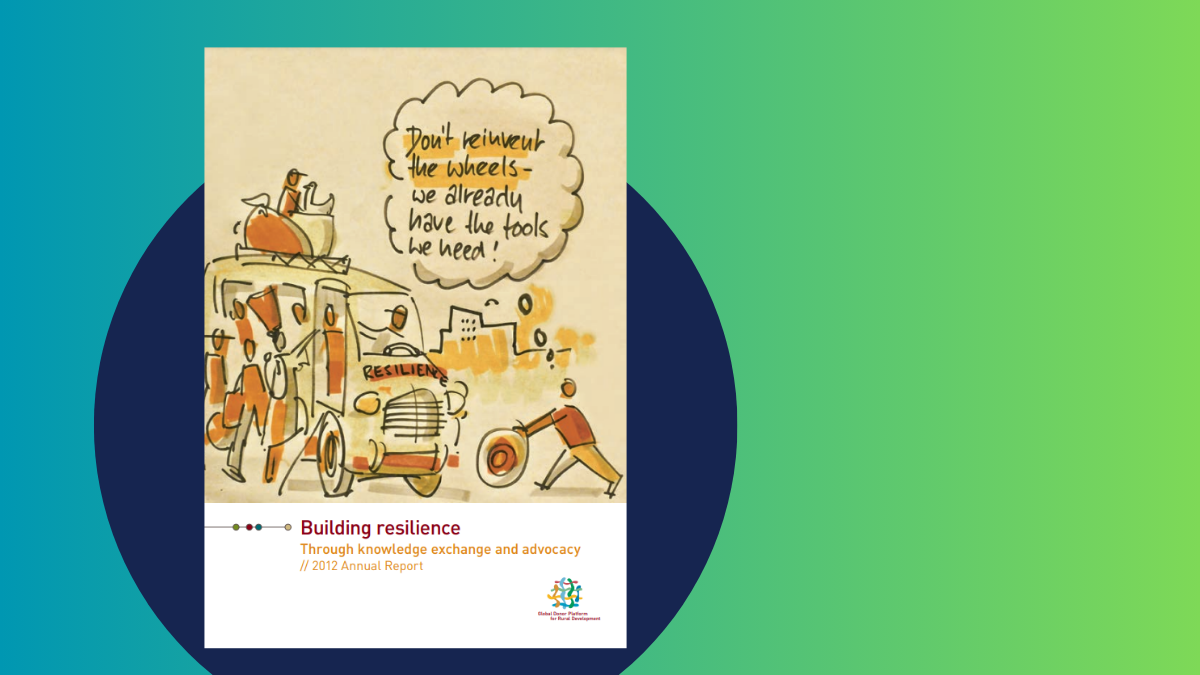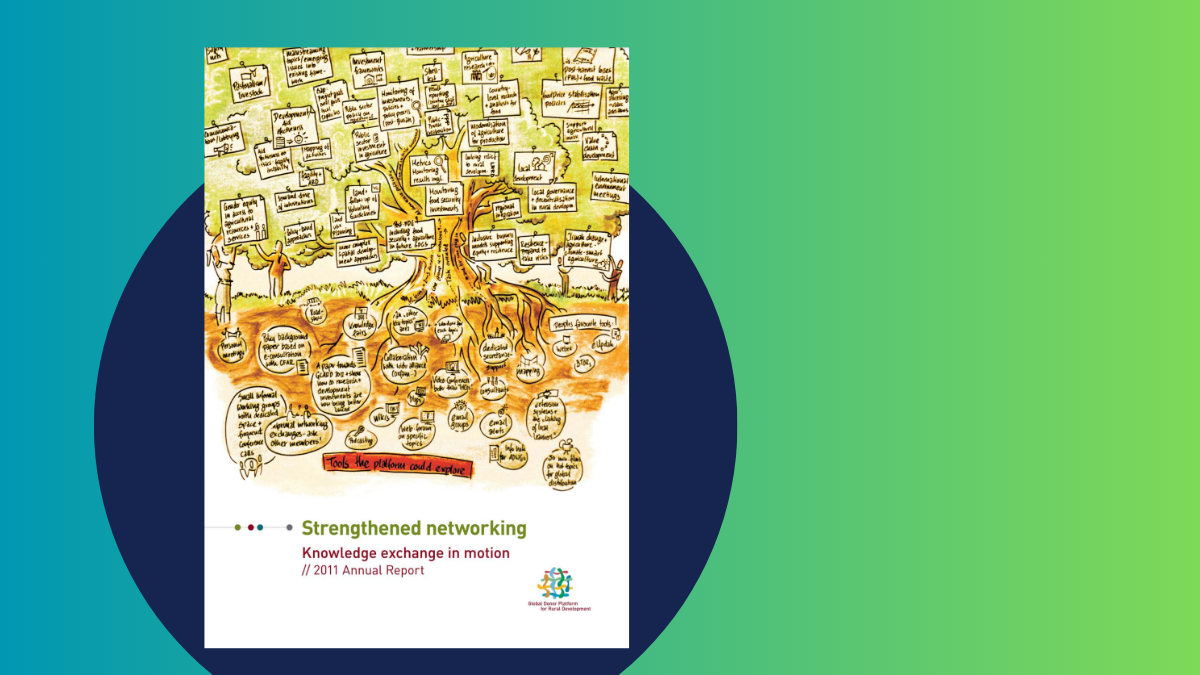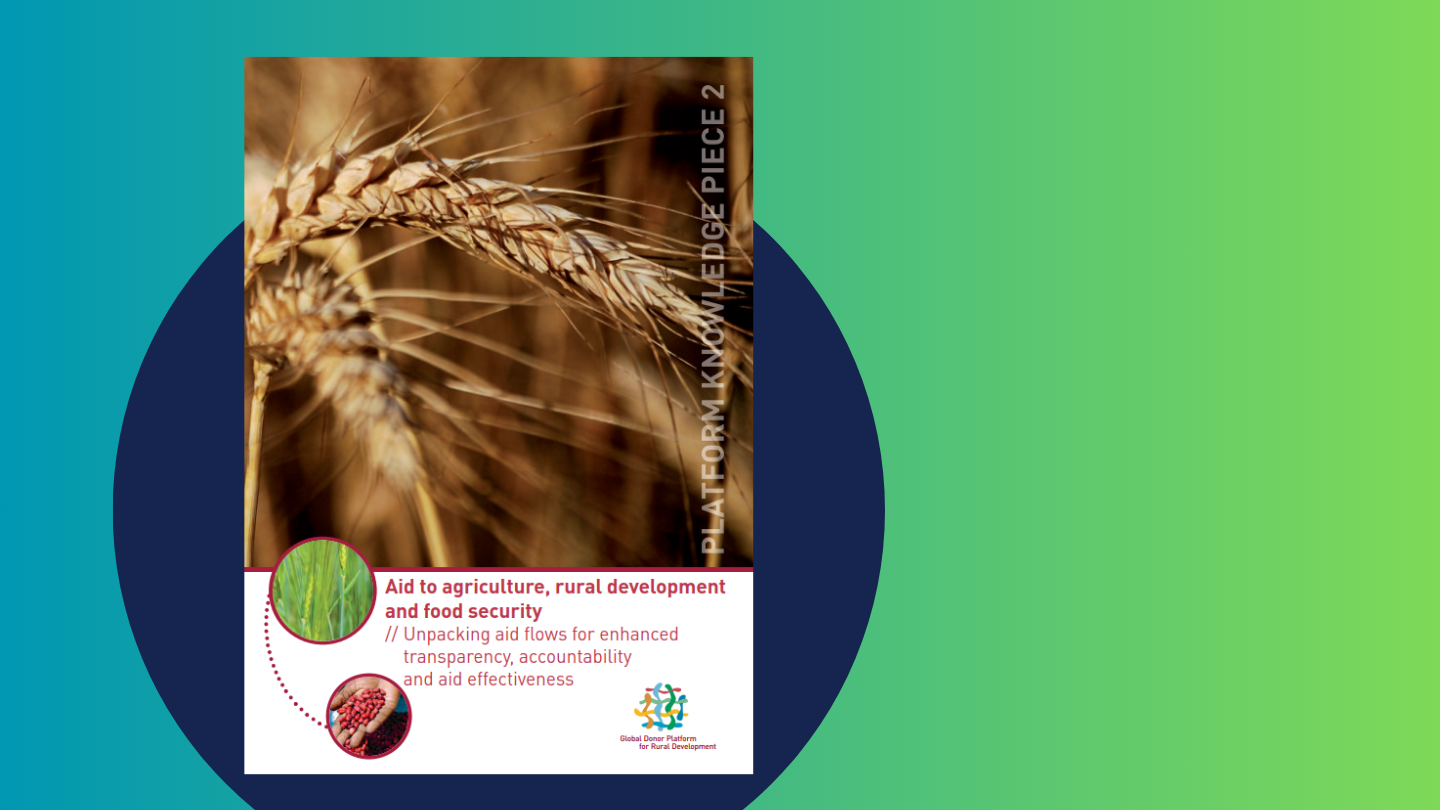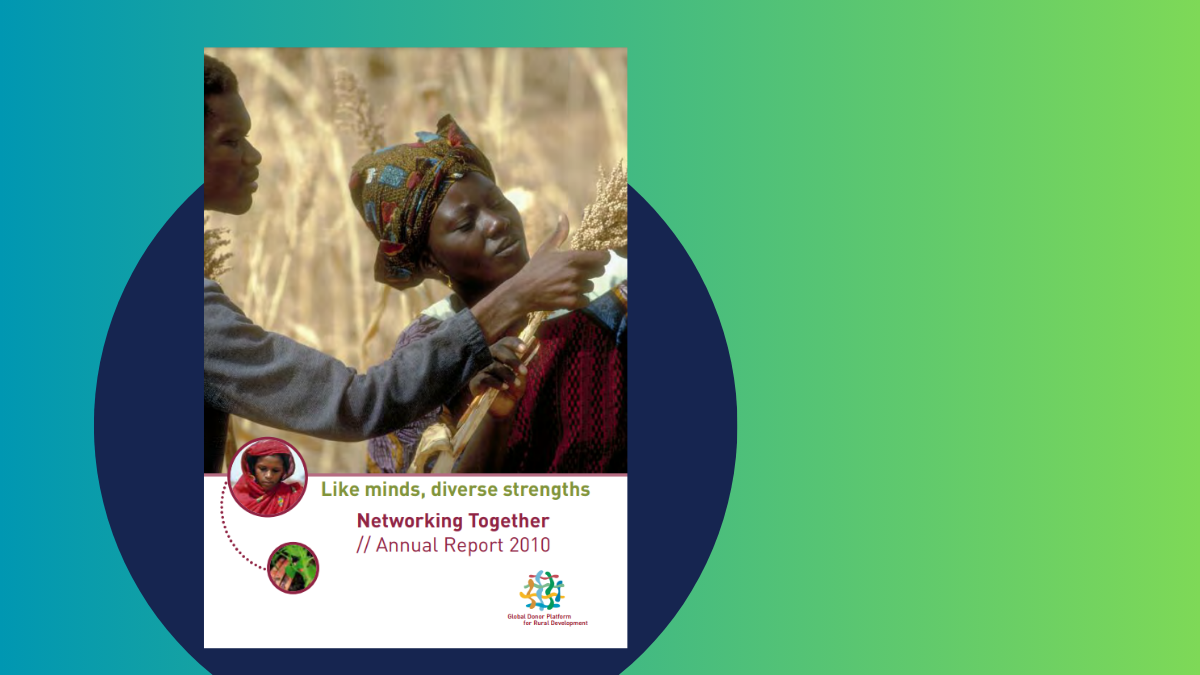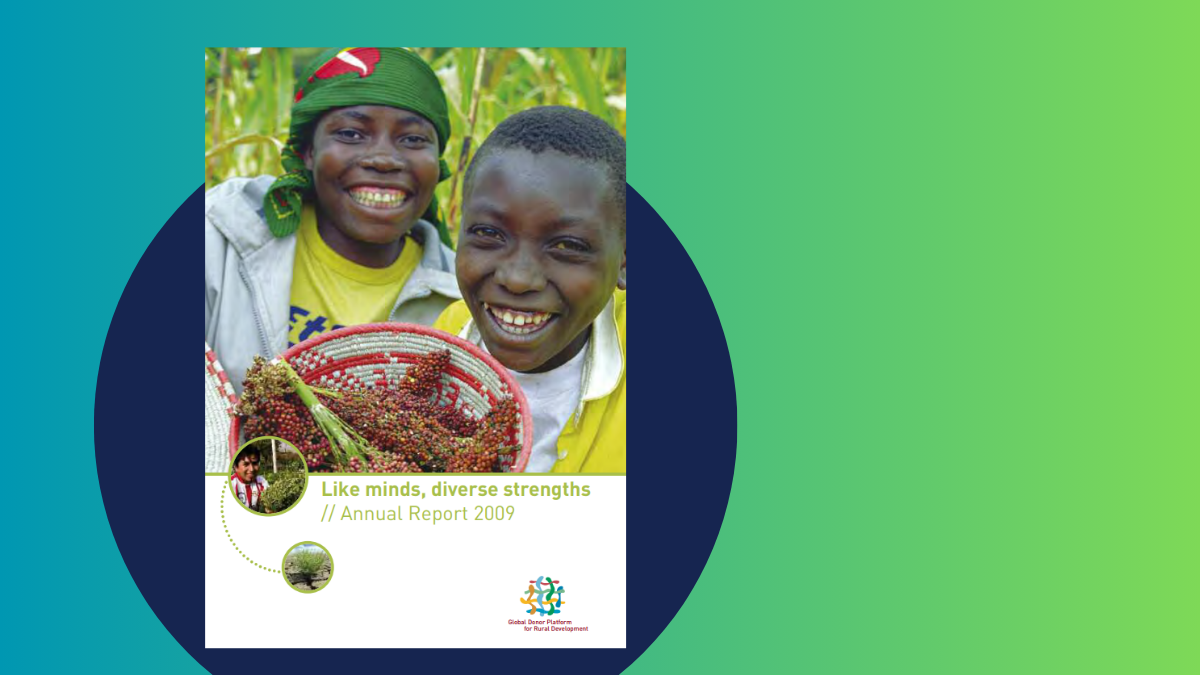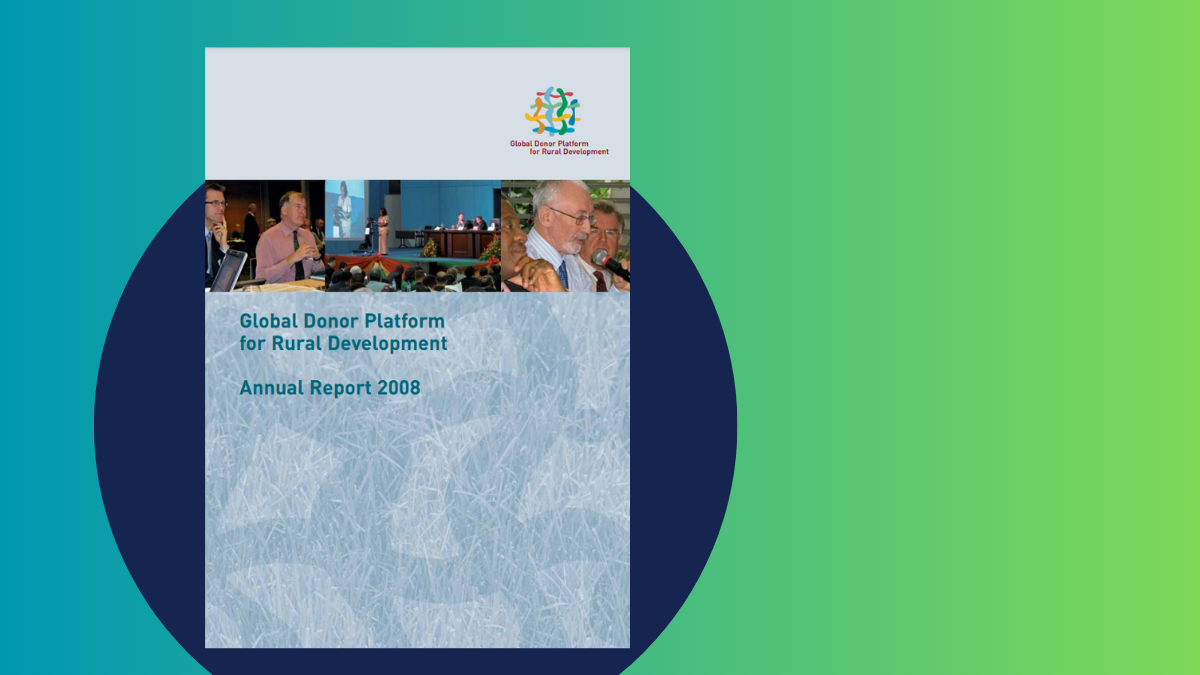The 2019 World Export Development Forum (WEDF) brought together more than 1,000 business leaders, policymakers, and young entrepreneurs from over 100 countries who convened in Addis Ababa to better exploit the opportunities for growth through trade. The Forum’s theme this year was “Trade and Invest in One Africa” and was co-hosted by Platform member International Trade Centre (ITC), the Ministry of Trade and Industry of Ethiopia, and the African Union Commission. It took place on 19-21 November in conjunction with the Africa Industrialisation Week.
Links
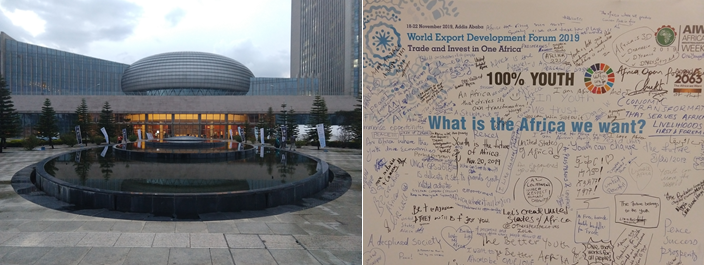
The conference was opened by Ethiopia’s President, Ms. Sahle-Work Zewde, who referred to the African continent’s immense economic potential that is poised to firmly mark its participation in the global trade arena. “We are transitioning into an era where Africa is becoming a key player in global trade, investment, and industrialization in contrast to its past marginal role. Currently, Africa has become a top destination for international investments and has been gaining ground as a major trading partner”, Zewde said.
Realising Africa’s economic potential
Lessons so far indicate the importance of integrating regional and international commitments with national industrialisation and export strategies, Zewde continued. To expedite Africa's industrialisation process and grow its exports, it is crucial to leverage the collective market size that Africa has as a continent. According to Zewde, Africa will be able to reap the full potential of its different nations and become a major player in the international trade arena by creating a complementary economic system. She called upon all African governments to put the joint development agenda at the core of their respective national policies.
Albert M. Muchanga, Commissioner for Trade and Industry at the African Union, called for the creation of a more enabling environment to boost access to finance, competitiveness, and innovation. In this regard, the private sector will be the key driver of industrialisation. Efforts are being leveraged to provide a large market space through the African Continental Free Trade Area (AfCFTA), he said. The message is to position the African industry to supply the Africa Continental Free Trade Area (AfCFTA) market.
SheTrades – Innovative Approaches to Empower Women
Participants at the WEDF engaged with one another in different panel discussions, which provided valuable networking and business opportunities. The Forum consisted of a variety of events, including the SheTrades global platform, which focuses on innovative solutions for women’s empowerment through trade within the African Continental Free Trade Area. SheTrades event attracted more than 500 women entrepreneurs, business leaders, and policymakers to explore opportunities to better include women in trade. Arancha González, ITC’s Executive Director, emphasized that the AfCFTA has the potential to change the trading landscape of Africa and boost intra-Africa trade by more than 50%. However, if policies are going to work, they need to work for everyone – and that particularly includes women. She called for an AfCFTA that works for women.
González announced that ITC, the African Union Commission, and the United Nations Economic Commission for Africa have launched a collaboration with more than 40 women’s business associations, representing one million African women entrepreneurs and producers, to develop priorities to shape an AfCFTA that works for women. The discussions would continue into next year to ensure that women entrepreneurs and trade policymakers work in harmony.
Young Social Entrepreneurs Pitching Competition
The topic of youth employment was prominently featured at the WEDF. The YES! Forum provided a platform for stakeholders involved in the areas of creating decent jobs for youth and youth entrepreneurship and self-employment to engage, share experiences, innovations, and opportunities for scalable action.
Another highlight of the forum was the Young Social Entrepreneurs Pitching Competition that involved social start-ups from Cameroon, Ethiopia and Guinea, who competed for the grand prize of US$ 5,000 in seed funding provided by ITC. The competition was organised in partnership with the Impact Hub Geneva’s Accelerate2030 Programme, IceAddis, the Pierre Castel Foundation, and the United States Mission to the African Union.
Siyabuddy, a recycling and waste management company based in Steenbok Village, South Africa won the competition. The judges acknowledged the social impact on poor people through employment creation and for presenting an easily replicable business model. Siyabuddy is currently developing a system to commercialise the use of black soldier fly larvae to produce compost. The company provides indirect jobs to more than 1,000 individuals, 80% of whom are female. 25% of Siyabuddy’s shares are owned by its employees.
The forum also featured different business-to-business matchmaking meetings that brought together agribusiness companies of all sizes from across the globe focused on fruits, vegetables, meat, cereals, dairy, tea, coffee, spices, agro-processing technologiesm and packaging solutions. Participants engaged in “speed workshops” to build business skills, with topics ranging from marketing and social media, to e-commerce, packaging, and finance. The matchmaking meetings involved 300 companies from 30 countries and participants held over 1,000 business-to-business meetings that generated business leads worth an estimated US$6-$14 million over the four days of the forum.


